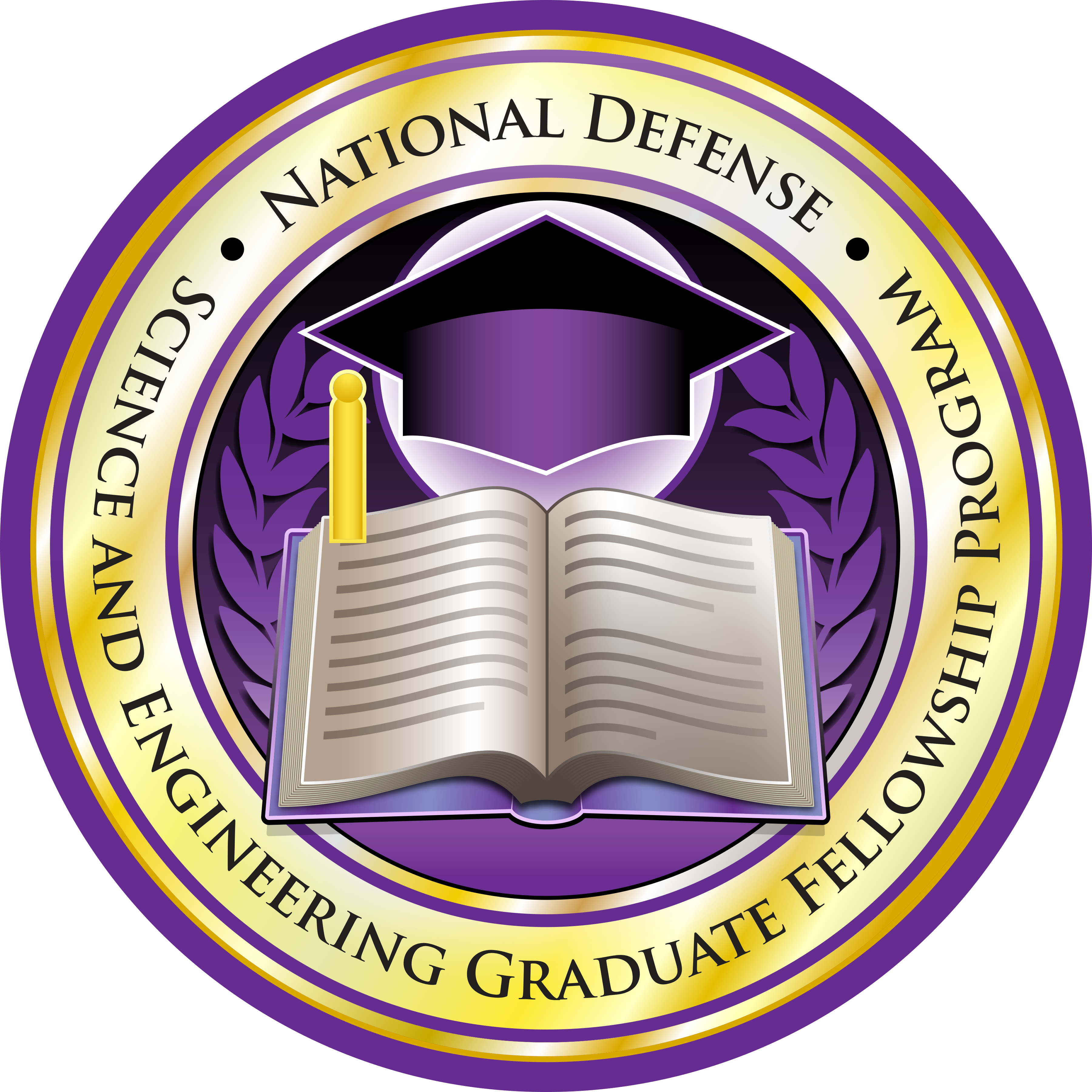Agendaof the virtual event schedule
Agenda
Welcome
A Welcome Greeting from DoD Tri-Service Agency Representatives

Ellen Robinson
Air Force Office of Scientific Research (AFOSR)
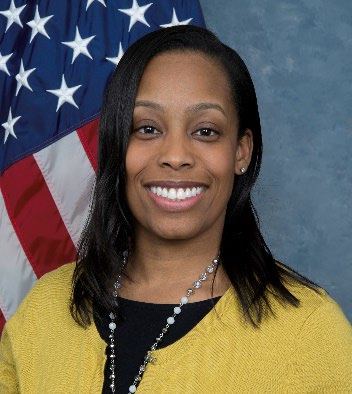
Ivory Chaney
Army Research Laboratory-Army Research Office (ARO)

William Ellis
Office of Naval Research
Speed Research

Ellen Robinson
Air Force Office of Scientific Research (AFOSR)

Ivory Chaney
Army Research Laboratory-Army Research Office (ARO)
Senior Leaders Discussions
BREAK
DoD Agency Breakouts

Ellen Robinson
Air Force Office of Scientific Research (AFOSR)
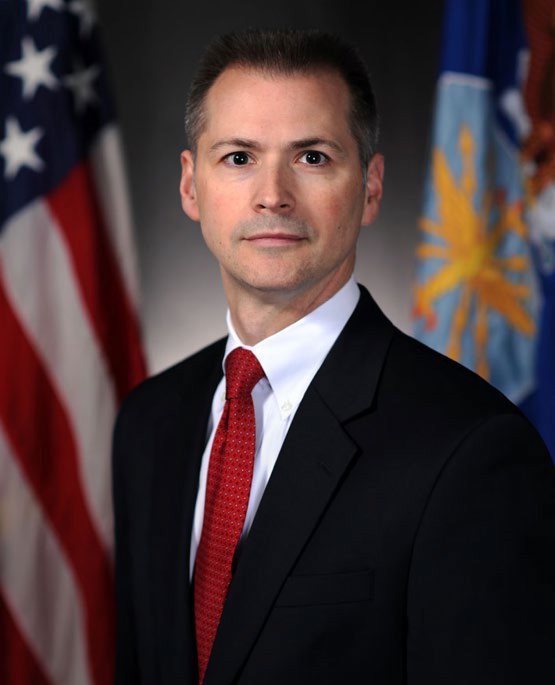
Kevin Geiss, PhD
Air Force Research Laboratory (AFRL)/Air Force Office of Scientific Research
DoD Agency Breakouts

Ivory Chaney
Army Research Laboratory-Army Research Office (ARO)
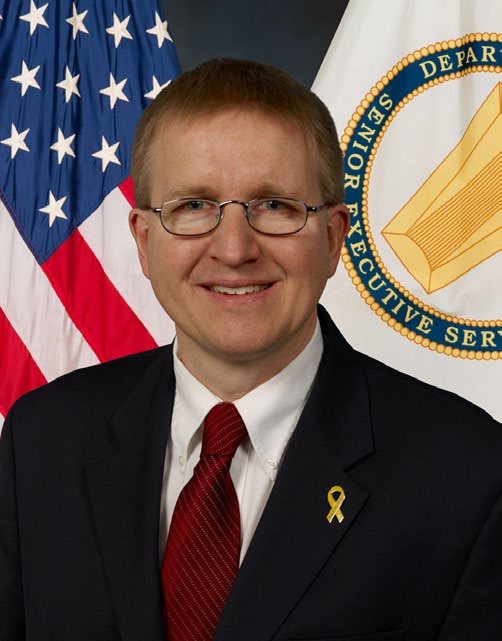
Patrick Baker, PhD
DEVCOM Army Research Laboratory
DoD Agency Breakouts

William Ellis
Office of Naval Research
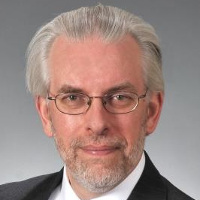
Peter Matic, PhD
US Naval Research Laboratory
Attendee and Career Fair/Exhibitor Registration
Opening Ceremonies
08:00 - 08:10 National Anthem (Presentation of Colors)
08:00 - 08:15 DoD Formal Welcome & Conference Purpose: Ellen Robinson
08:15 - 08:20 Introduction of Guest Speaker: Ellen Robinson
08:20 - 08:50 Guest Speaker: Dr. Aprille Ericsson, Assistant Secretary of Defense for Science and Technology
08:50 - 09:00 Ceremony Wrap Up

Ellen Robinson
Air Force Office of Scientific Research (AFOSR)

Aprille Ericsson, PhD
Office of the Secretary of Defense (OSD)
Former Fellows Panel

Andreas Schmitt-Sody, PhD
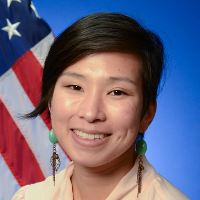
Kimberly Jacoby Morris, PhD
Air Force Office of Scientific Research (AFOSR)
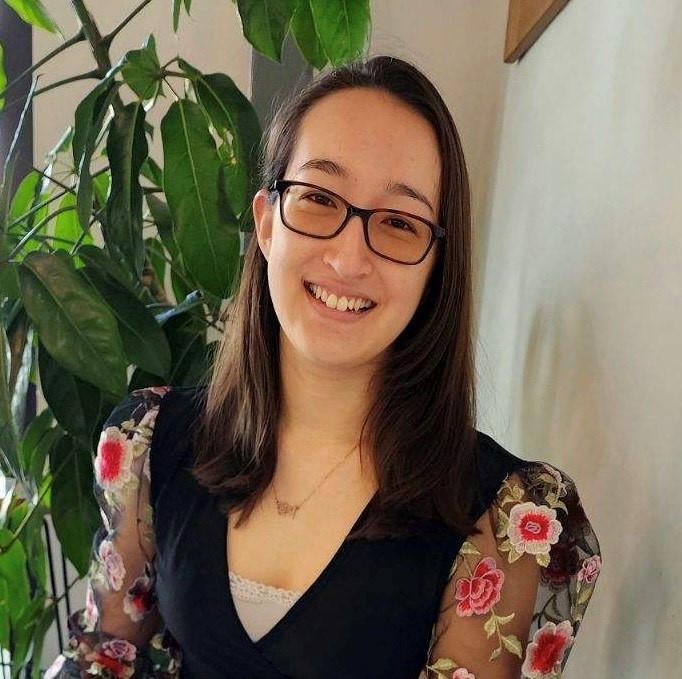
Lily Neff, PhD
Walter Reed Army Institute of Research
David Gonzalez, PhD
Office of Naval Research
BREAK
Former Fellows Panel

Karen DeMille, PhD
Air Force Research Laboratory (AFRL)
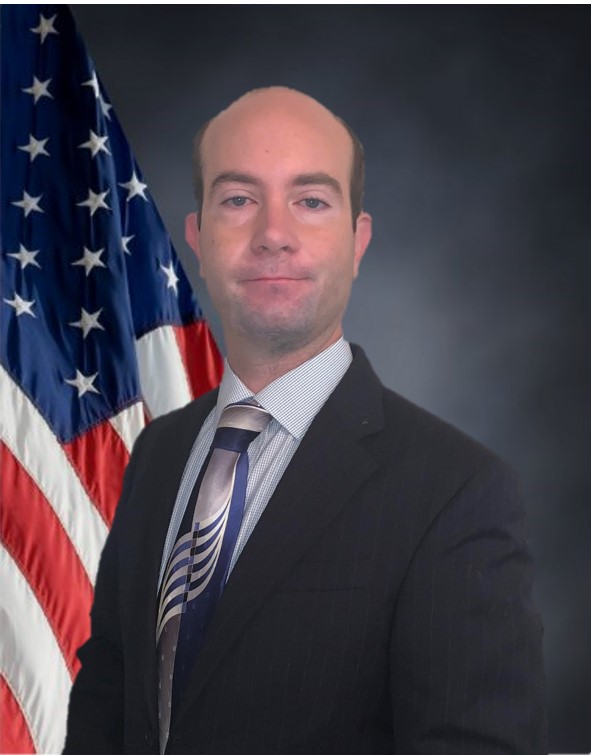
Francis Phillips, PhD
DEVCOM Army Research Laboratory
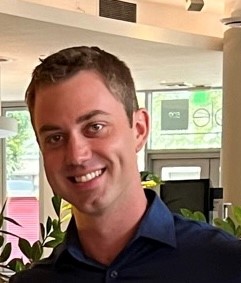
Benjamin Whitmore, PhD
Naval Information Warfare Center (NIWC) - Pacific
Early Career Panel
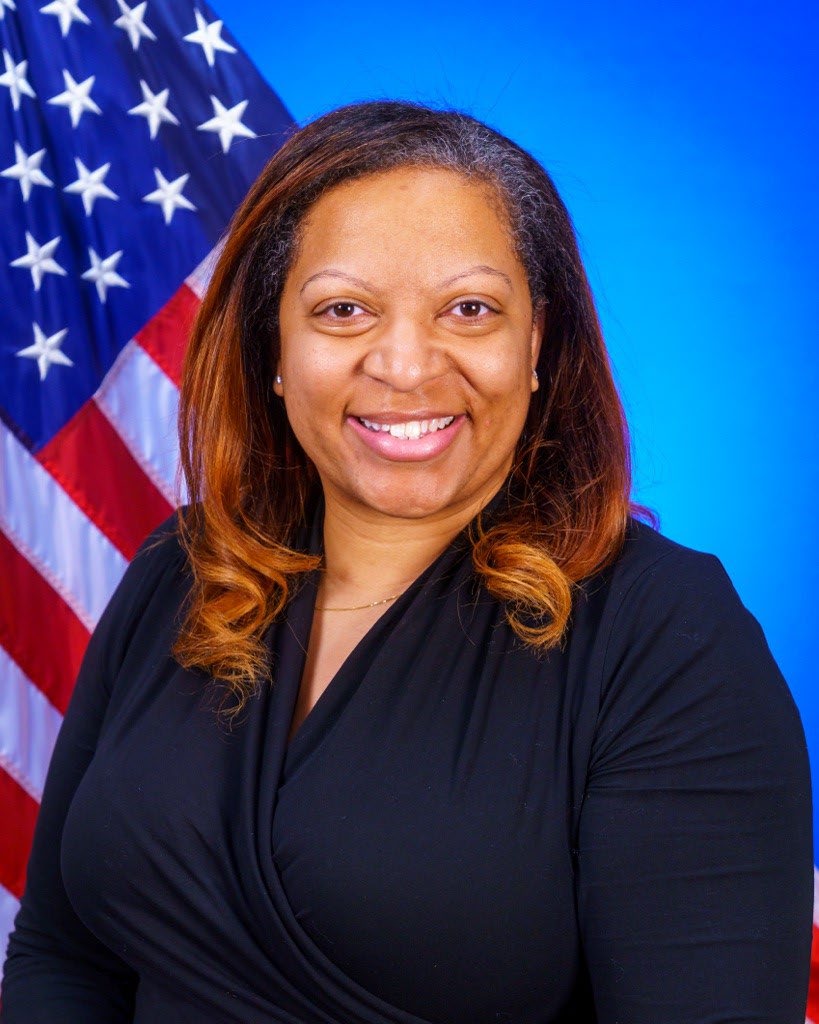
LaShauna Evans, PhD
Air Force Office of Scientific Research

Jessica Jones, PhD
Office of Naval Research Global Tech Solutions
Joe Fortenbaugh, PhD
AFRL Early Career Fellow

Nathaniel Bridges, PhD
United States Air Force
LUNCH
Lunch Panel Discussion

Kevin Geiss, PhD
Air Force Research Laboratory (AFRL)/Air Force Office of Scientific Research
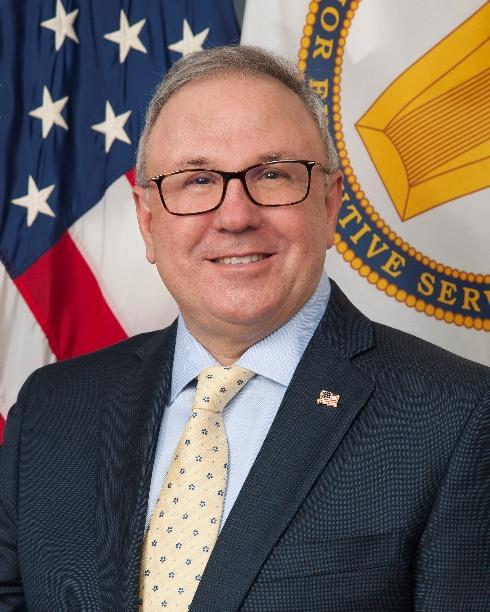
Barton Halpern, PhD
DEVCOM Army Research Laboratory
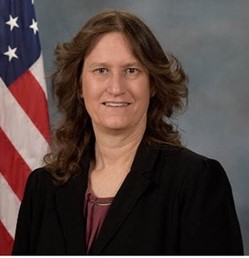
Michele Gaudreault, PhD
United States Space Force

Peter Matic, PhD
US Naval Research Laboratory
DoD Presentation
Naval Information Warfare Center (NIWC) Overview, Ms. Christina Rock
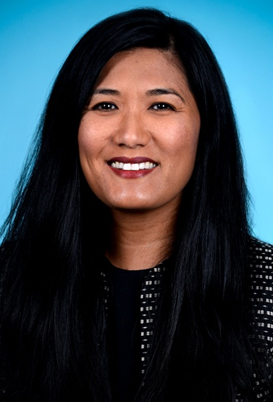
Christina Roc
Naval Information Warfare Center (NIWC) - Pacific
Poster Talks Oceanography
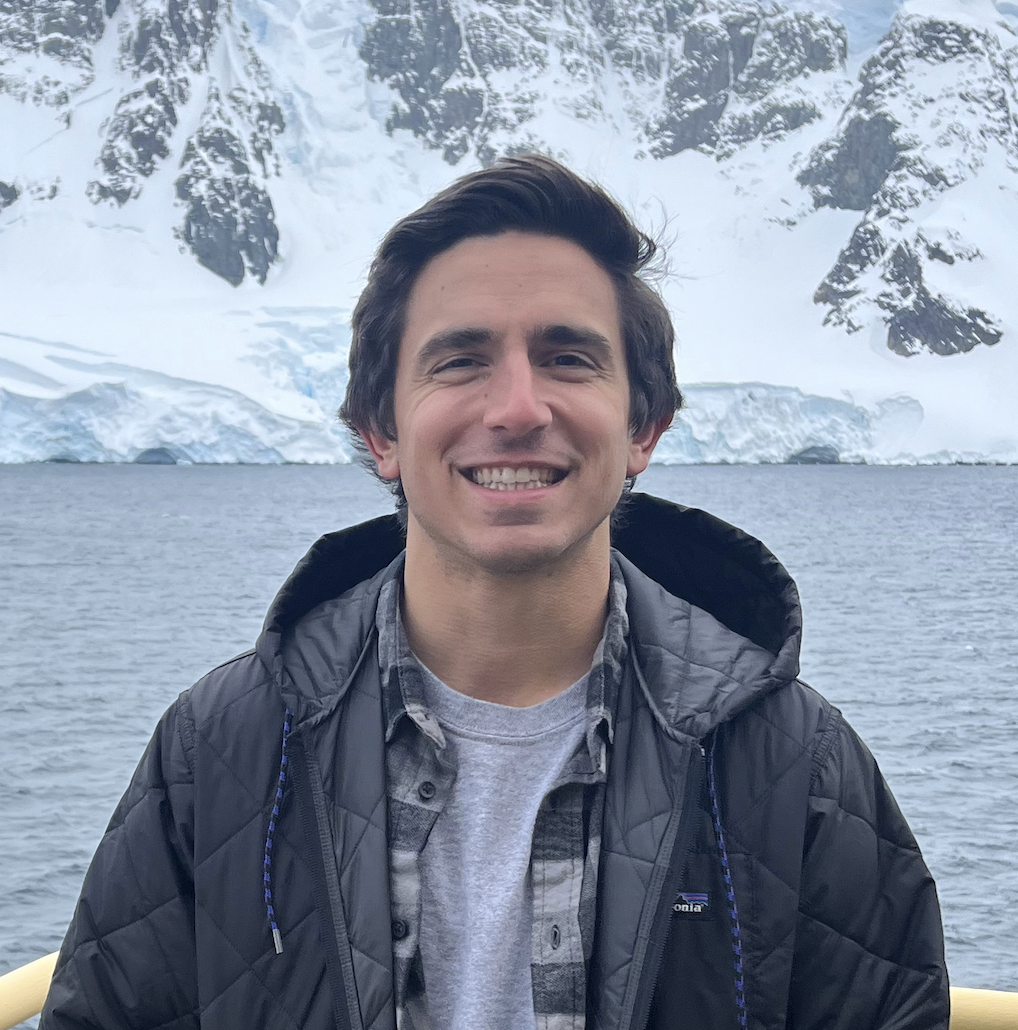
Joseph Gradone
Rutgers University
Poster Talks Geoscience
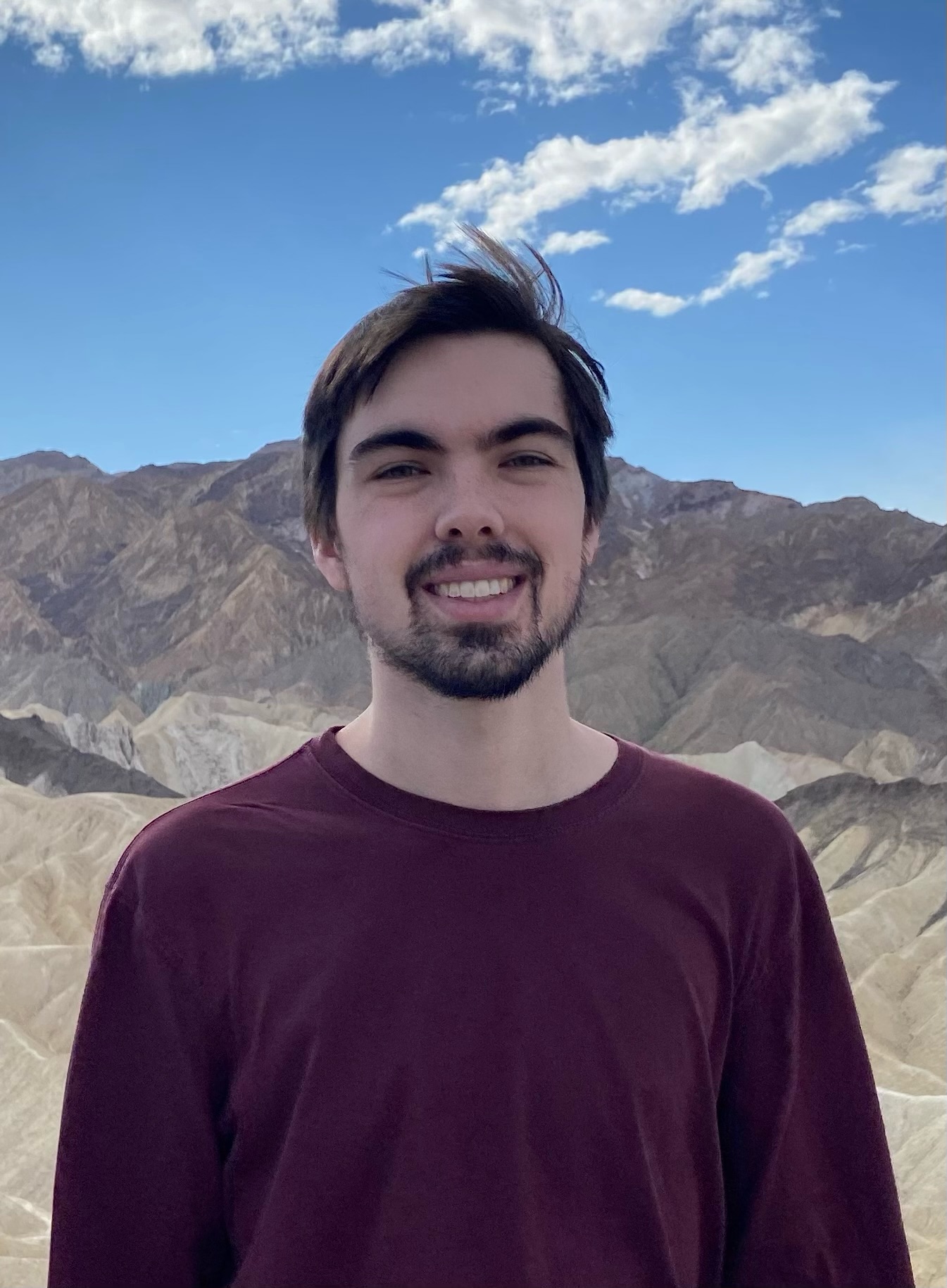
Nicholas Balasus
Harvard University
Poster Talk Cognitive Neural & Behavioral Science
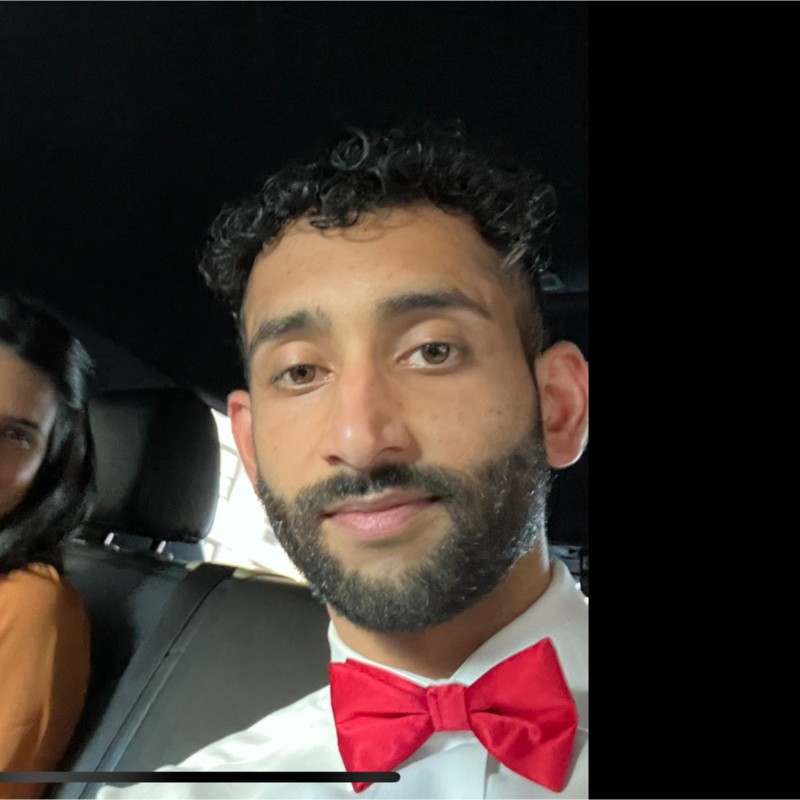
Usamma Amjad
University of Pittsburgh
Karen Tian
Poster Talks Oceanography
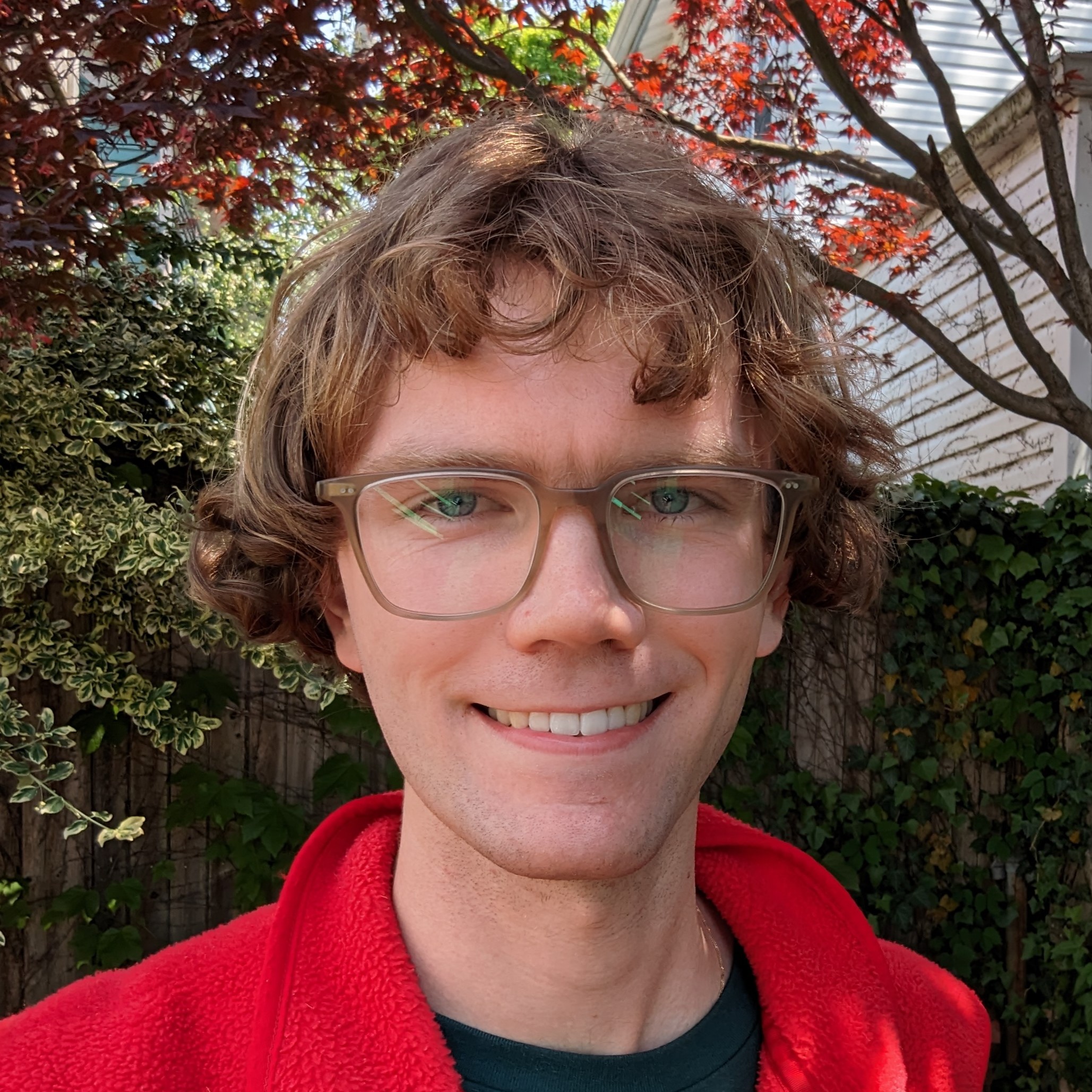
Jackson Hallveld
The University of Texas at Austin
Poster Talks Geoscience
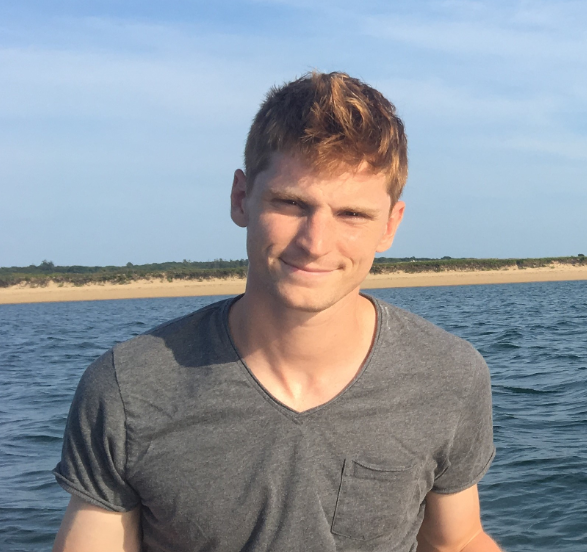
Nathaniel Cresswell-Clay
University of Washington
Poster Talk Chemical Engineering
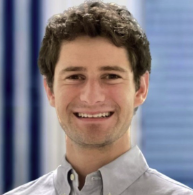
Alexander Cohen
Massachusetts Institute of Technology
Poster Talk Cognitive Neural & Behavioral Science
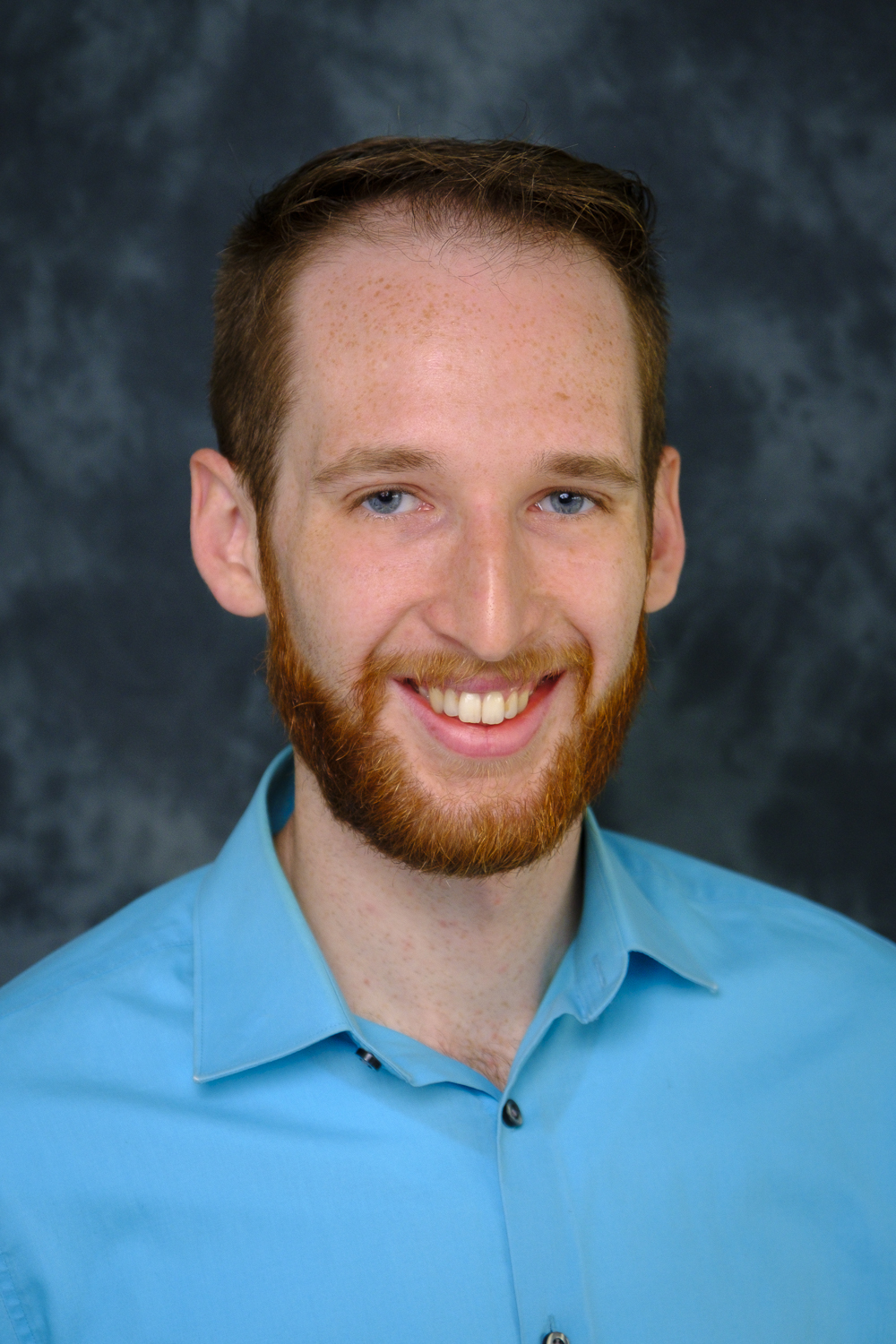
Nathan Baker
Michigan State University
DoD Presentation
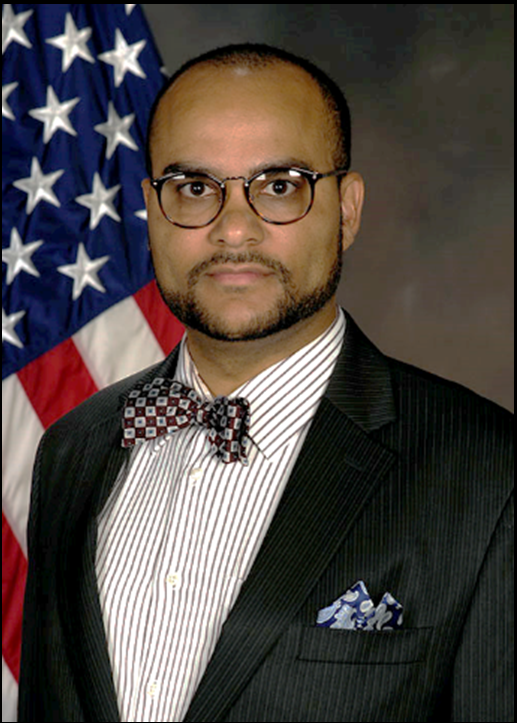
Daniel Zelik, PhD
Air Force Research Laboratory (AFRL) 711HPW
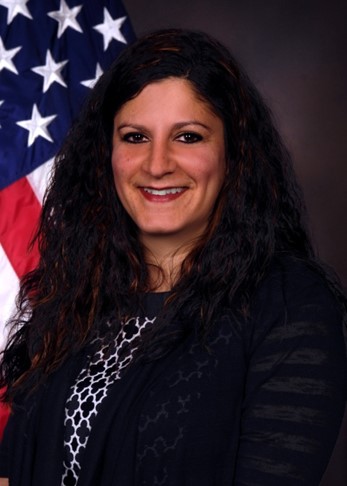
Regina Shia, PhD
Air Force Research Laboratory (AFRL)

Leslie Blaha, PhD
Air Force Office of Scientific Research/CL

Andreas Schmitt-Sody, PhD
Stanley Wenndt, PhD
Poster Talks Oceanography
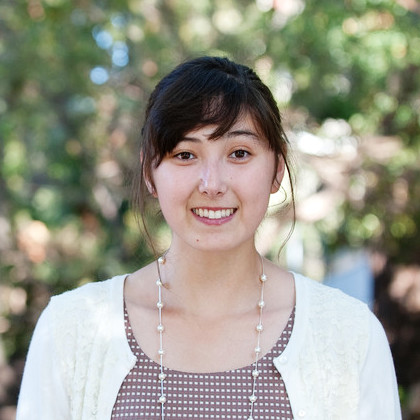
Isabel Honda
Massachusetts Institute of Technology / Woods Hole Oceanographic Institution
Poster Talks Geoscience
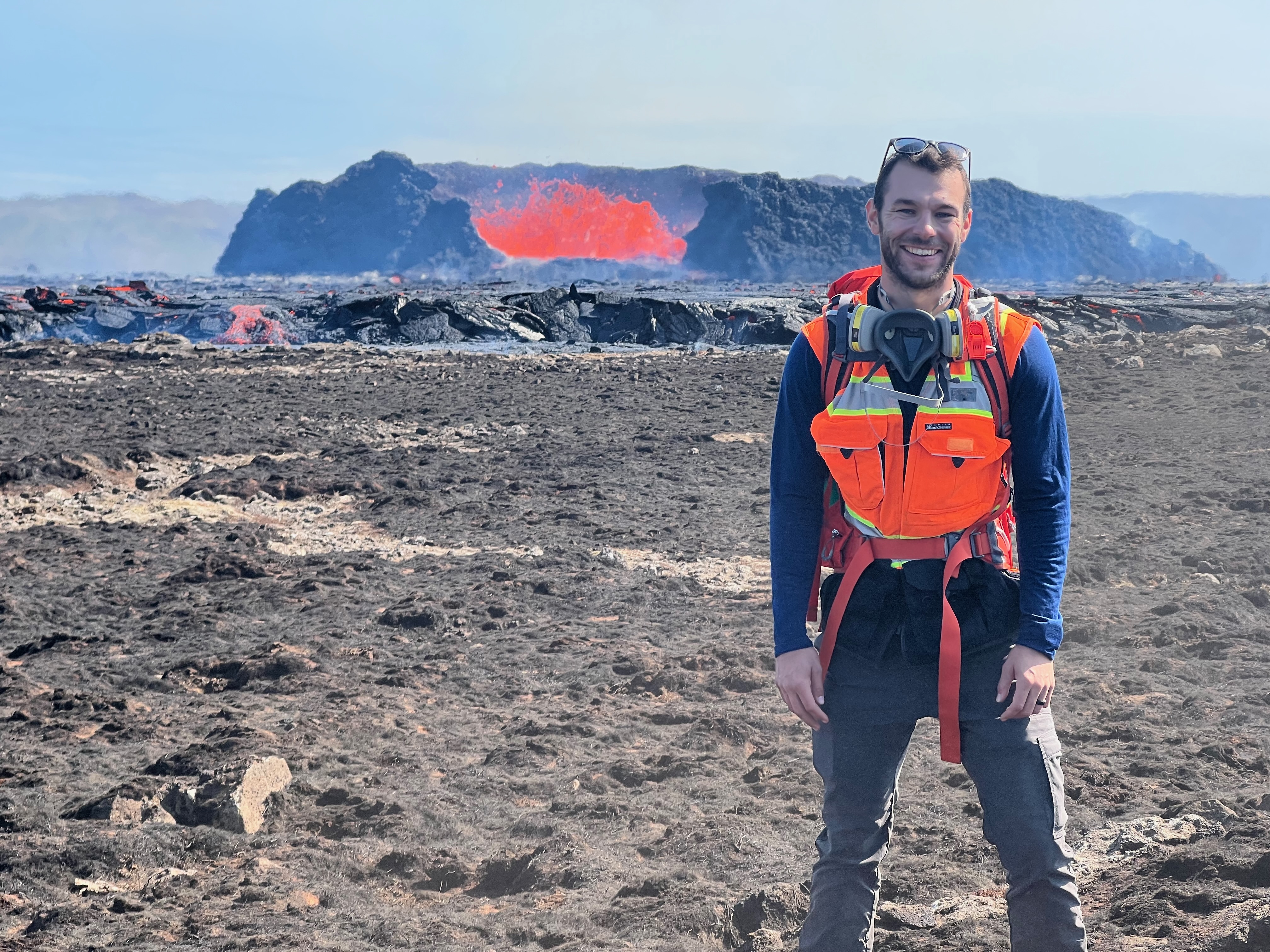
Nathan Hadland
University of Arizona
Poster Talk Chemical Engineering
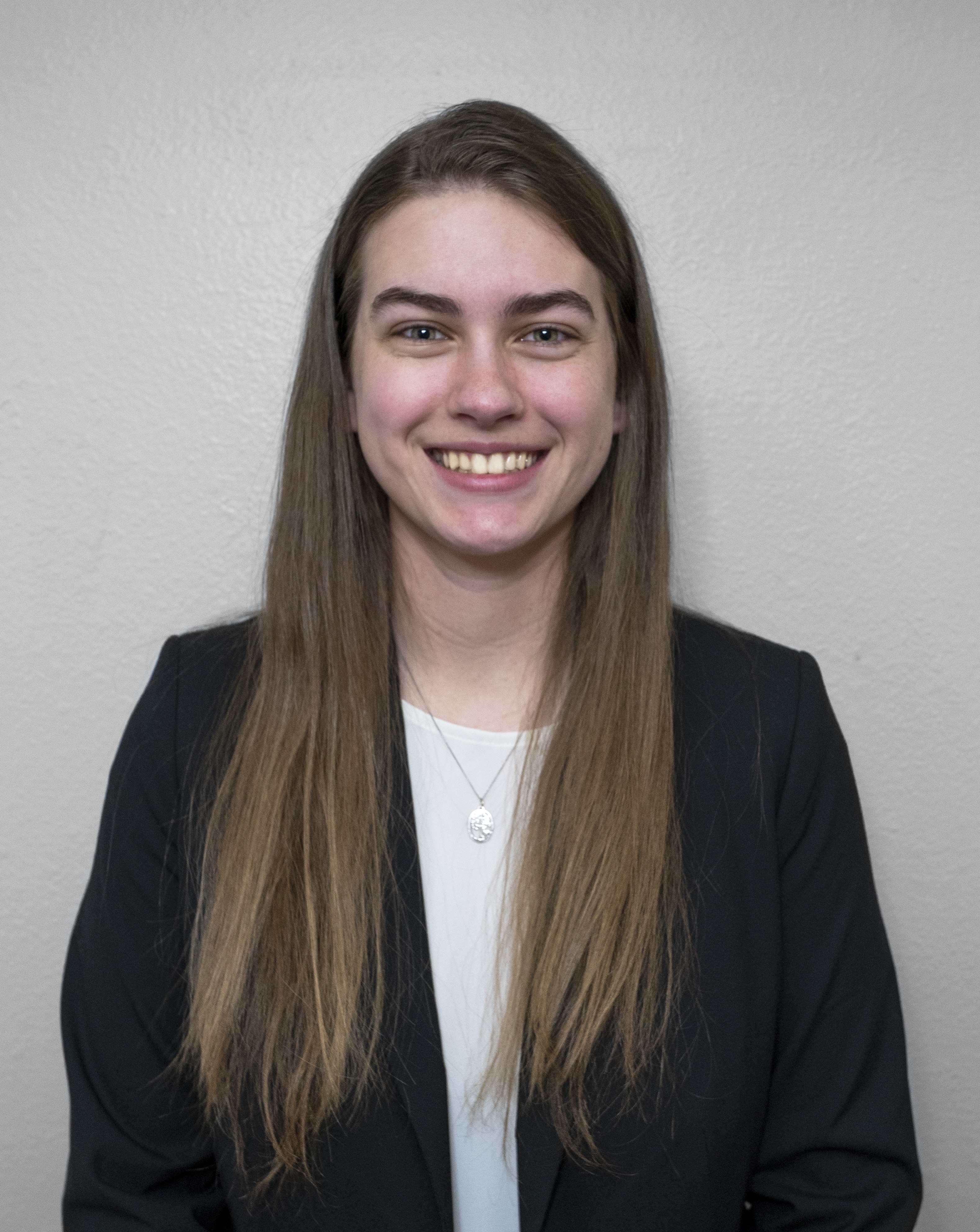
Kristin Lewis
University of Colorado Boulder
Poster Talk Cognitive Neural & Behavioral Science
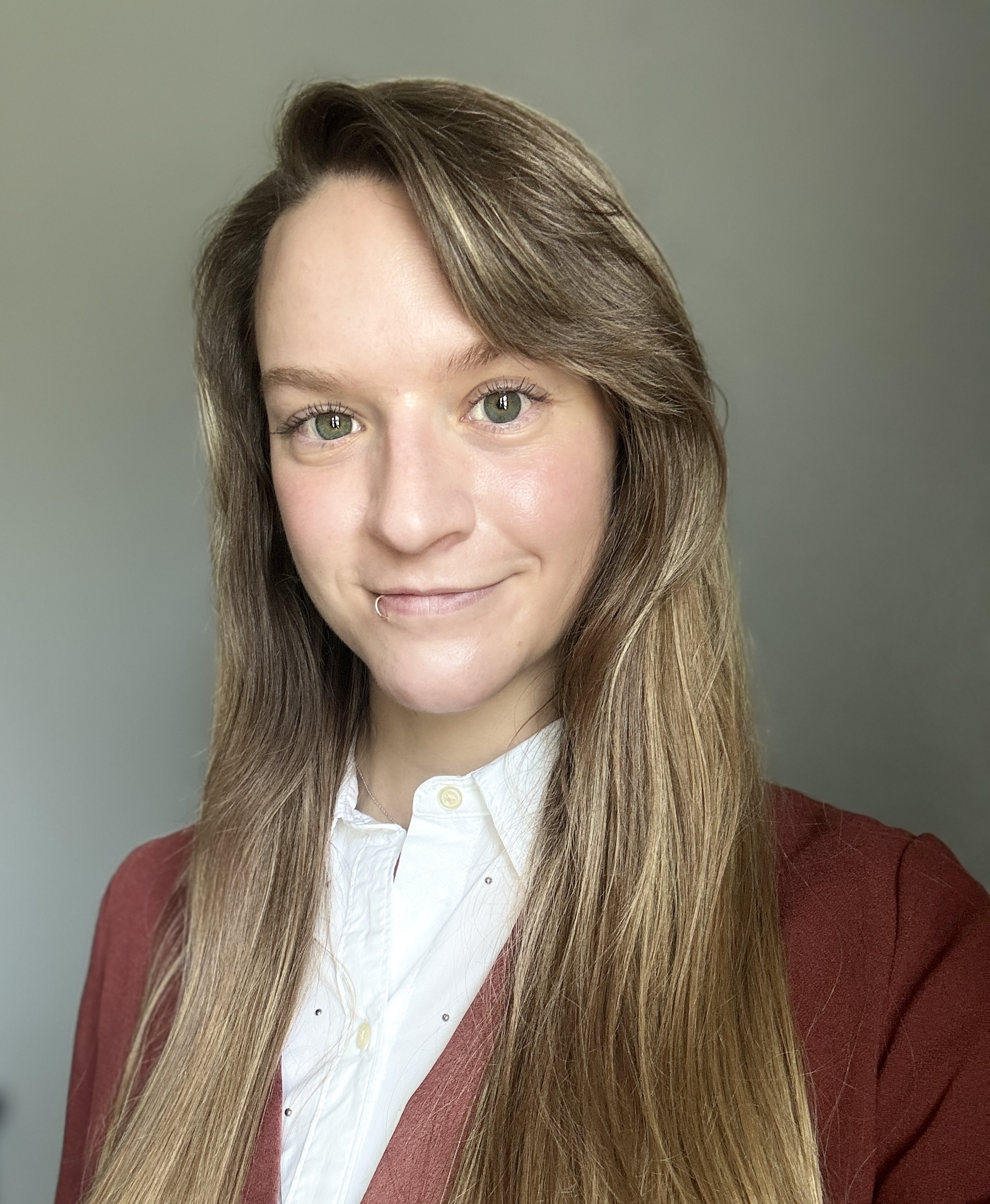
Alexa Bushinski
Purdue University
Poster Talks Oceanography
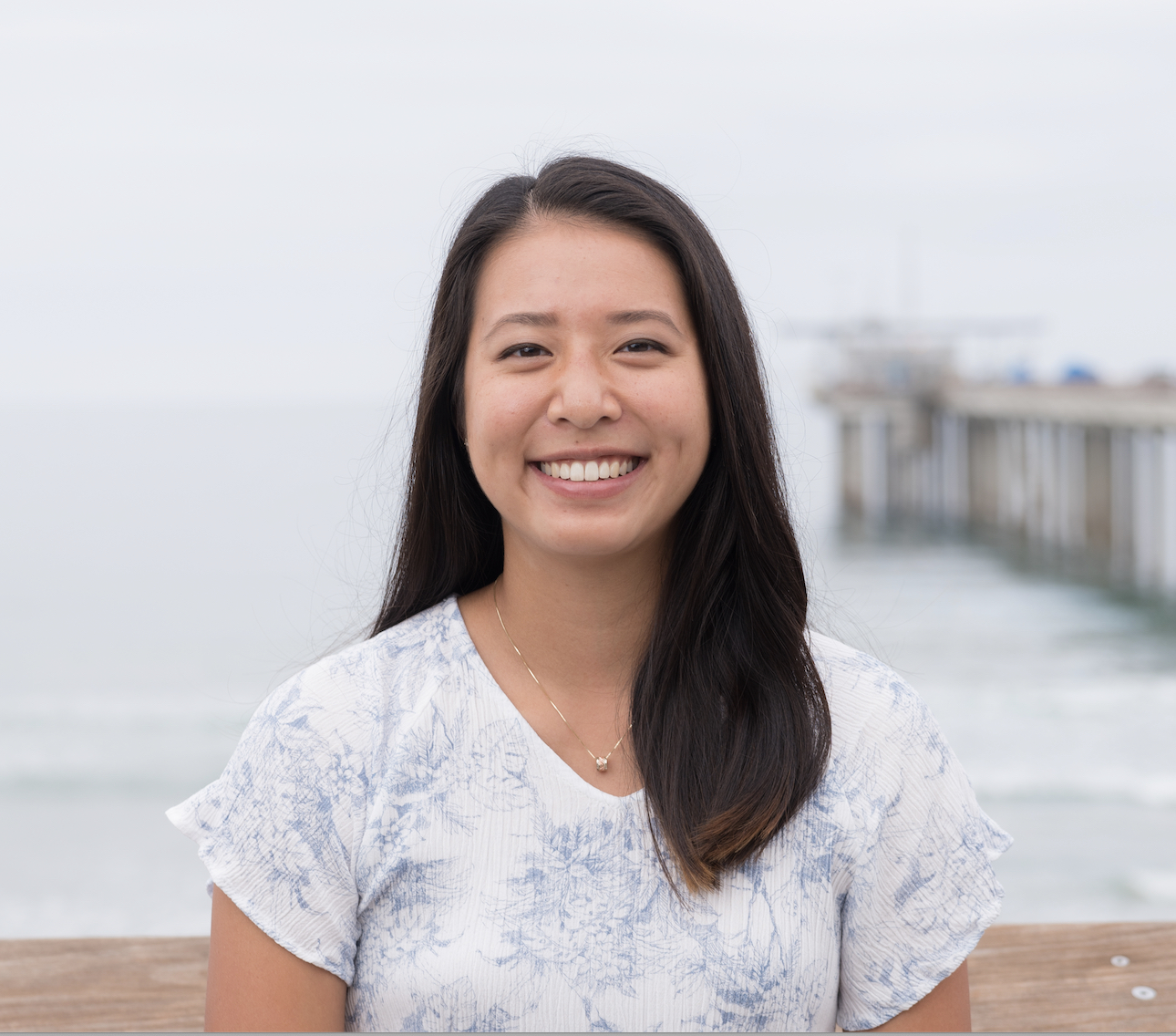
Jessica Wan
Scripps Institution of Oceanography, UC San Diego
Poster Talks Geoscience
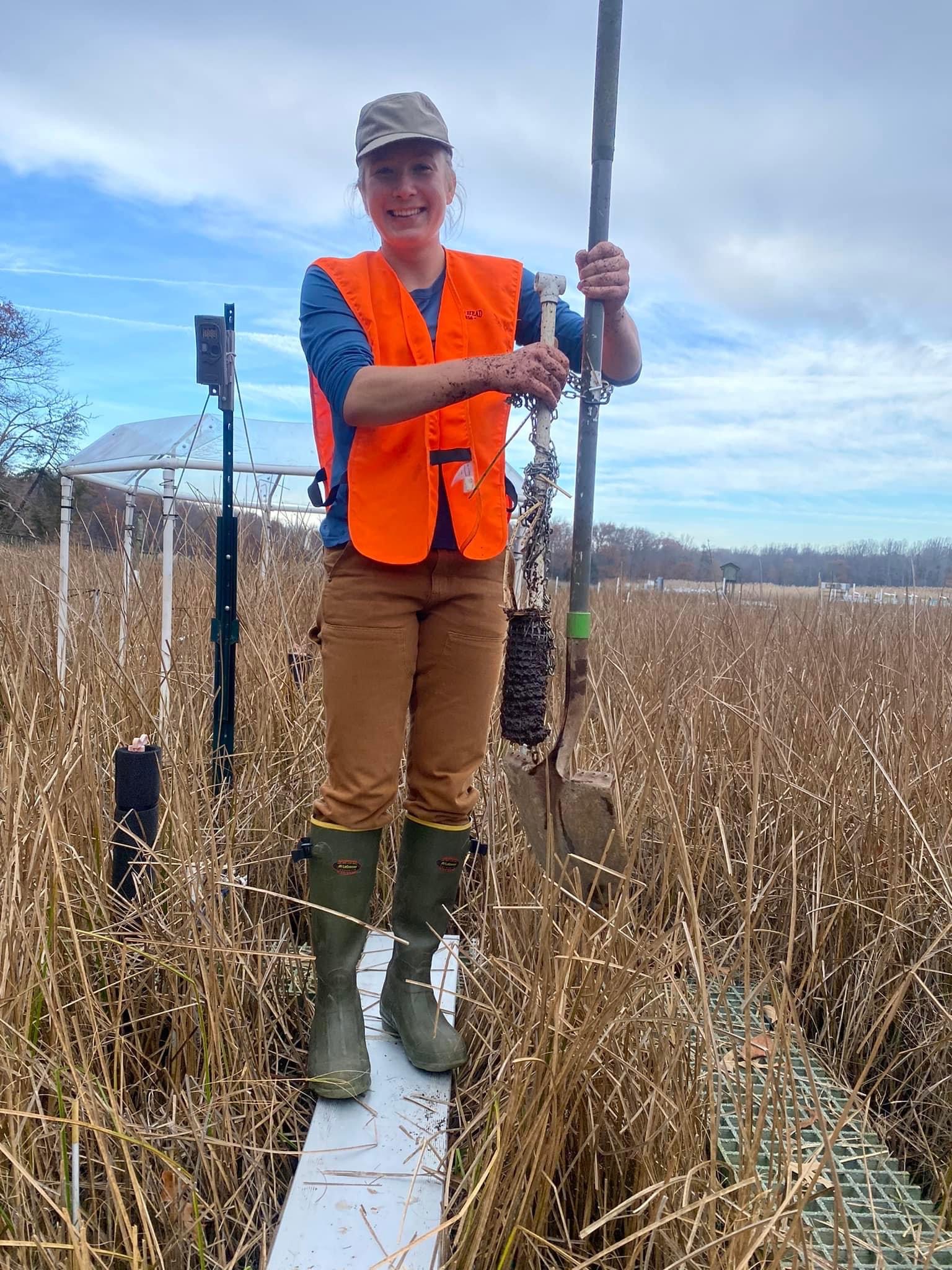
Satya Kent
Northern Arizona University
Poster Talk Chemical Engineering
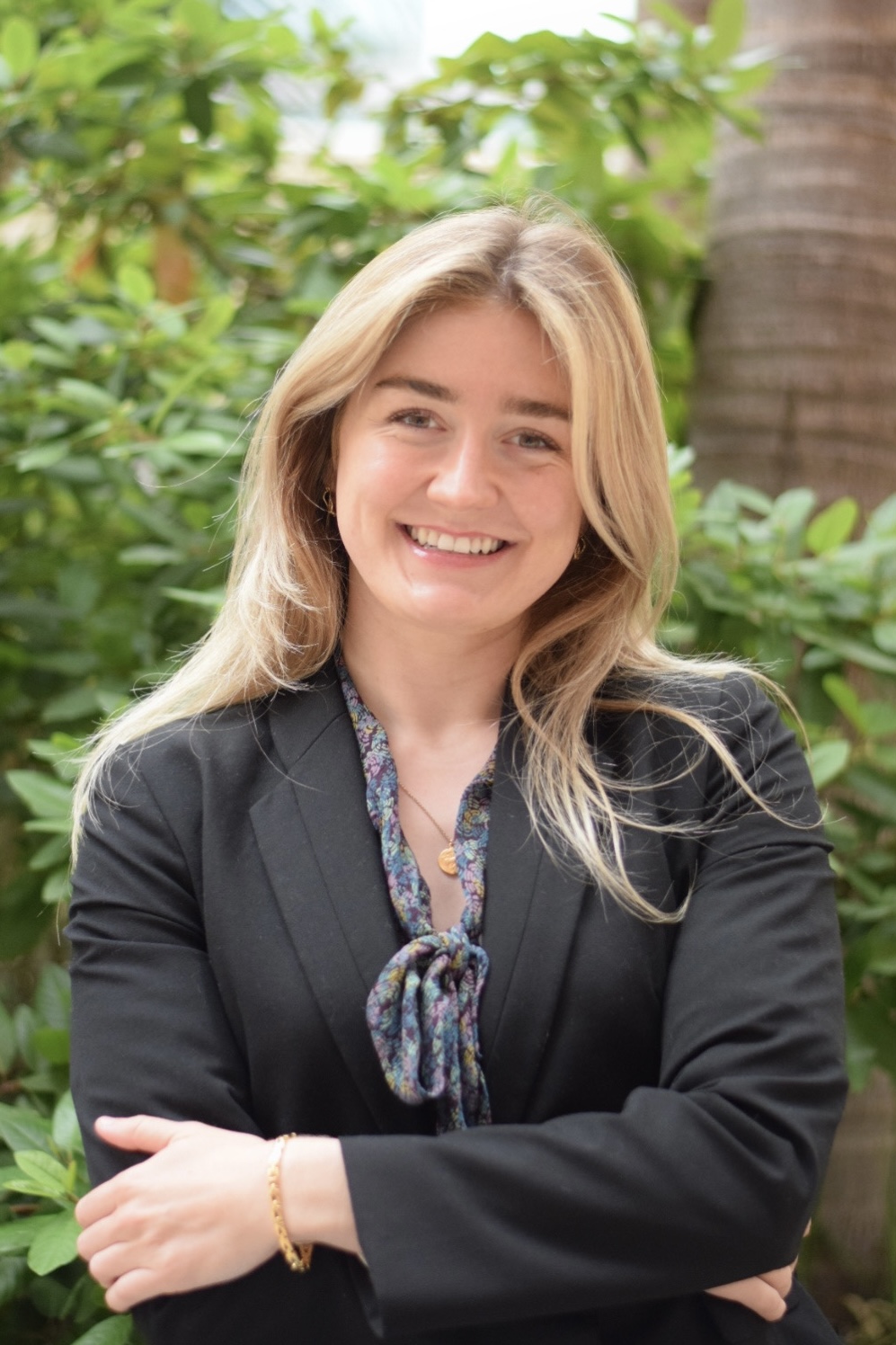
Lindsey Parsons
University of California, Los Angeles
Poster Talk Cognitive Neural & Behavioral Science
Poster Talks Oceanography
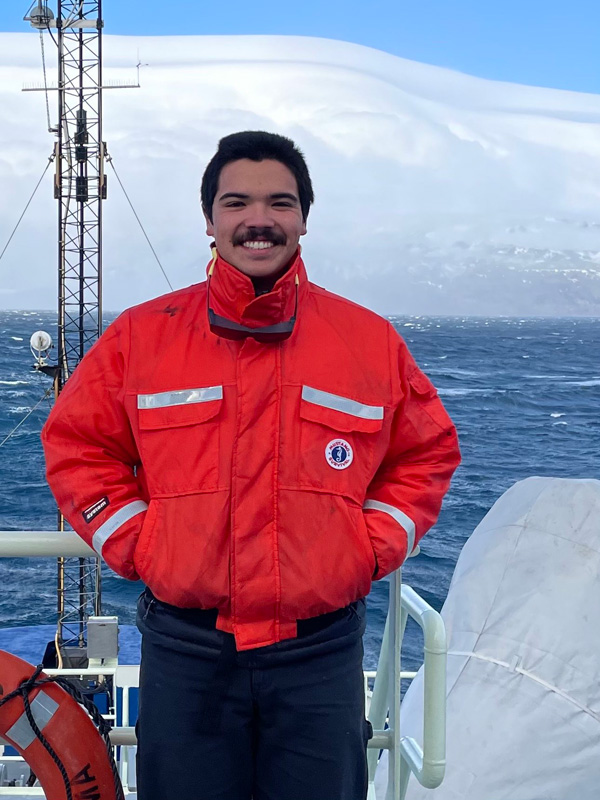
Raymond Young
Scripps Institution of Oceanography, UC San Diego
Poster Talks Geoscience
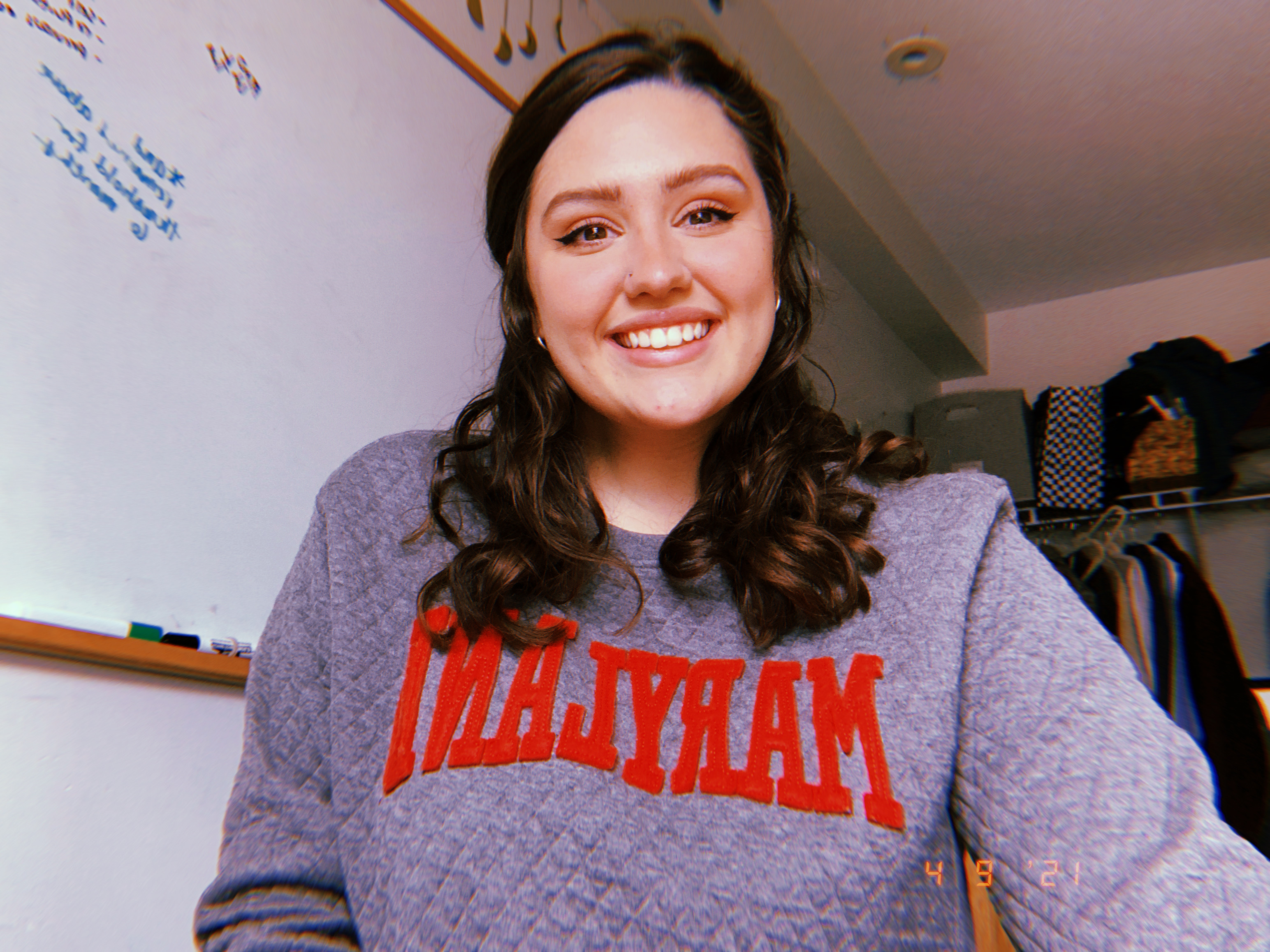
Gabrielle Linscott
University of Maryland, College Park
Poster Talk Chemical Engineering
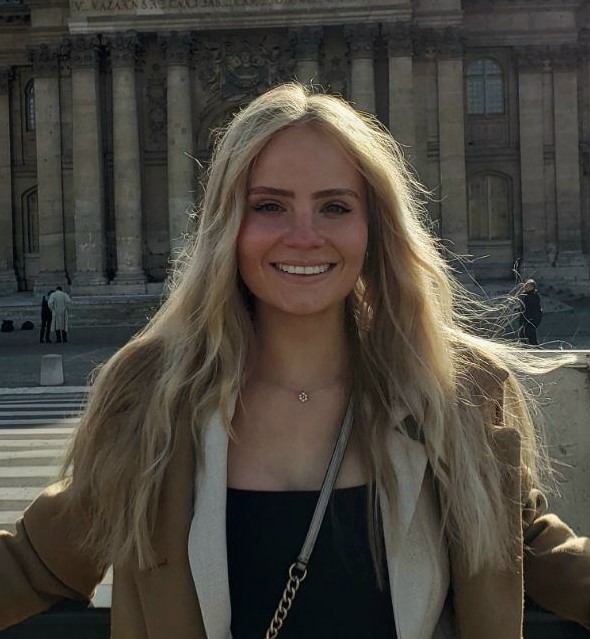
Alexis Phillips
University of Colorado Boulder
Poster Talk Cognitive Neural & Behavioral Science
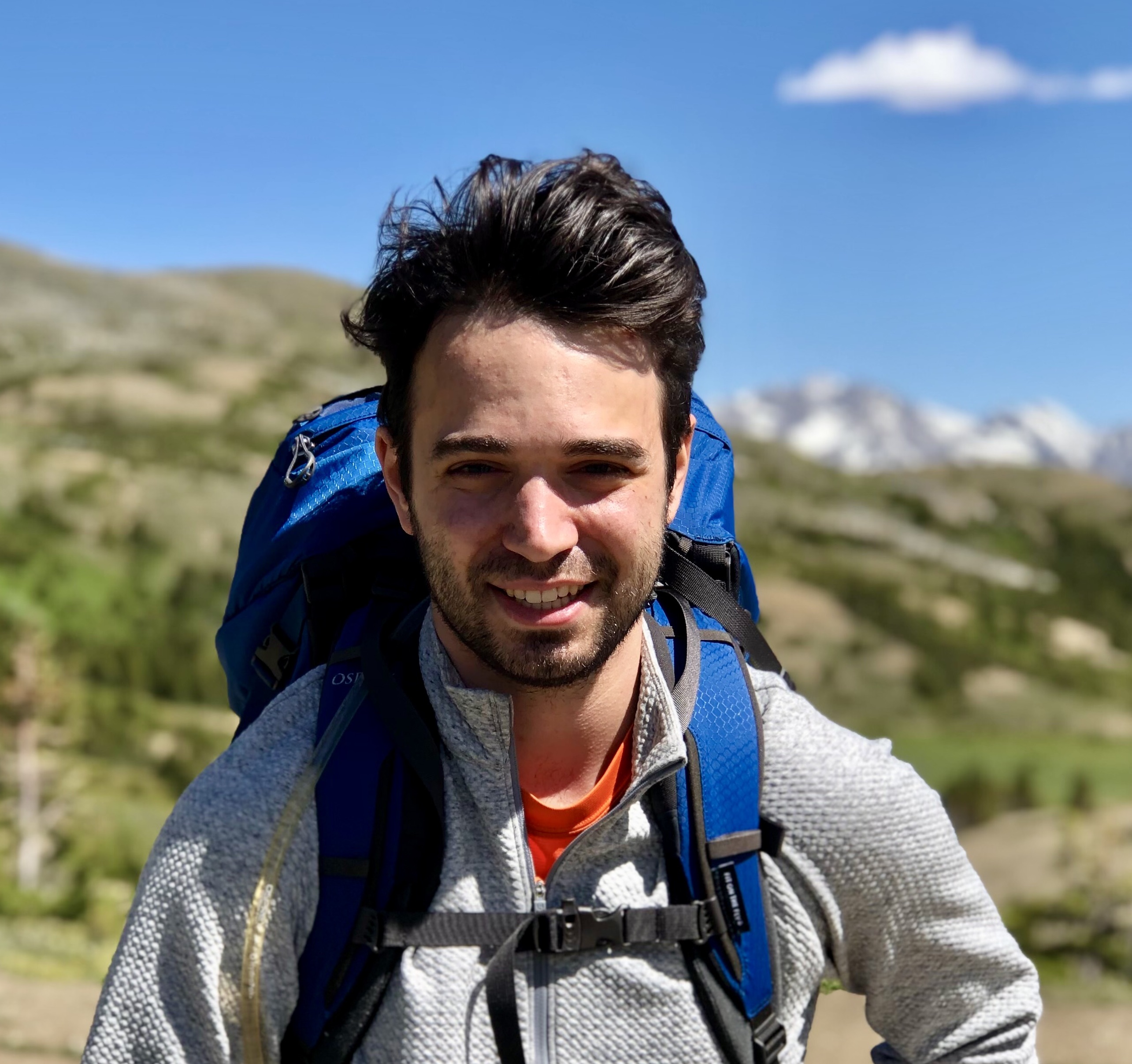
Jacob Prince
Harvard University
Poster/Exhibit Hall Open
DoD Presentation

Lily Neff, PhD
Walter Reed Army Institute of Research
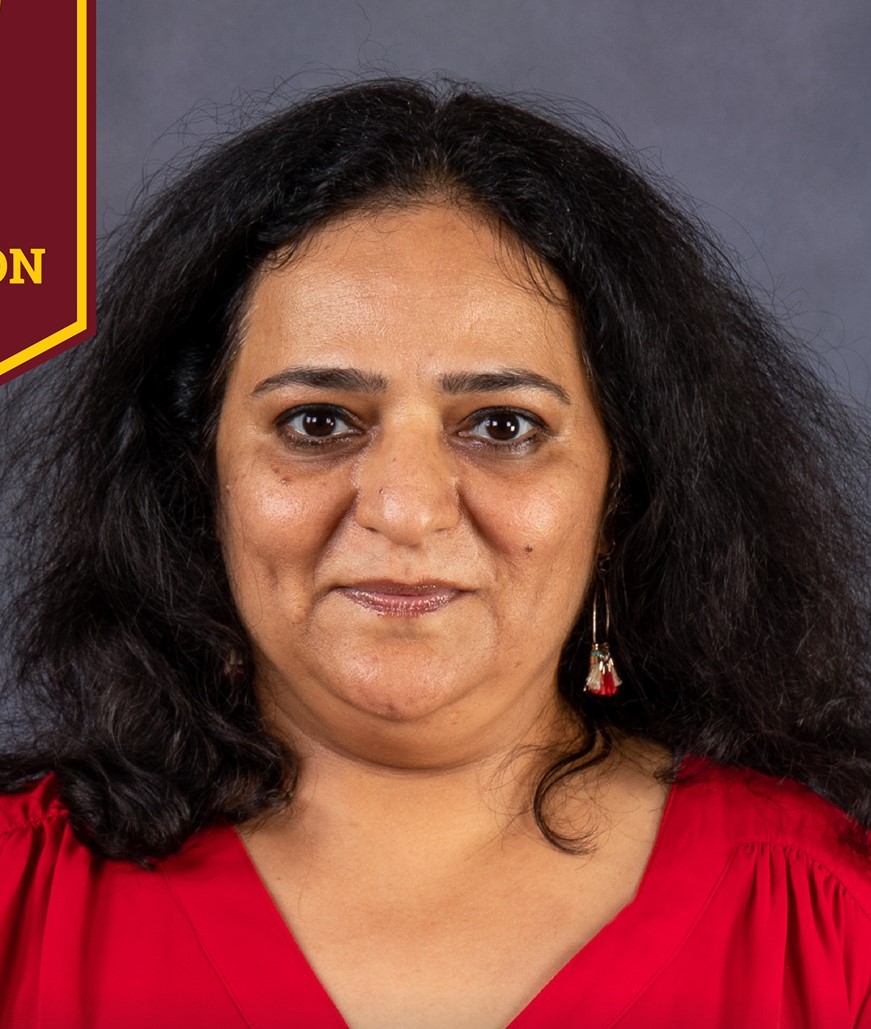
Aarti Gautam, PhD
Walter Reed Army Institute of Research (WRAIR)
Poster Talks Mathematics
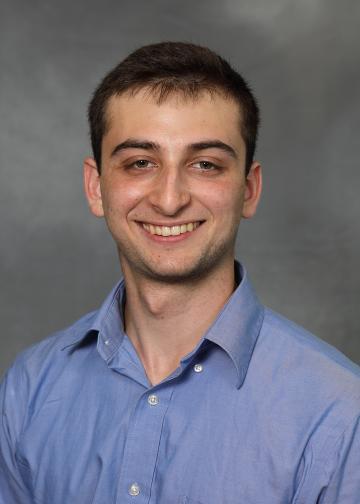
Jonah Botvinick-Greenhouse
Cornell University
Poster Talk Geoscience
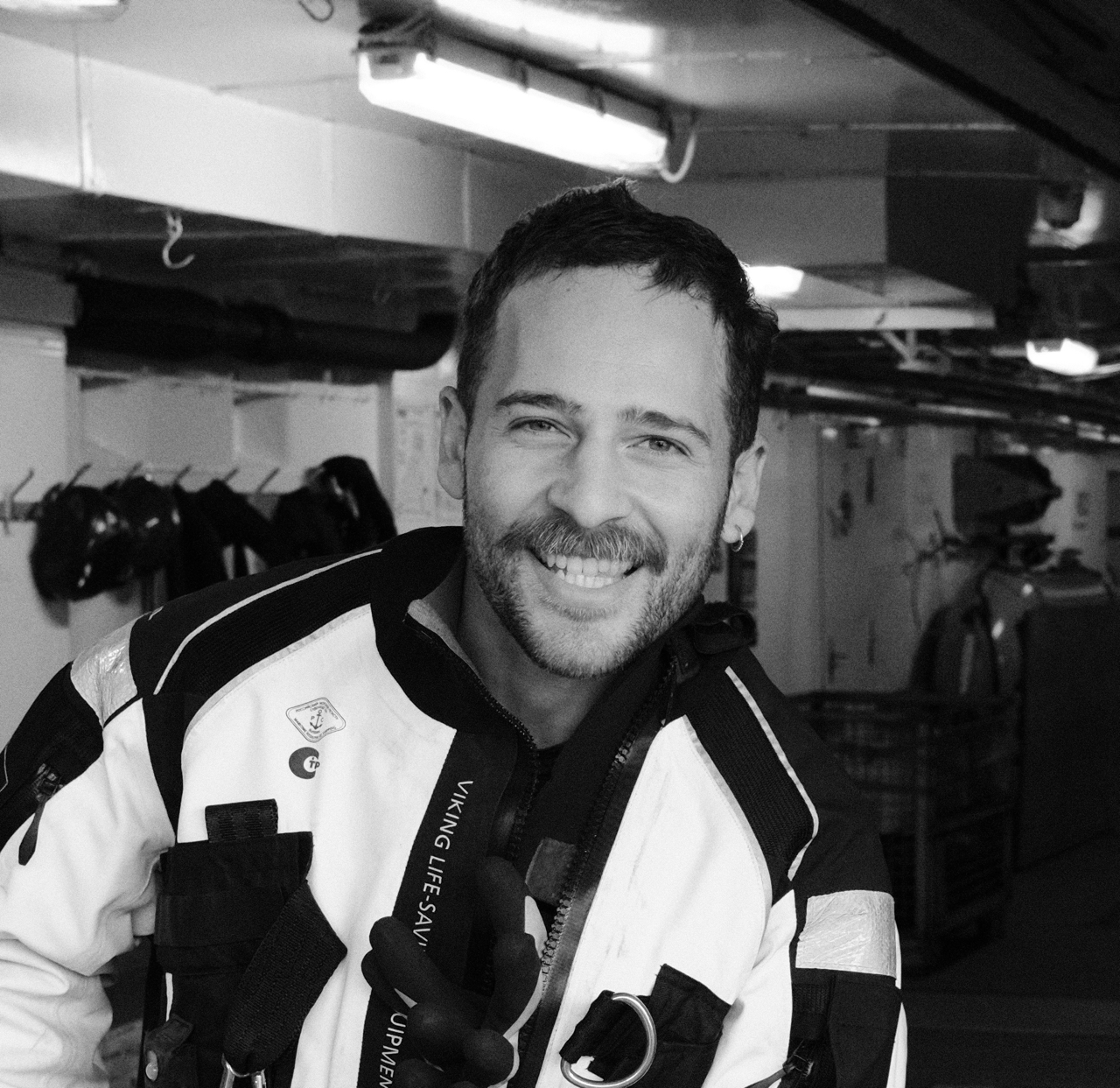
Ian Raphael
Thayer School of Engineering at Dartmouth College
Poster Talk Chemical Engineering
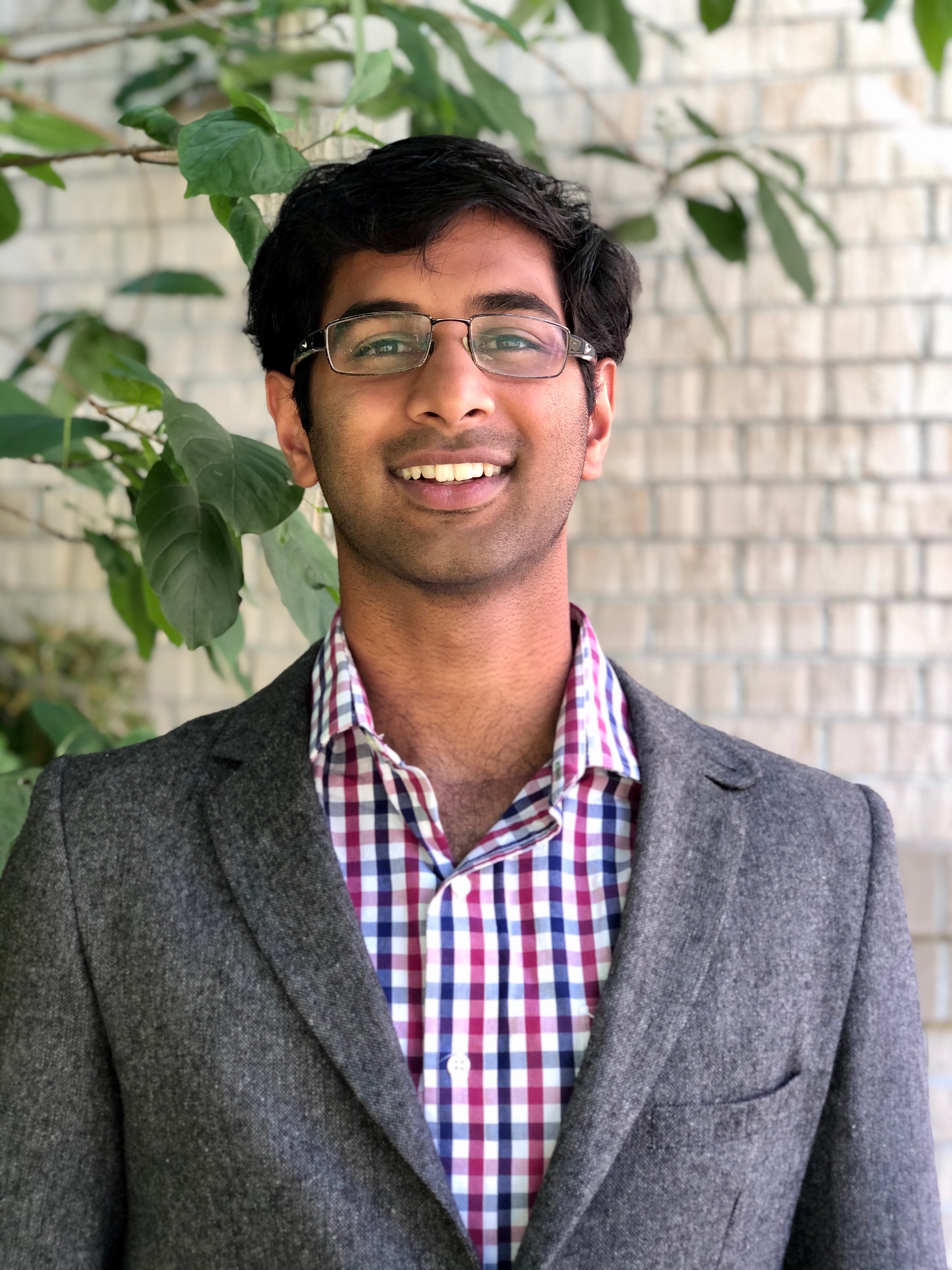
Siddharth Rajupet
University of California, Berkeley
Poster Talk Cognitive Neural & Behavioral Science
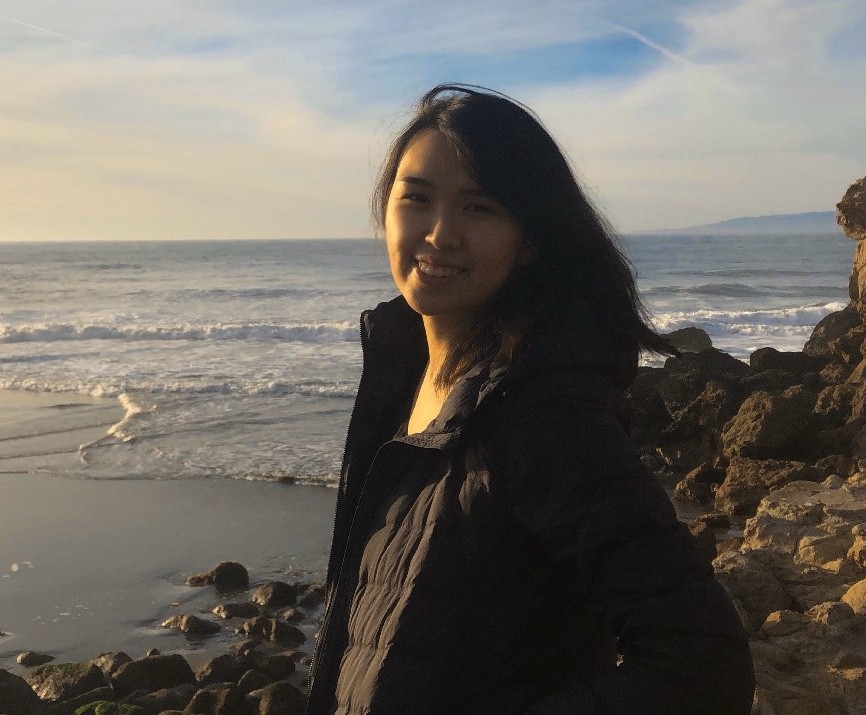
Sharon Su
Columbia University
Poster Talks Mathematics

David Cohen
Tufts University
Poster Talk Naval Architecture and Ocean Engineering
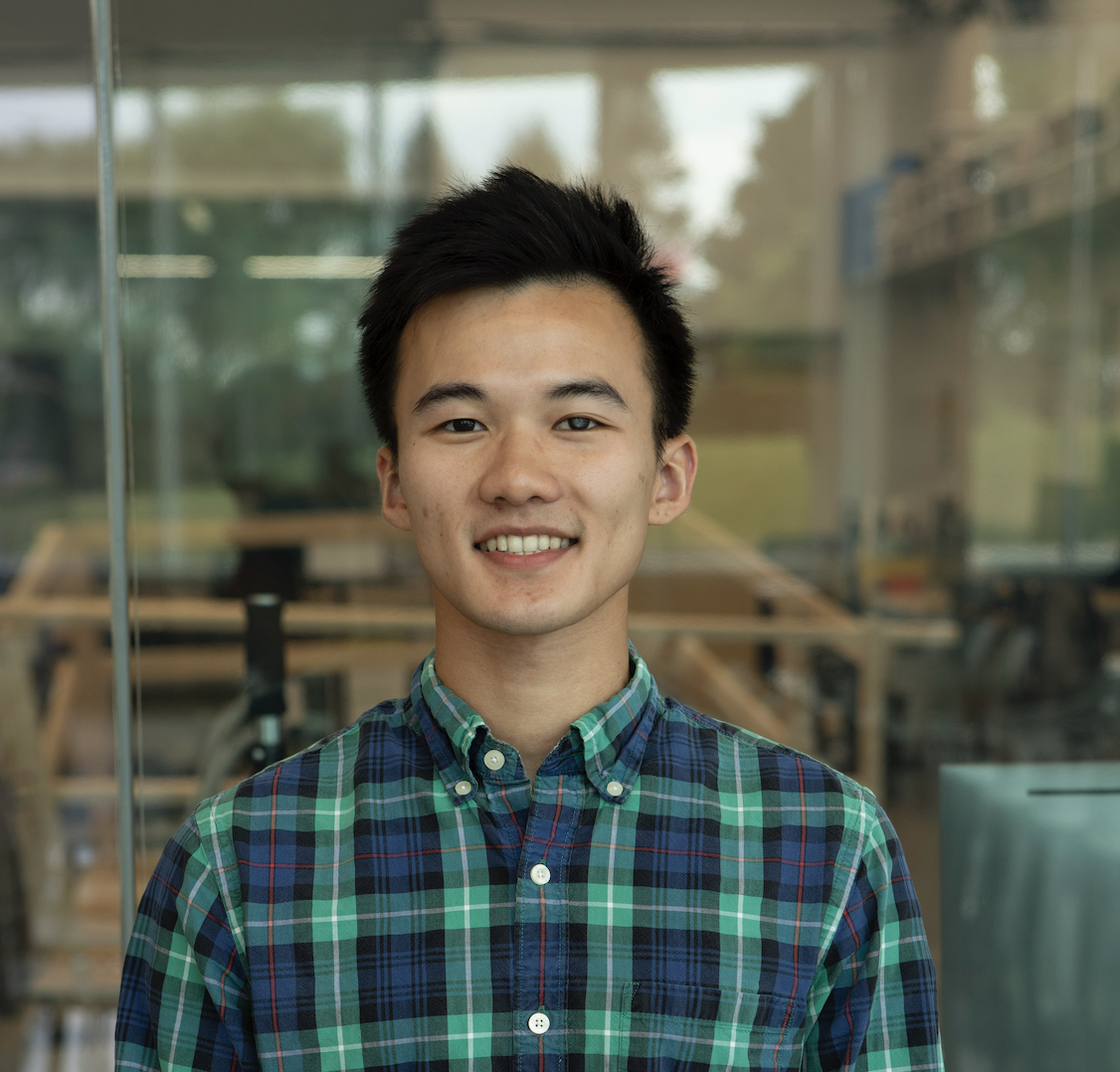
Galen Ng
University of Michigan, Ann Arbor
Poster Talk Chemical Engineering
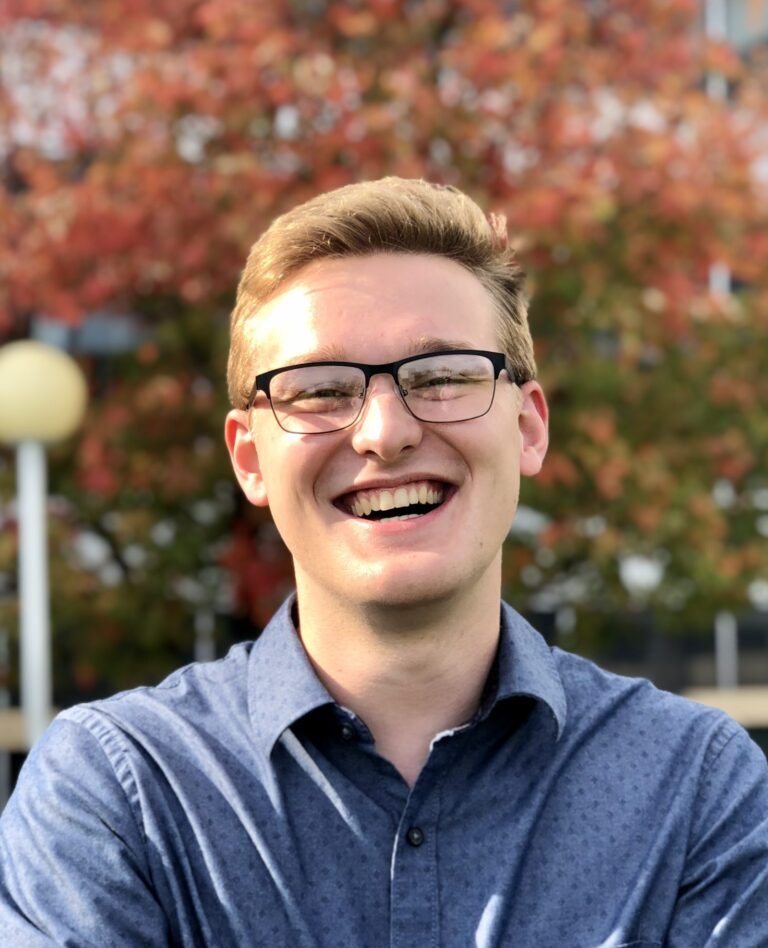
Gregory Reimonn
University of Michigan
Poster Talk Cognitive Neural & Behavioral Science
Poster Talks Mathematics
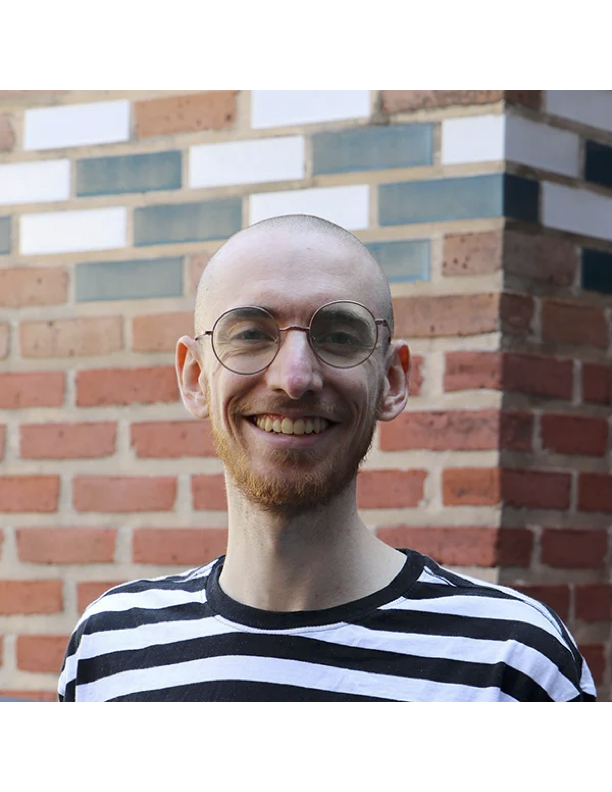
Dane Grundvig
Rice University
Poster Talk Civil Engineering
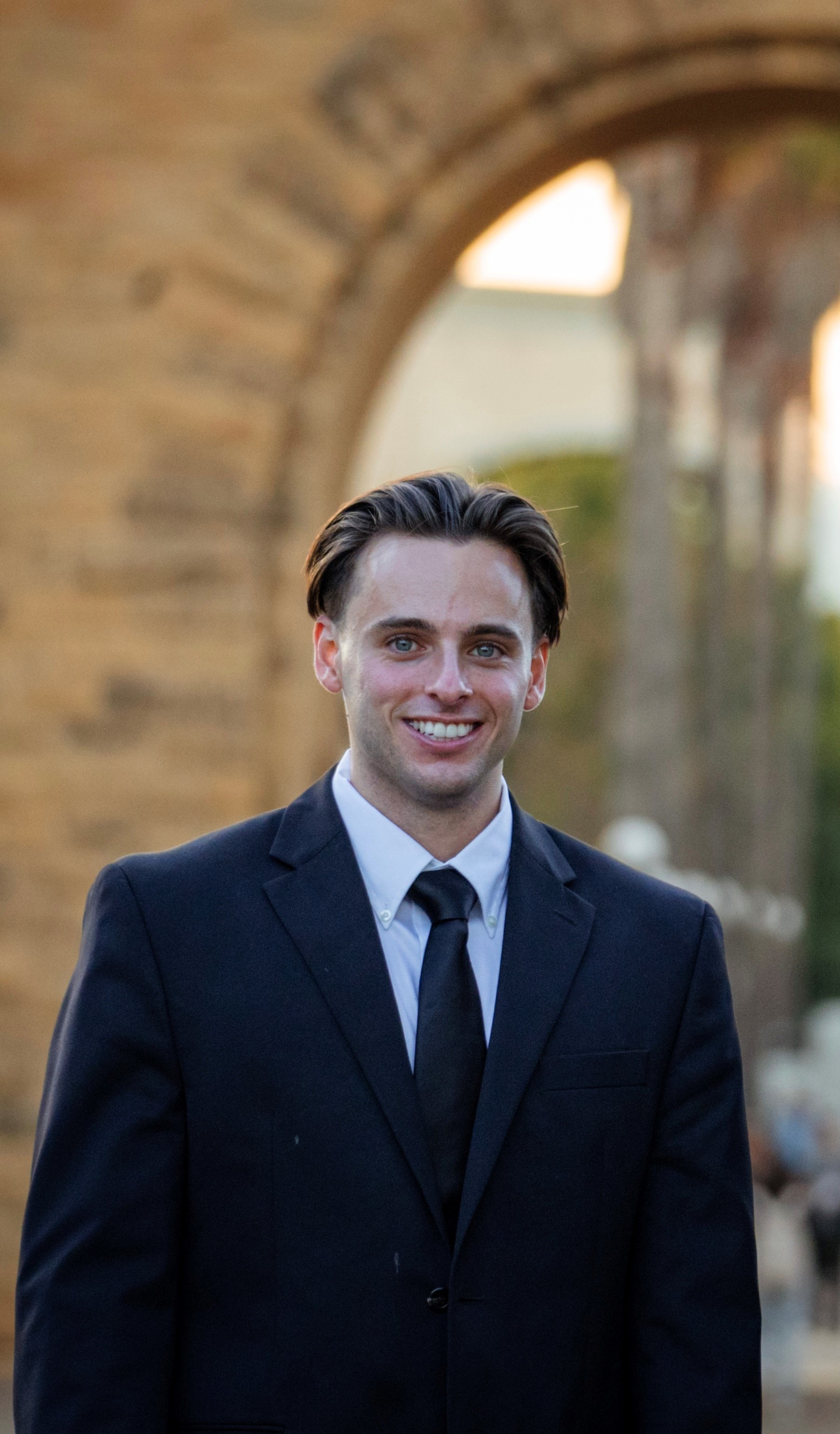
James Bantis
Stanford University
Poster Talk Chemical Engineering
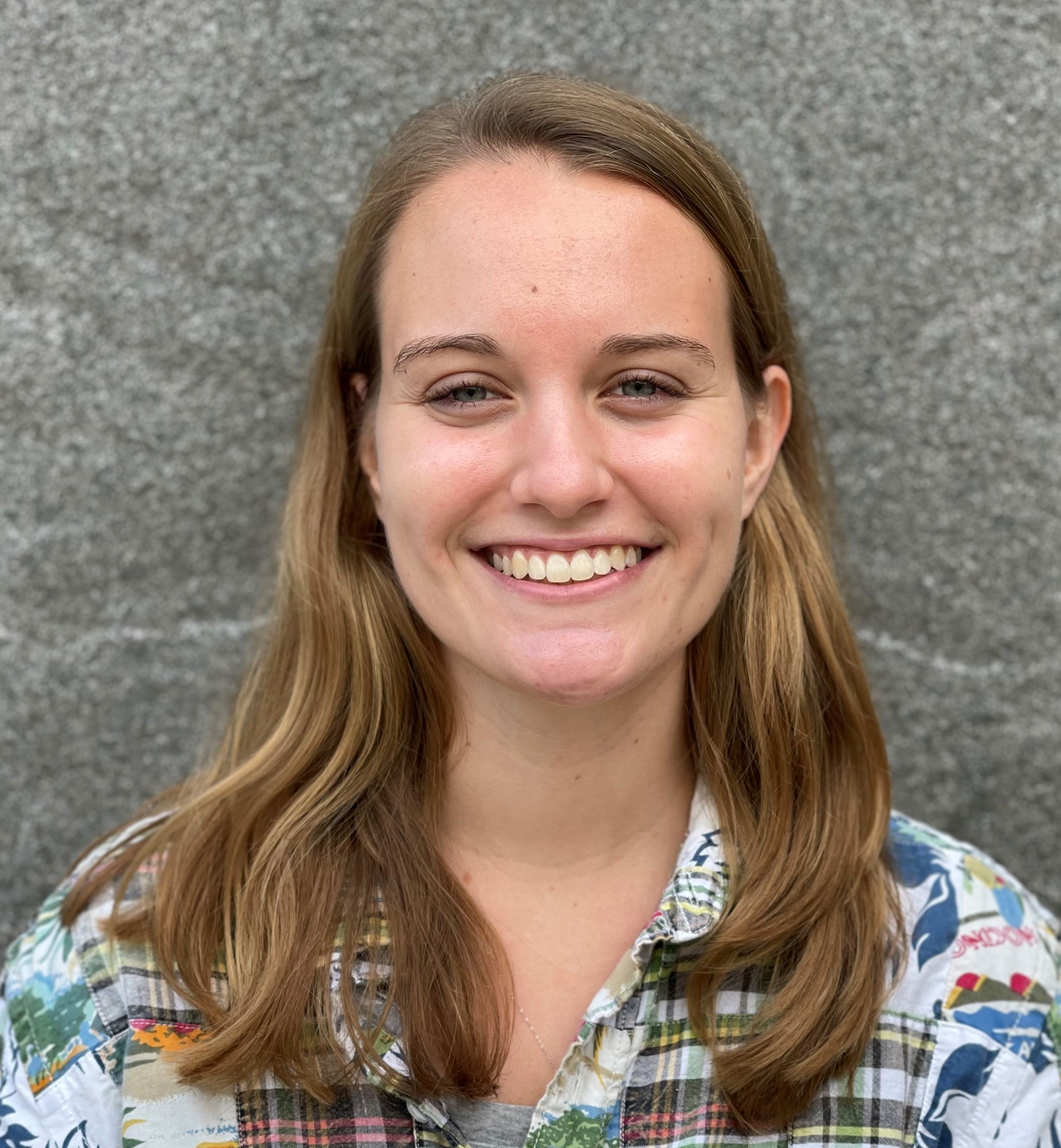
Katelyn Ripley
Massachusetts Institute of Technology
Poster Talk Cognitive Neural & Behavioral Science
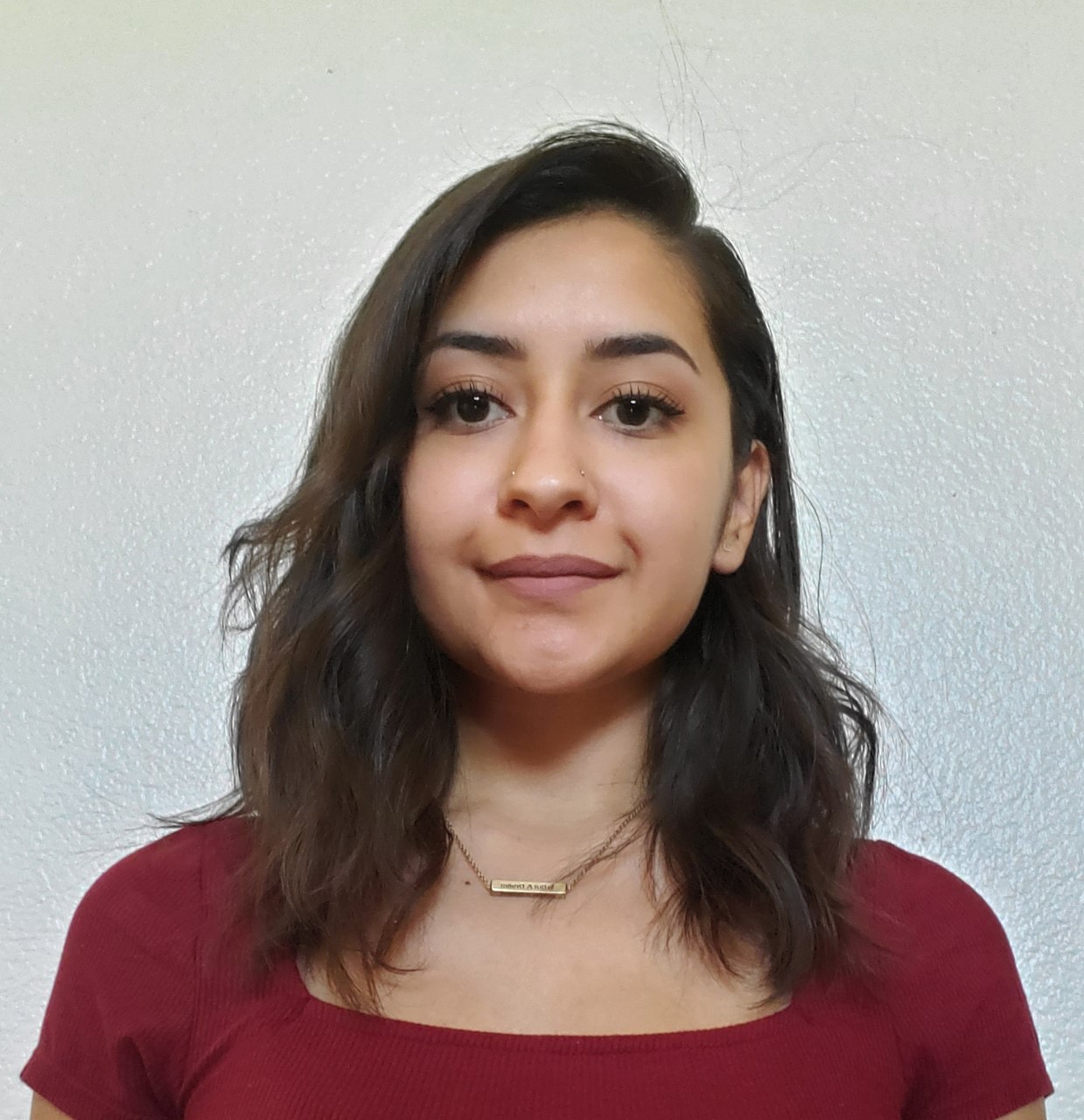
Alexis Torres
Arizona State University
DoD Presentation
Naval Research Laboratory (NRL) Overview, Dr. Treva Brown
Poster Talks Mathematics
Poster Talk Civil Engineering
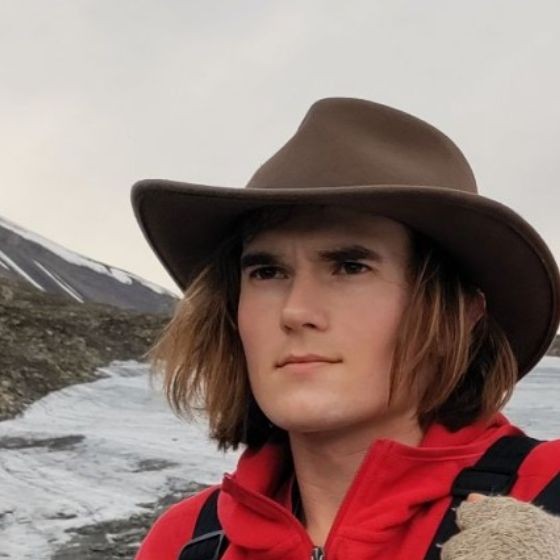
Andrew Lesh
Stanford University
Poster Talk Chemical Engineering
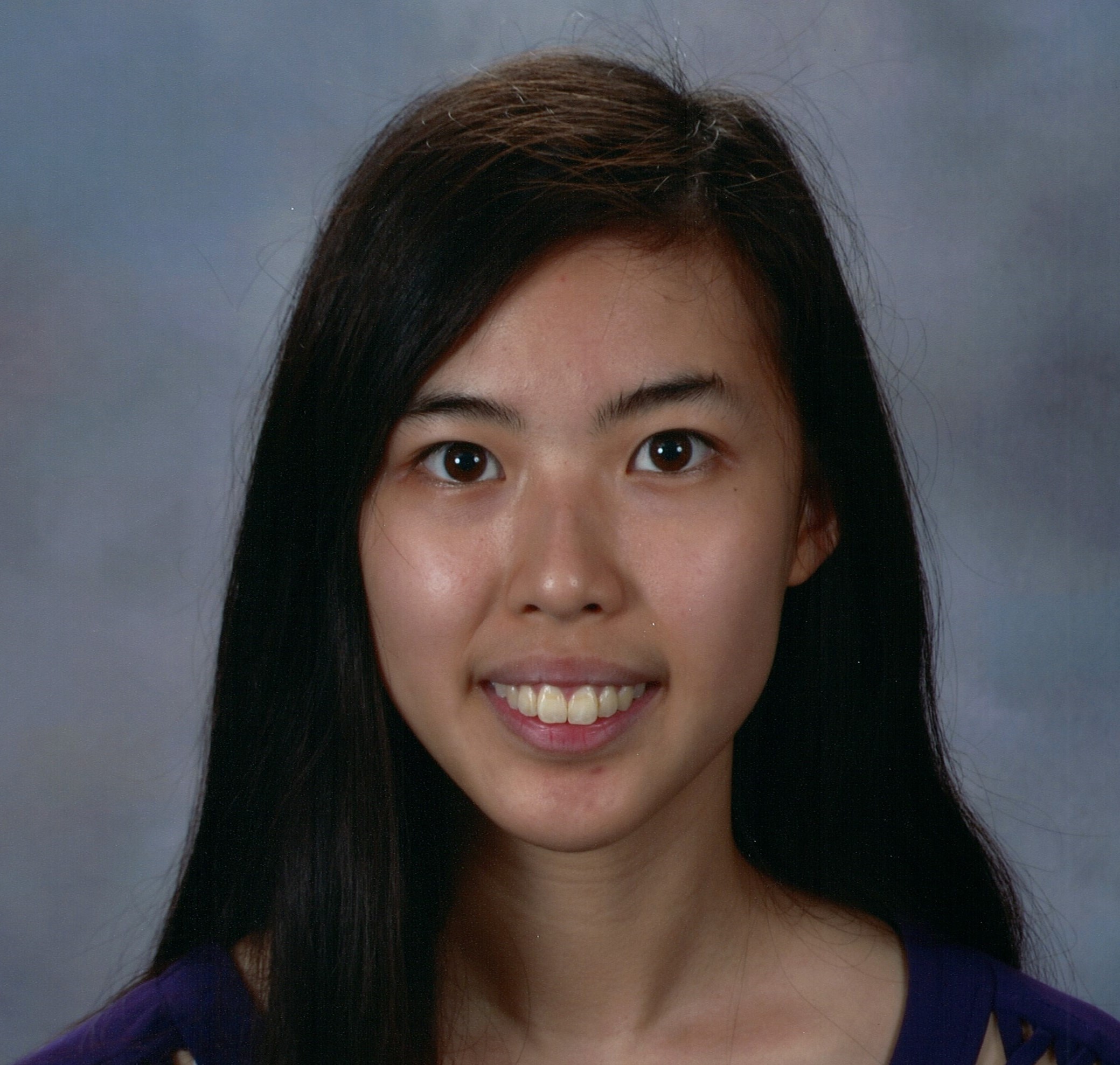
Jasmine Yang
Rensselaer Polytechnic Institute
Poster Talk Oceanography
Glen Liu, ONR, Massachusetts Institute of Technology, Oceanography, 2021 Fellow
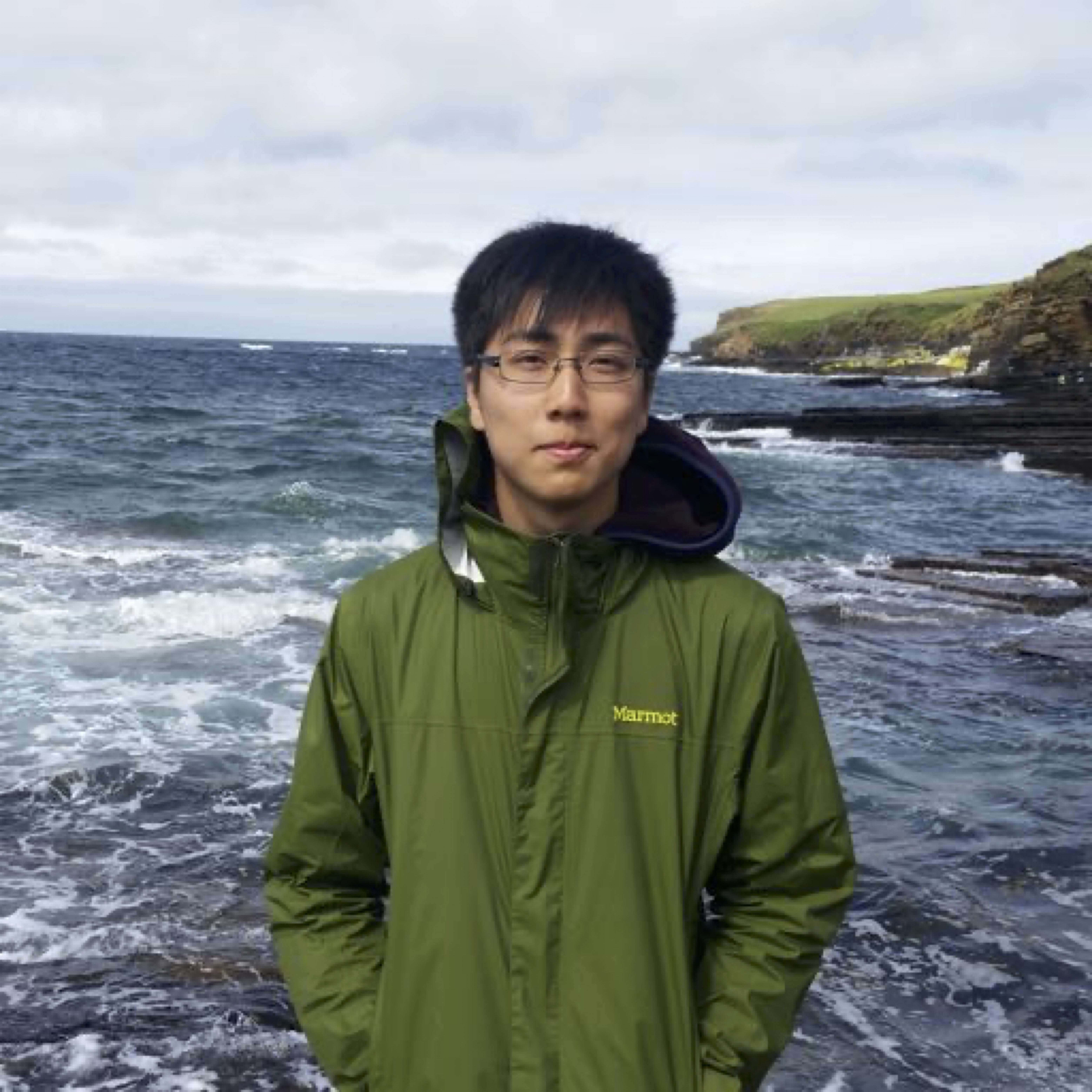
Glenn Liu
MIT-WHOI Joint Program
Poster Talks Mathematics
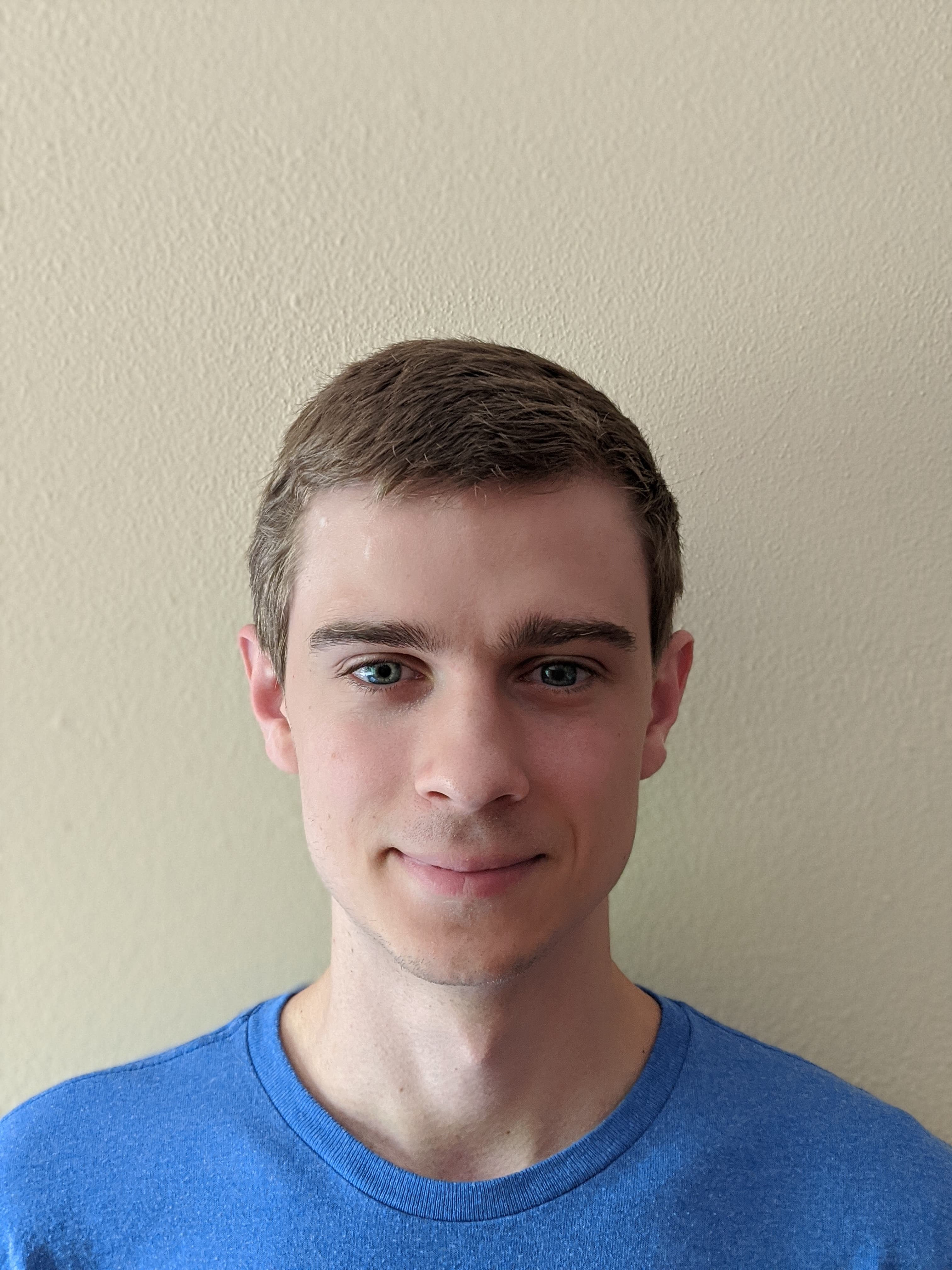
Robert Stephany
Cornell University
Poster Talk Civil Engineering
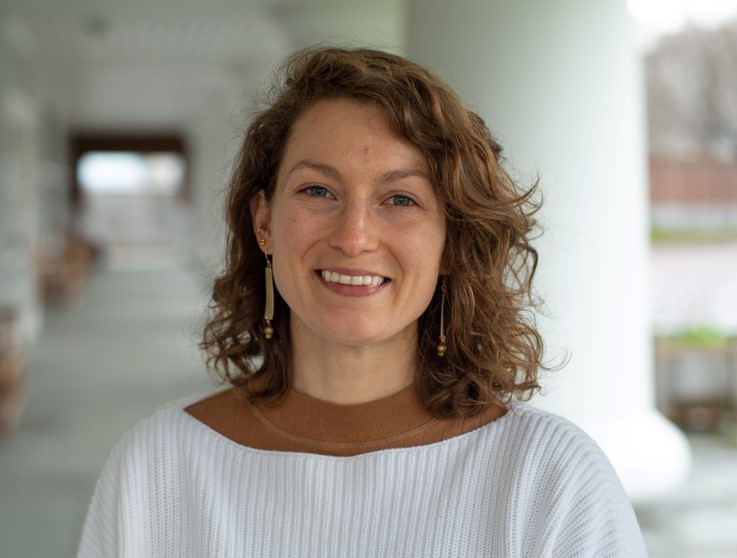
Sarah Torhan
The Pennsylvania State University
Poster Talk Computer Science
John (Giannis) Fikioris, ONR, Cornell University, CS
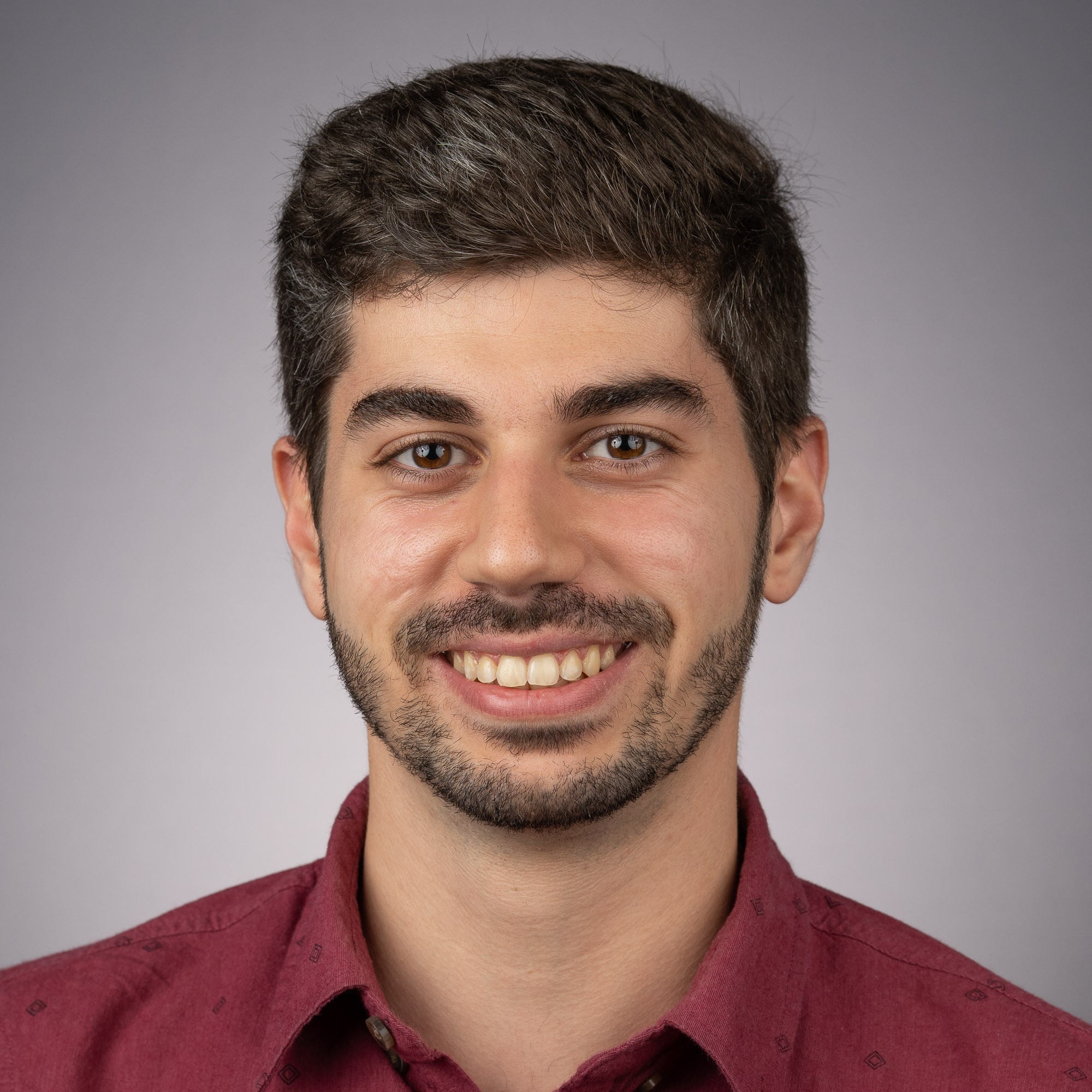
Giannis Fikioris
Cornell University
Poster Talk
Former Fellow Technical Presentation
Joseph Chapman, PhD
Oak Ridge National Laboratory
Poster/Exhibit Hall Open: Fellows To Stand Next to Posters
Evaluator Sessions
Attendee and Career Fair/Exhibitor Registration
DoD Trivia/Agenda at a glance
Learn about the various inventions and discoveries created within DoD
DoD Presentation

Leslie Blaha, PhD
Air Force Office of Scientific Research/CL
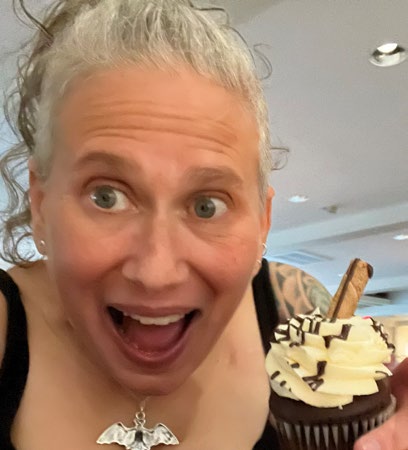
Michelle Skoorka, PhD
Naval Undersea Warfare Center

Gregory Lieberman, PhD
DEVCOM ARL Army Research Office
Poster Talks Physics
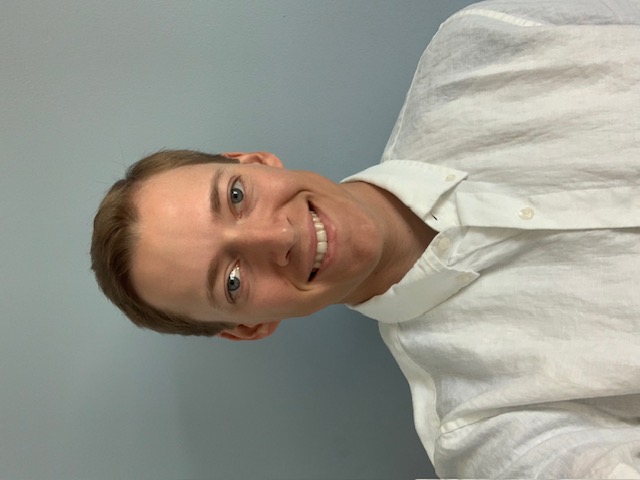
Gavin Blair
University of Maryland, College Park
Poster Talks Chemistry
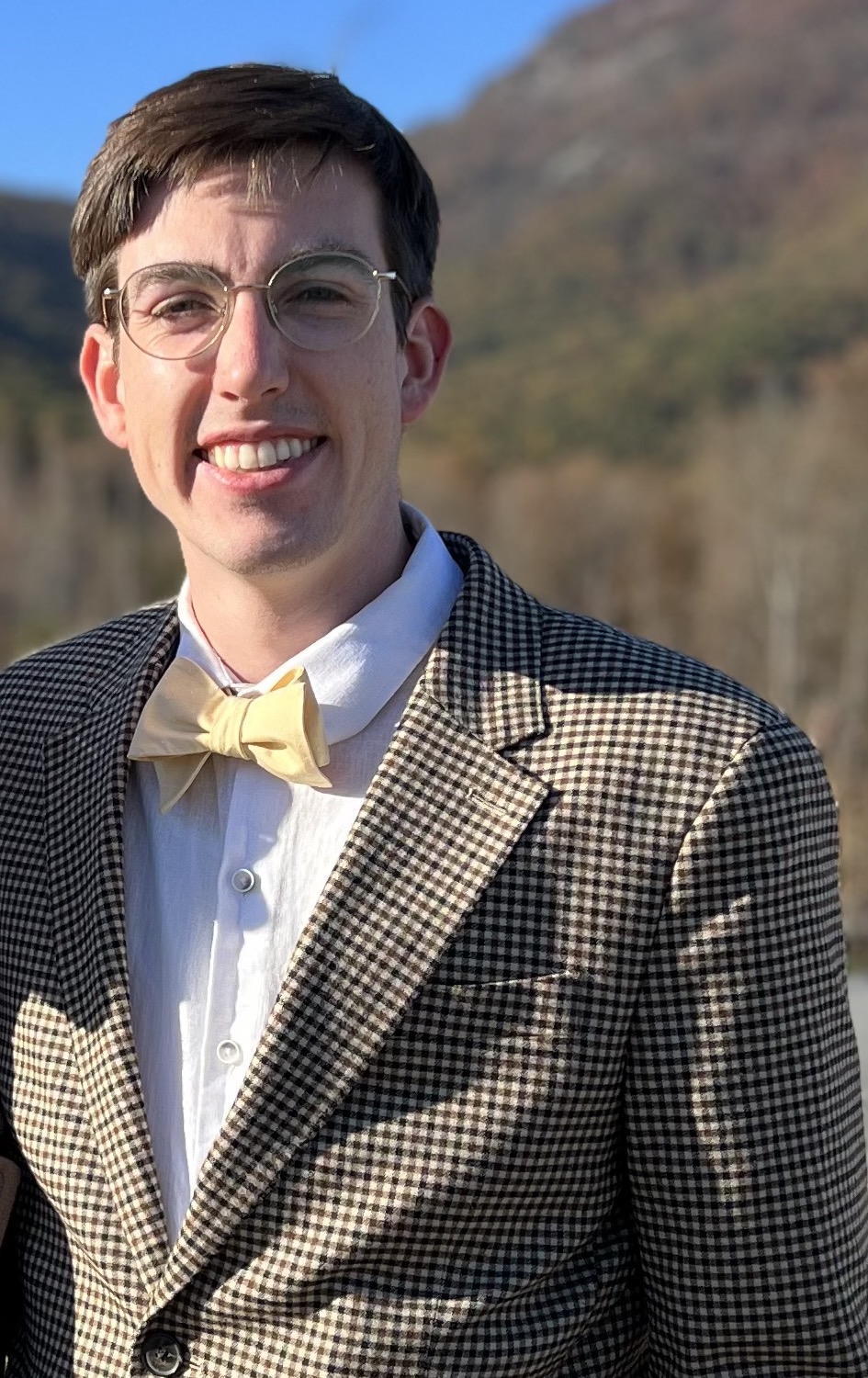
Enric Adillon
California Institute of Technology
Poster Talks Computer Science
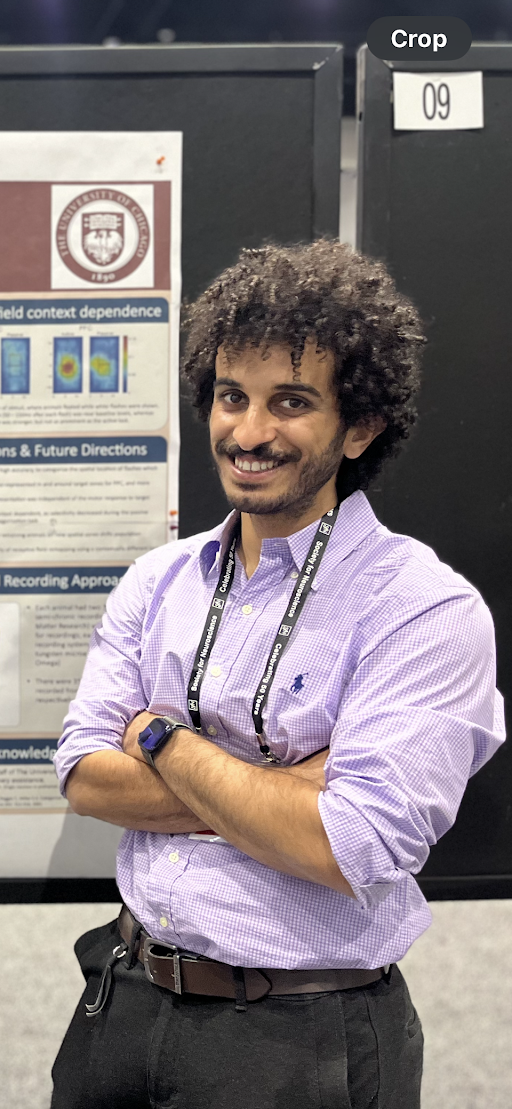
Ali Alamri
University of Chicago
Poster Talks Mechanical Engineering
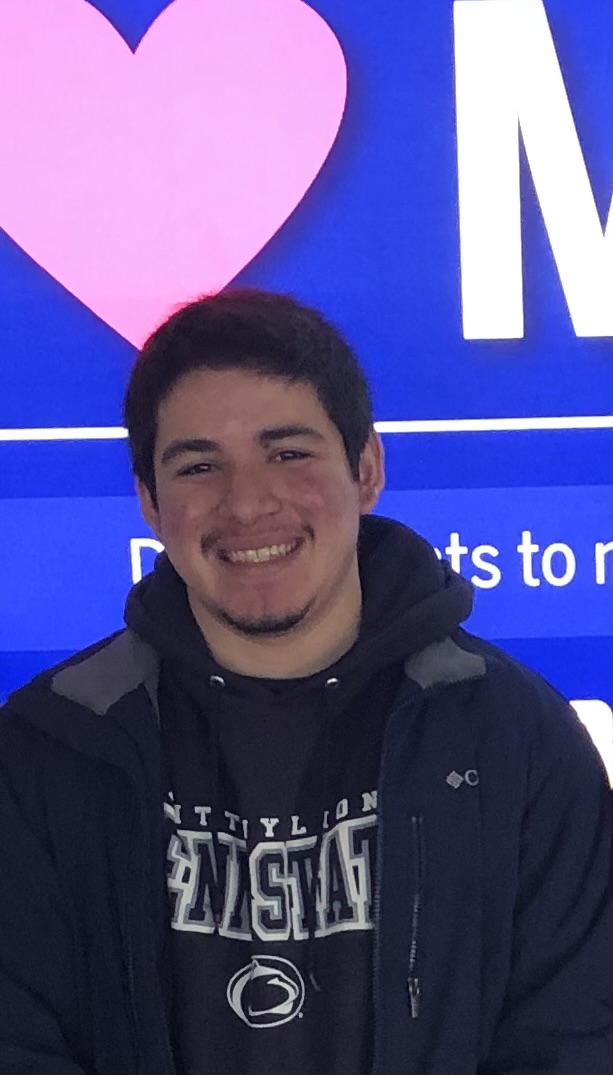
Carlos Abarca
University of Washington
Poster Talks Physics
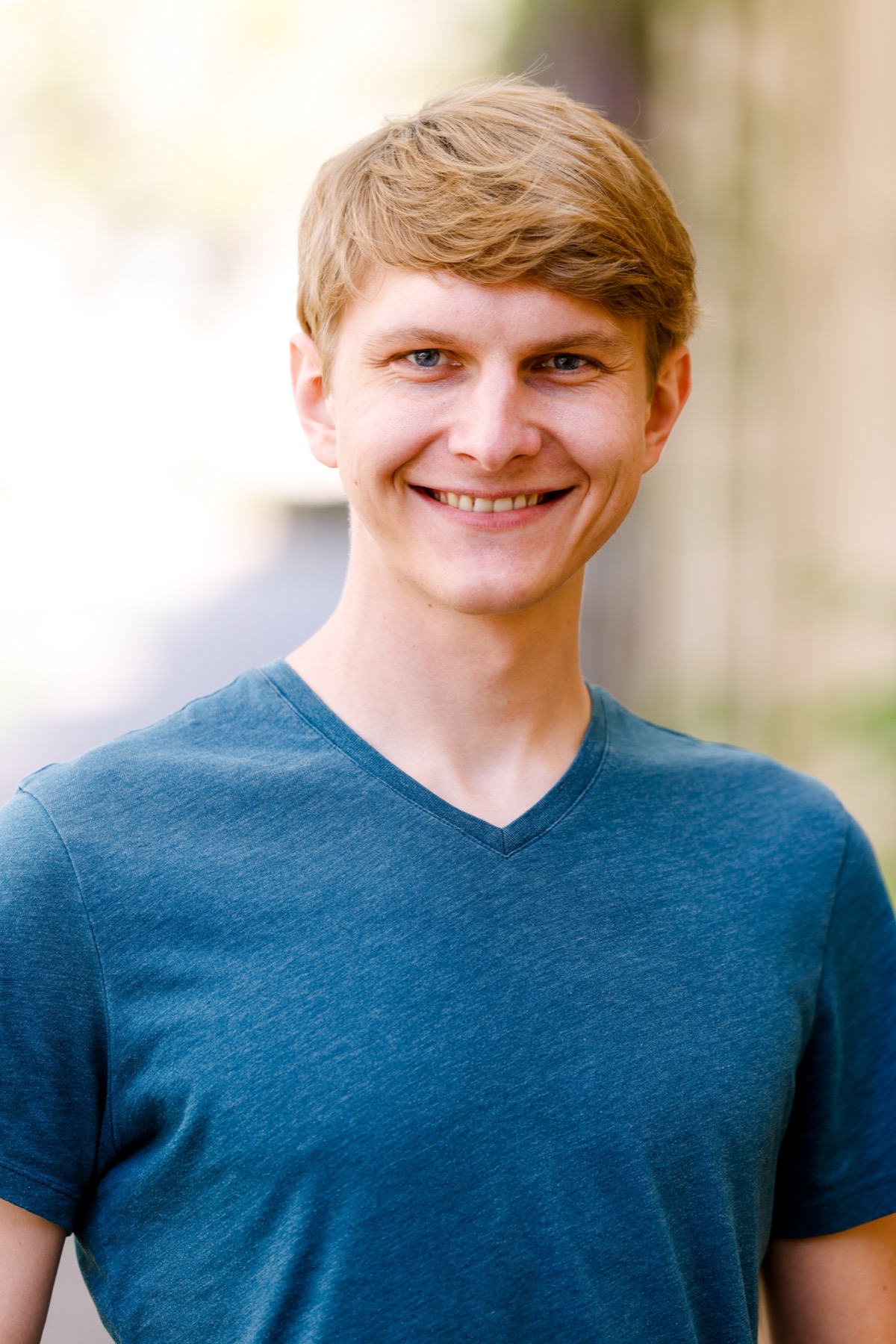
Kyle Gulshen
Caltech
Poster Talks Chemistry
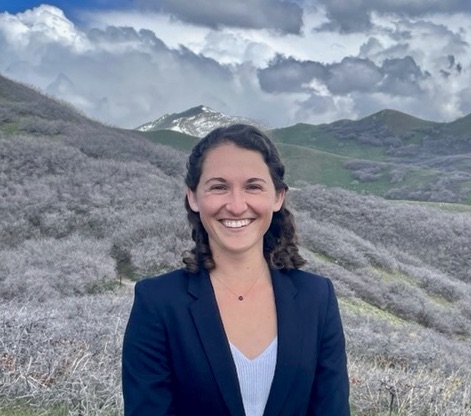
Aria Ballance
University of Utah
Poster Talks Computer Science
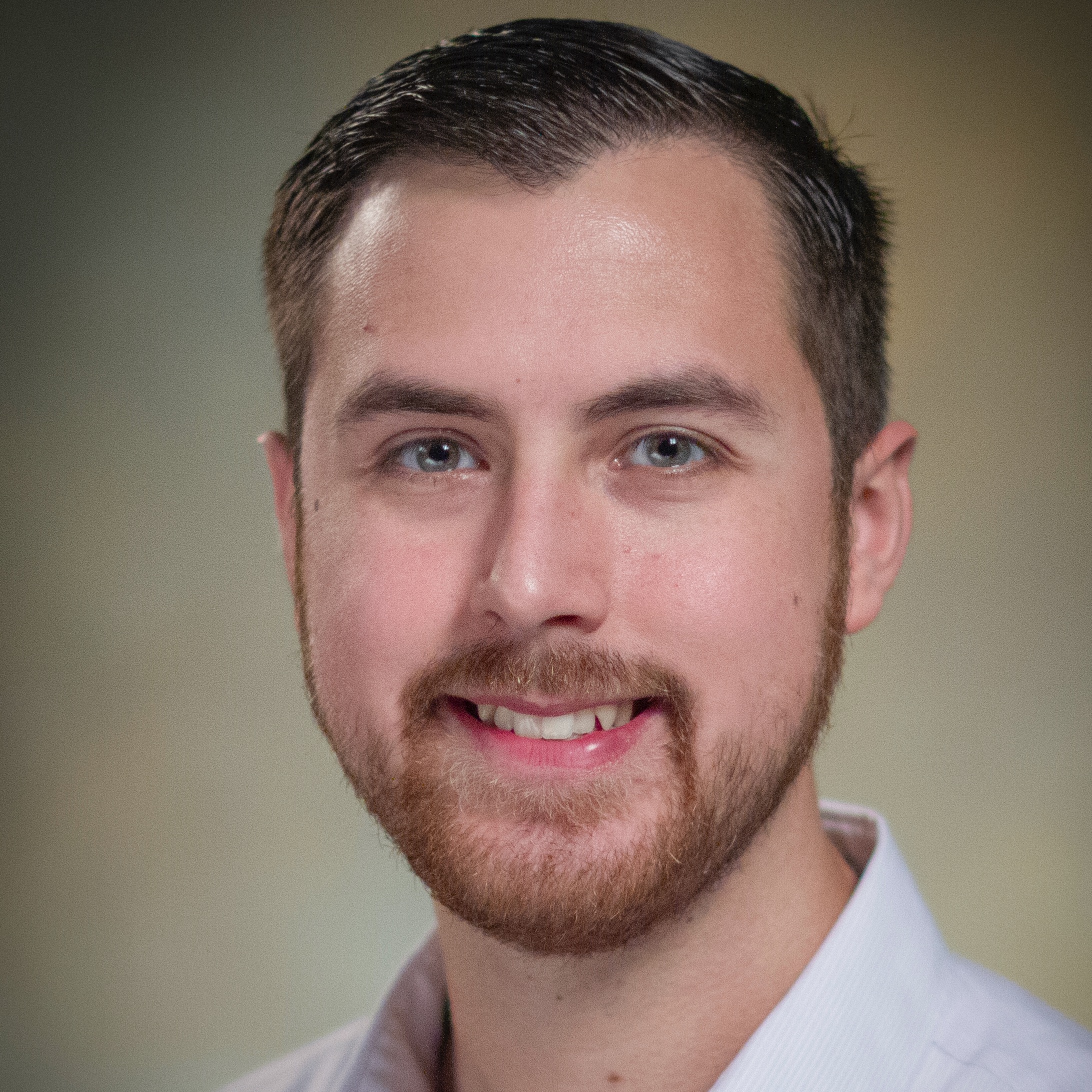
Adrian Celaya
Rice University
Poster Talks Mechanical Engineering
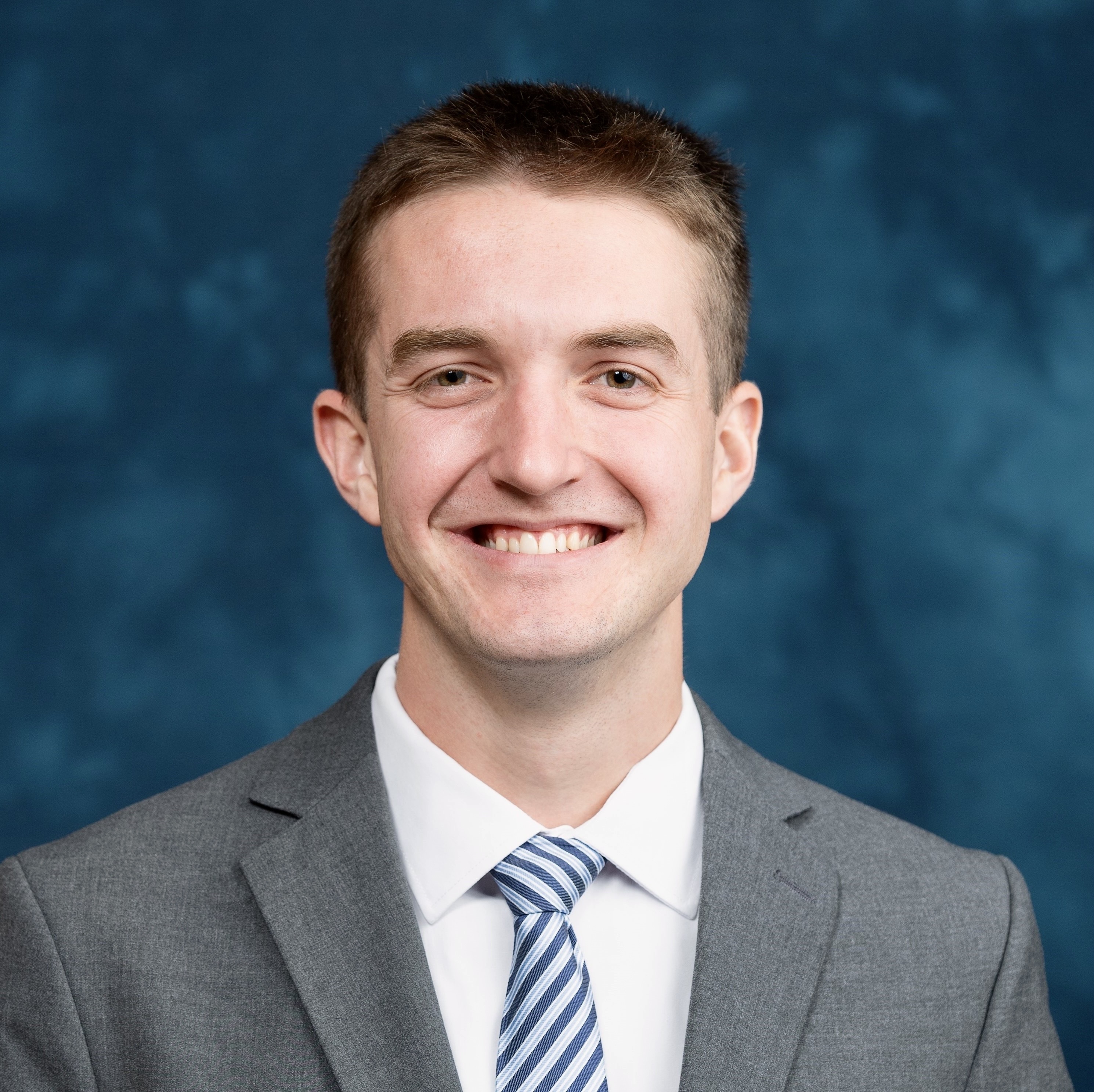
Joseph Beckett
University of Michigan
Poster Talks Physics
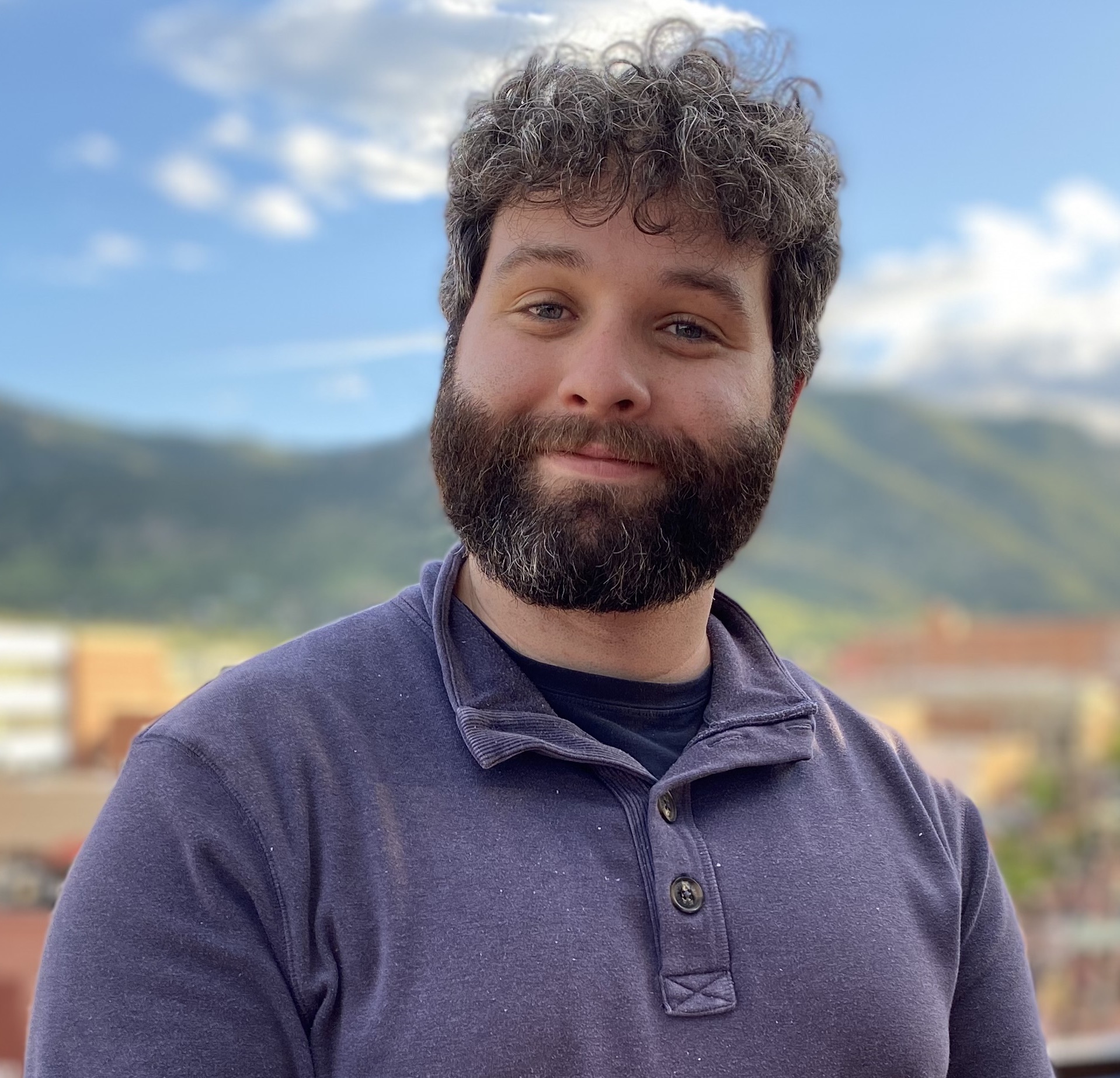
Jesse Held
University of California, Santa Barbara
Poster Talks Chemistry
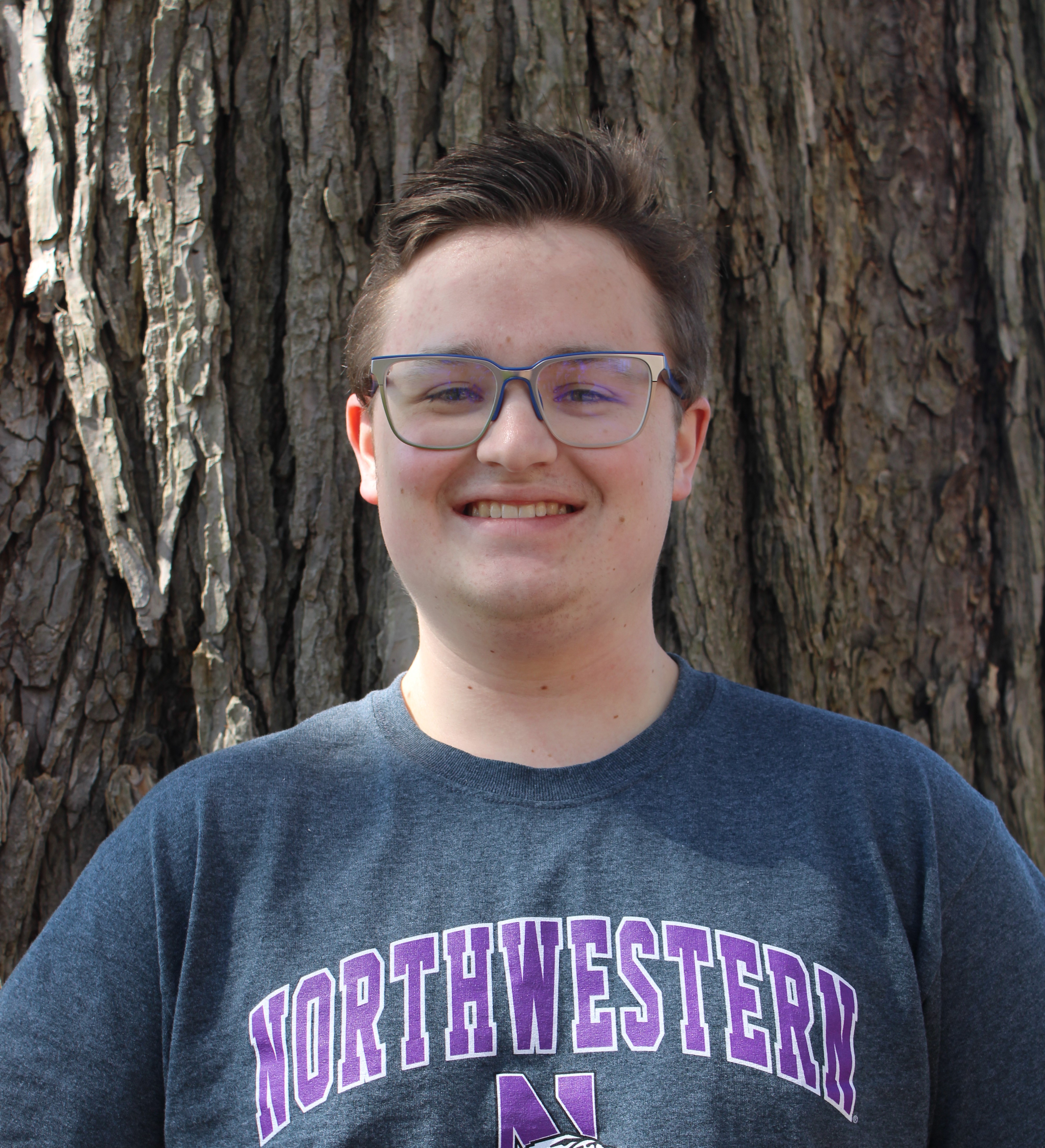
Adam Balvanz
Northwestern University
Poster Talks Computer Science
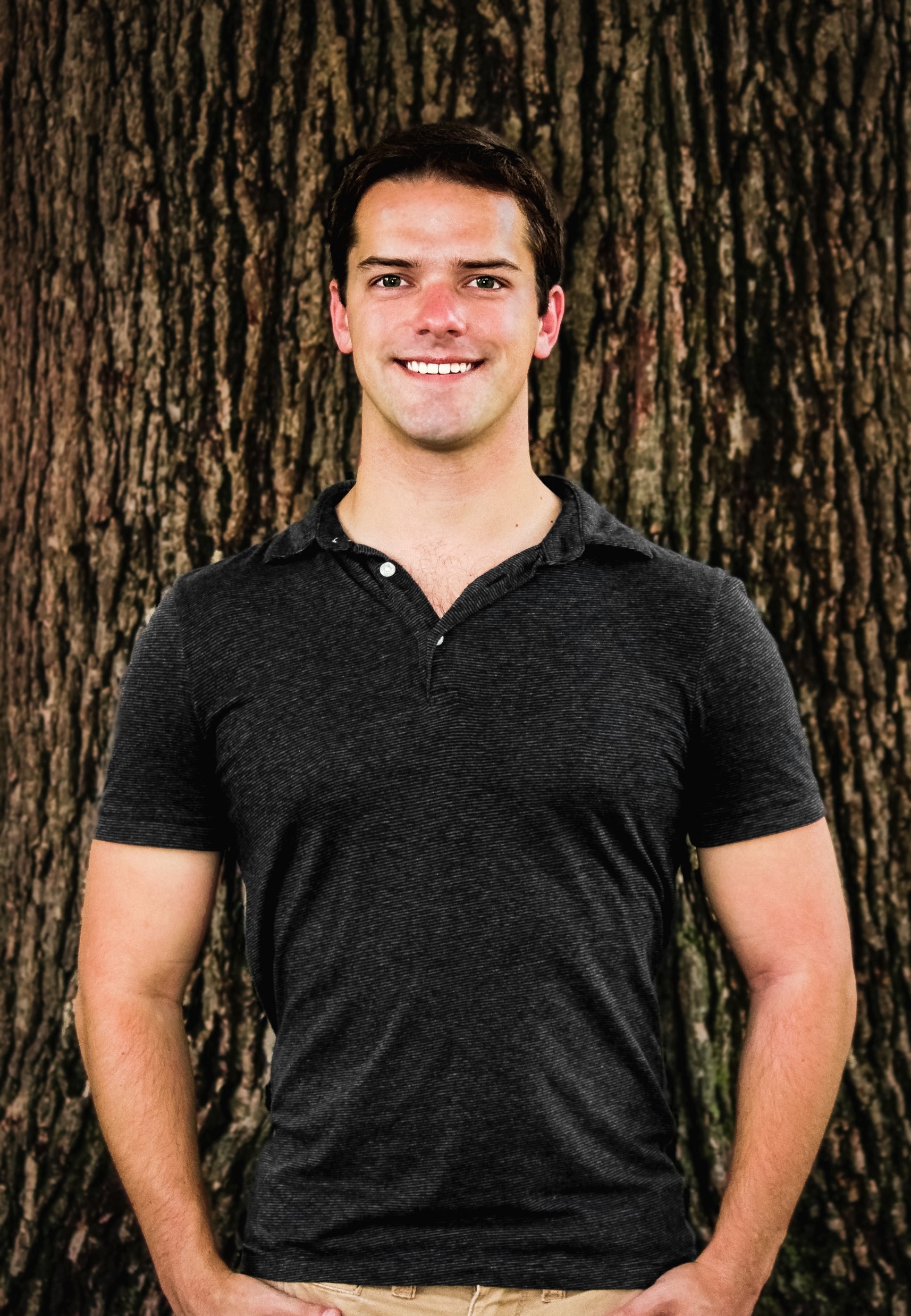
Andrew Charbonneau
California Institute of Technology
Poster Talks Mechanical Engineering
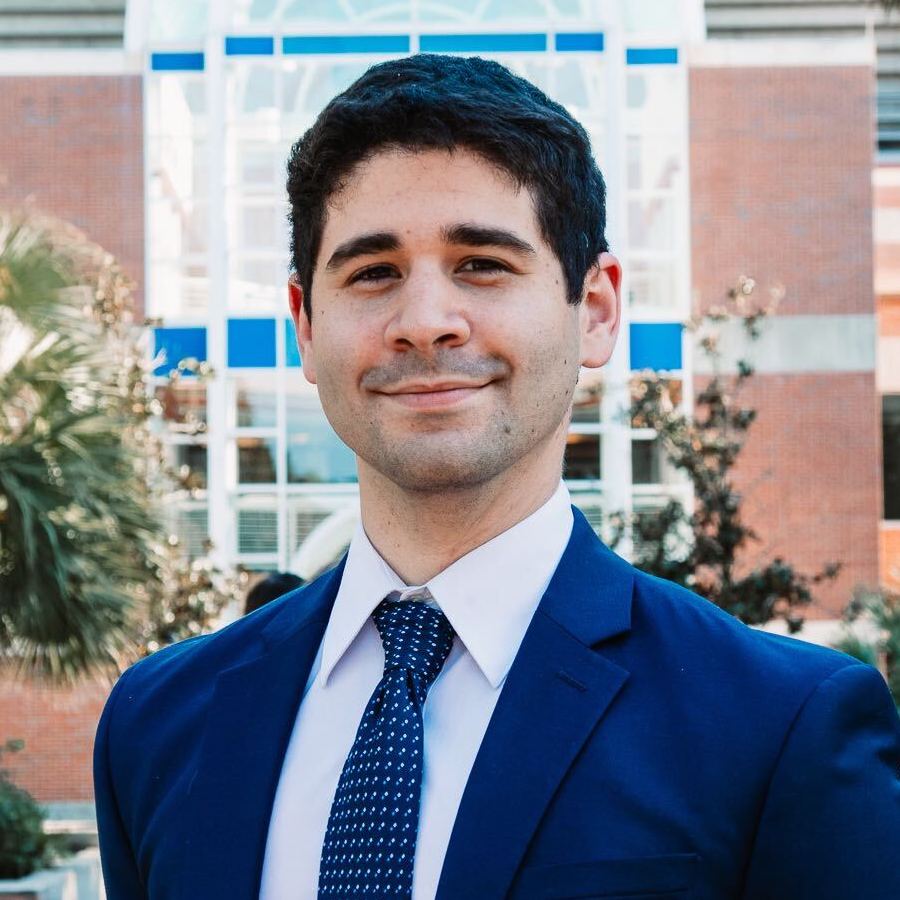
Carlos Carrasquillo
Georgia Institute of Technology
DoD Presentation

Renee Allen
United States Air Force
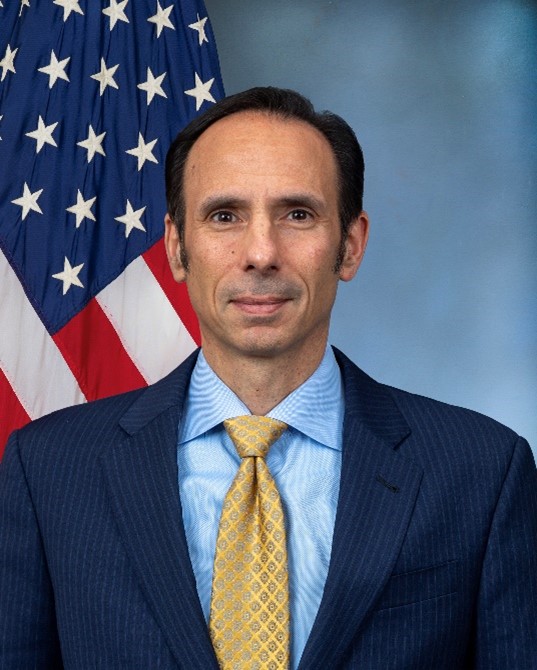
Michael Caccuitto
DEVCOM Army Research Laboratory
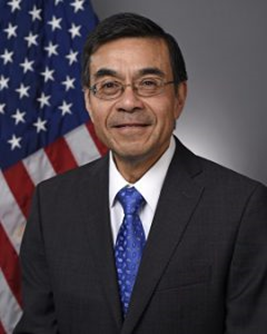
Michael Simpson, PhD
Office of Naval Research
Poster Talks Physics
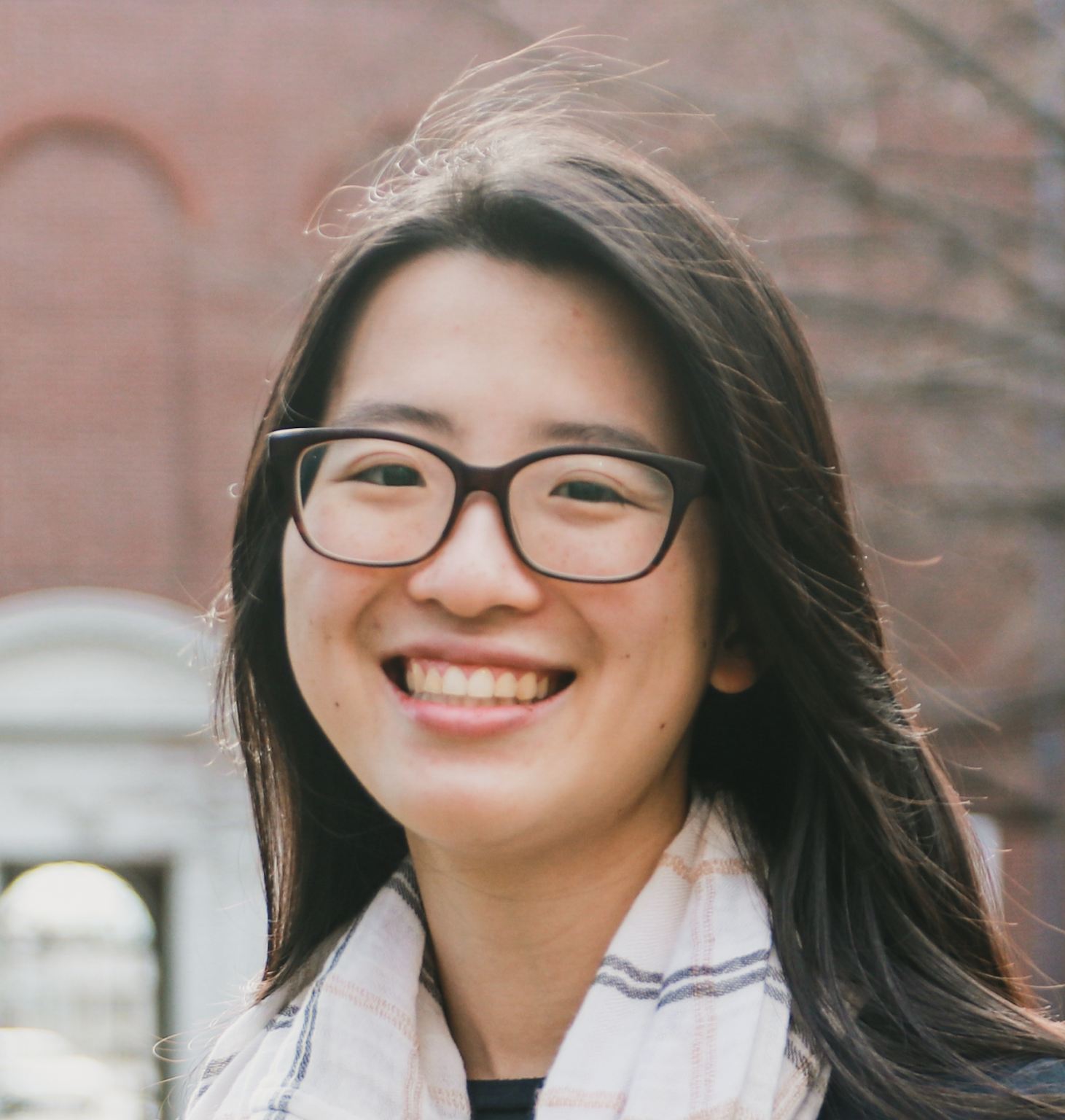
Jacquelyn Ho
University of California, Berkeley
Poster Talks Chemistry
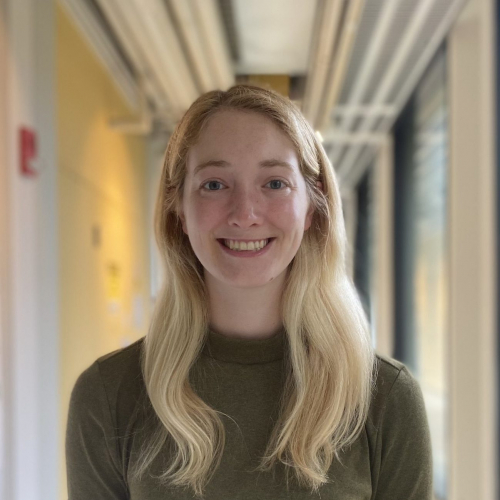
Carolyn Barnes
Massachusetts Institute of Technology
Poster Talks Computer Science
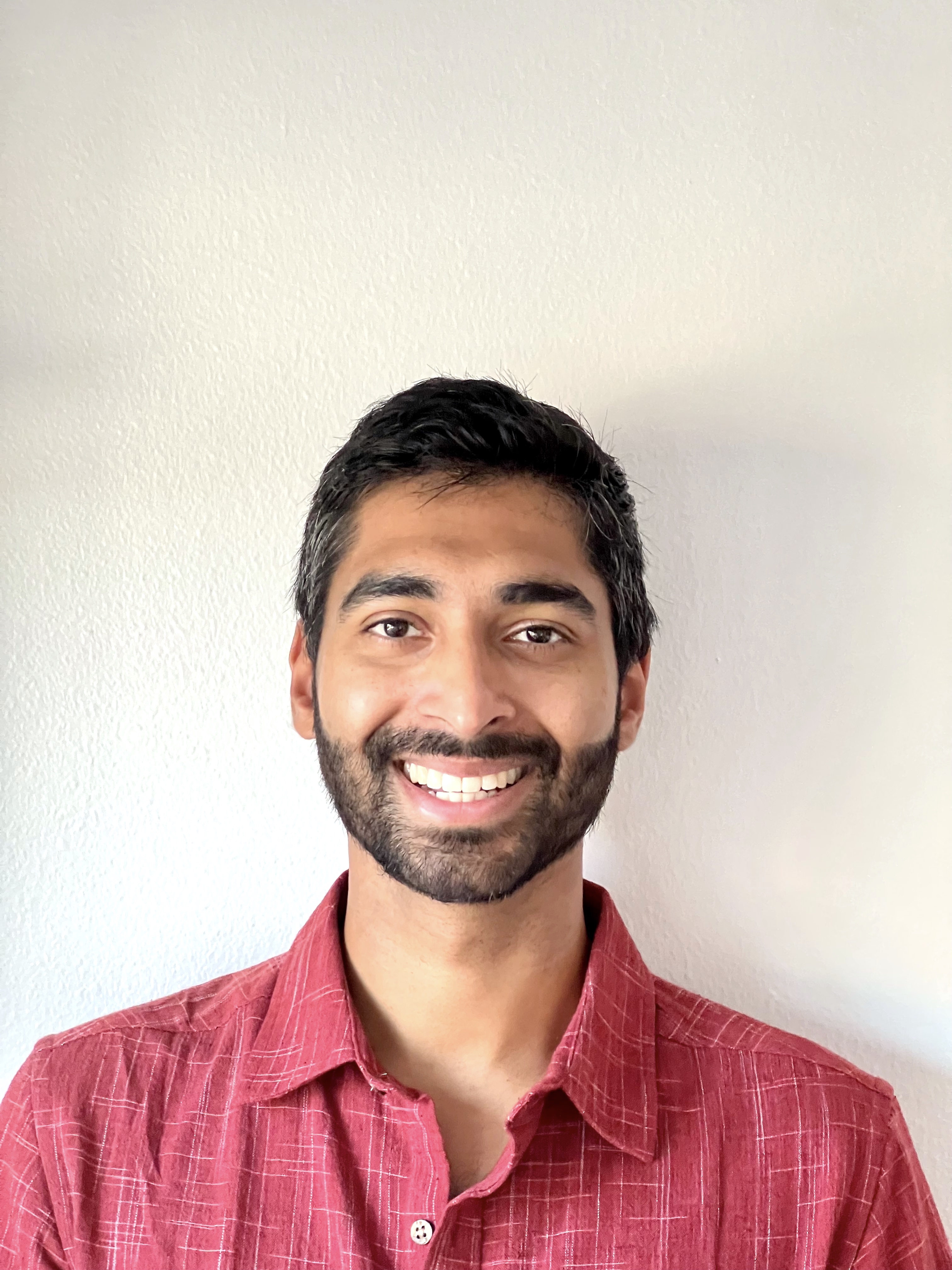
Ishan Chatterjee
University of Washington
Poster Talks Physics
Poster Talks Mechanical Engineering
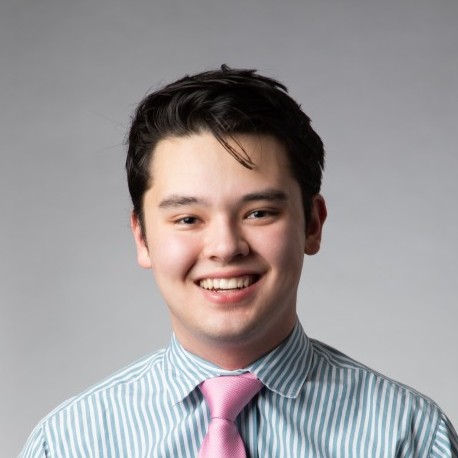
Calvin Colby
University of Connecticut
Poster Talks Chemistry
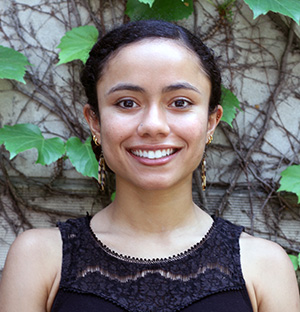
Caitlin Bellora
University of Chicago
Poster Talks Computer Science
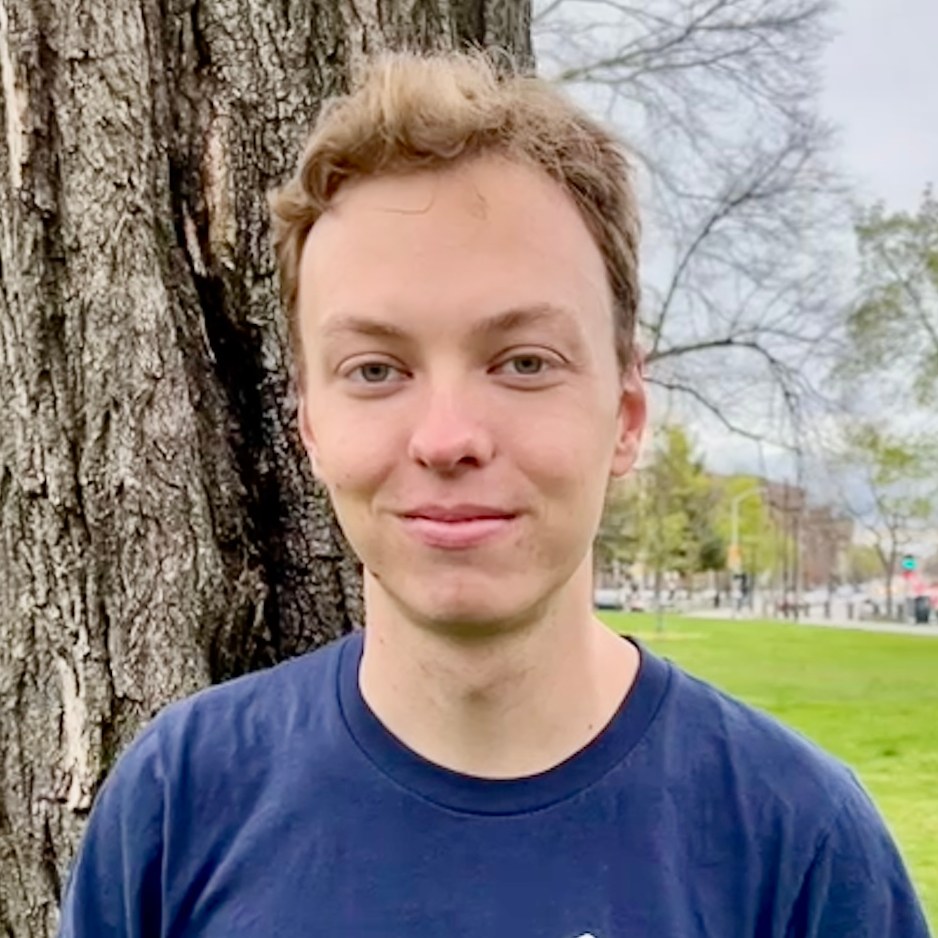
Spencer Compton
Stanford University
Poster Talks Mechanical Engineering
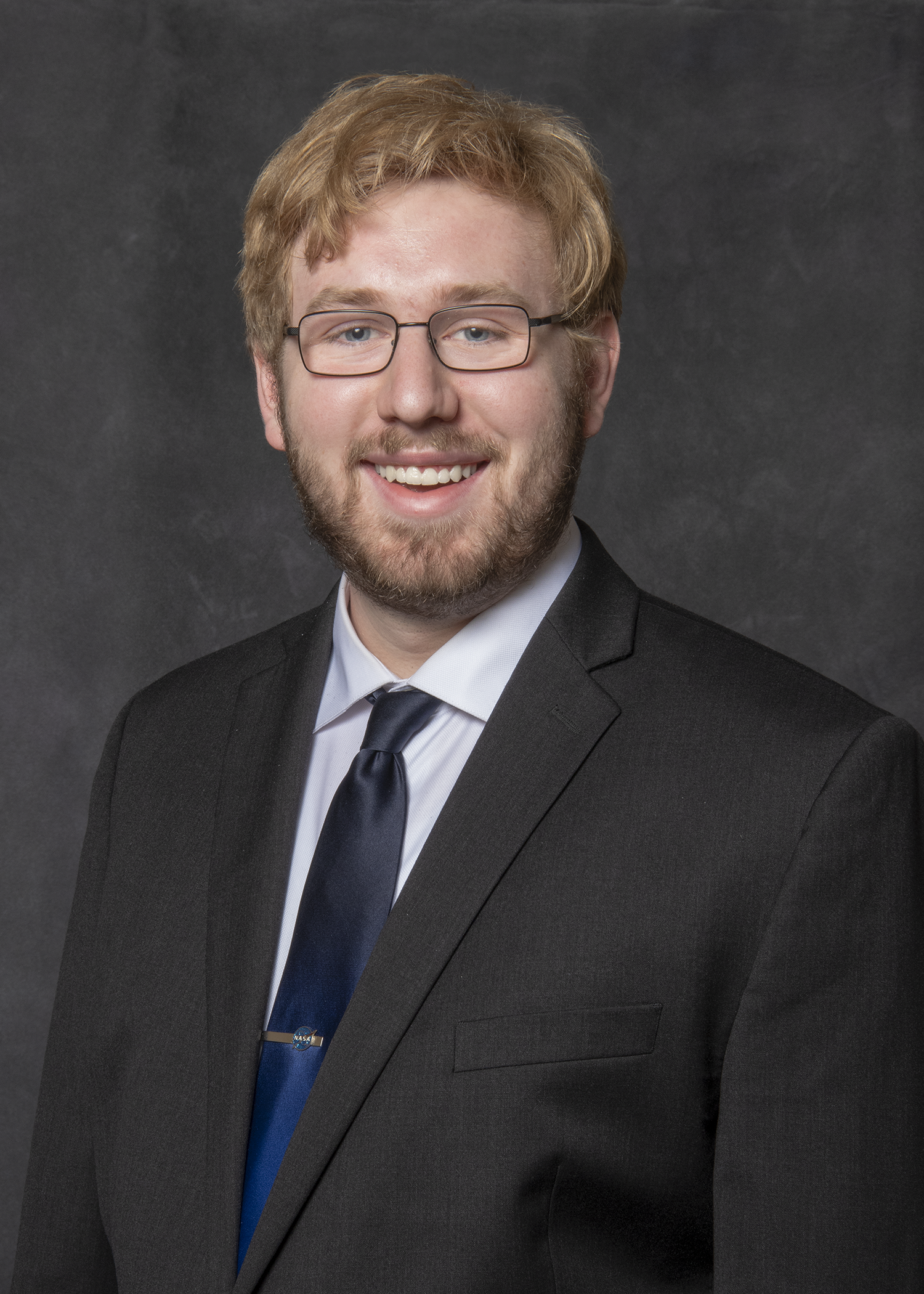
Mitchell Donoughue
Purdue University
Poster Talks Physics
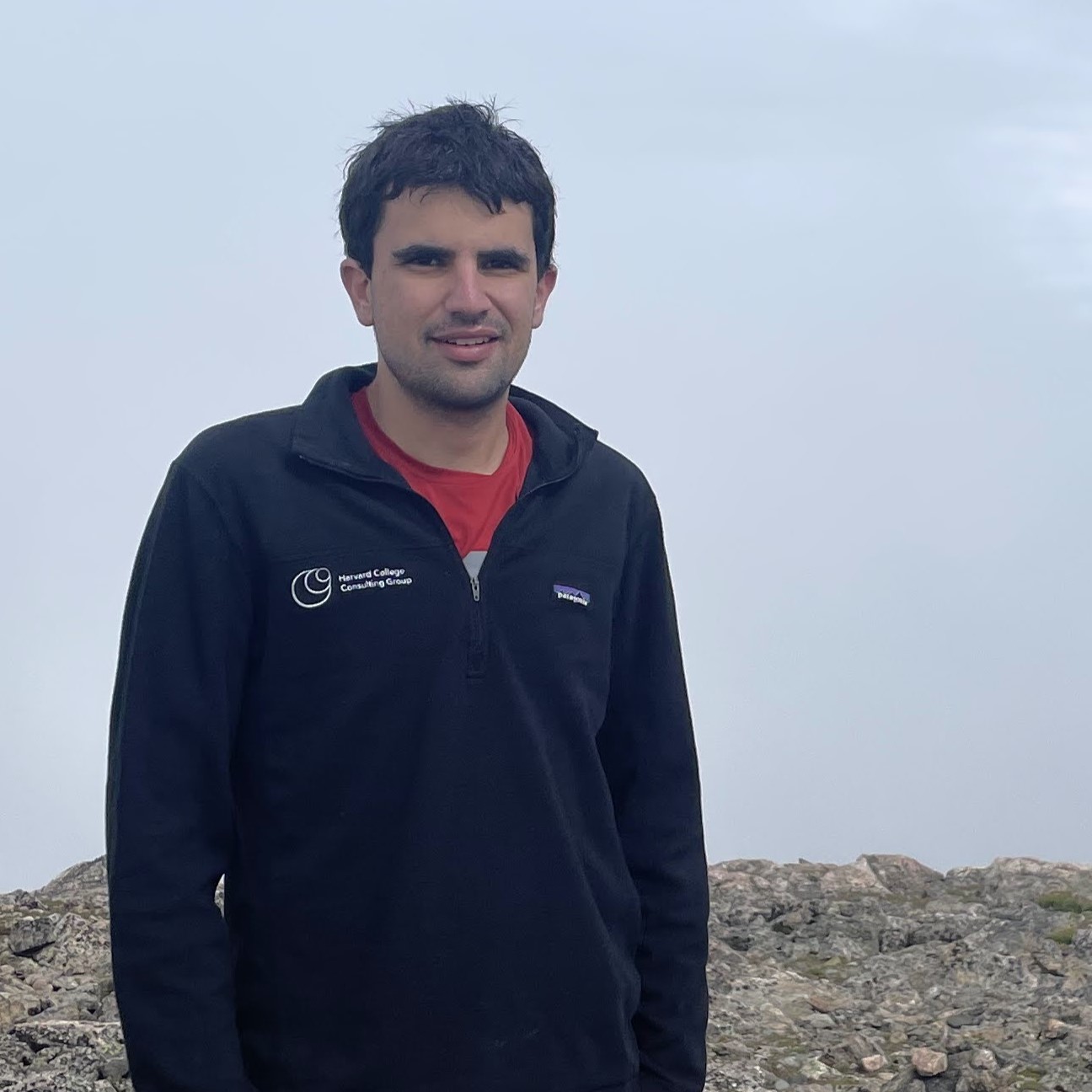
Calder Miller
JILA, NIST & the University of Colorado Boulder
Poster Talks Chemistry
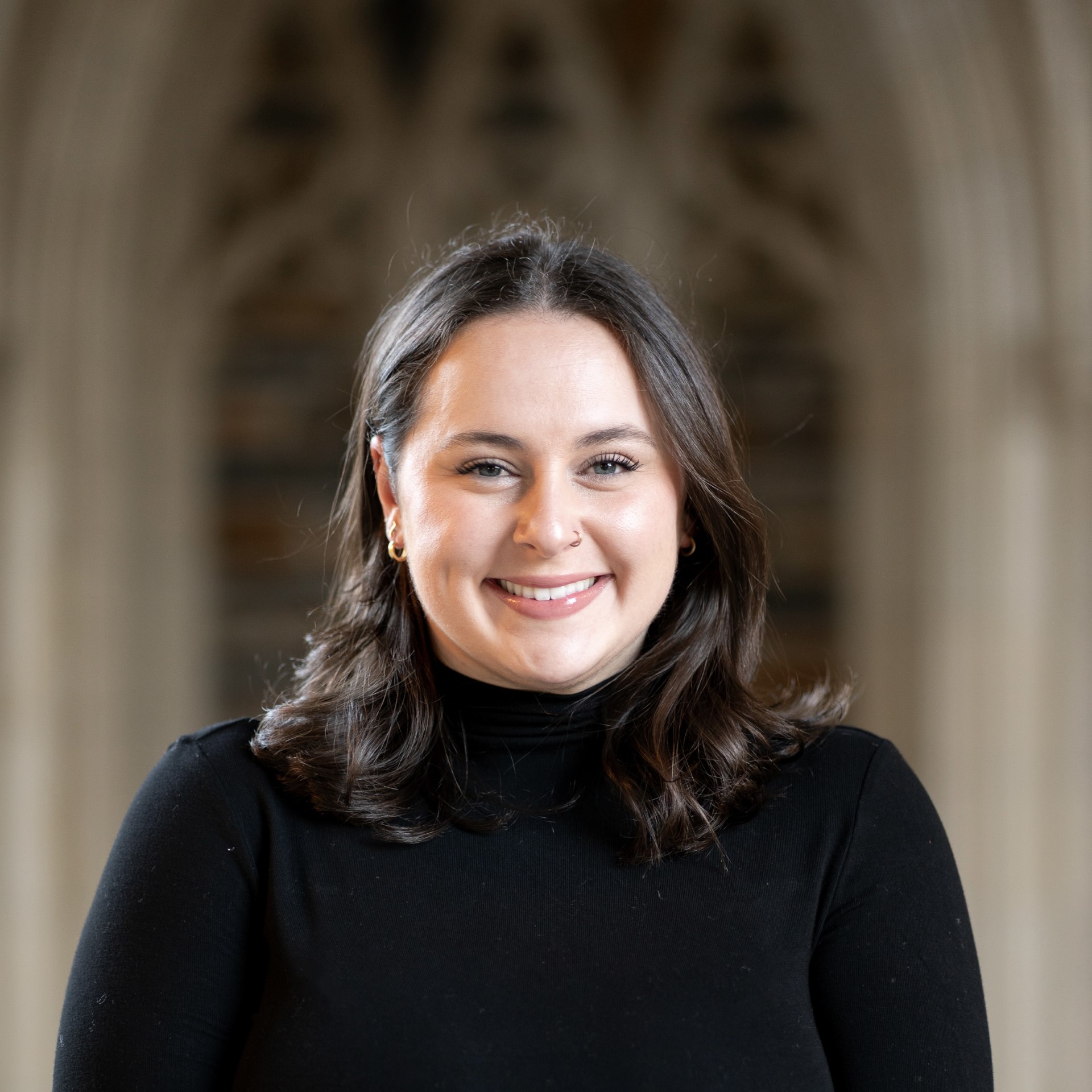
Victoria Cinnater
Duke University
Poster Talks Mechanical Engineering
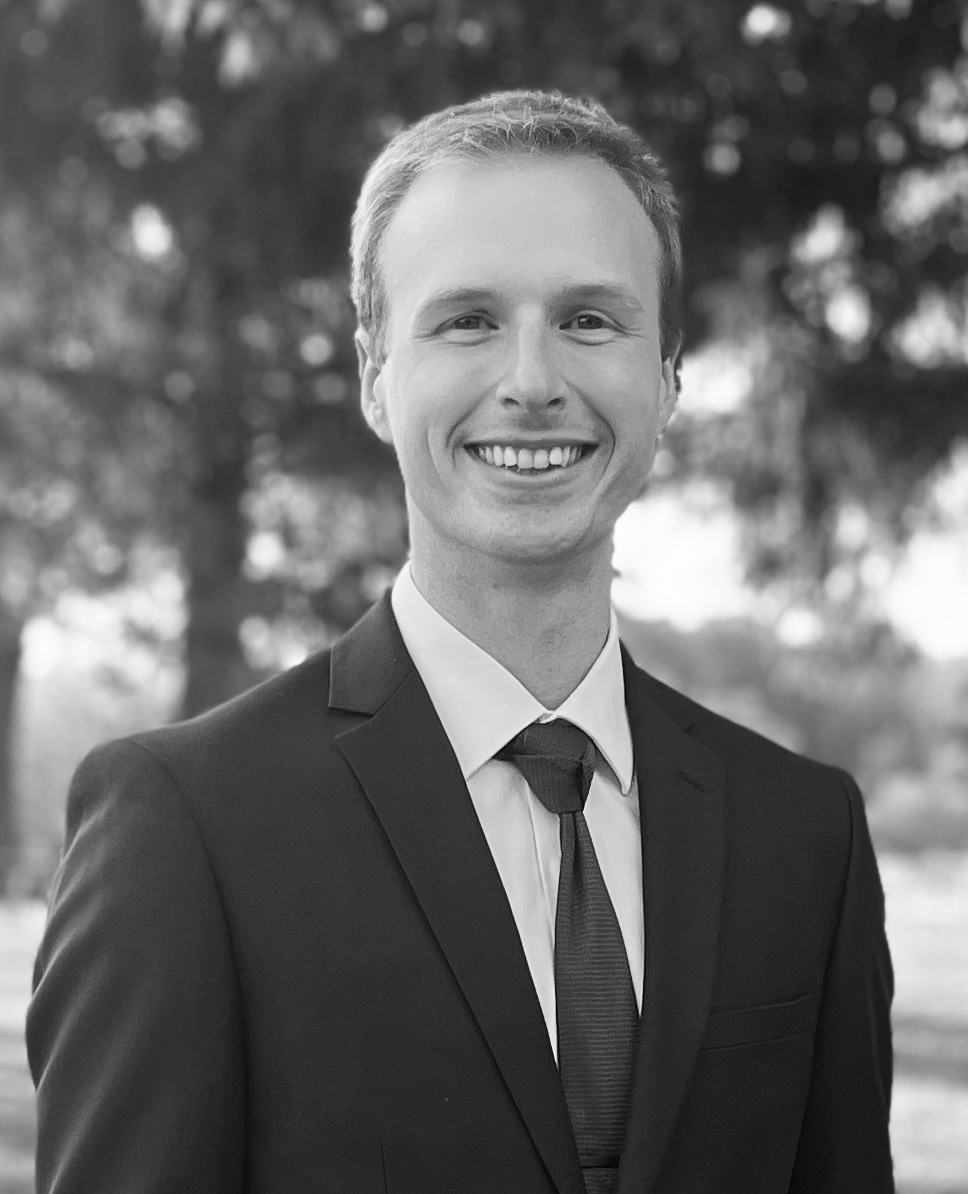
Bryan Habas
The Pennsylvania State University
BREAK
DoD Presentation
Army Fellowship Opportunities
Dr. Vallen Emery, and Mr. Joe Gamson

Vallen Emery, PhD
DEVCOM Army Research laboratory
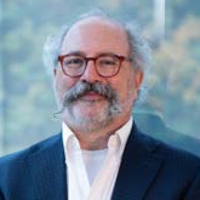
Joseph Gamson
DEVCOM Army Research Laboratory
Poster Talks Physics
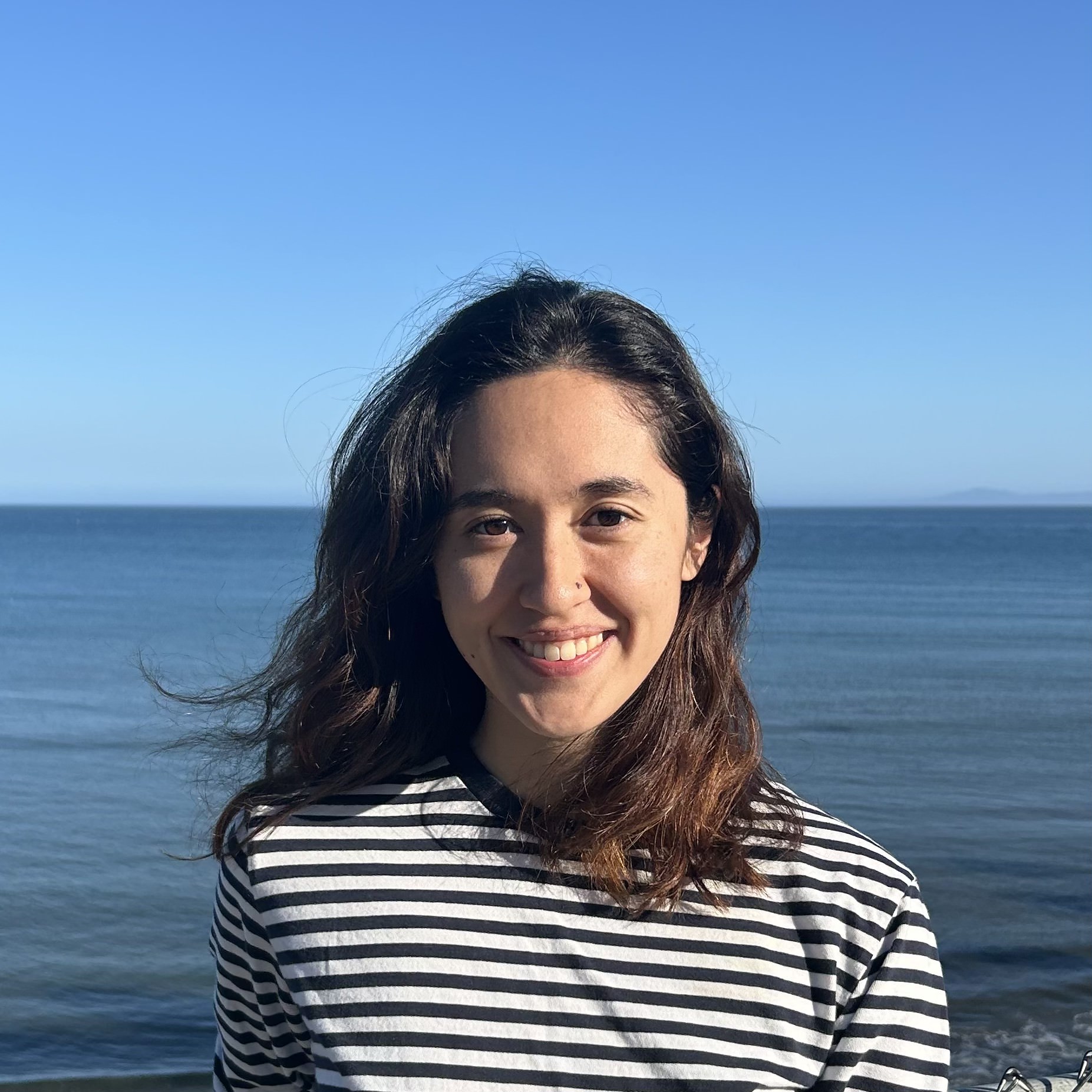
Caitlin Patterson
University of California, Santa Barbara
Poster Talks Chemistry
Poster Talks Computer Science
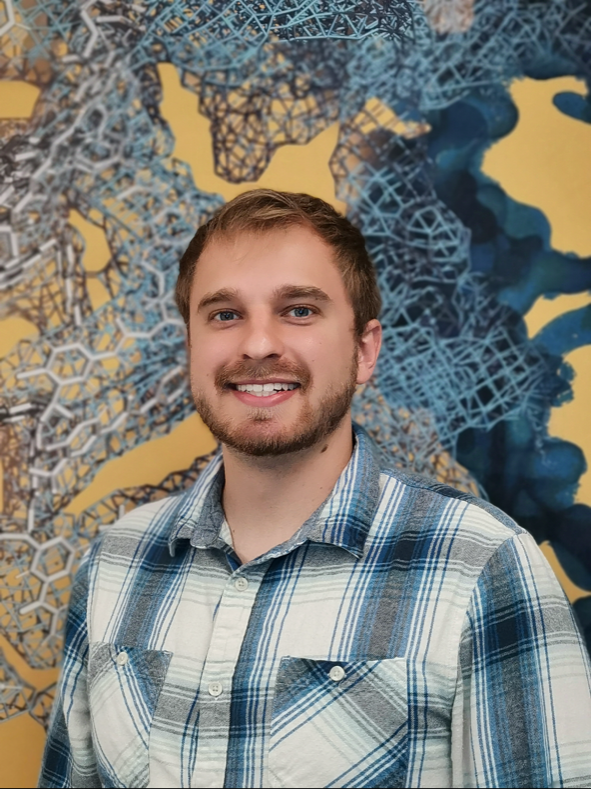
Zachary Fralish
Duke University
Poster Talks Mechanical Engineering
Poster Talks Physics
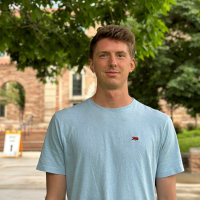
William Schenken
JILA
Poster Talks Chemistry
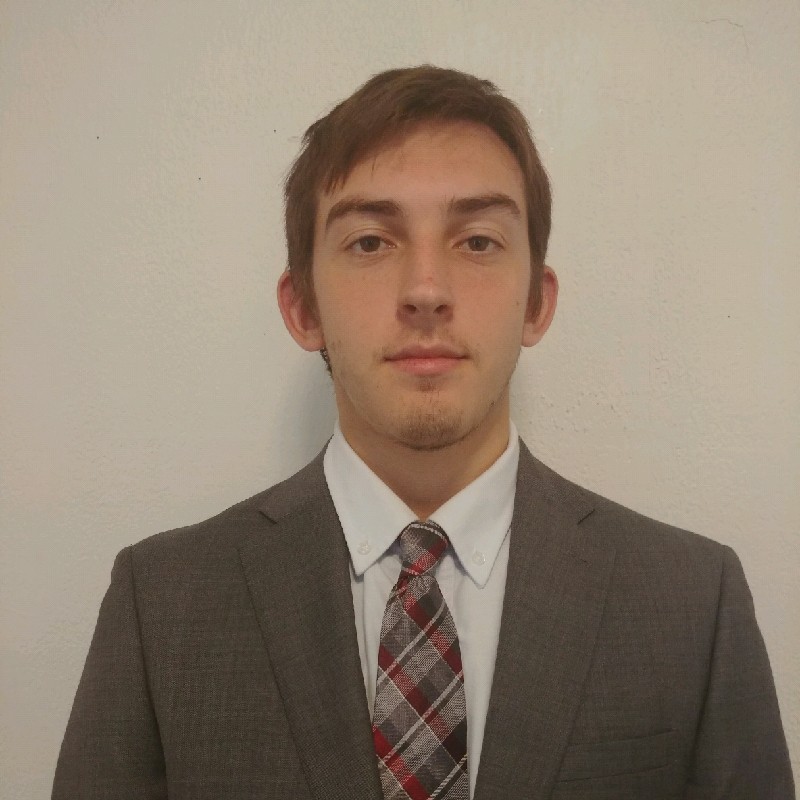
Alex Fairhall
University of Wisconsin-Madison
Poster Talks Computer Science
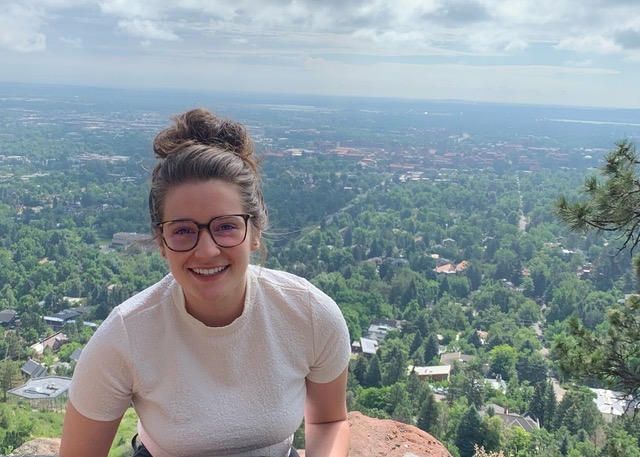
Samantha Friess
University of Colorado at Boulder
Poster Talks Mechanical Engineering
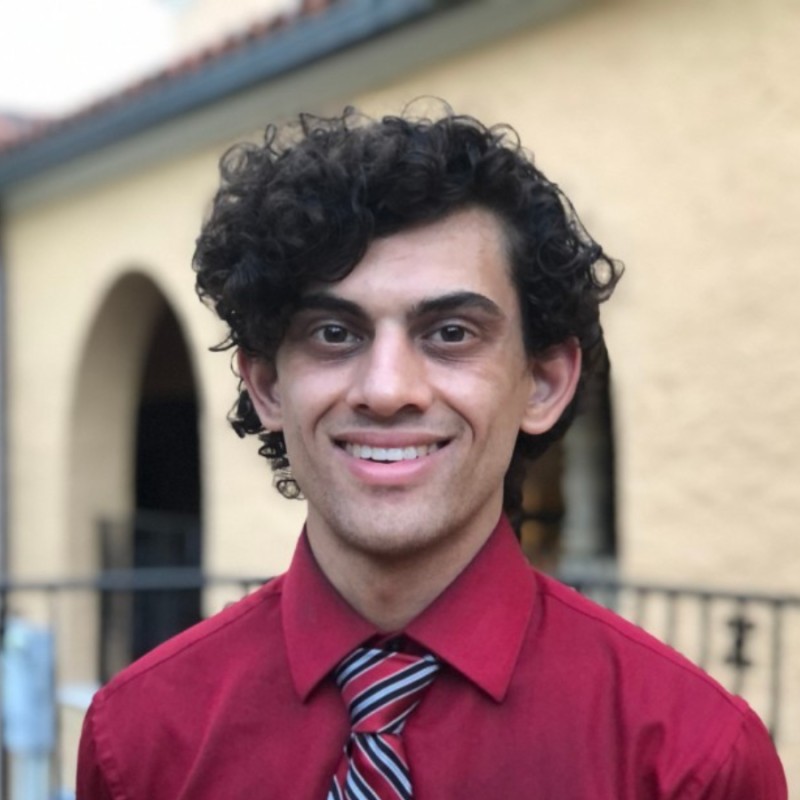
Nathaniel Mengers
Case Western Reserve University
Poster Talks Physics
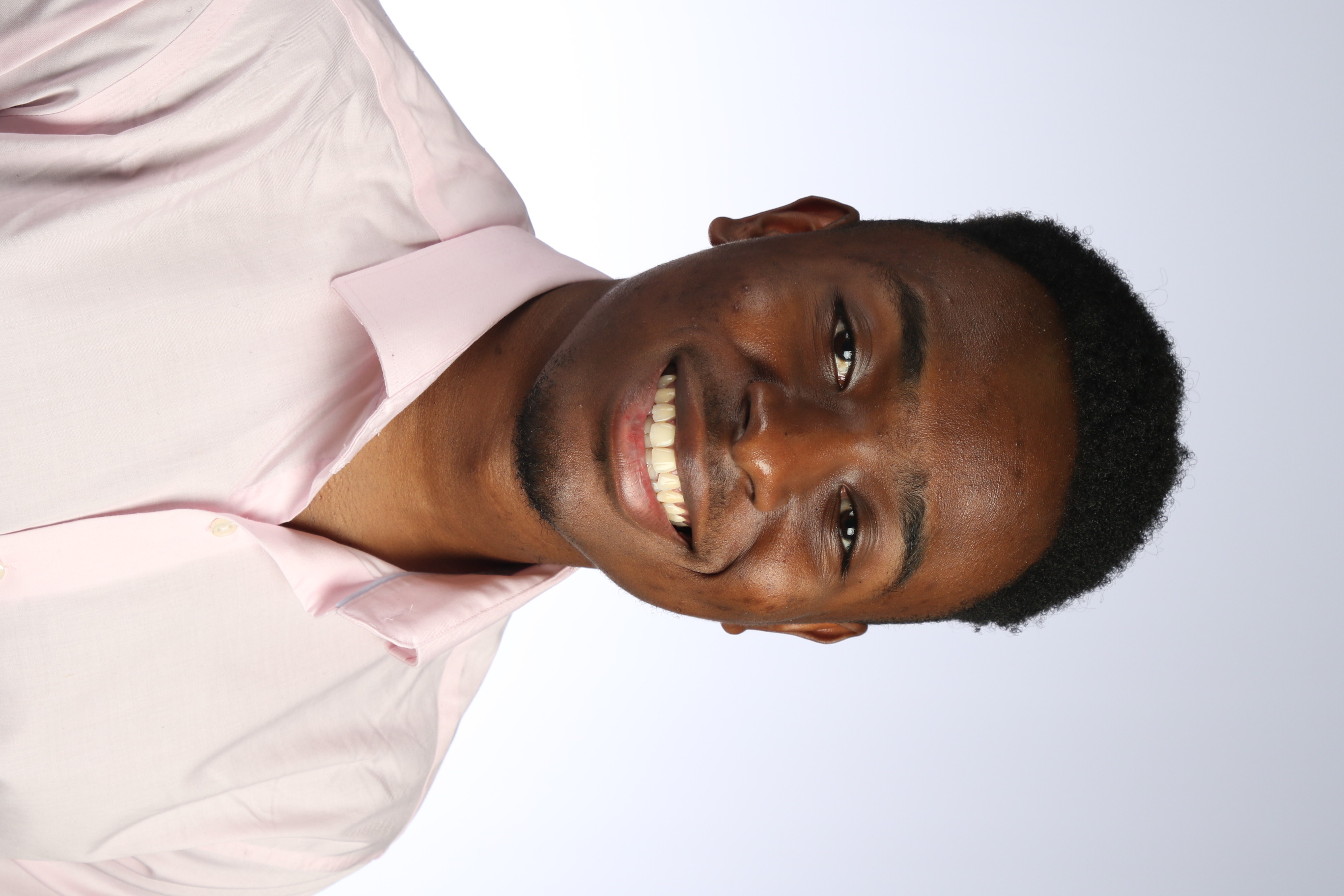
Malik Walker
Johns Hopkins University
Poster Talks Chemistry
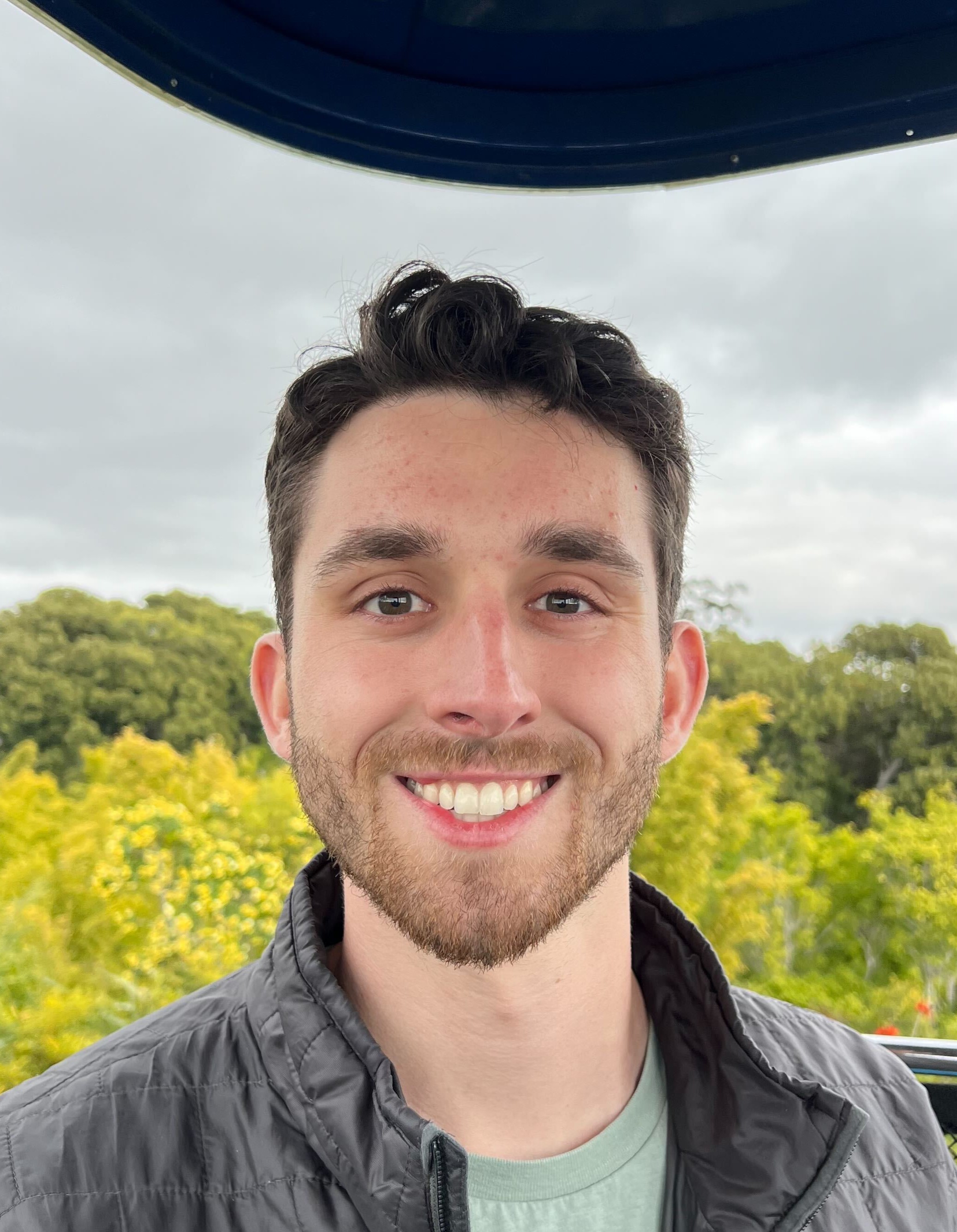
Nathan Harper
California Institute of Technology
Poster Talks Mechanical Engineering
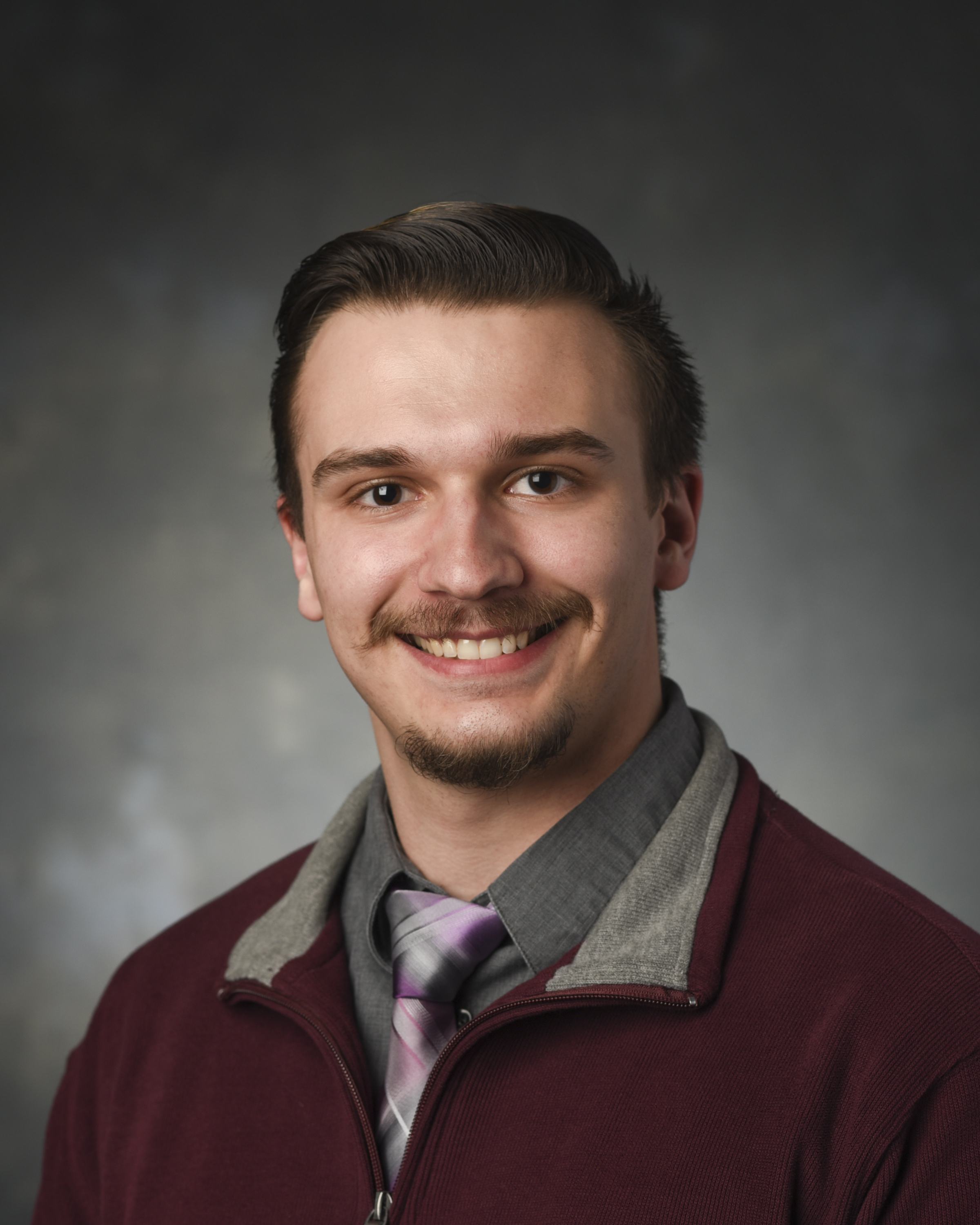
Joseph Molnar
The Pennsylvania State University
DoD Presentation

LaShauna Evans, PhD
Air Force Office of Scientific Research
Poster Talks Physics
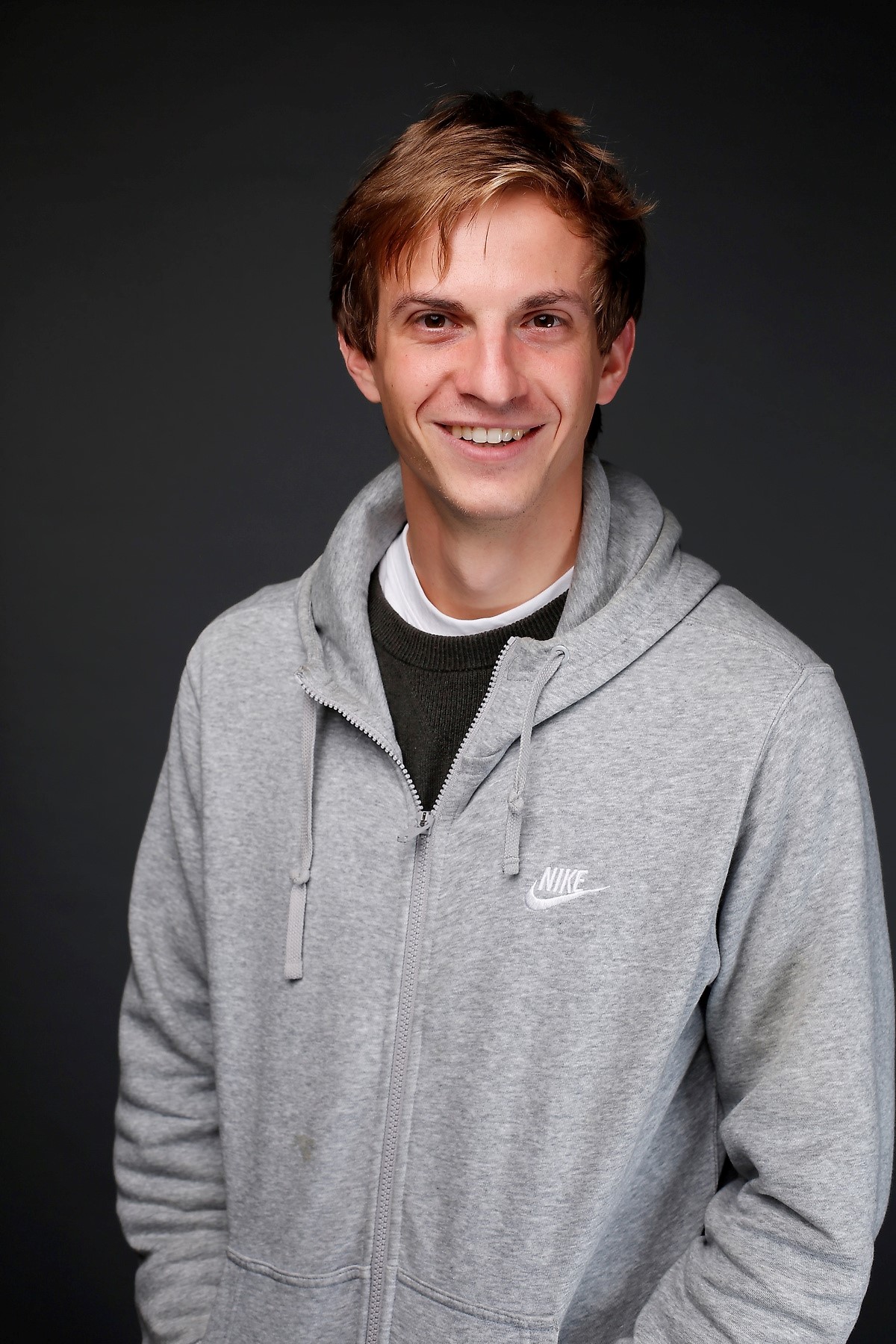
Eric Wolf
Massachusetts Institute of Technology
Poster Talks Chemistry
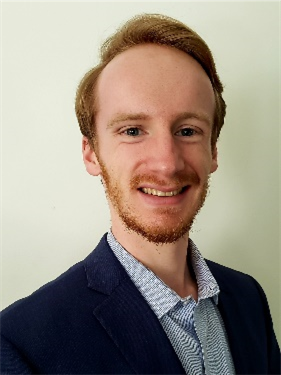
Broderick Johnson
Northwestern University
Poster Talks Computer Science
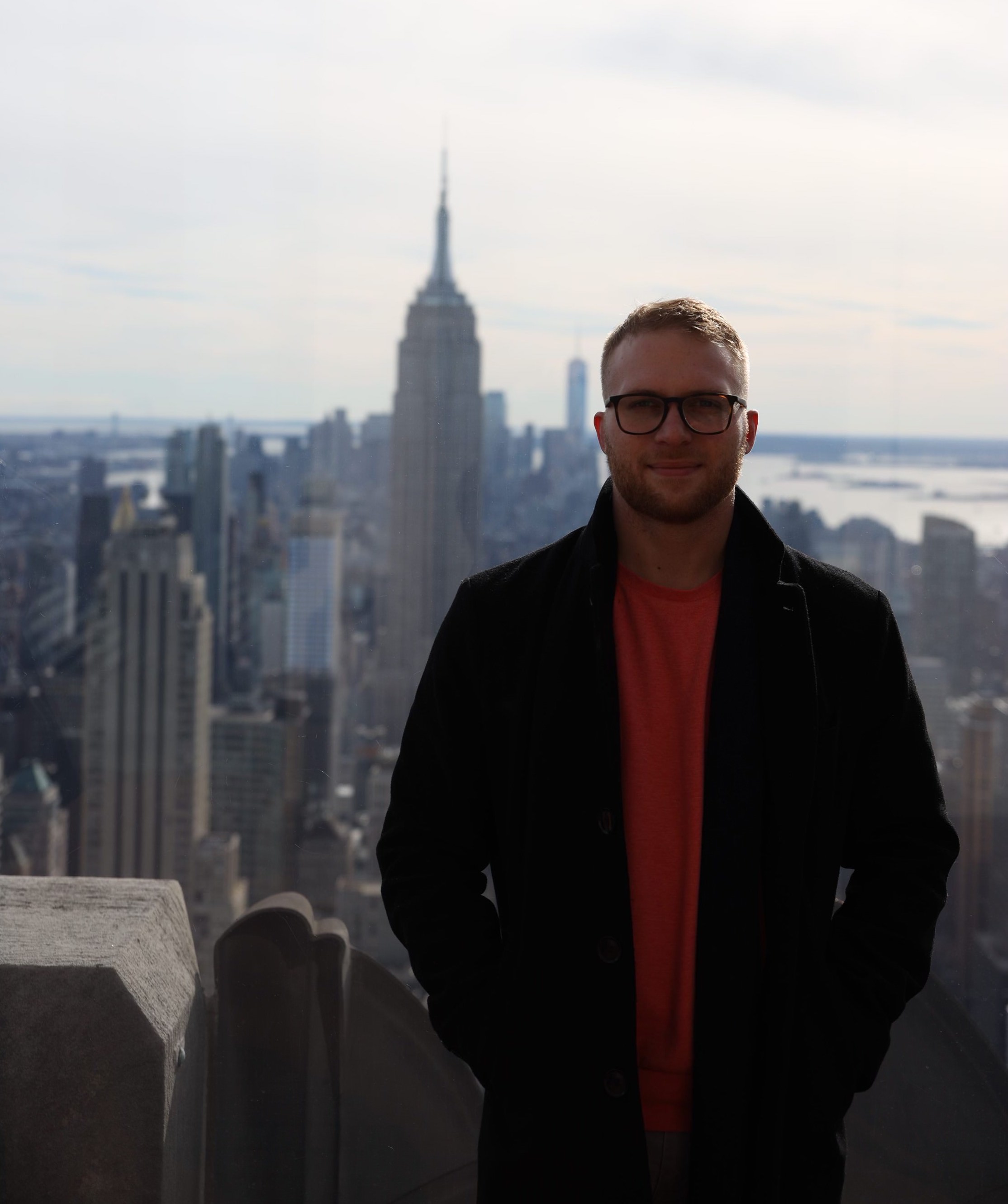
Keegan Harris
Carnegie Mellon University
Poster Talks Mechanical Engineering
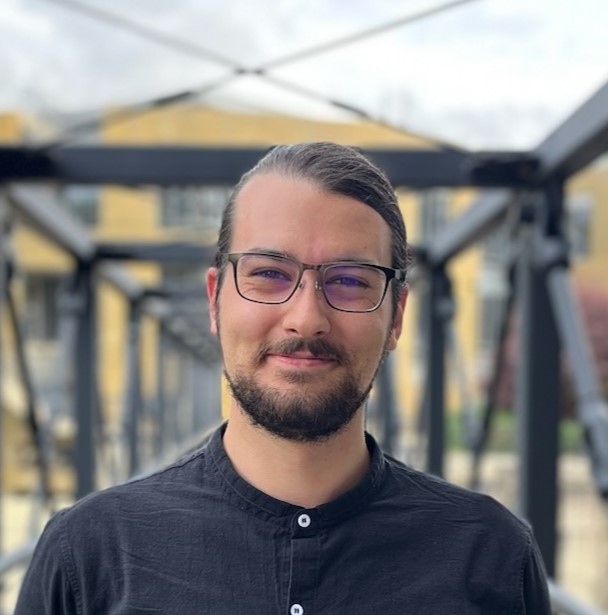
Christoph Nuesslein
Georgia Institute of Technology
Poster Talks Physics
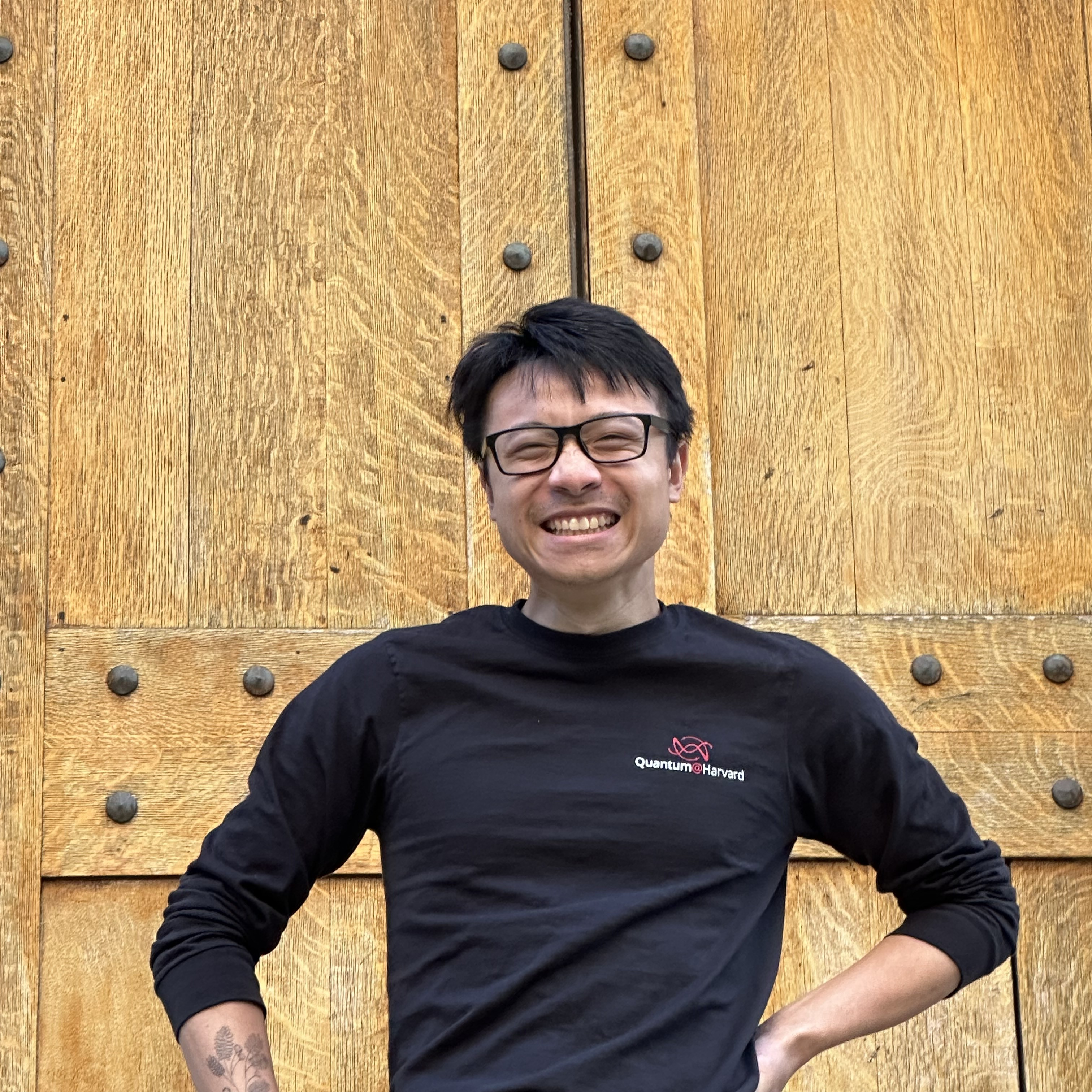
Matthew Yeh
Harvard University
Poster Talks Chemistry
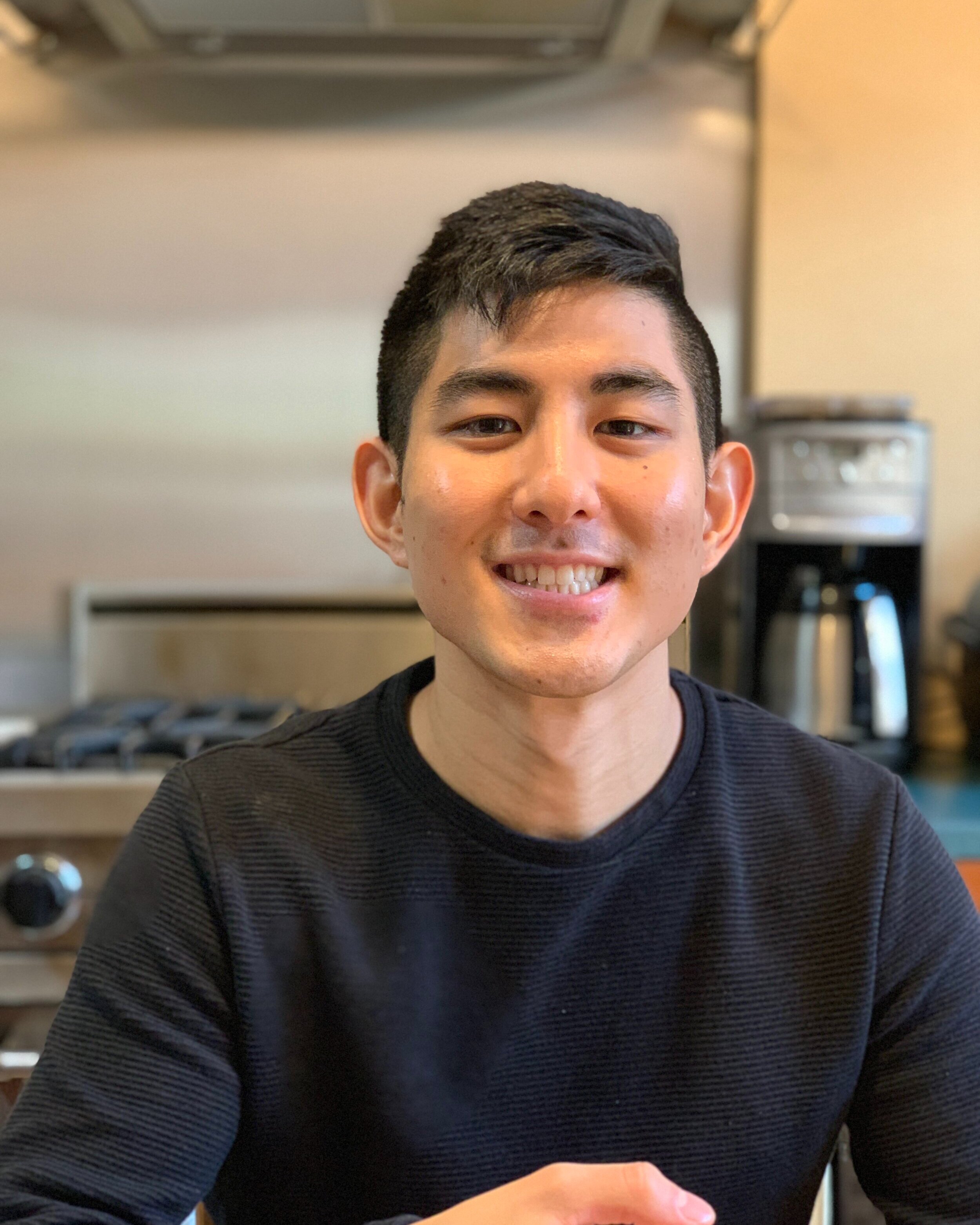
Masamu Kawada
University of California, Irvine
Poster Talks Computer Science
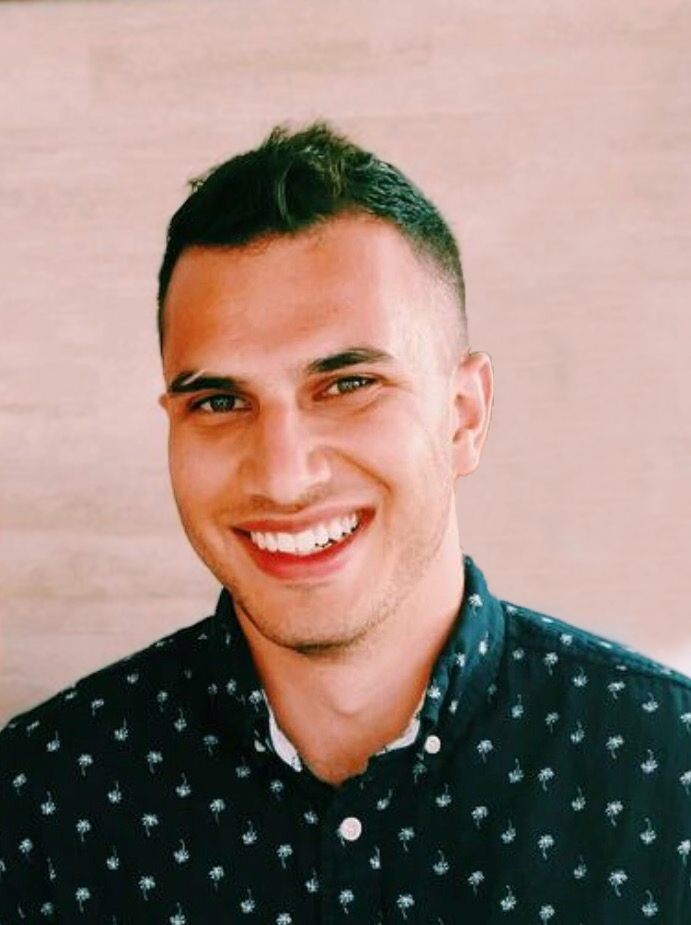
Andreas Kellas
Columbia University
Poster Talks Mechanical Engineering
Kayla Bell, AFOSR, University of Alabama
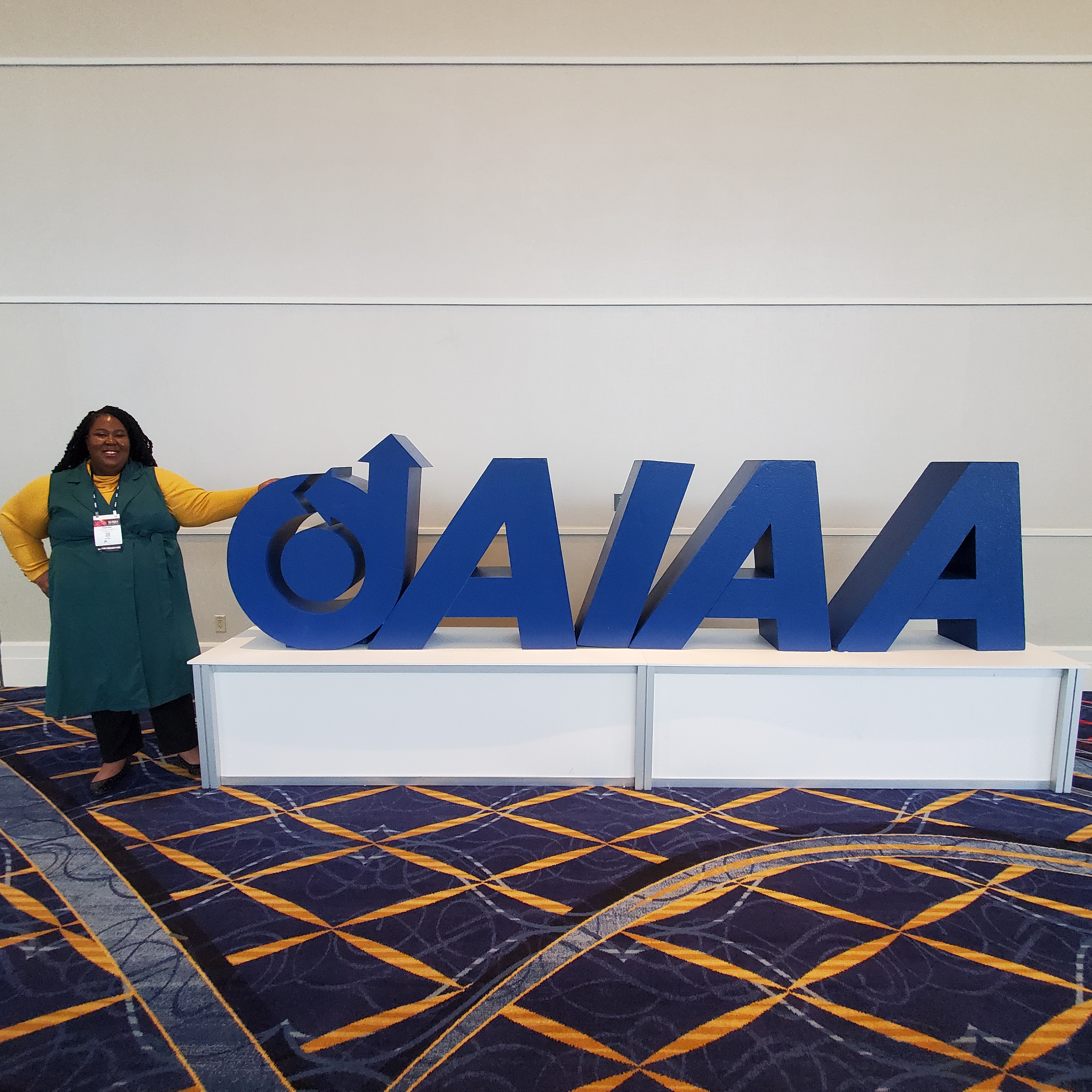
Kayla Bell
The University of Alabama
DoD Presentation

Ashley Morgan
Air Force Research Laboratory (AFRL)/DPPT

Cheryl Renee Bitner
AFC, DEVCOM Army Research Laboratory, Army Research Laboratory
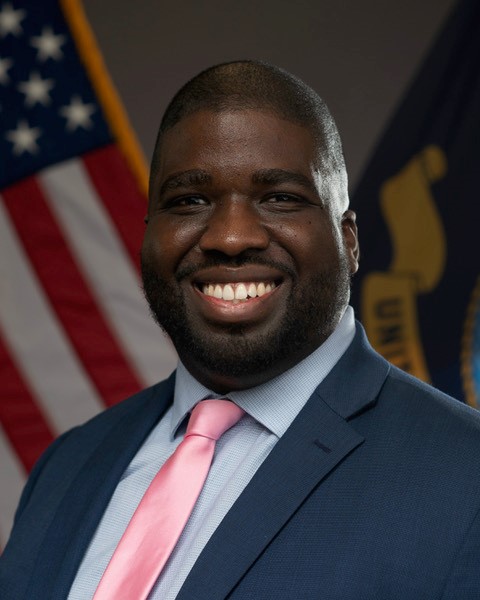
Morgan Haynes
U.S. Naval Research Laboratory
LUNCH
Lunch Panel Discussion

Gregory Lieberman, PhD
DEVCOM ARL Army Research Office

Michele Gaudreault, PhD
United States Space Force

Ananthram Swami, PhD
DEVCOM Army Research laboratory
Andrew Robertson, PhD
Naval Research Laboratory

William Pat Roach, PhD
Air Force Office of Scientific Research/CL
BREAK
DoD Presentation
DoD Research Funding Opportunities
(DEPSCoR, DURIP, MURI, SFFP, YIP)

Edward Lee
Air Force Office of Scientific Research (AFOSR)

Kimberly Jacoby Morris, PhD
Air Force Office of Scientific Research (AFOSR)
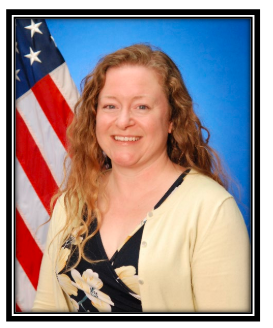
Katie Wisecarver
Air Force Office of Scientific Research (AFOSR)

Ellen Robinson
Air Force Office of Scientific Research (AFOSR)
Reginald Williams, PhD
Office of Naval Research (ONR)
Poster Talks Aero/Astro
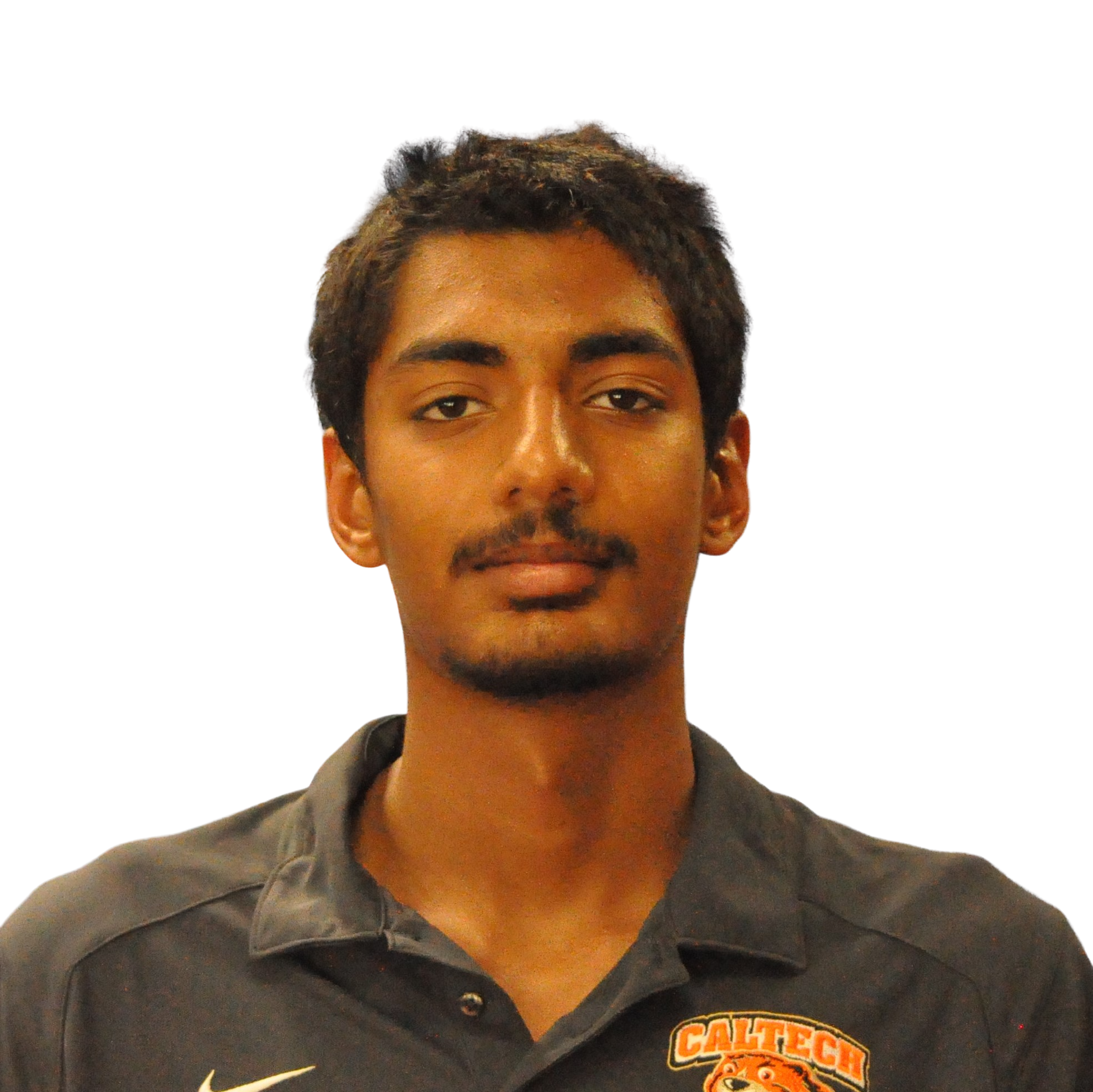
Rahul Arun
California Institute of Technology
BREAK
Lunch Prep
Poster Talks Chemistry
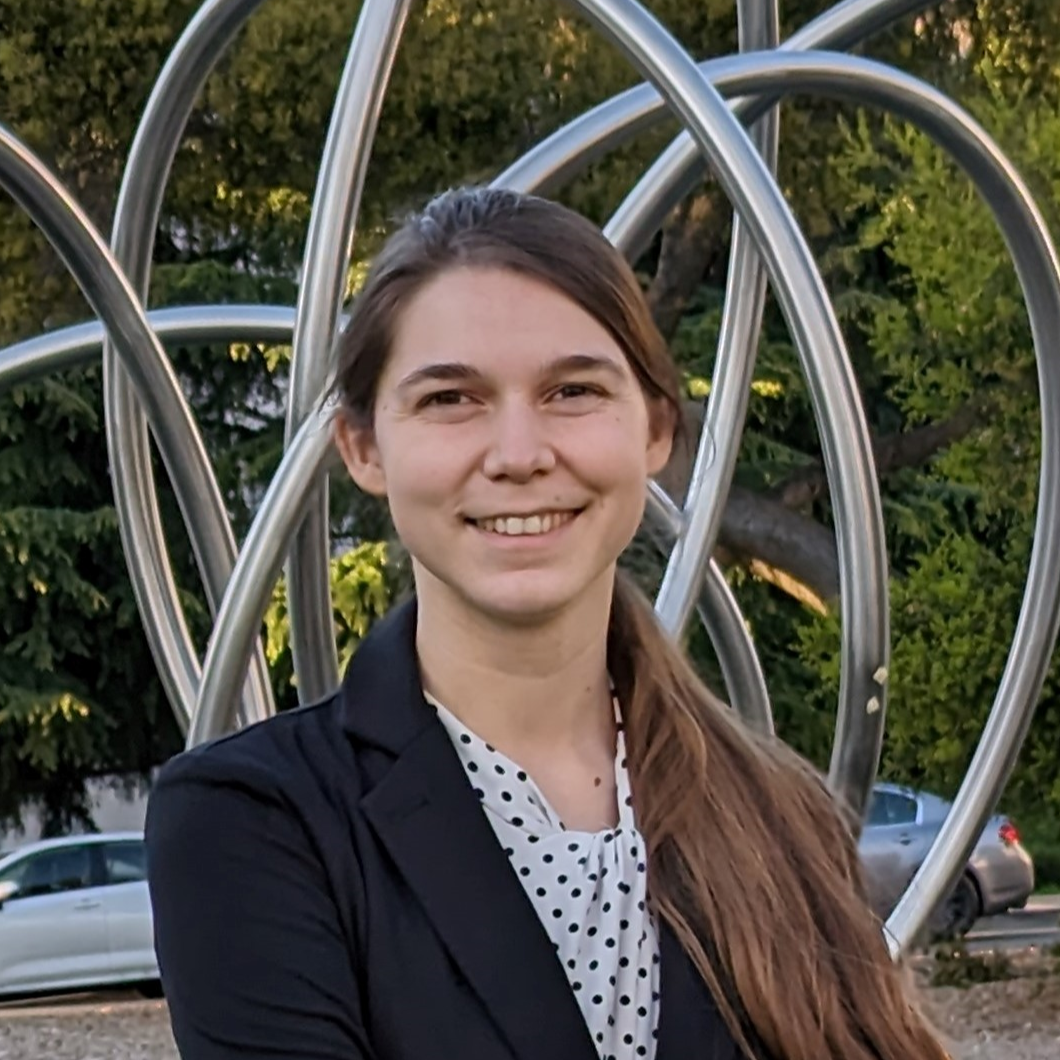
Elizabeth Lineberry
University of California, Berkeley
Poster Talks Computer Science
Poster Talks Mechanical Engineering
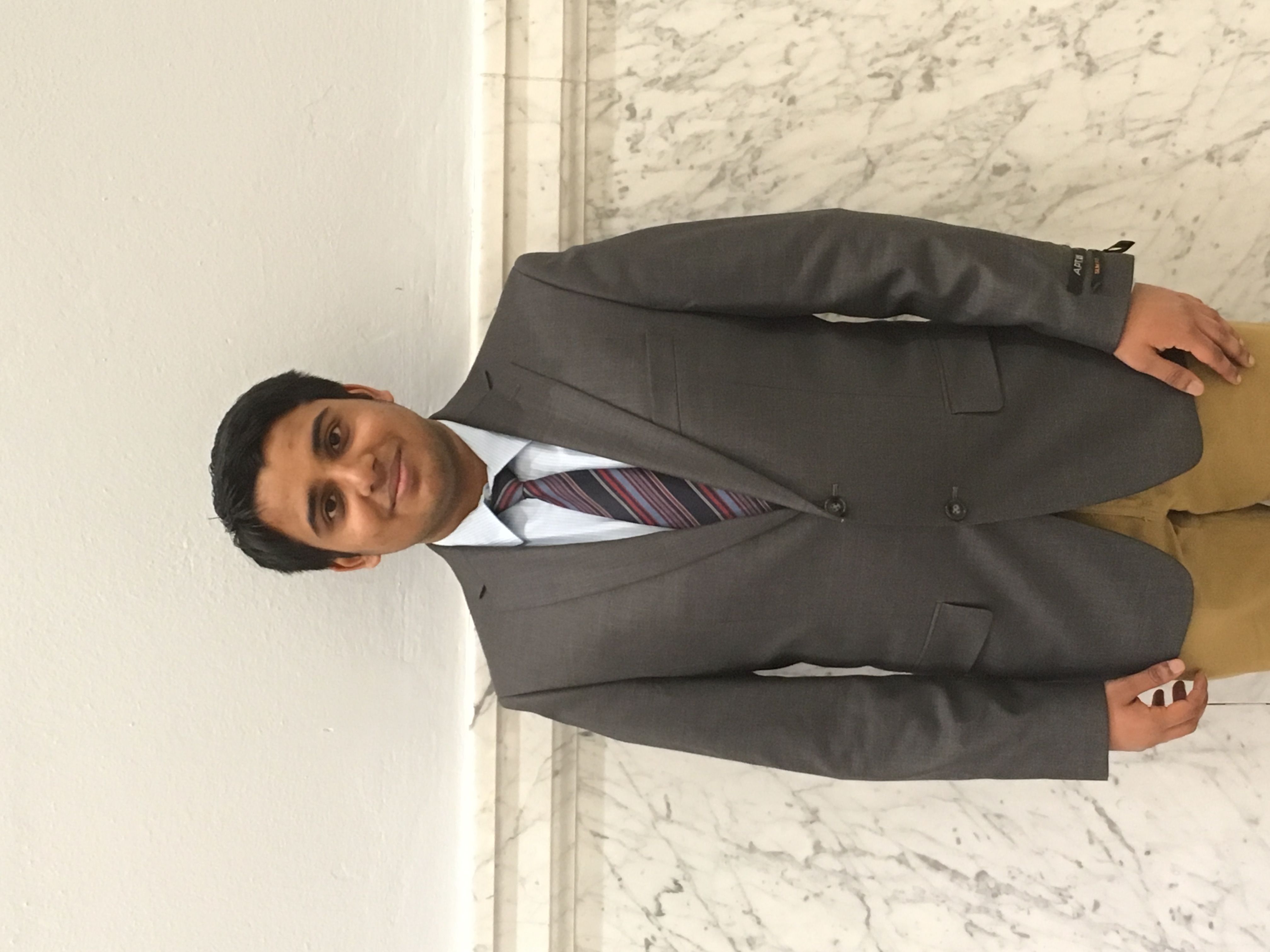
Abhinav Ramkumar
Purdue University
Poster Talks Aero/Astro
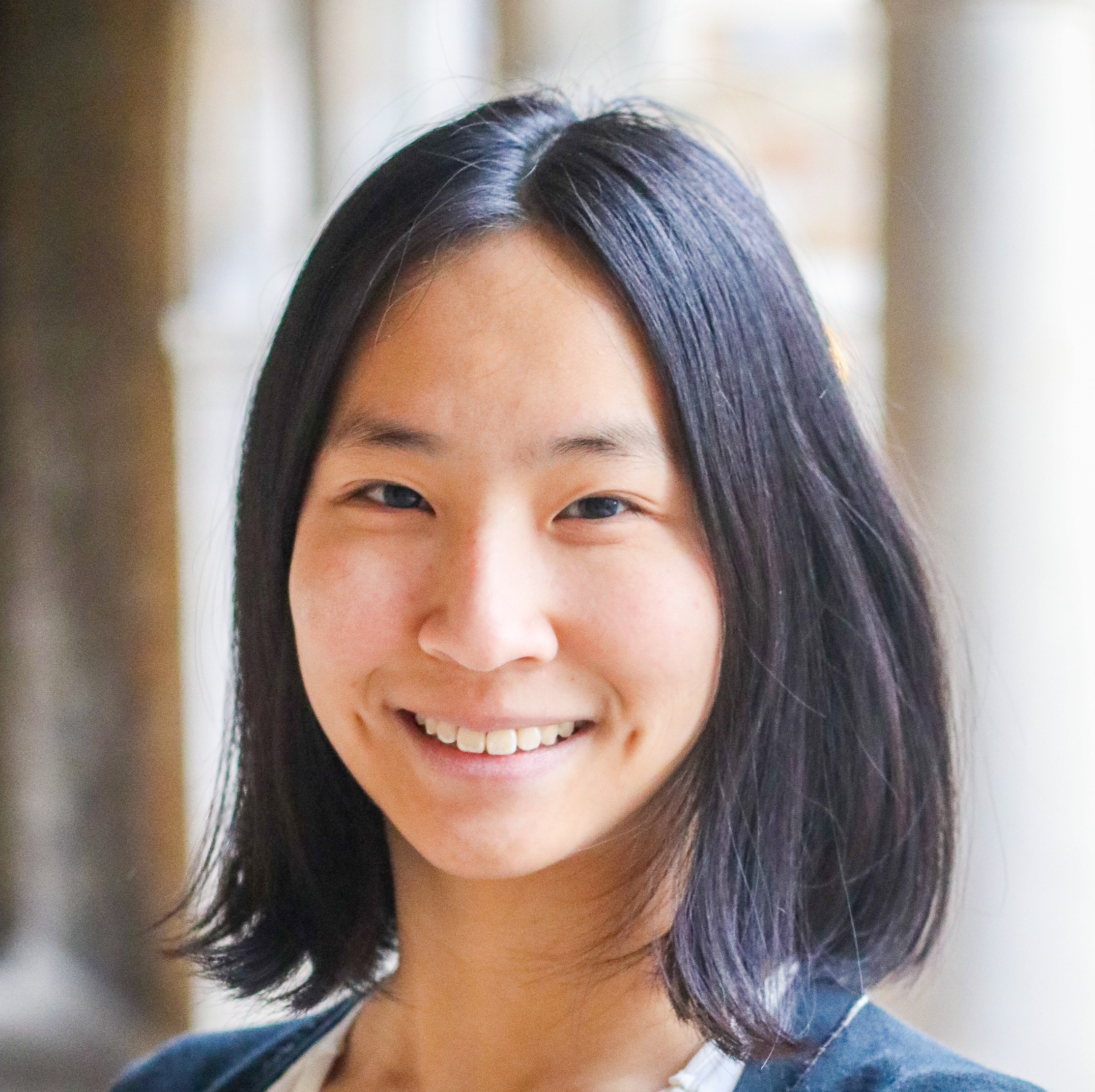
Jasmine Chang
University of Michigan
Poster Talks Chemistry
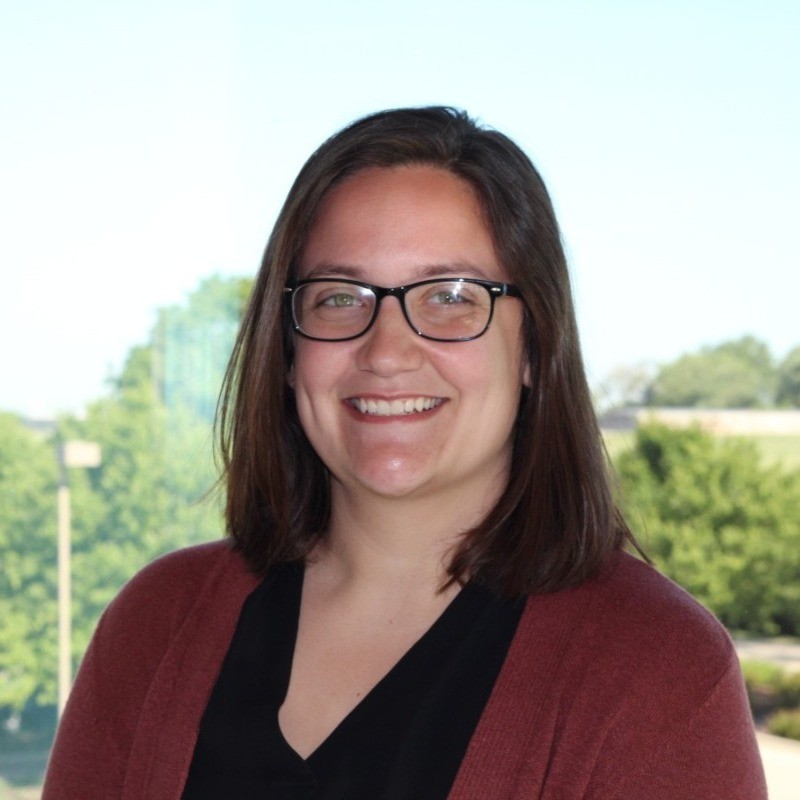
Abigail Linhart
University of Tennessee - Knoxville
Poster Talks Computer Science
Poster Talks Mechanical Engineering
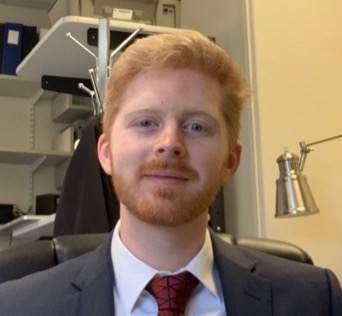
Eric Stewart
Massachusetts Institute of Technology
Poster Talks Aero/Astro
Maison Clouatre, ONR, Massachusetts Institute of Technology
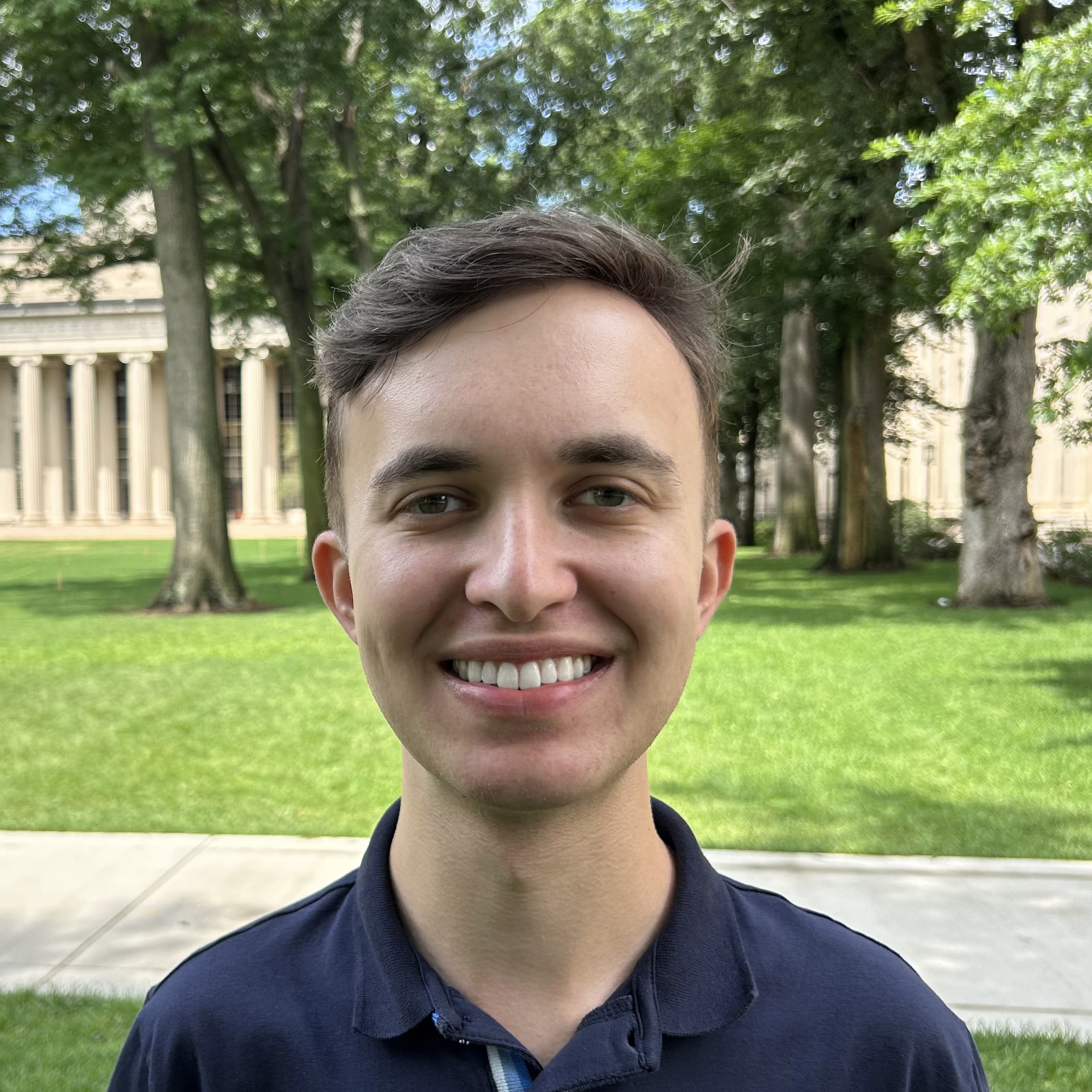
Maison Clouatre
Massachusetts Institute of Technology
Poster Talks Chemistry
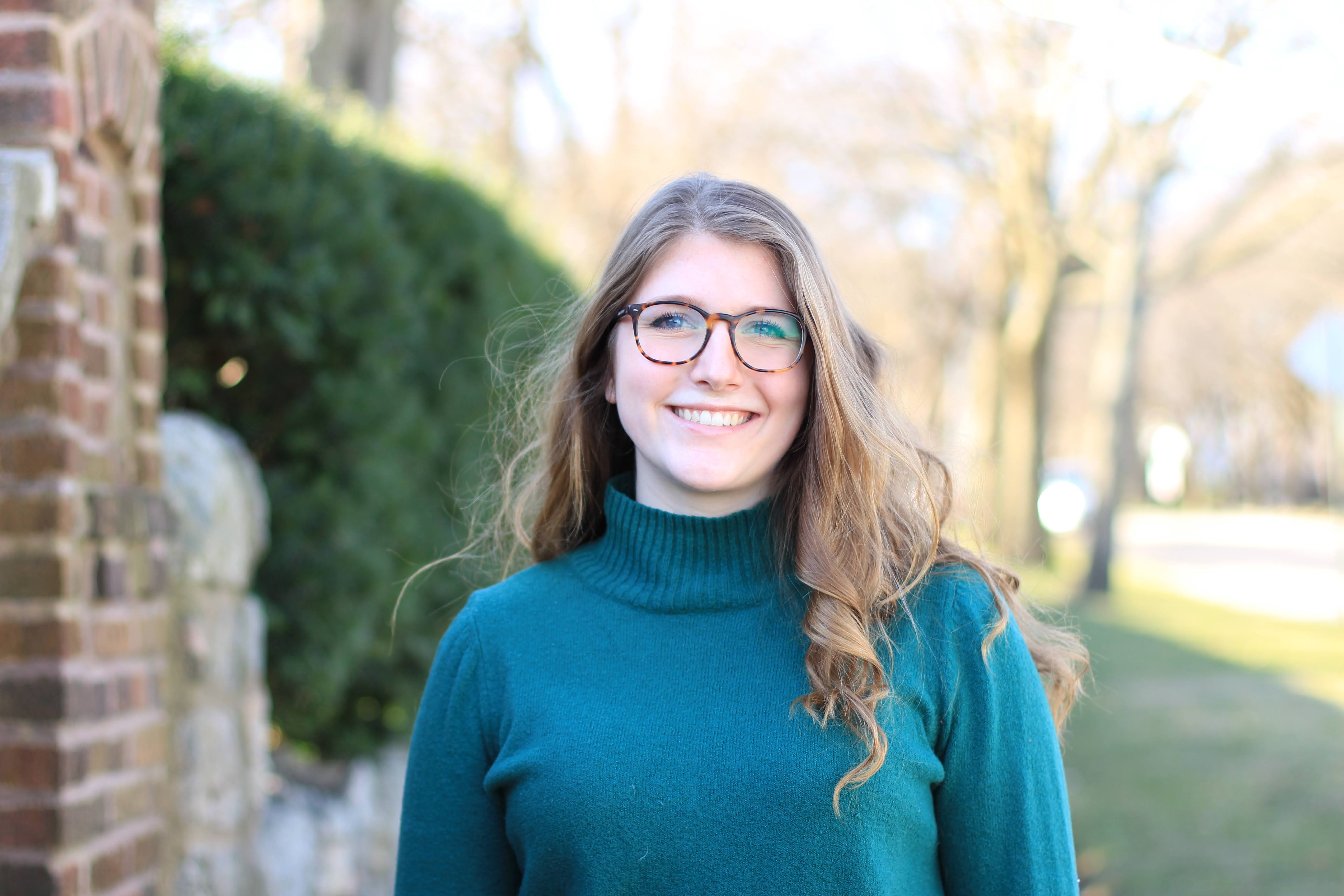
Ashley Nensel
Northwestern University
Poster Talks Computer Science
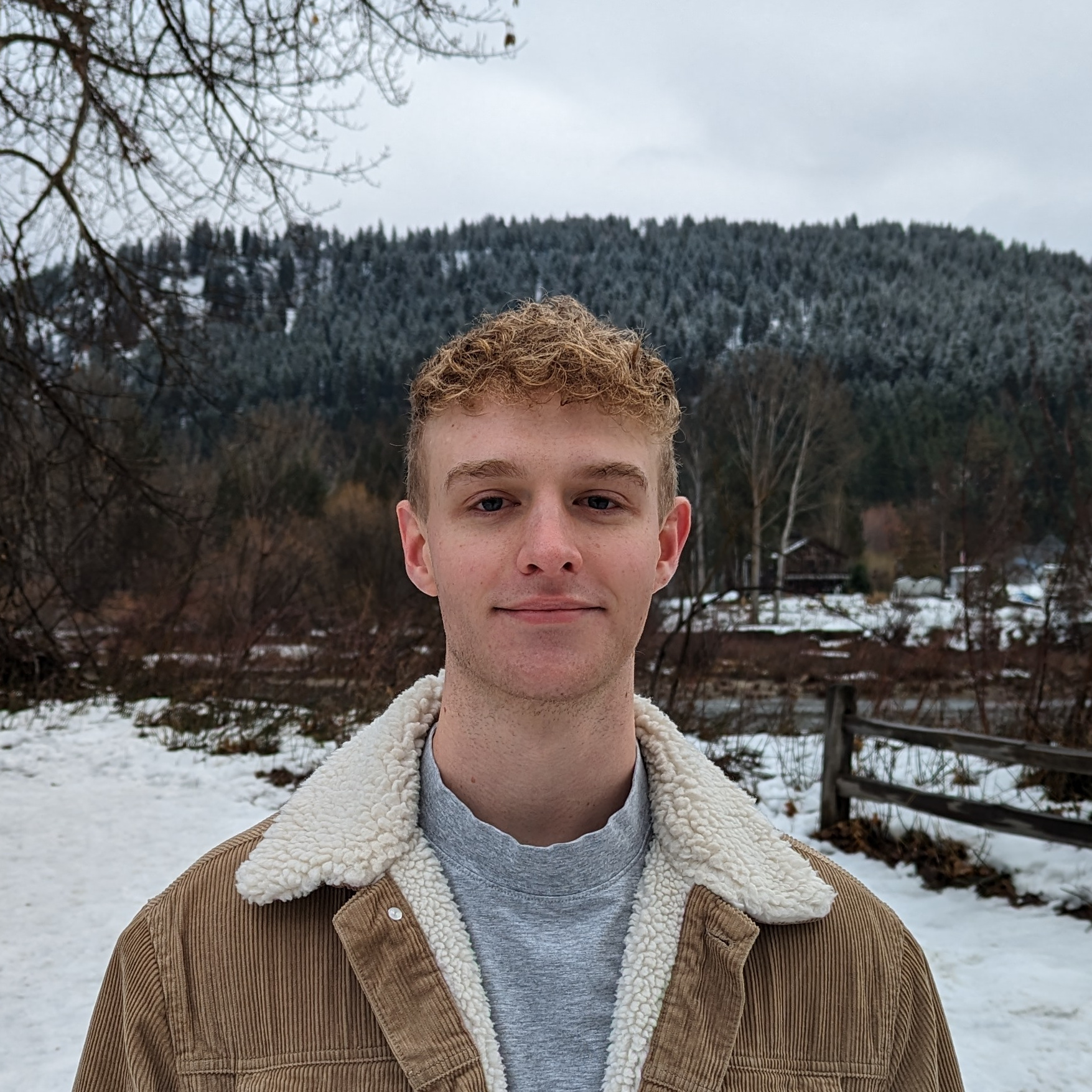
Evan Palmer
Oregon State University
Poster Talks Mechanical Engineering
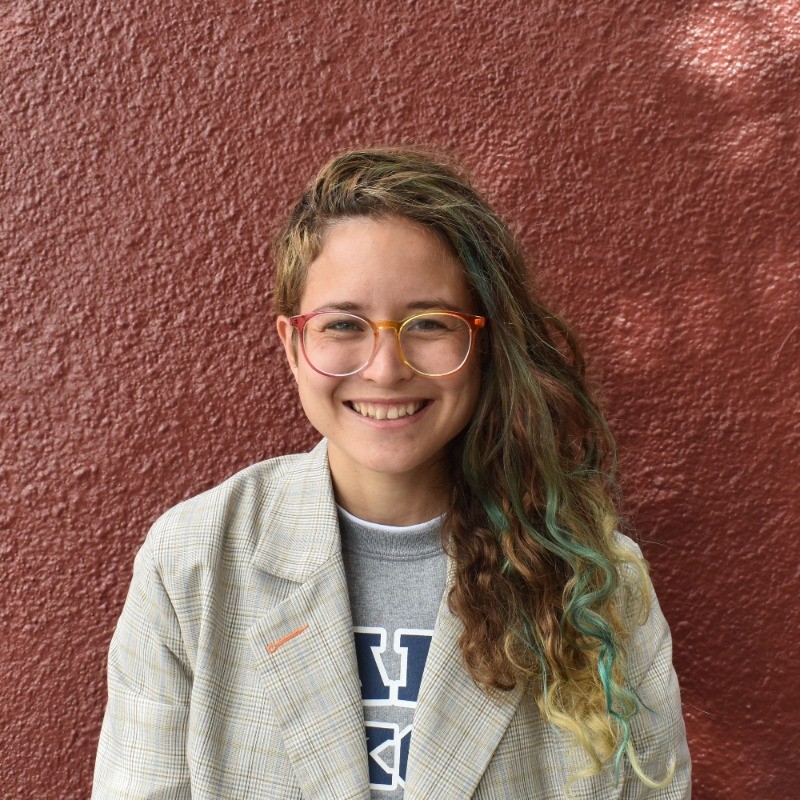
Claire Traweek
Harvard University
Poster Talks Aero/Astro
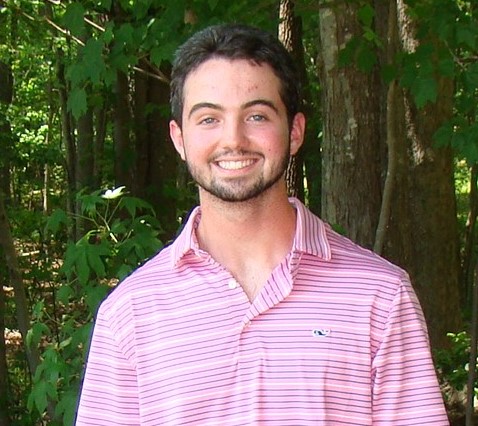
Ryan DeBoskey
NC State University
Poster Talks Chemistry
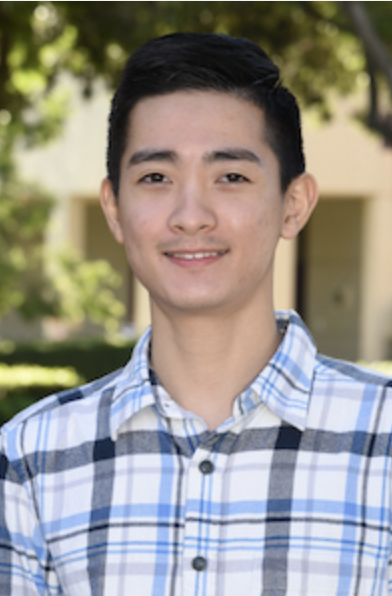
Kaleoani Ogura
University of California Irvine
Poster Talks Computer Science
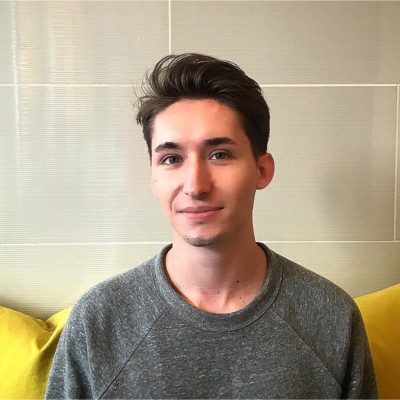
Michael Piseno
Stanford University
Poster Talks Mechanical Engineering
DoD Presentation
DEIA Presentation
DoD HBCU/MSI Program Manager

Evelyn Kent
Defense Pentagon
Treva Brown
Poster Talks Aero/Astro
Poster Talks Chemistry
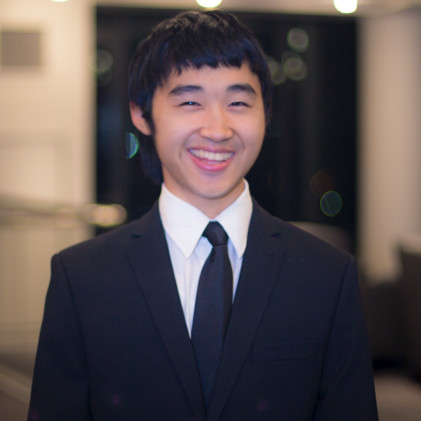
Yuki Osumi
Johns Hopkins University
Poster Talks Computer Science
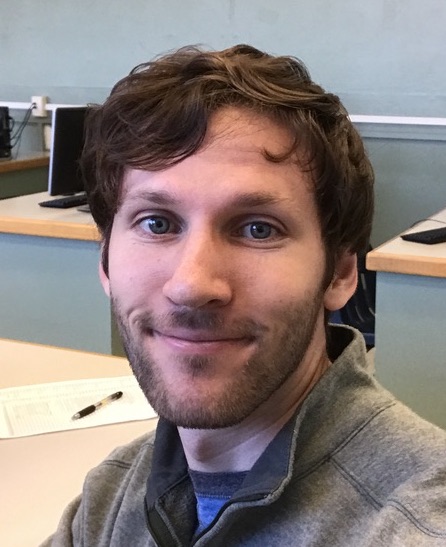
Joseph Reeves
Carnegie Mellon University
Poster Talks Mechanical Engineering
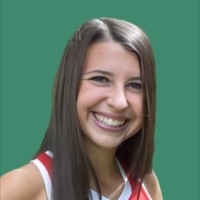
Gabrielle Wink
Northwestern University
Poster Talks Aero/Astro
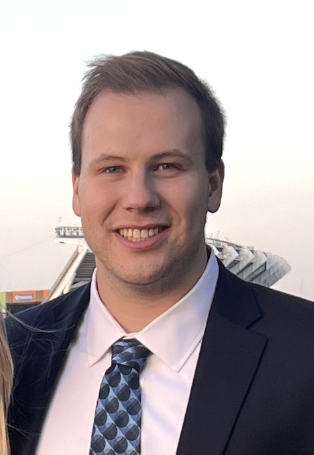
James Fields
The Ohio State University
Poster Talks Chemistry
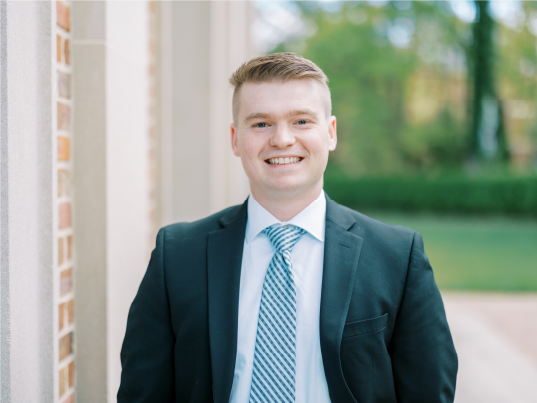
John Dickenson
University of North Carolina at Chapel Hill
Poster Talks Computer Science
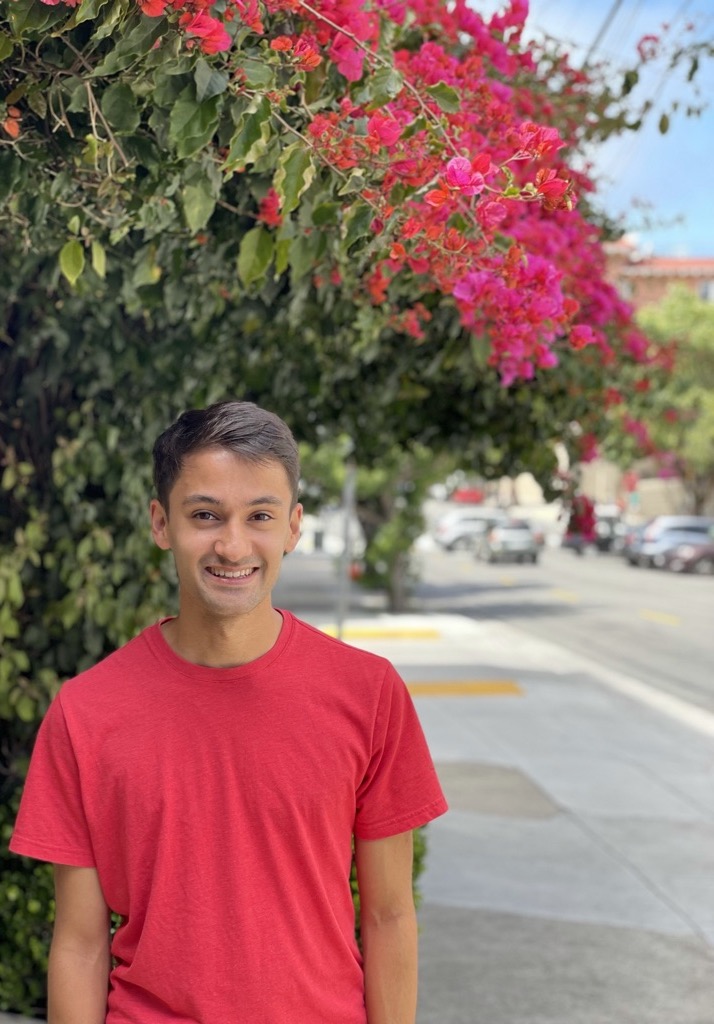
Bhaskar Roberts
UC Berkeley
Poster Talks Mechanical Engineering
Andrew Curtis, ARO, Northwestern University (2021 Fellow)
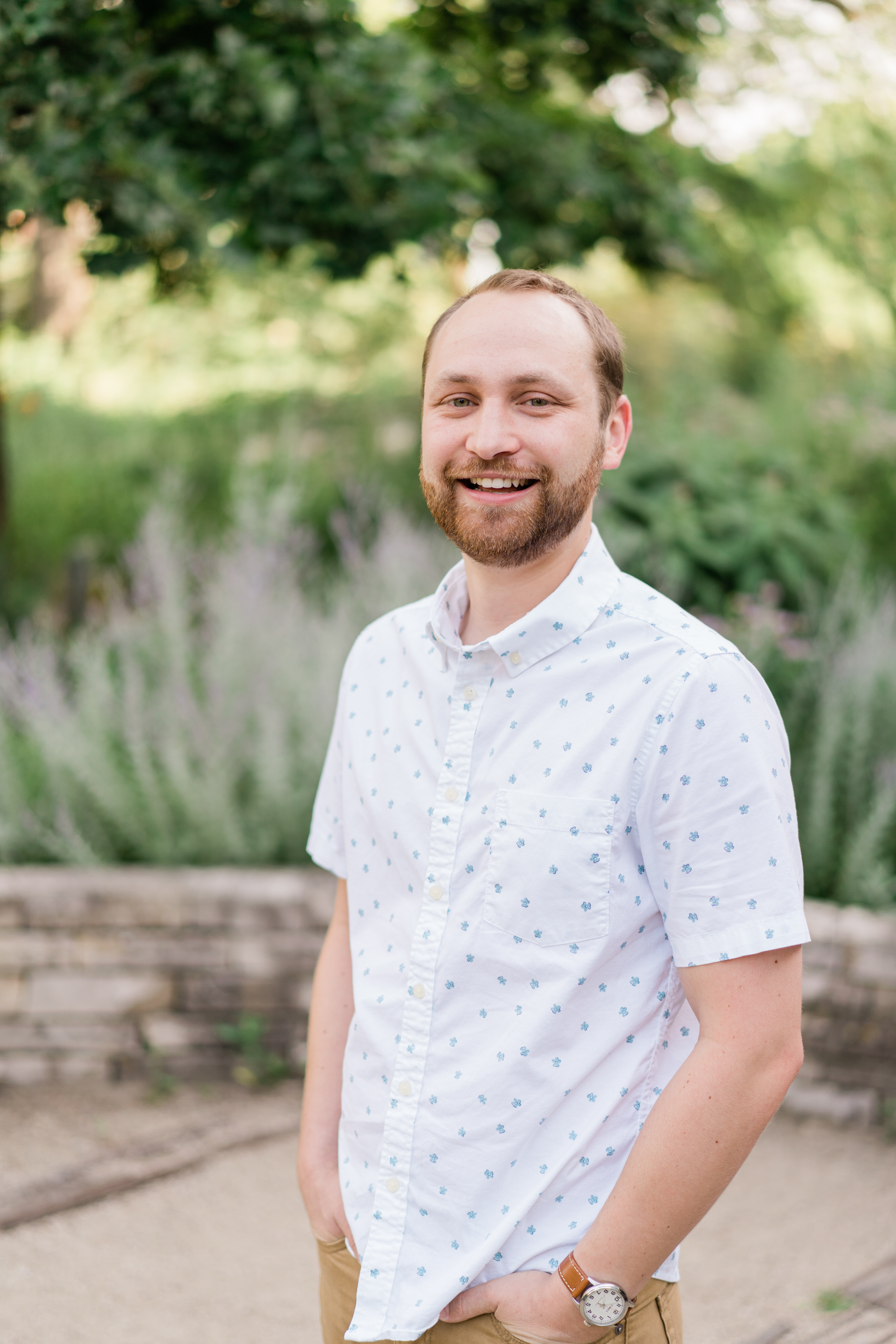
Andrew Curtis
Northwestern University
POSTER EXHIBIT HALL OPEN
DoD Presentation
Laura Steckman, PhD
Air Force Office of Scientific Research
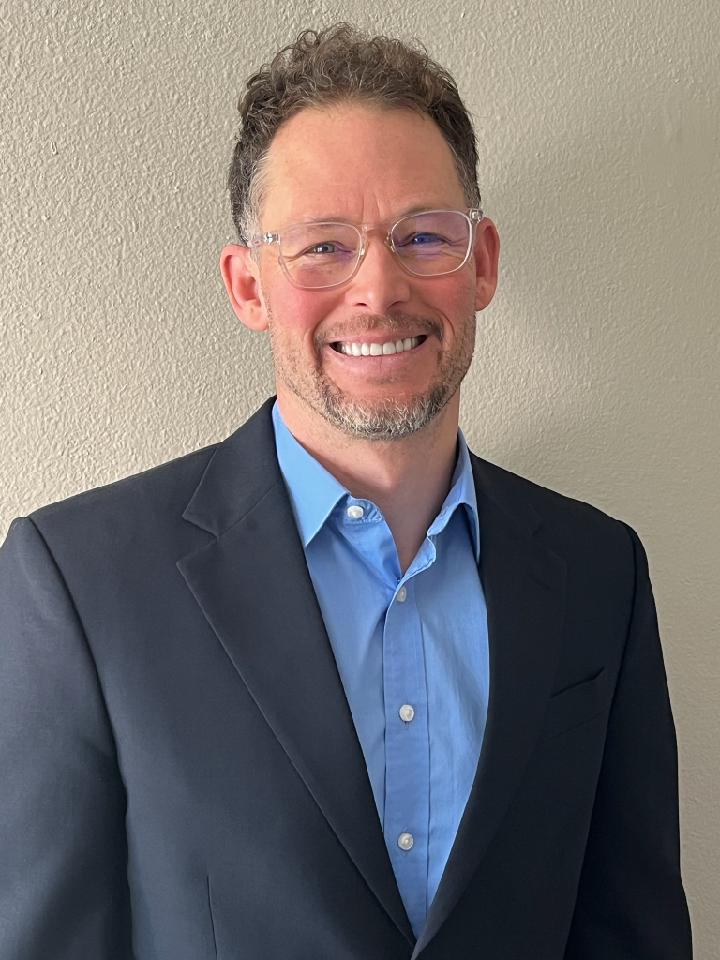
Gregory Ruark, PhD
Army Research Office, DEVCOM Army Research Laboratory ARL

Benjamin Whitmore, PhD
Naval Information Warfare Center (NIWC) - Pacific
Poster Talks Aero/Astro
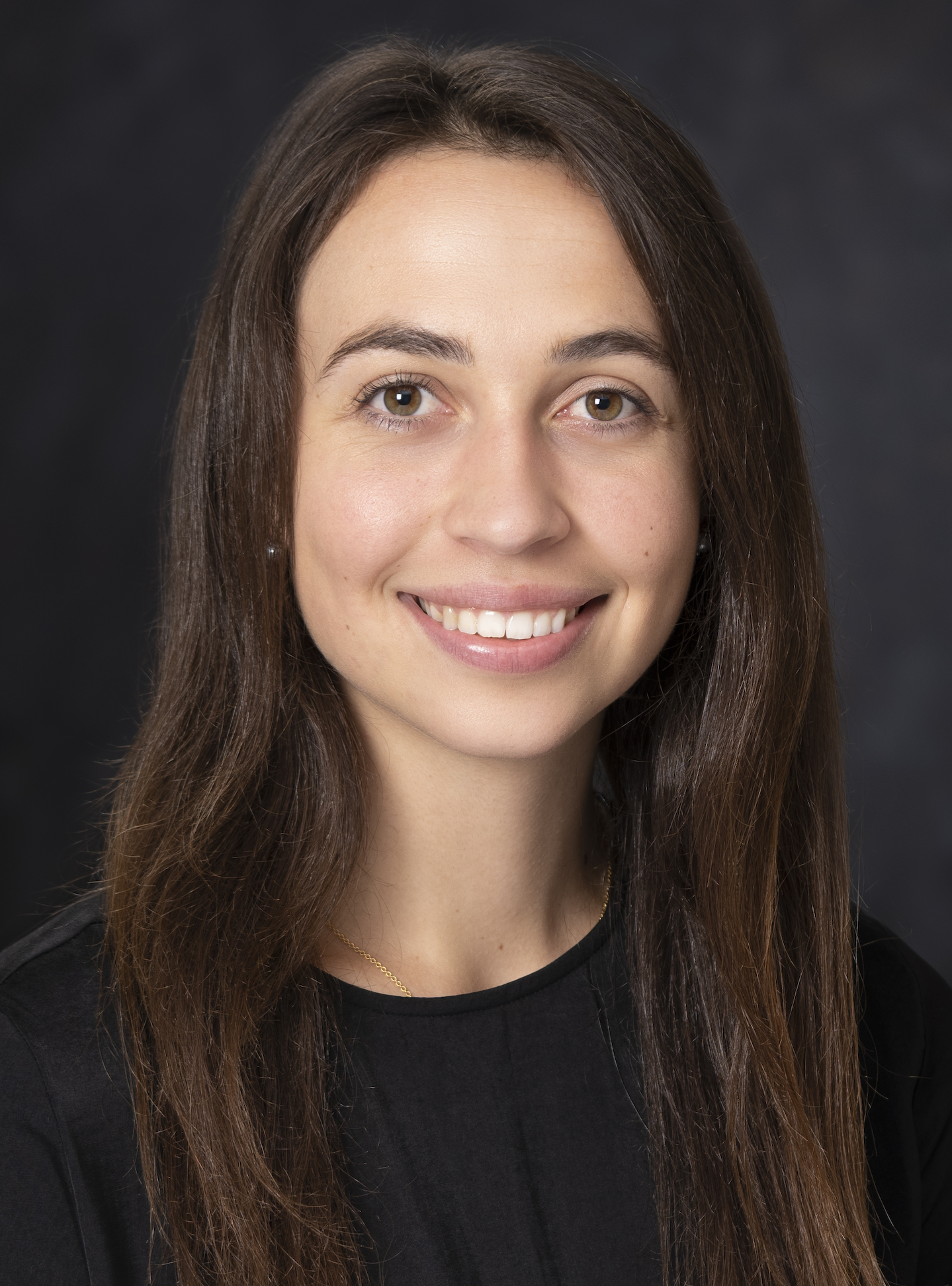
Alexandra Forsey-Smerek
Massachusetts Institute of Technology
Poster Talks Chemistry
Clair Travis, AFOSR, Massachusetts Institute of Technology (2021 Fellow)
Poster Talks Aero/Astro
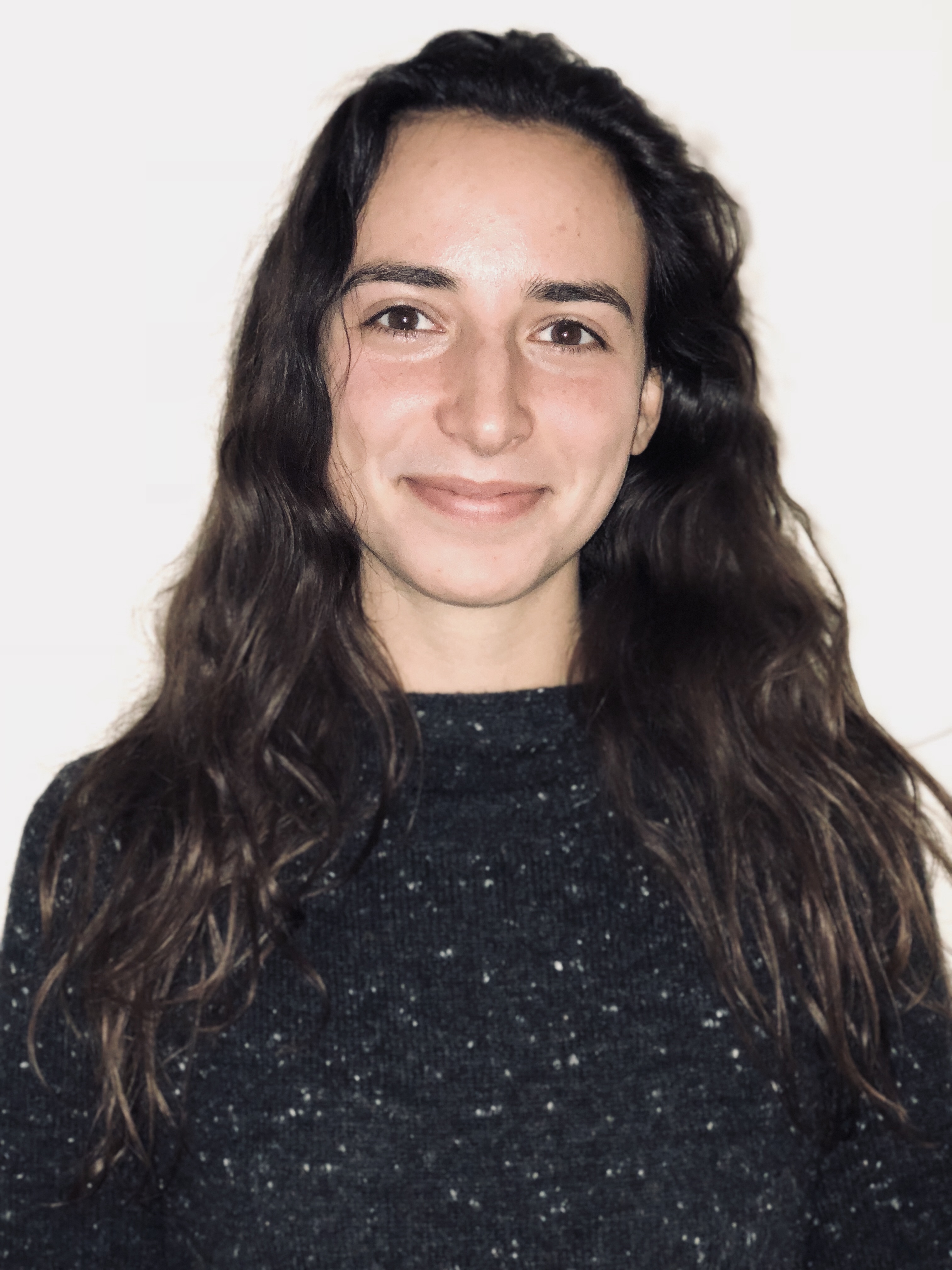
Jennifer Horing
University of Colorado Boulder
Poster Talks Physics
Natalie Schultz, AFOSR, University of Arizona (2021 Fellow), Physics
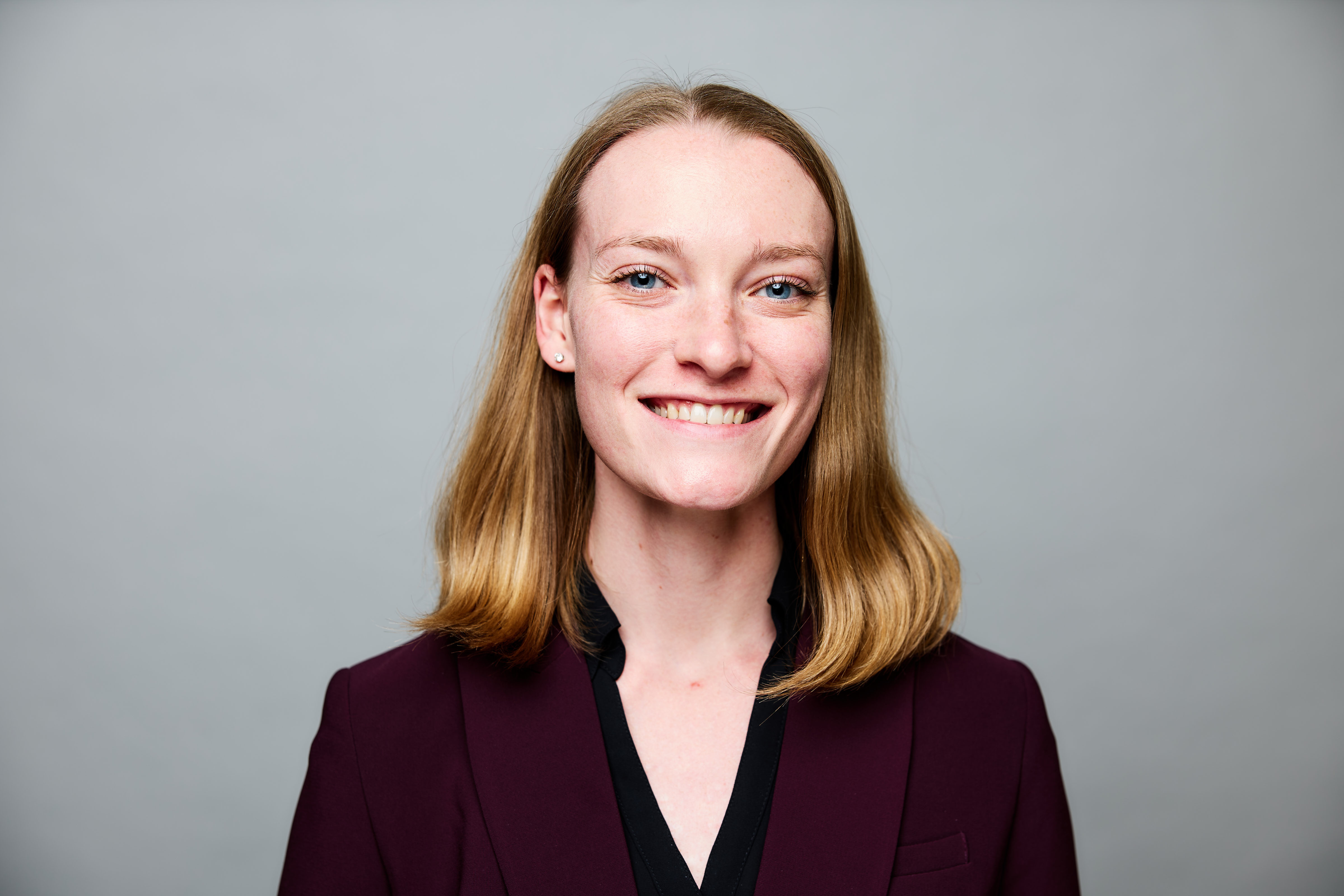
Natalie Shultz
University of Arizona
Poster Talks Physics
Alexander Zlokapa, AFOSR, Massachusetts Institute of Technology (2021 Fellow), Physics
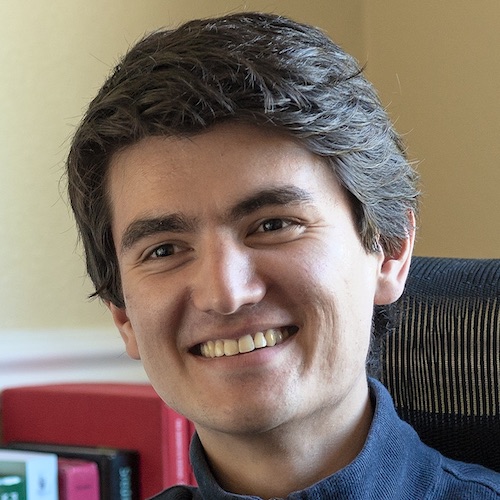
Alexander Zlokapa
Massachusetts Institute of Technology
Poster Talks Aero/Astro
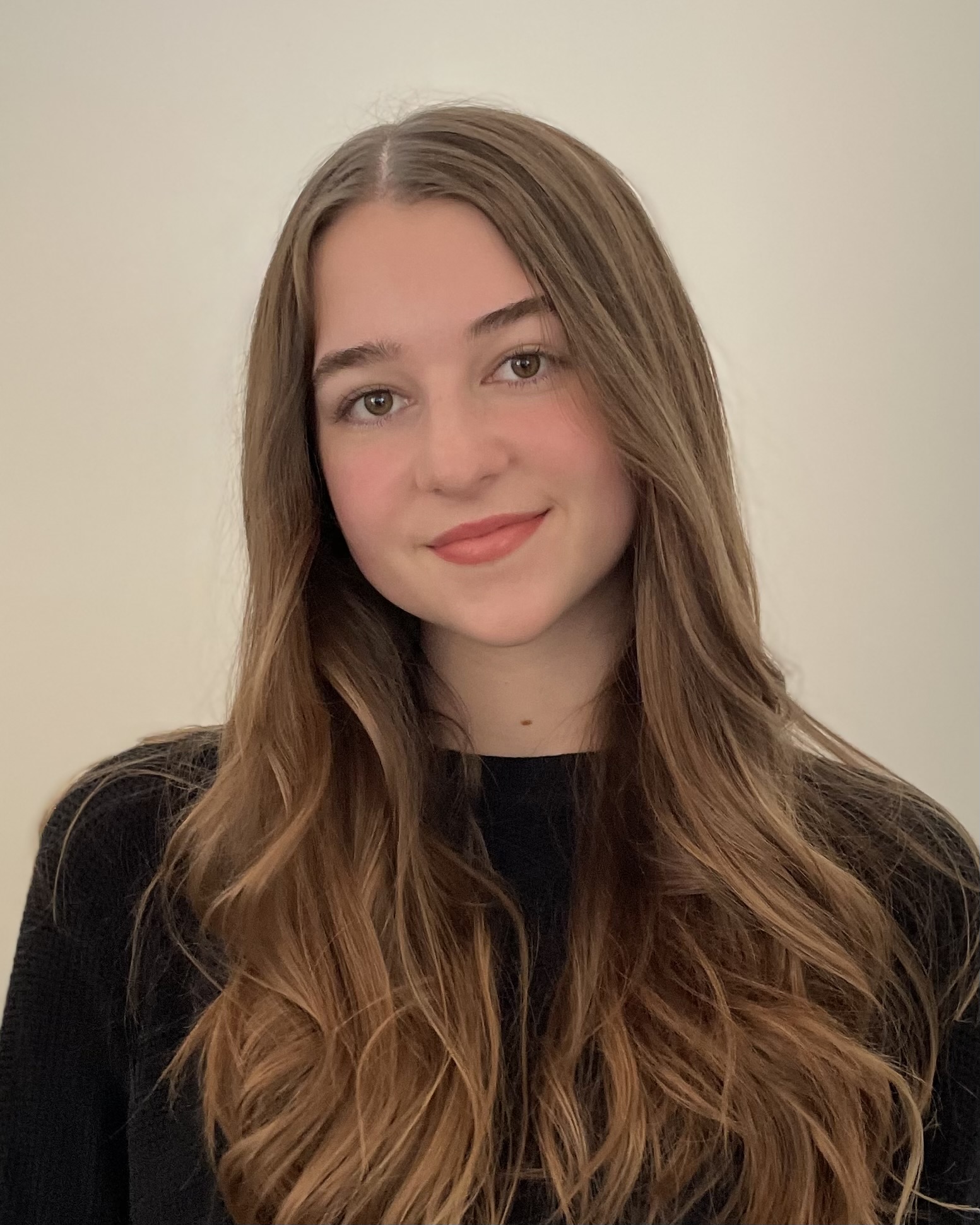
Vanessa Rubien
University of Southern California
DoD Presentation
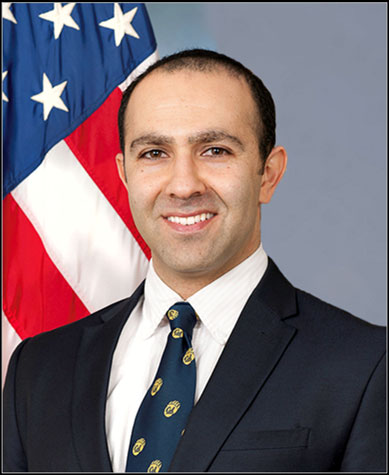
Pete Khooshabeh, PhD
DEVCOM Army Research Laboratory
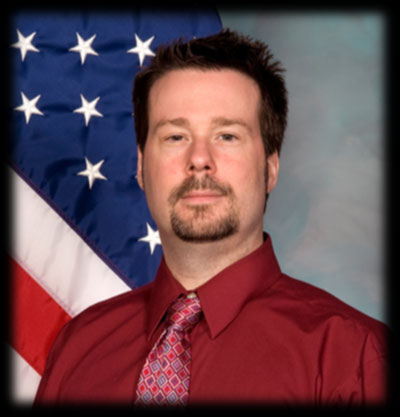
Robert Kania, PhD
Army Research Labs

Shawn Coleman, PhD
US Army Research Laboratory
Poster Talks Aero/Astro
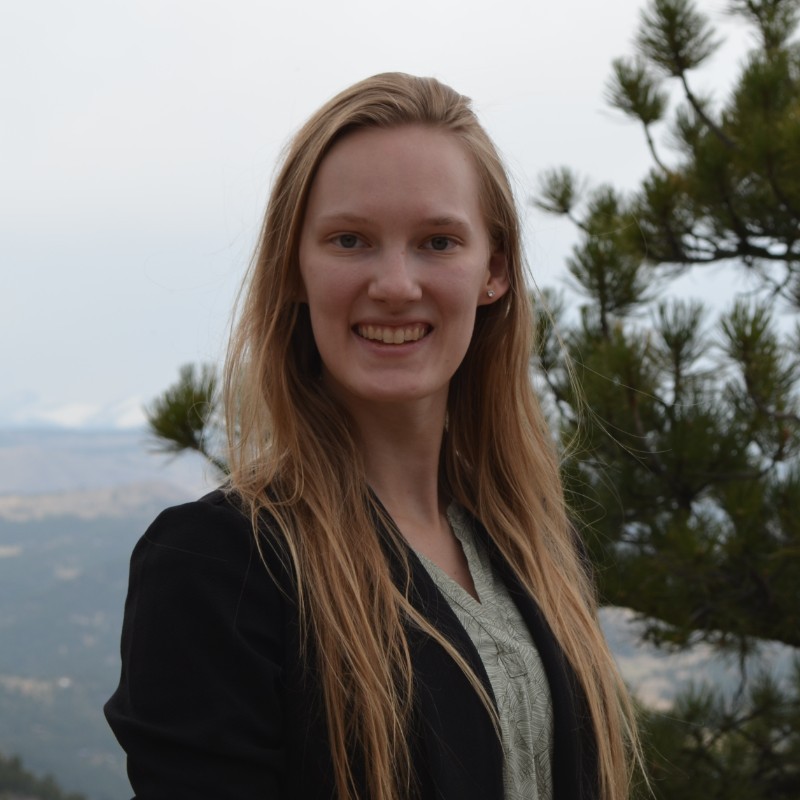
Renee Spear
University of Colorado Boulder
Poster Talks Aero/Astro
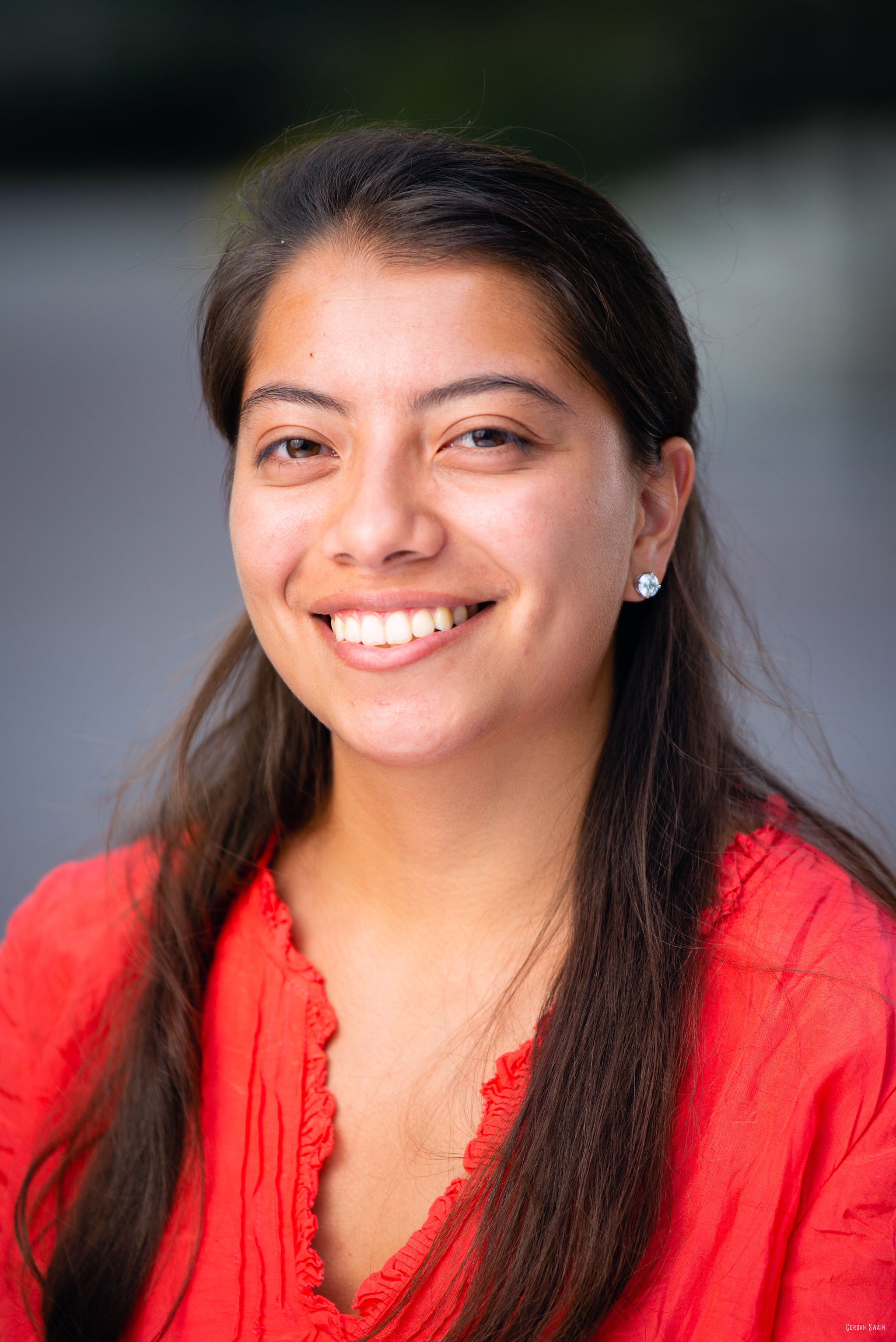
Amanda Toledo Barrios
California Institute of Technology
Fellows To Stand Next to Posters
Evaluator Sessions
Attendee and Career Fair/Exhibitor Registration
DoD Trivia/Agenda at a glance
Learn about the various inventions and discoveries created within DoD
Poster/Exhibit Hall Open - Fellows to Stand next to Posters
DoD and Fellows Networking Sessions
DoD Presentation
D0D Research Funding Opportunities
DEPSCoR, DURIP, MURI, SFFP, YIP)

Edward Lee
Air Force Office of Scientific Research (AFOSR)

Kimberly Jacoby Morris, PhD
Air Force Office of Scientific Research (AFOSR)

Ellen Robinson
Air Force Office of Scientific Research (AFOSR)

Katie Wisecarver
Air Force Office of Scientific Research (AFOSR)
Reginald Williams, PhD
Office of Naval Research (ONR)
Poster Talks Aero/Electical Engineering
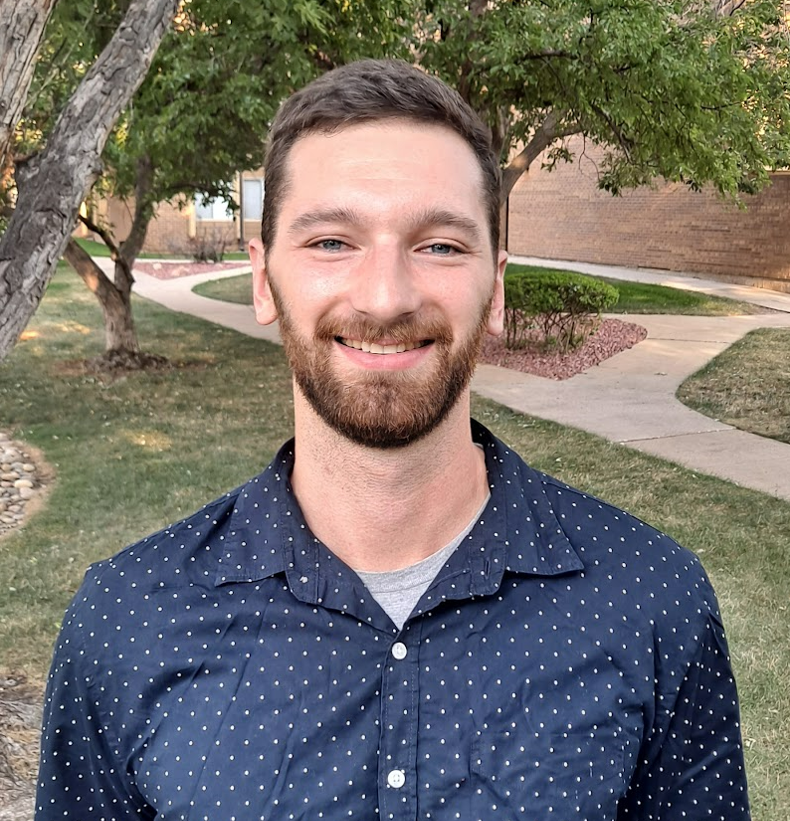
Mitchell Wall
University of Colorado Boulder
Poster Talks Biosciences
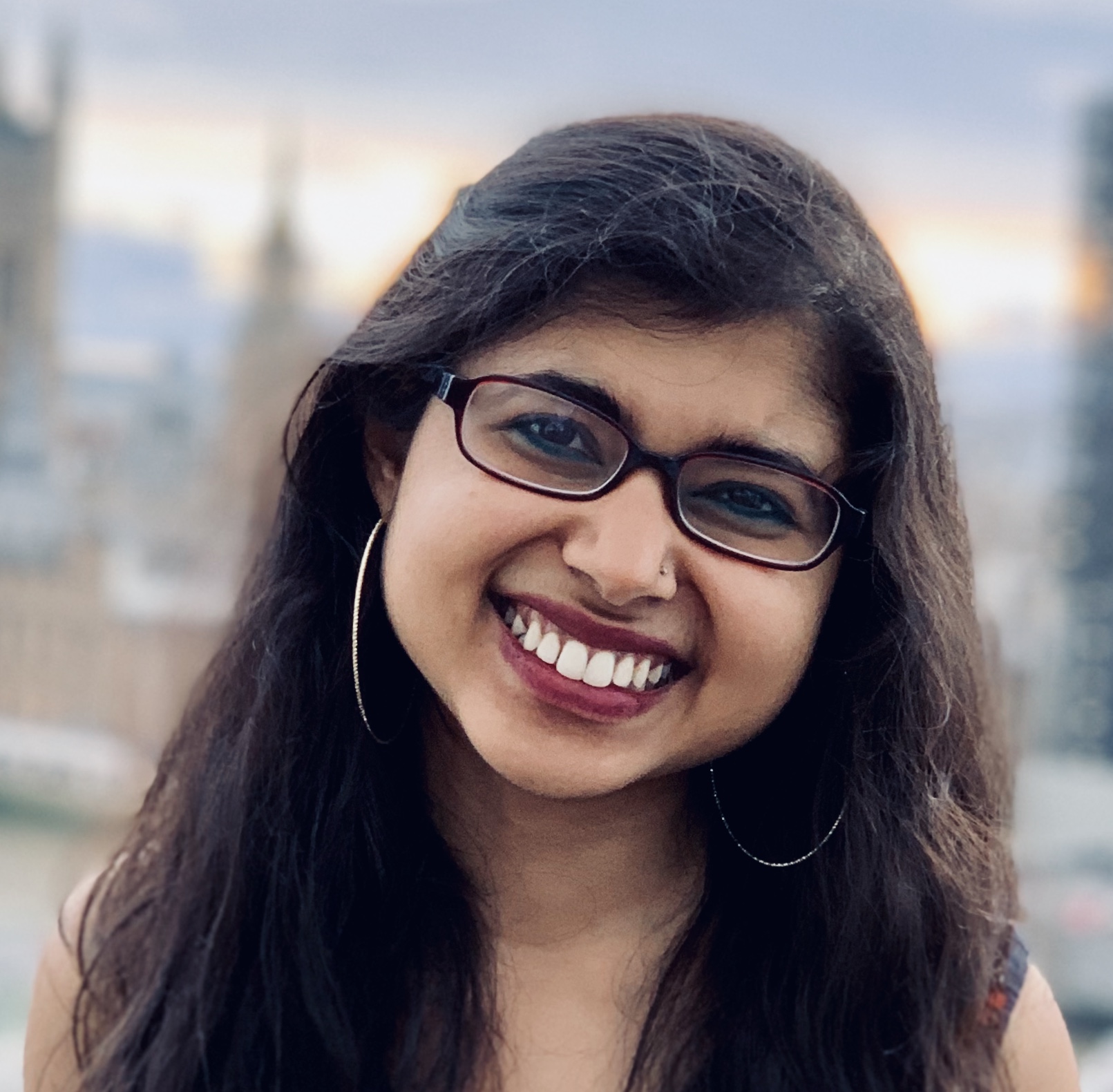
Meenakshi Chakraborty
Stanford University
Poster Talks Computer Science
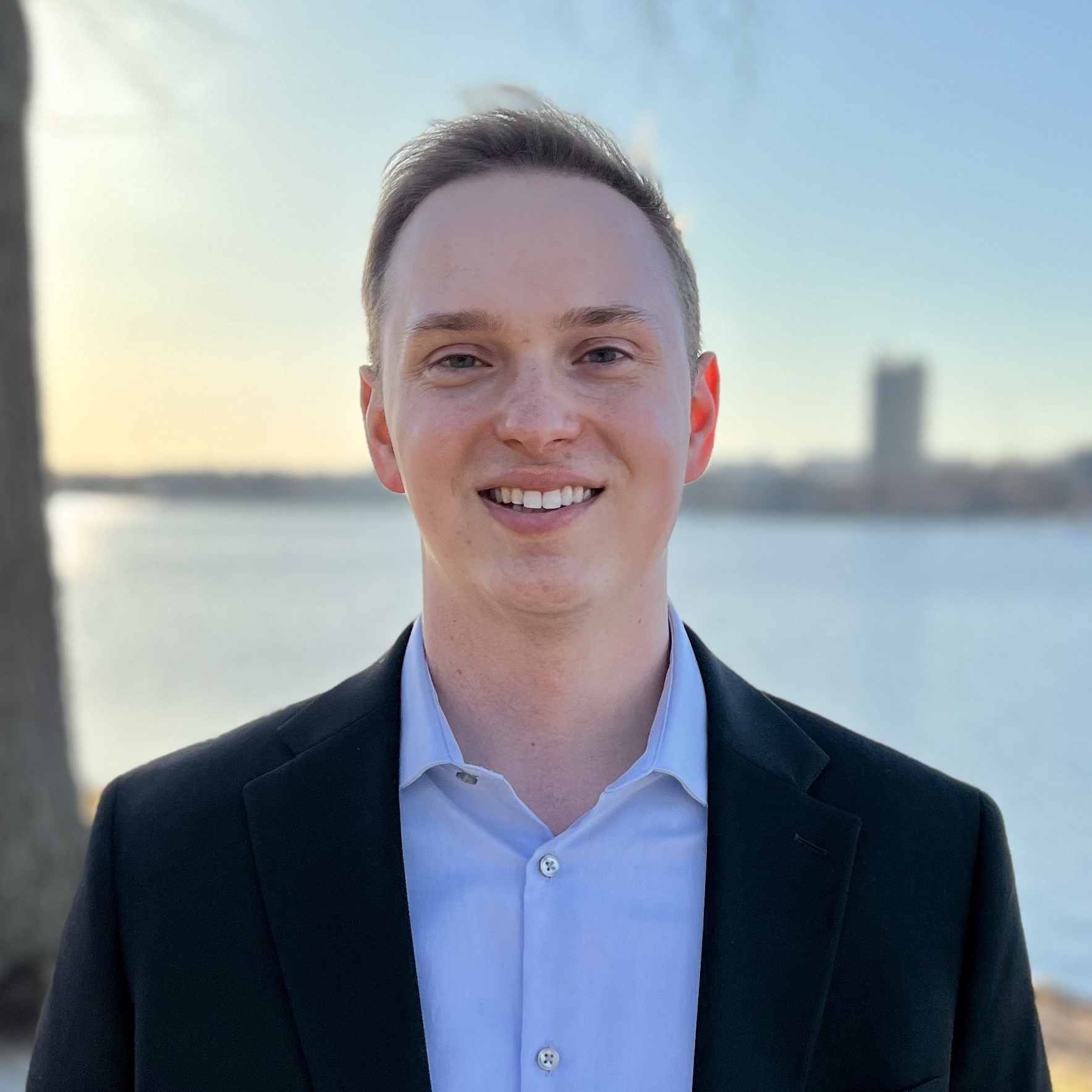
Andrew Rouditchenko
Massachusetts Institute of Technology
Poster Talks Material Science
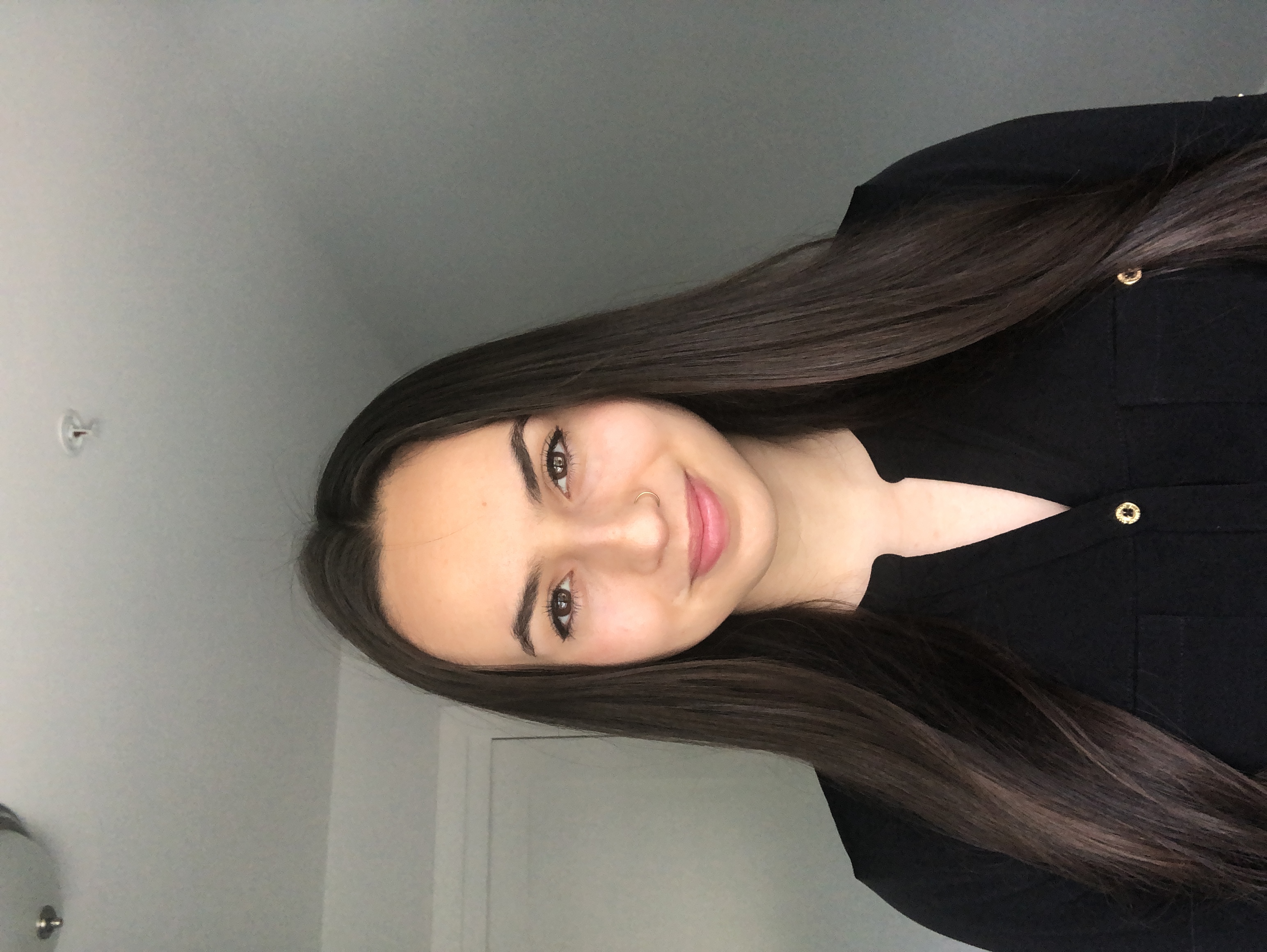
Dana Byrne
University of California Berkeley
Poster Talks Aero/Electical Engineering
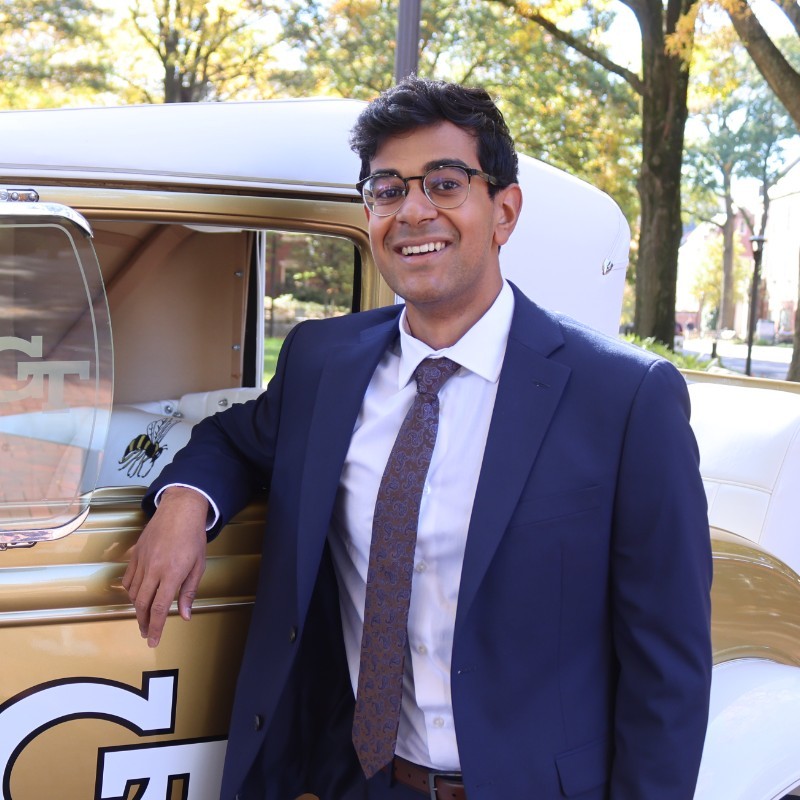
Anonto Zaman
Stanford University
Poster Talks Biosciences
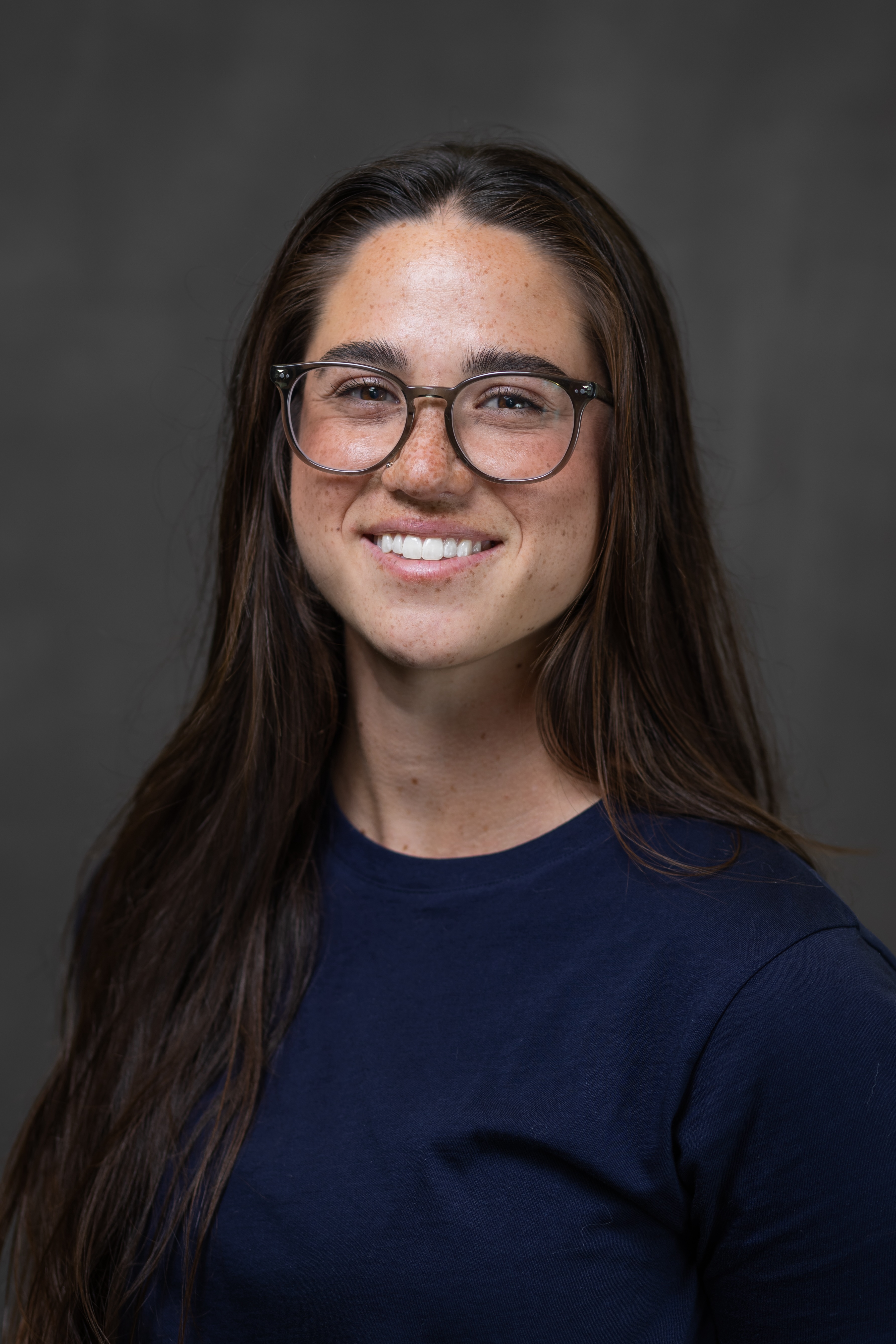
Lauren Clubb
University of California San Diego
Poster Talks Computer Science
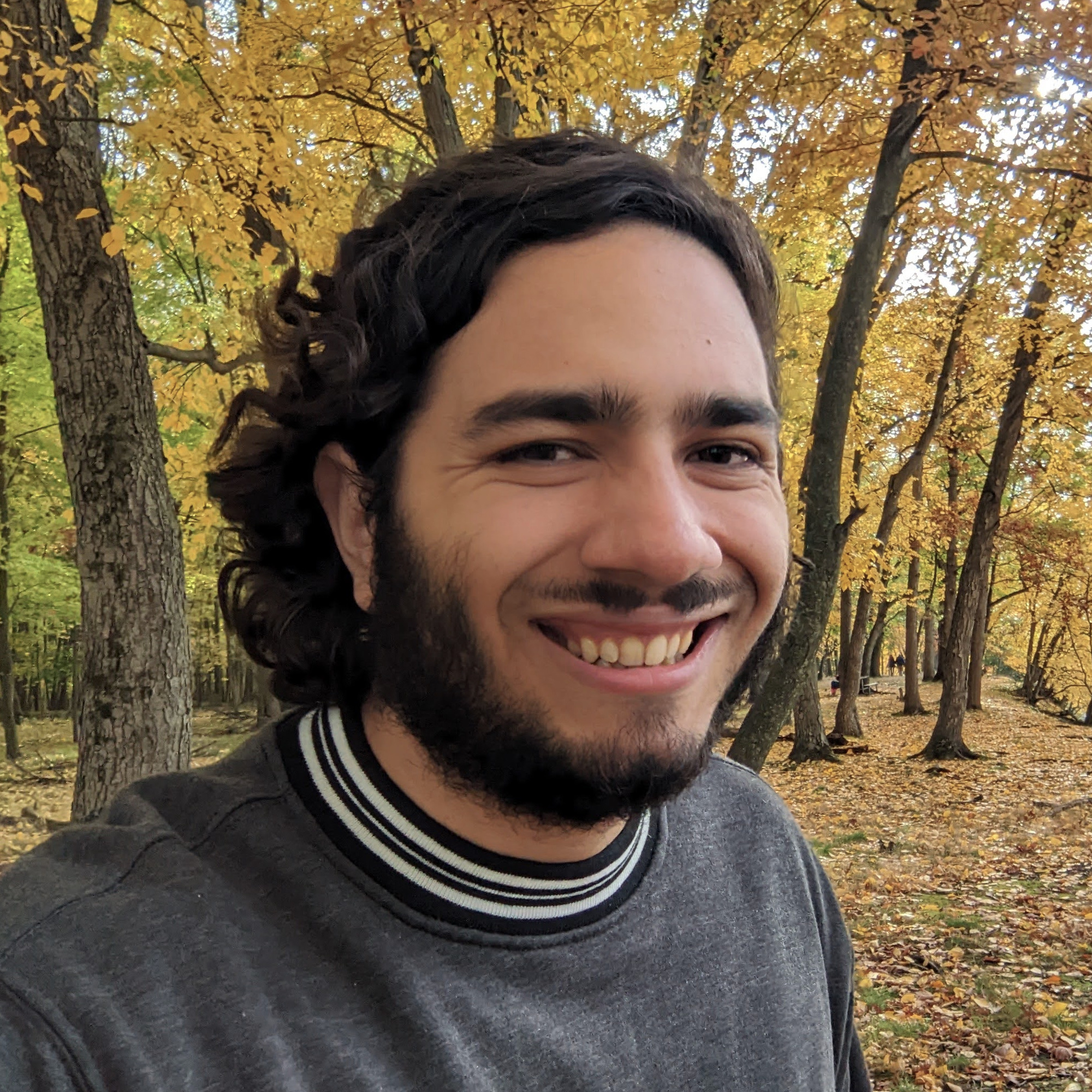
Brandon Rozek
Rensselaer Polytechnic Institute
Poster Talks Material Science
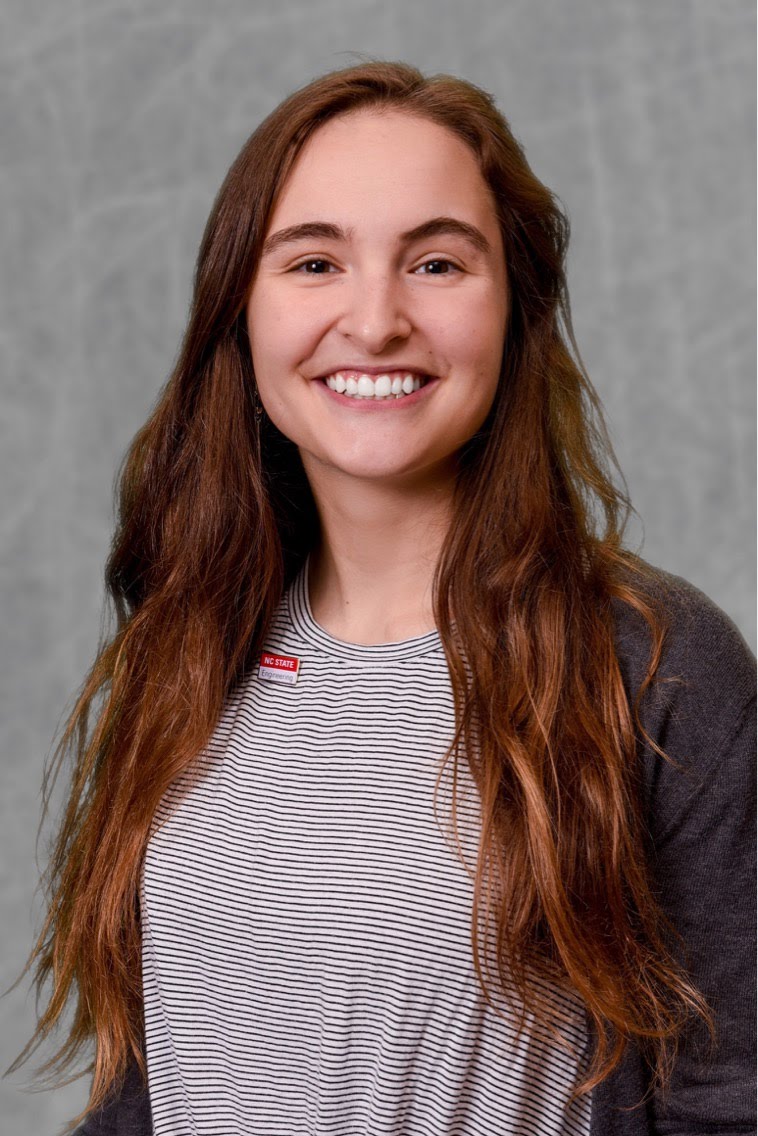
Abigail Carbone
Stanford University
Poster Talks Aero/Electical Engineering
Poster Talks Biosciences
Yasha Ektefaie
Poster Talks Computer Science
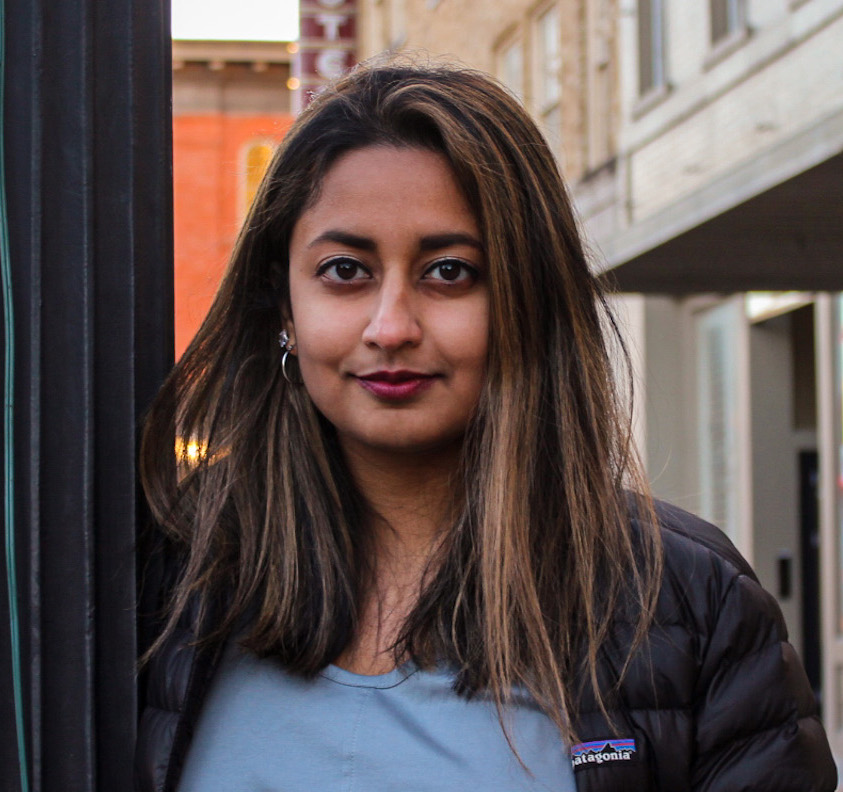
Shreya Shankar
UC Berkeley
Poster Talks Material Science
Eliana Feygin
Massachusetts Institute of Technology
Poster Talks Aero/Electical Engineering
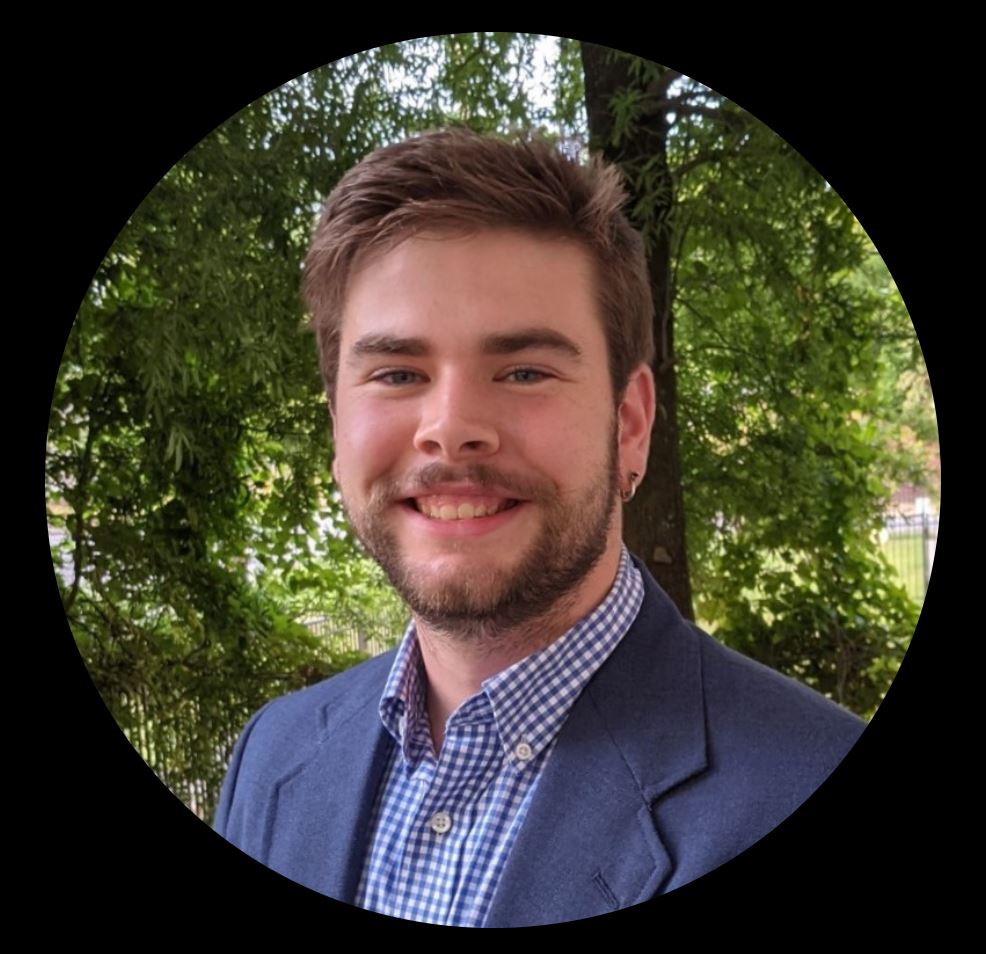
Jared Cronin
University of South Carolina
Poster Talks Biosciences
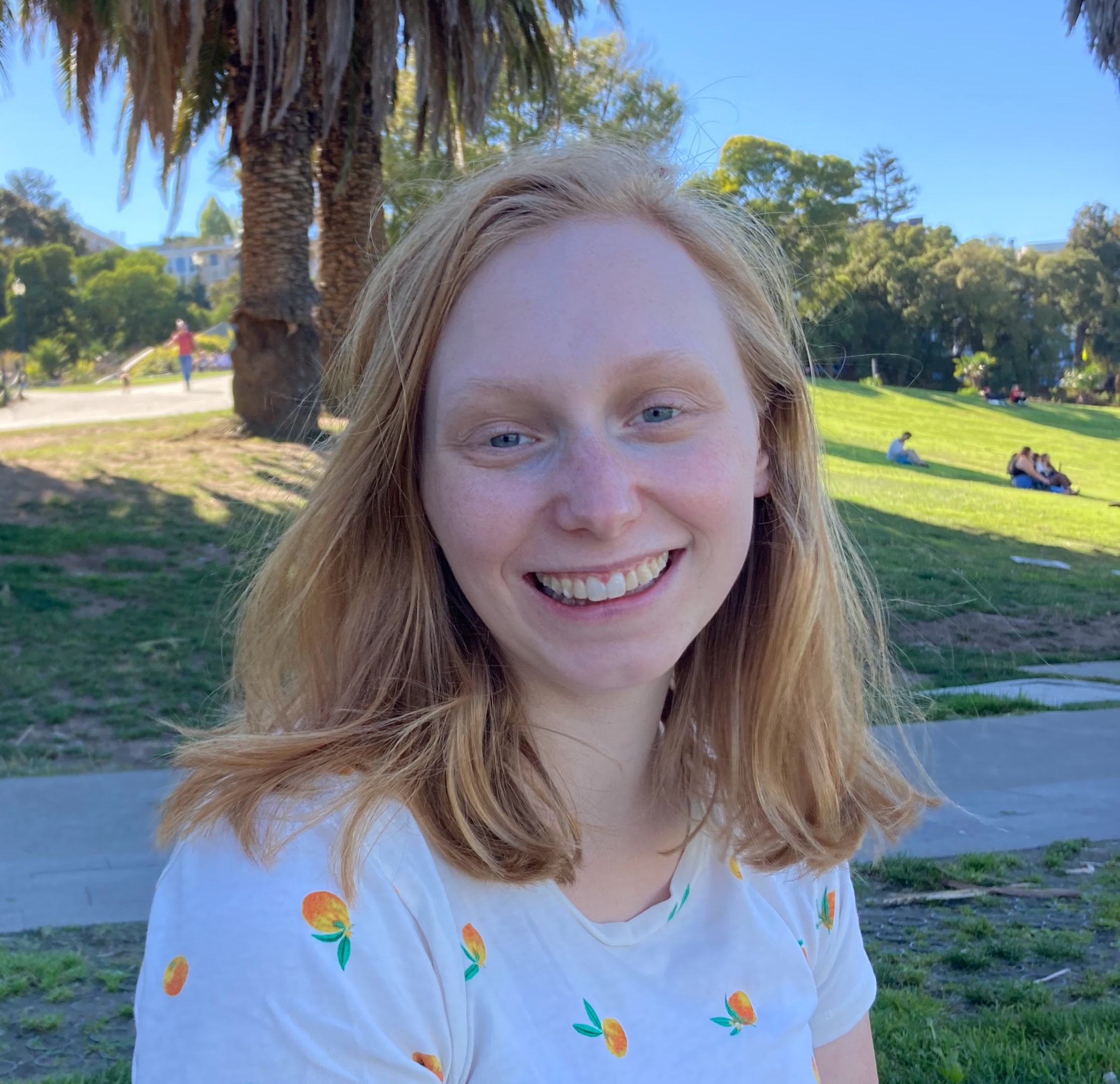
Kyra Fitz
Rutgers University
Poster Talks Computer Science
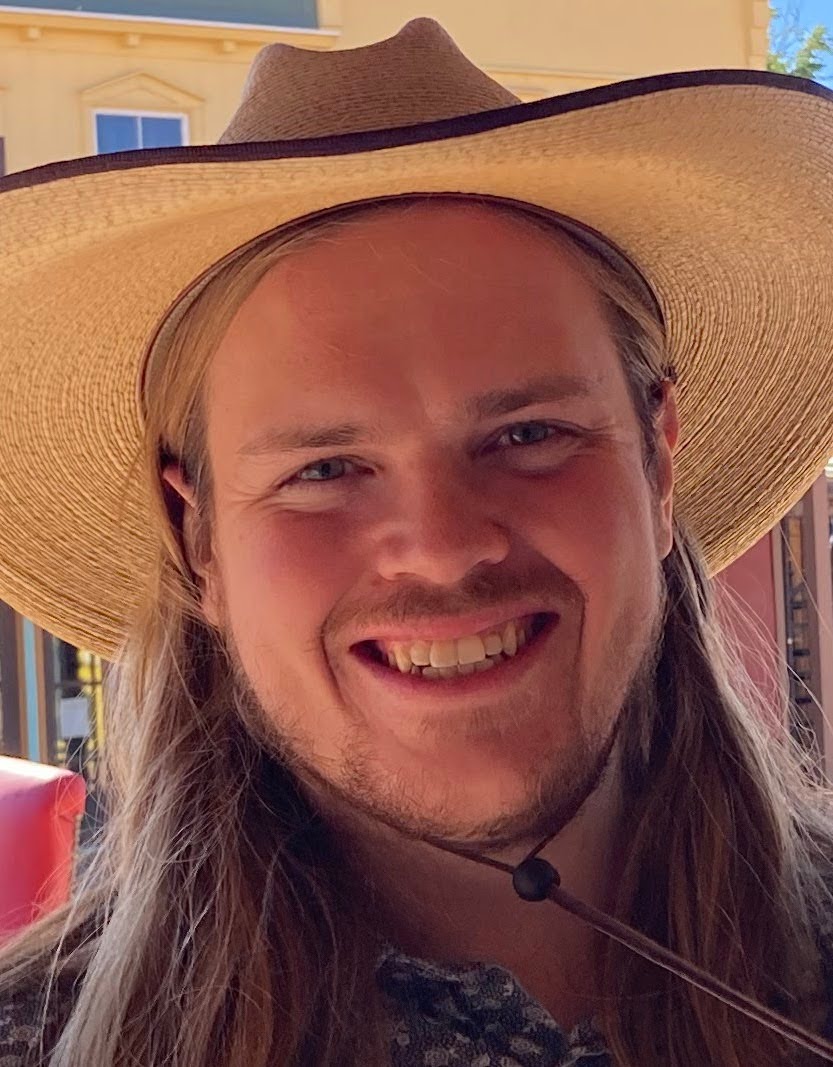
Liam Smith
Georgia Institute of Technology
Poster Talks Material Science
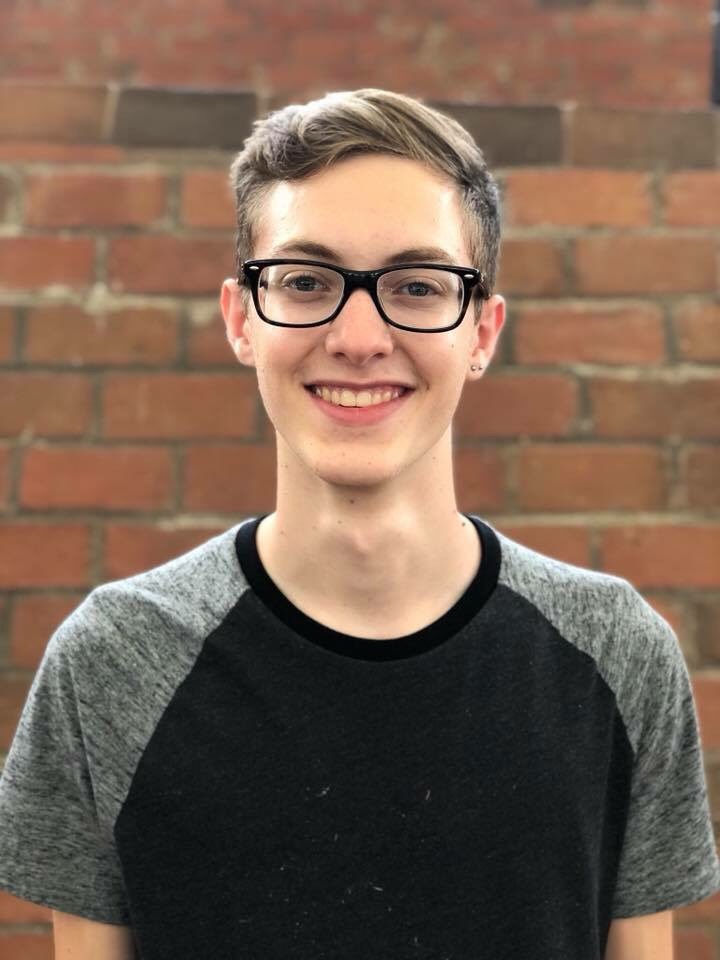
Mason Freund
University of Connecticut
DoD Presentation
Patents & Publications
(Remote)

John Karasek
Office of Naval Research
Poster Talks Aero/Electical Engineering
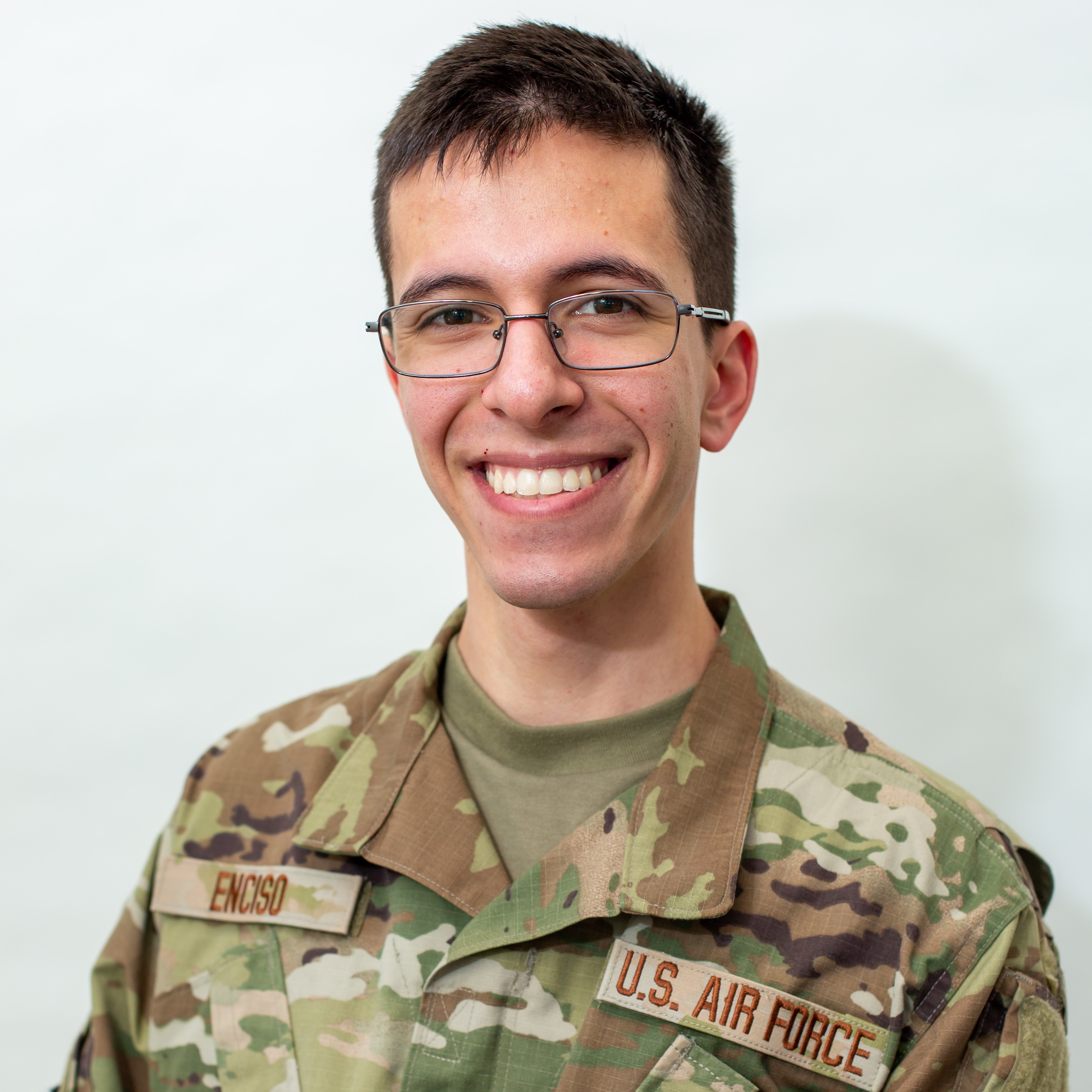
Zephan Enciso
University of Notre Dame du Lac
Poster Talks Biosciences
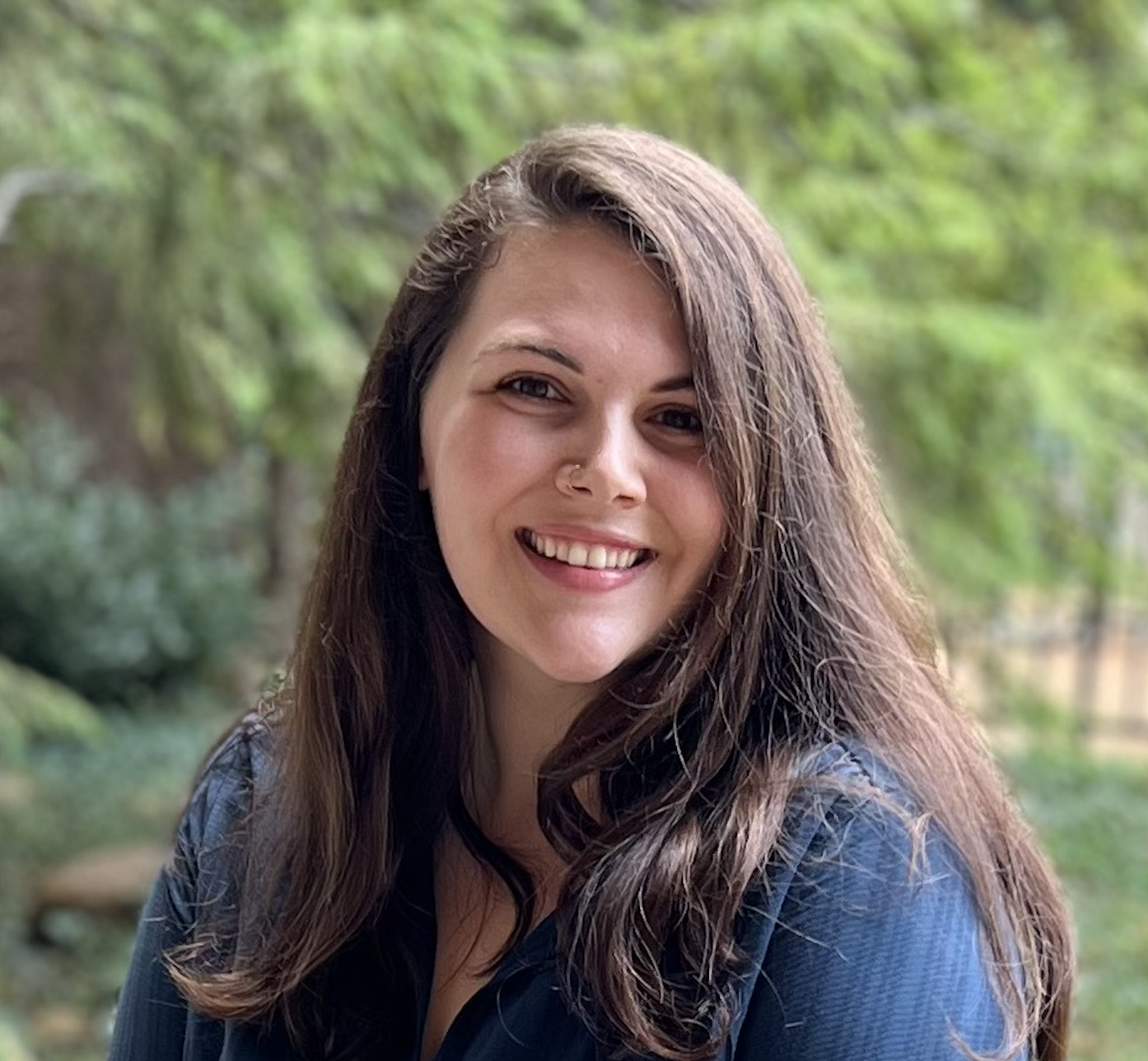
Lantana Grub
Vanderbilt University
Poster Talks Computer Science
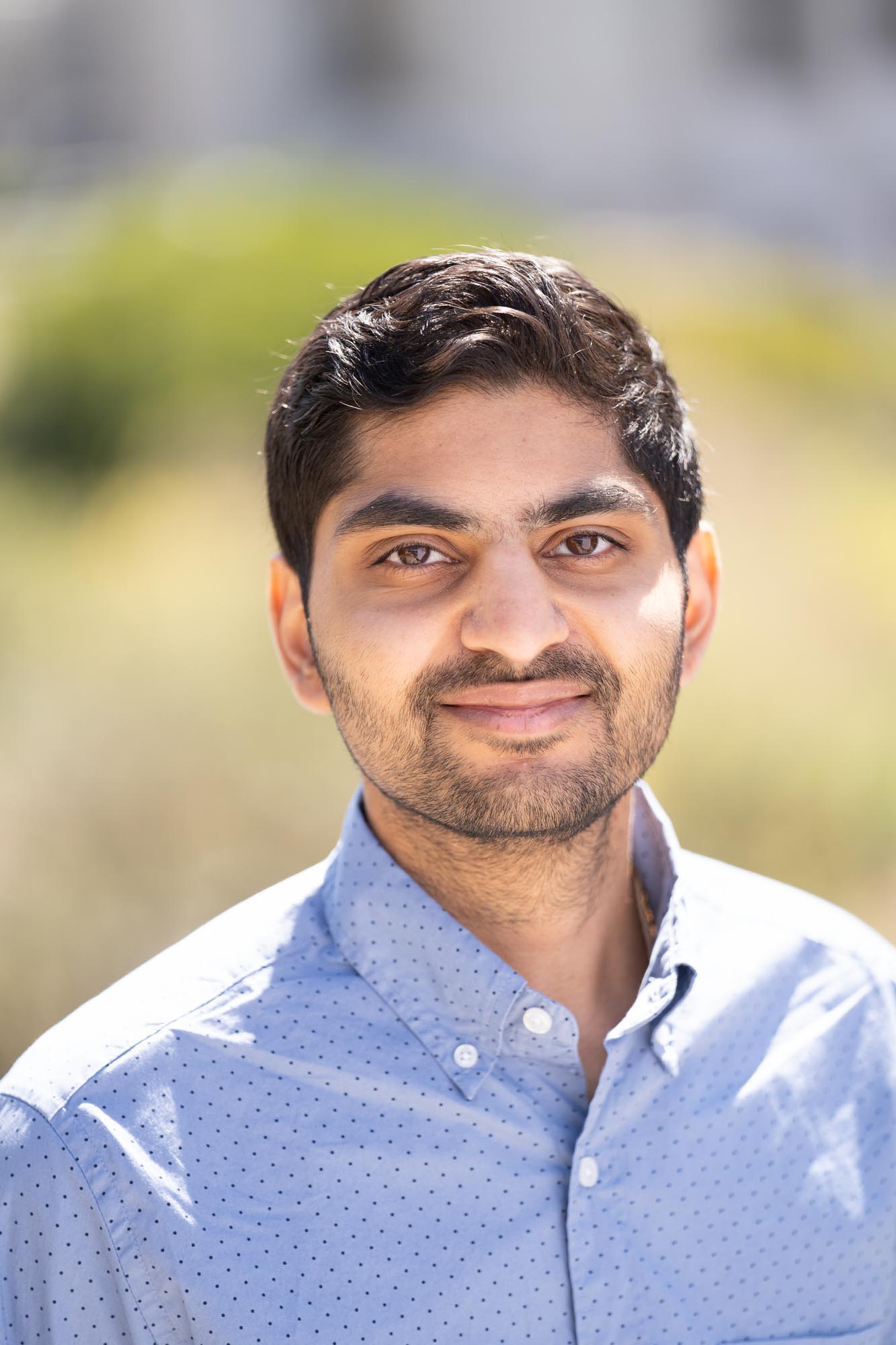
Sanjay Subramanian
UC Berkeley
Poster Talks Material Science
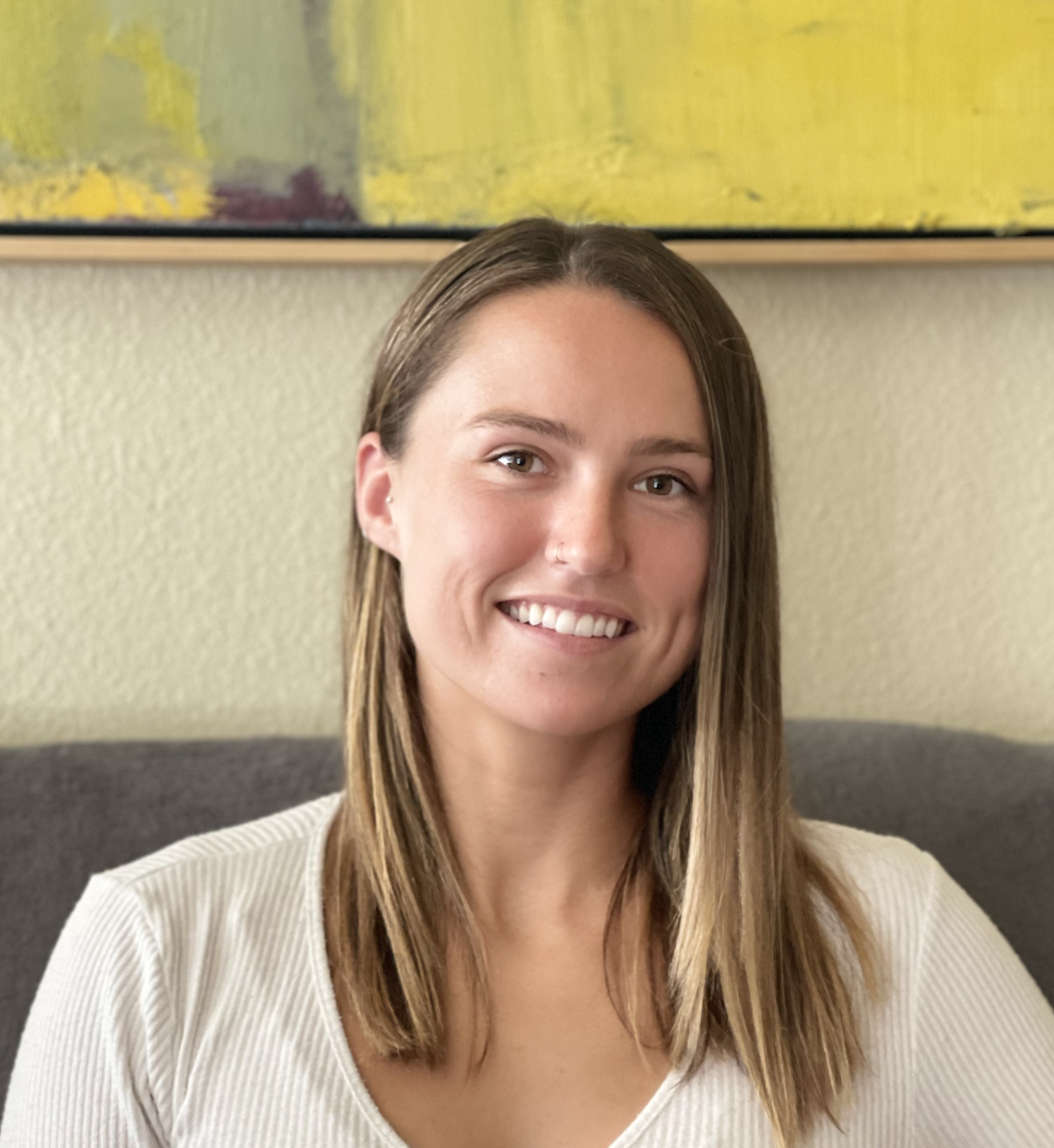
Morgan Jones
University of California Santa Barbara
Poster Talks Aero/Electical Engineering
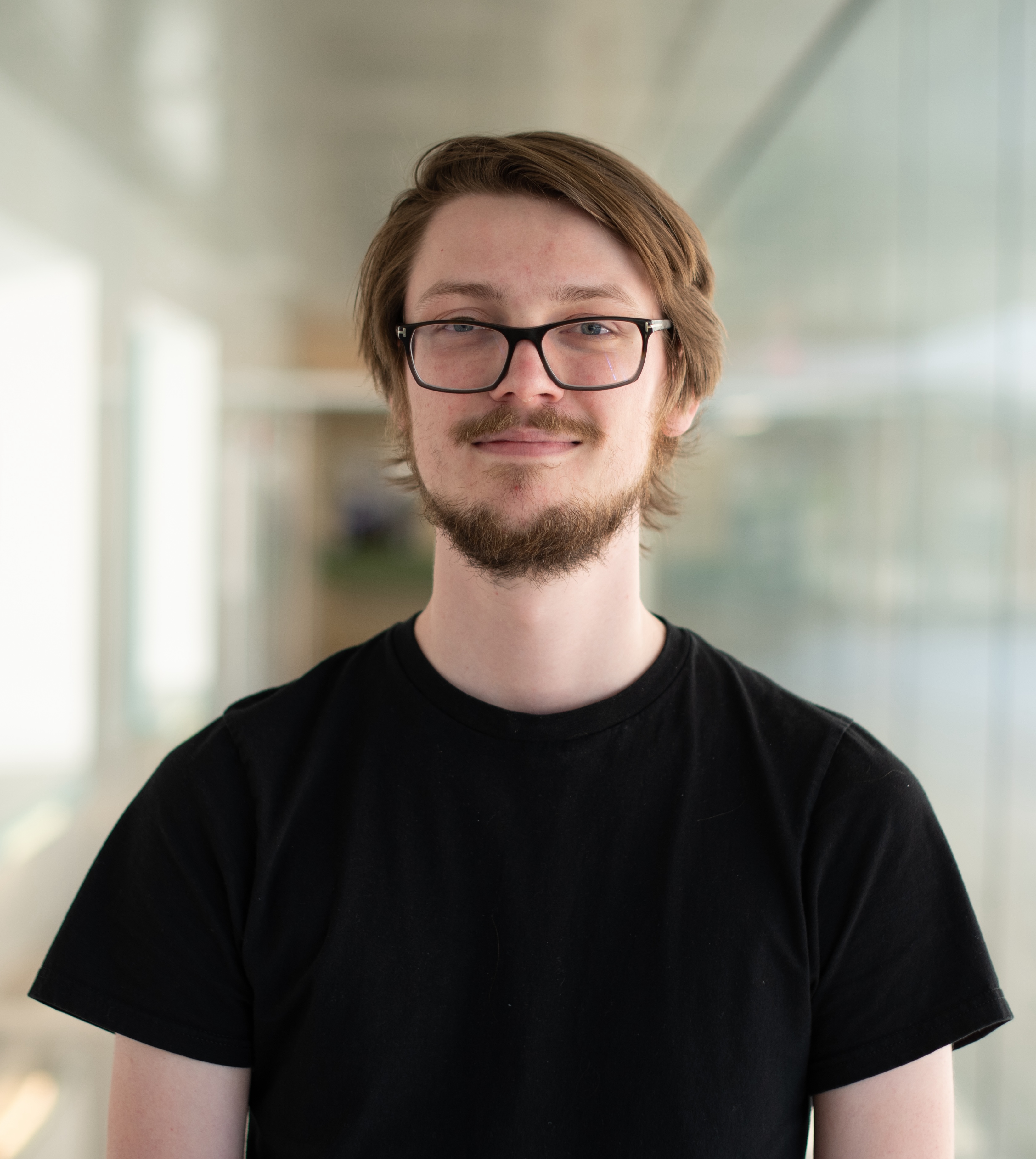
Jack Erhardt
University of Michigan
Poster Talks Biosciences
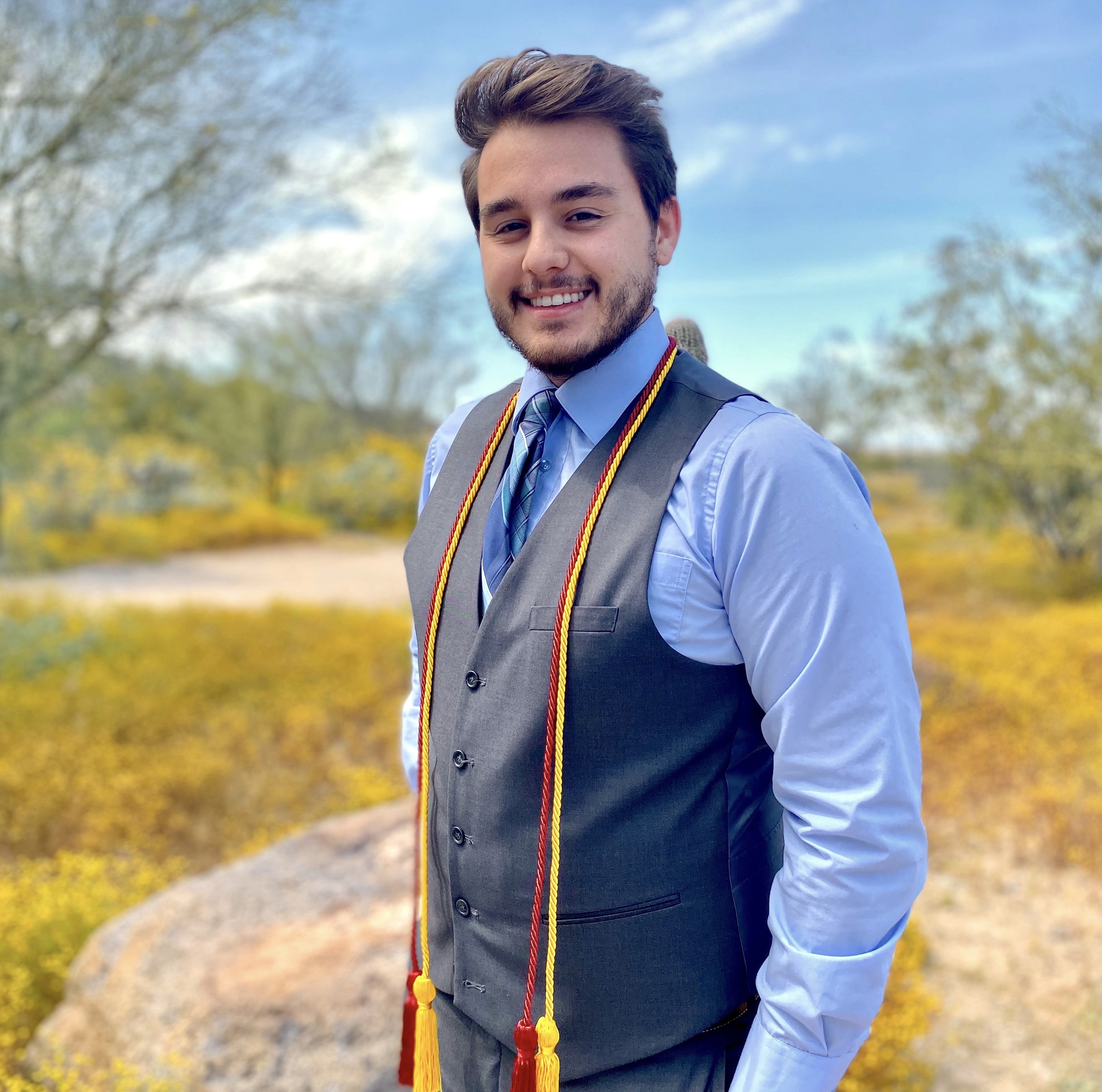
Tanner Henson
University of California
Poster Talks Computer Science
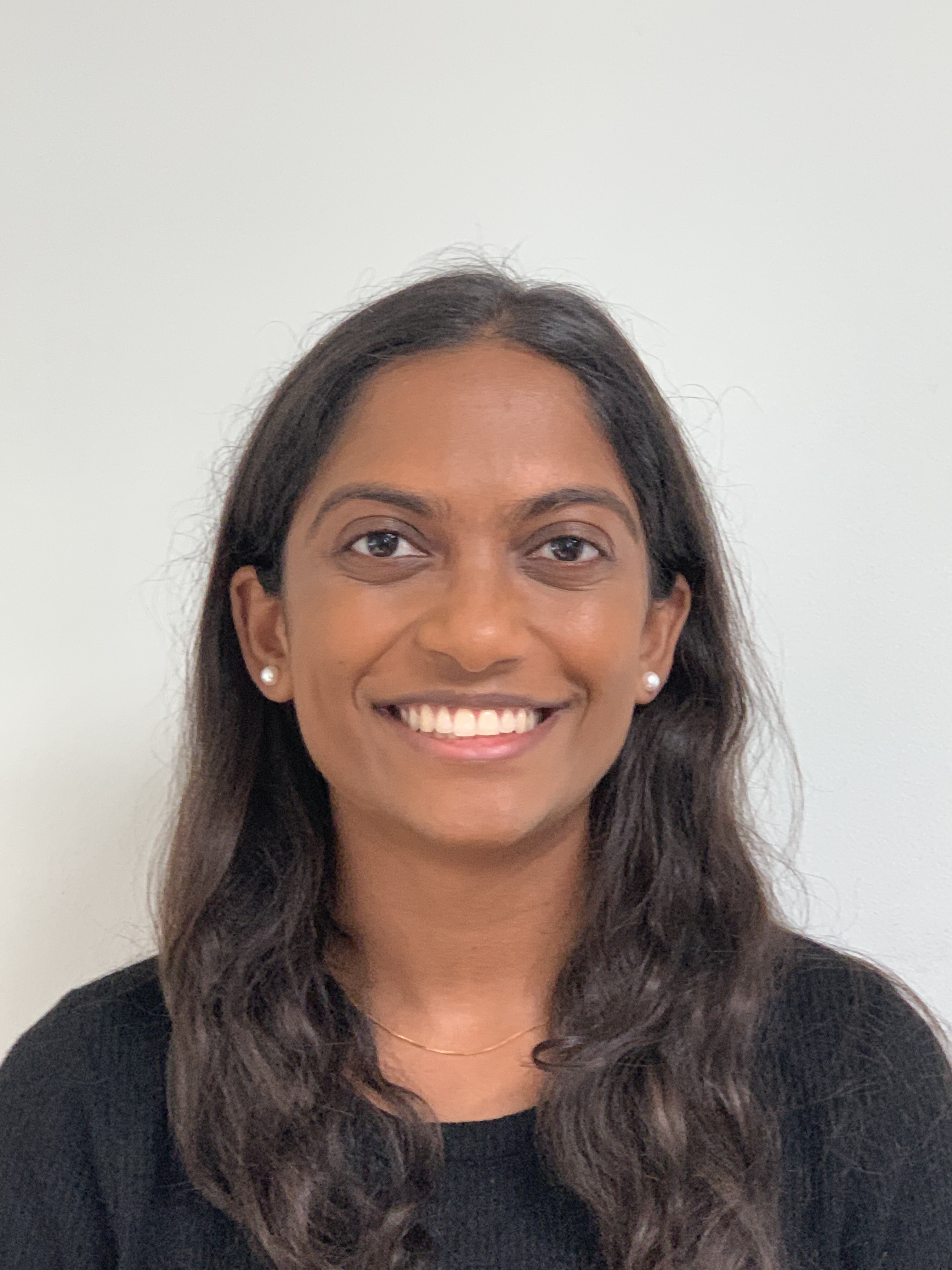
Saranya Vijayakumar
Carnegie Mellon University
Poster Talks Material Science
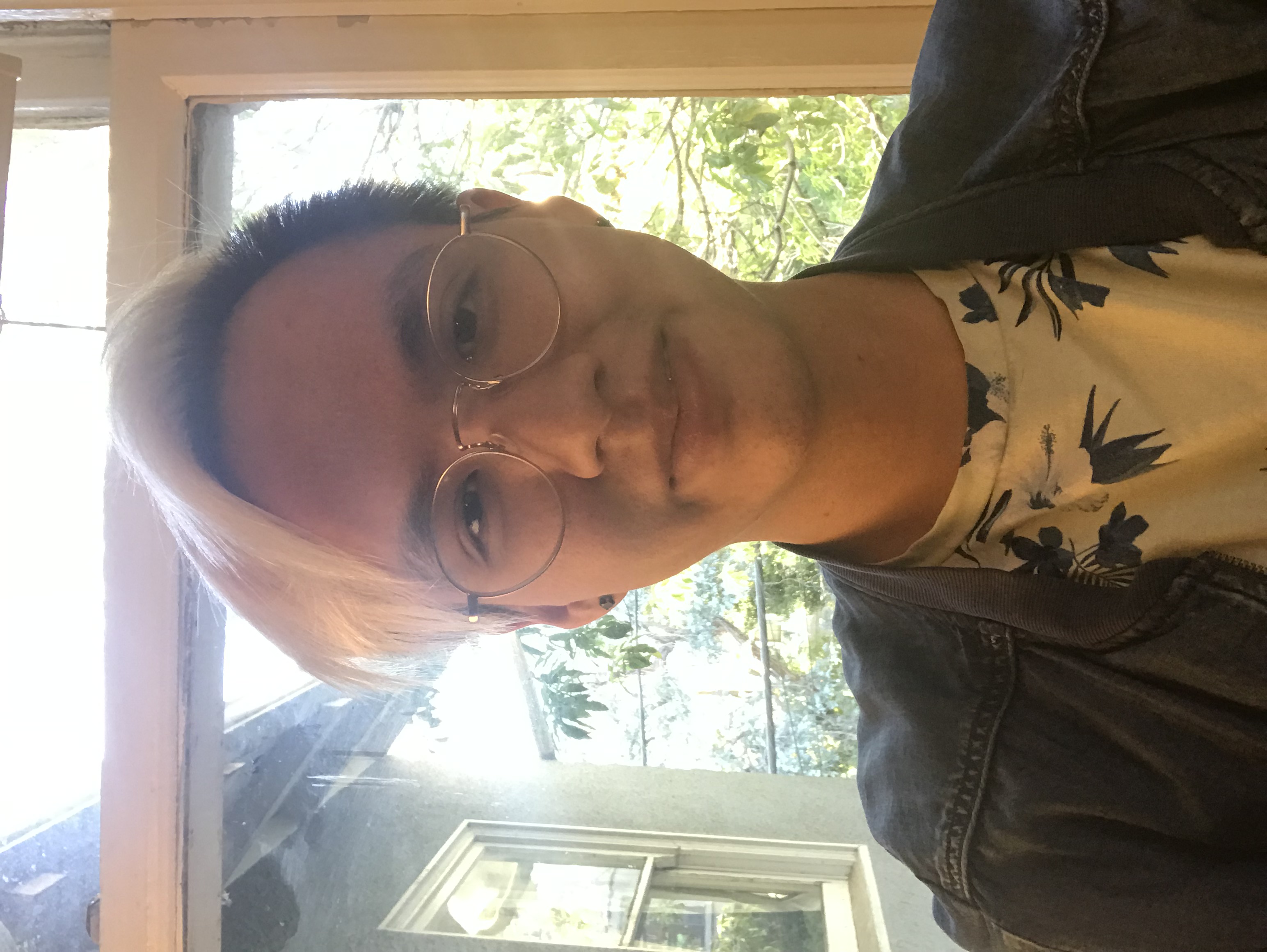
Luke Langford
University of California, Berkeley
BREAK
DoD Presentation
Laura Steckman, PhD
Air Force Office of Scientific Research

Gregory Ruark, PhD
Army Research Office, DEVCOM Army Research Laboratory ARL

Benjamin Whitmore, PhD
Naval Information Warfare Center (NIWC) - Pacific
Poster Talks Aero/Electical Engineering
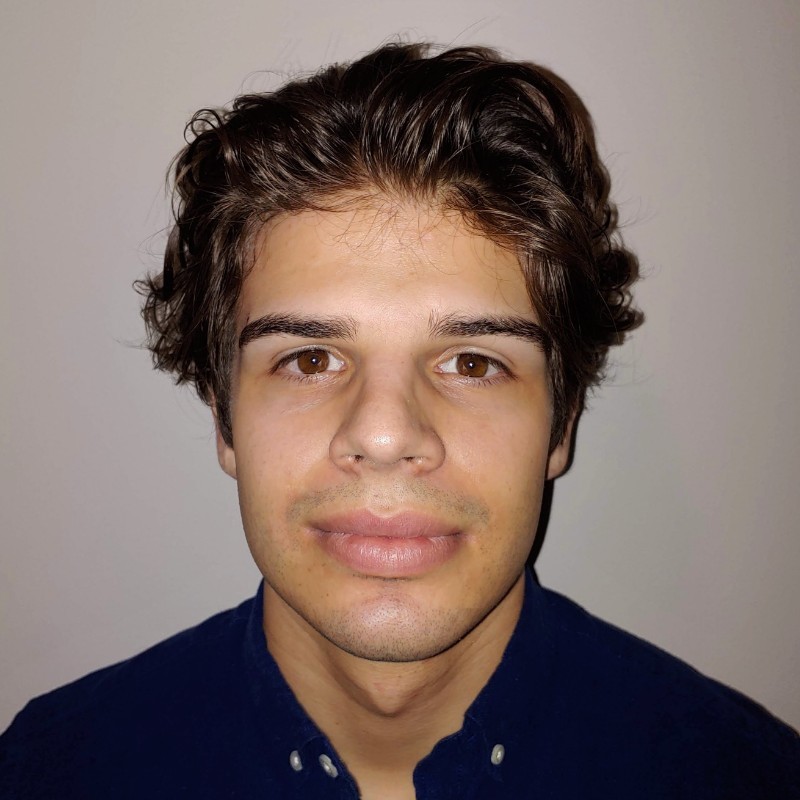
Alexander Geers
University of Pennsylvania
Poster Talks Biosciences
Rian Kormos
Poster Talks Computer Science
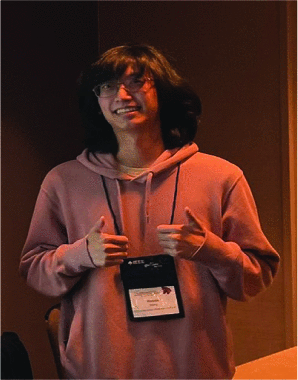
Haoda Wang
Columbia University
Poster Talks Material Science
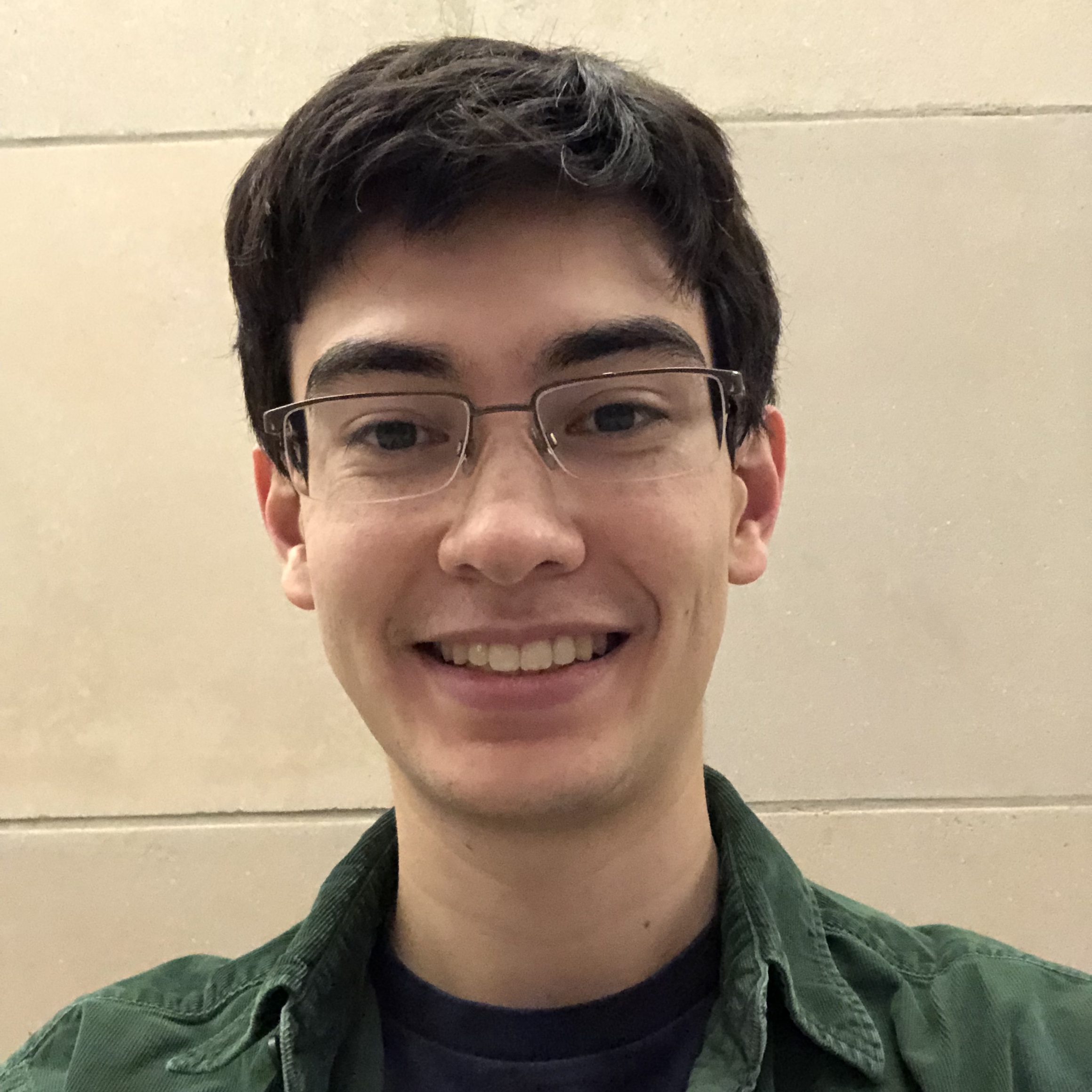
Jordan Meyer
Massachusetts Institute of Technology
Poster Talks Aero/Electical Engineering
Alexander Ware, AFOSR, University of Texas at Austin
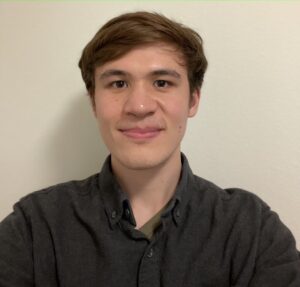
Alexander Ware
UT Austin Mid-IR Photonics
Poster Talks Biosciences
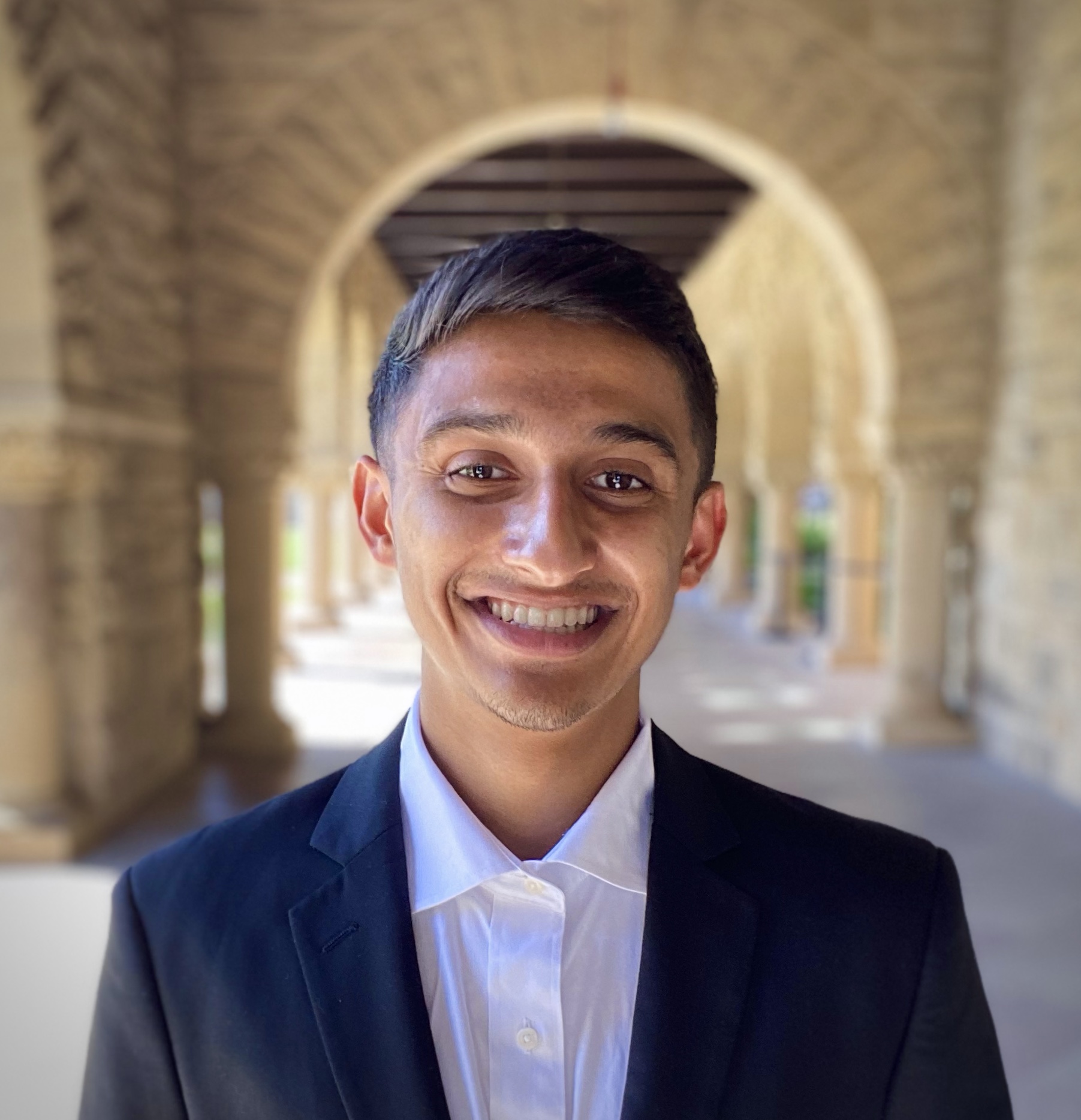
Pranav Lalgudi
Stanford University
Poster Talks Computer Science
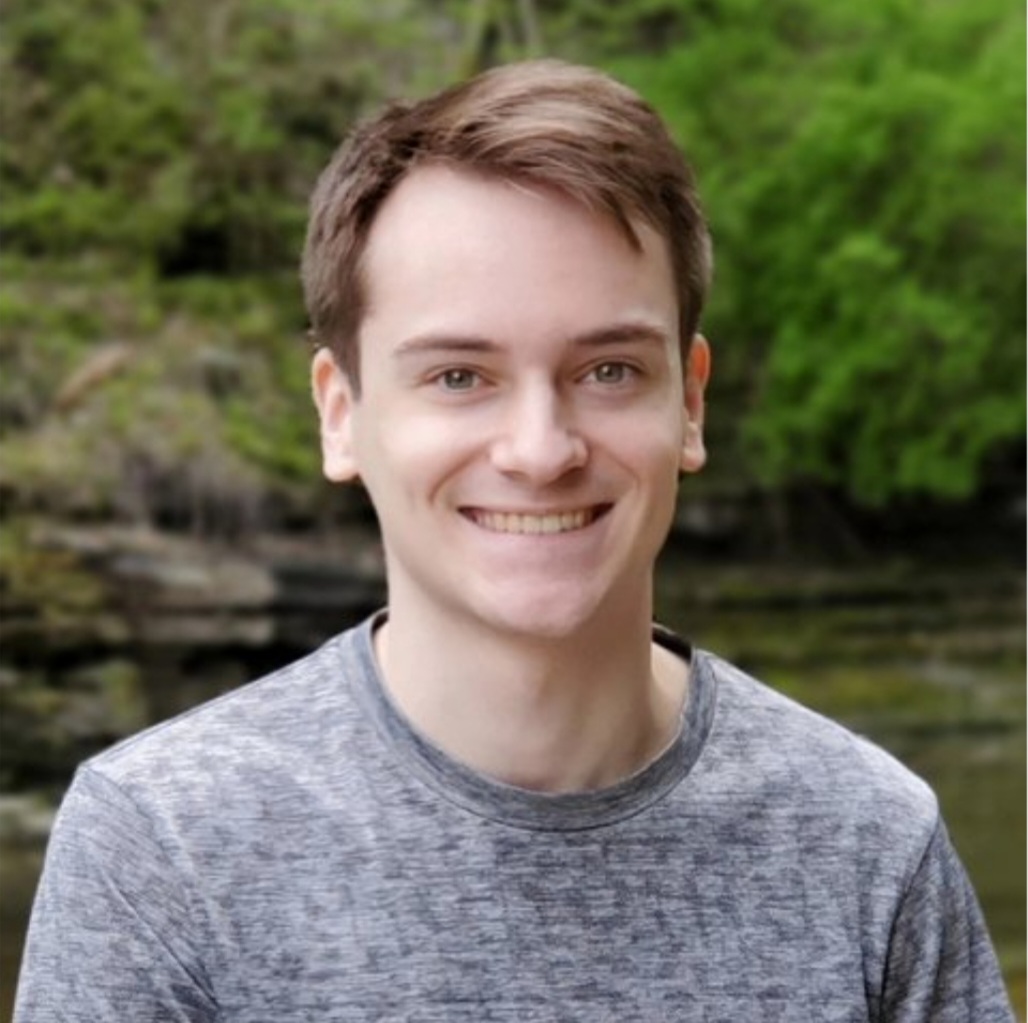
Anders Wikum
Stanford University
Poster Talks Material Science
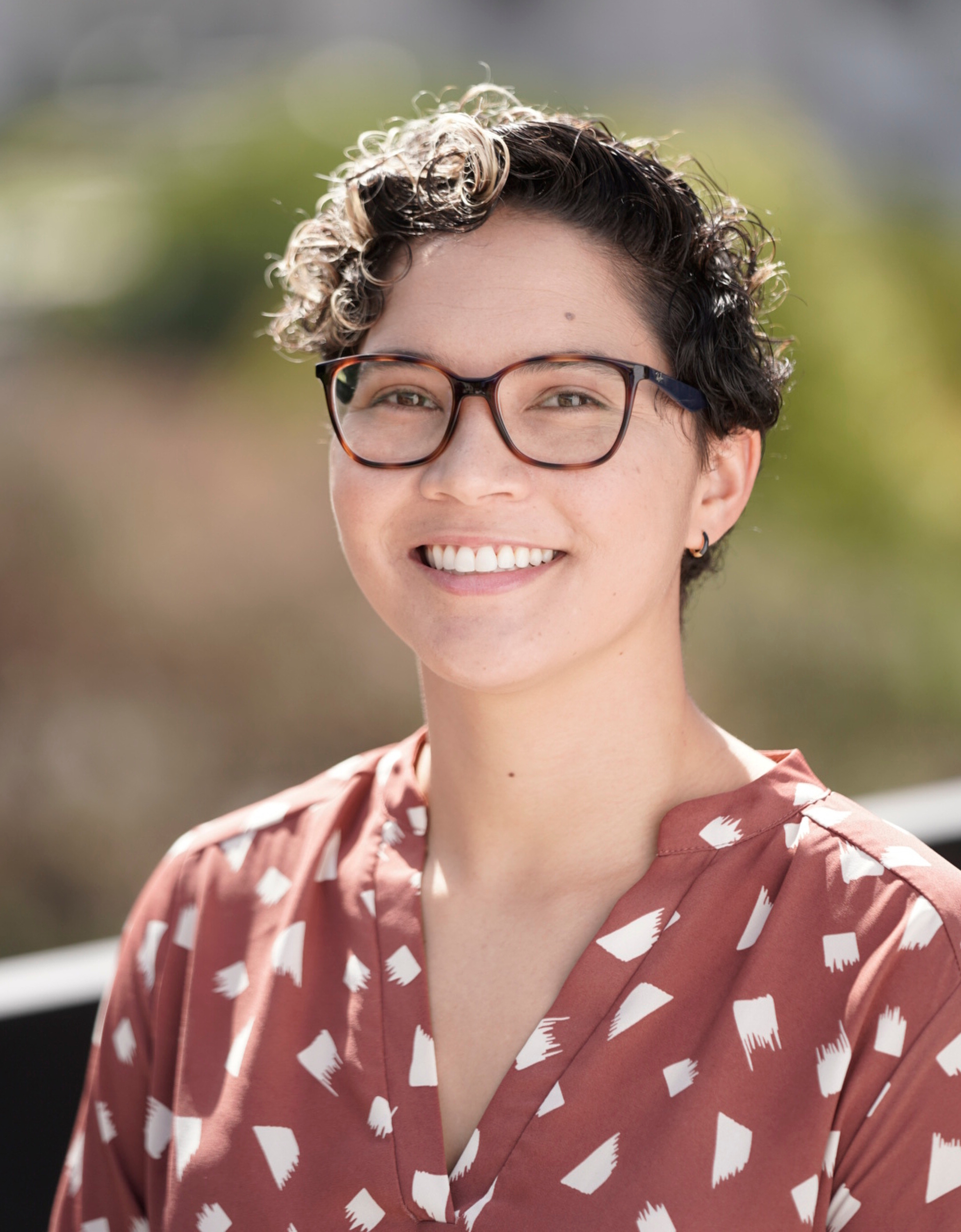
Madelyn Payne
University of California, Berkeley
Poster Talks Aero/Electical Engineering
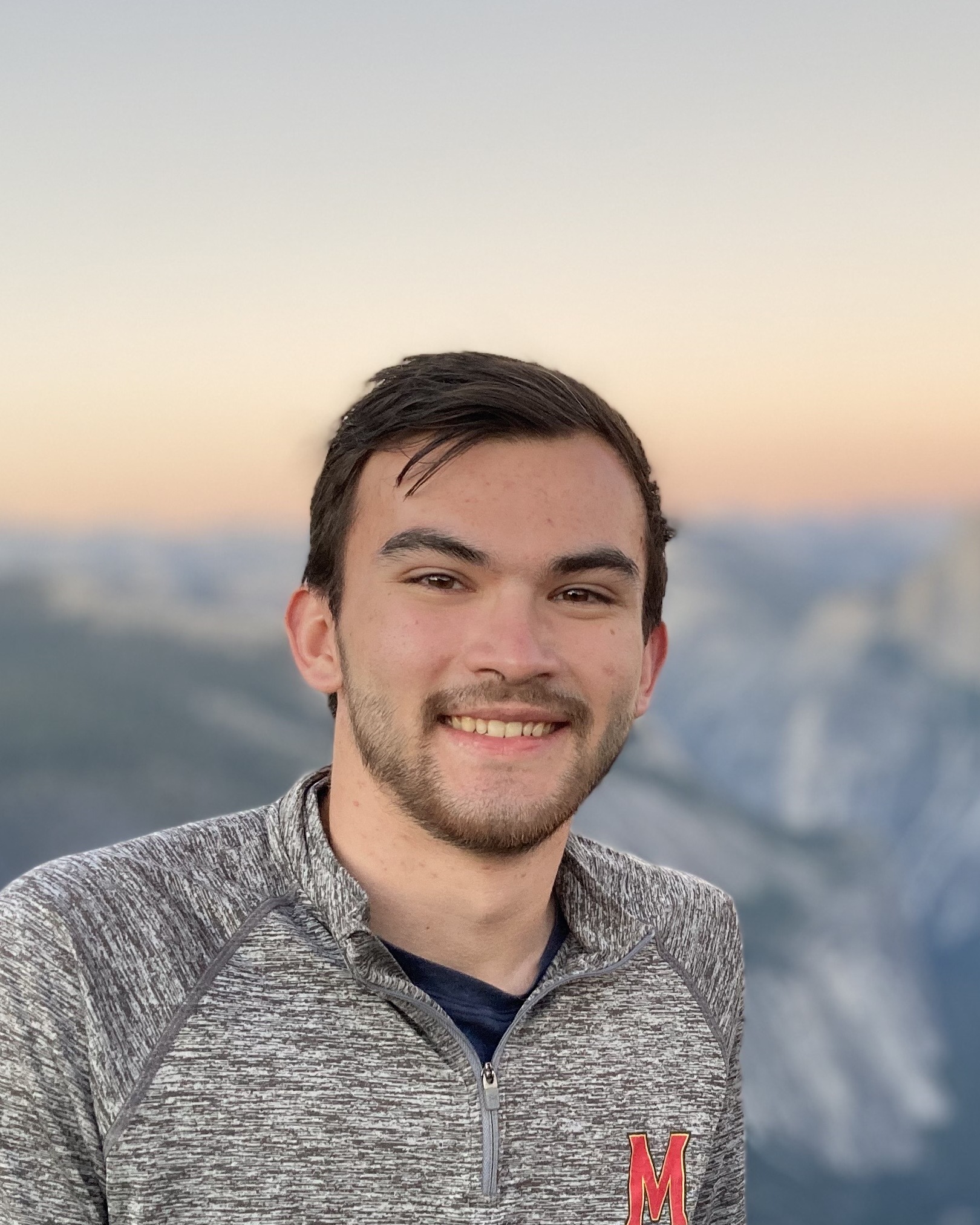
Daniel Klawson
University of California, Berkeley
Poster Talks Biosciences
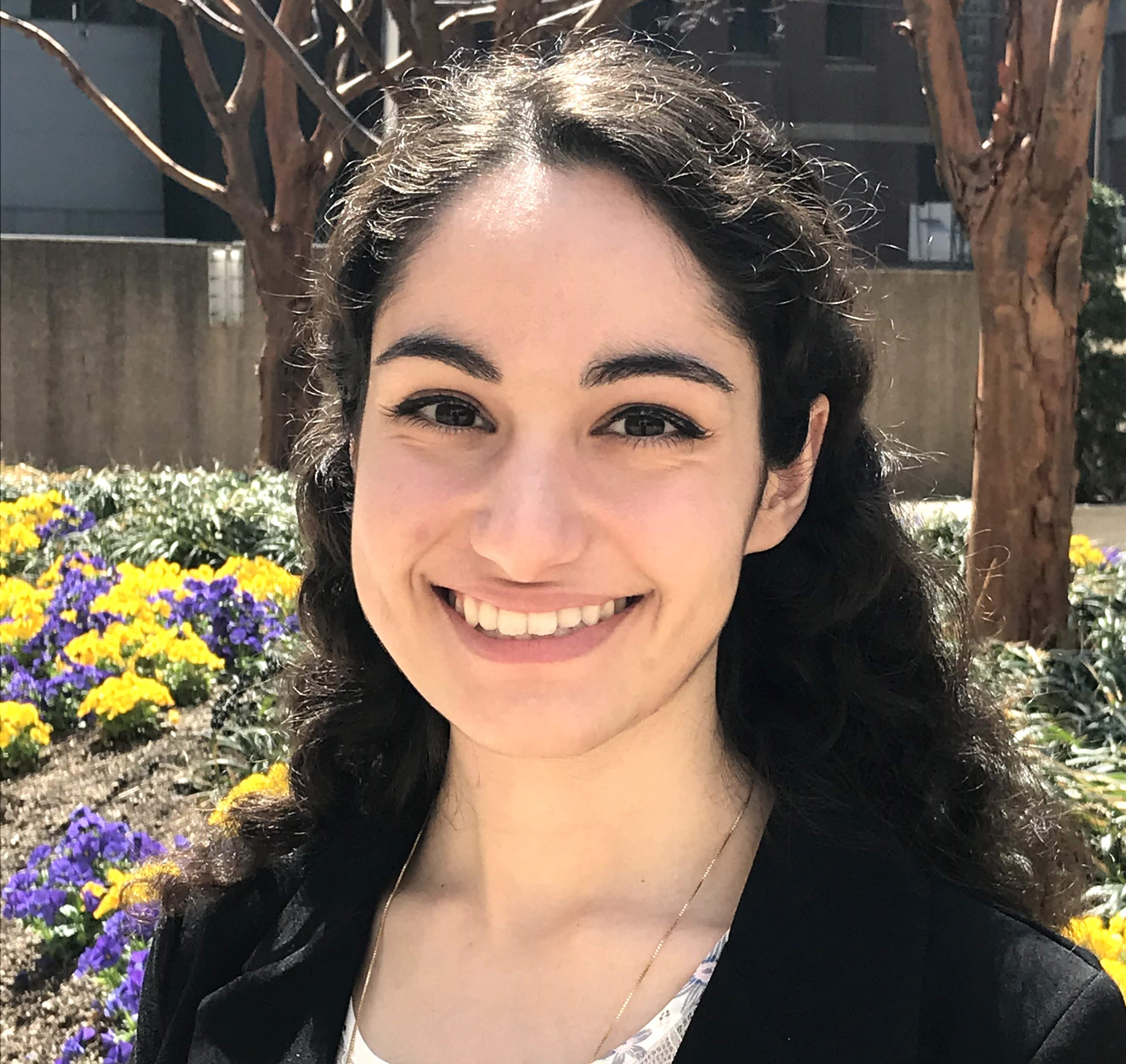
Carolyn Marar
Boston University
Poster Talks Material Science
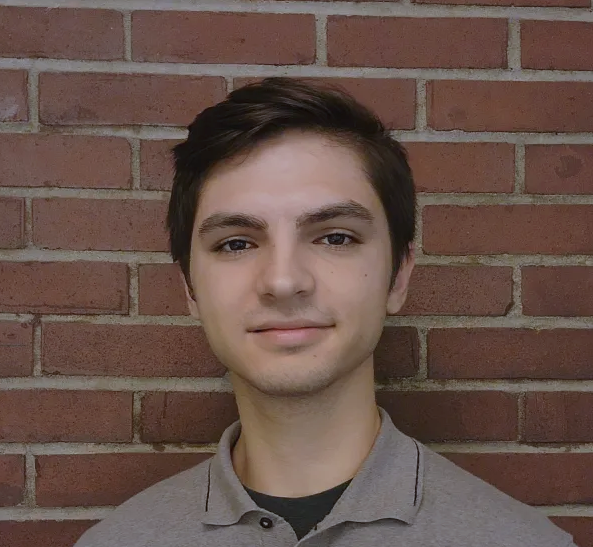
Daniel Ranke
Carnegie Mellon University
Poster Talks Aero/Electical Engineering
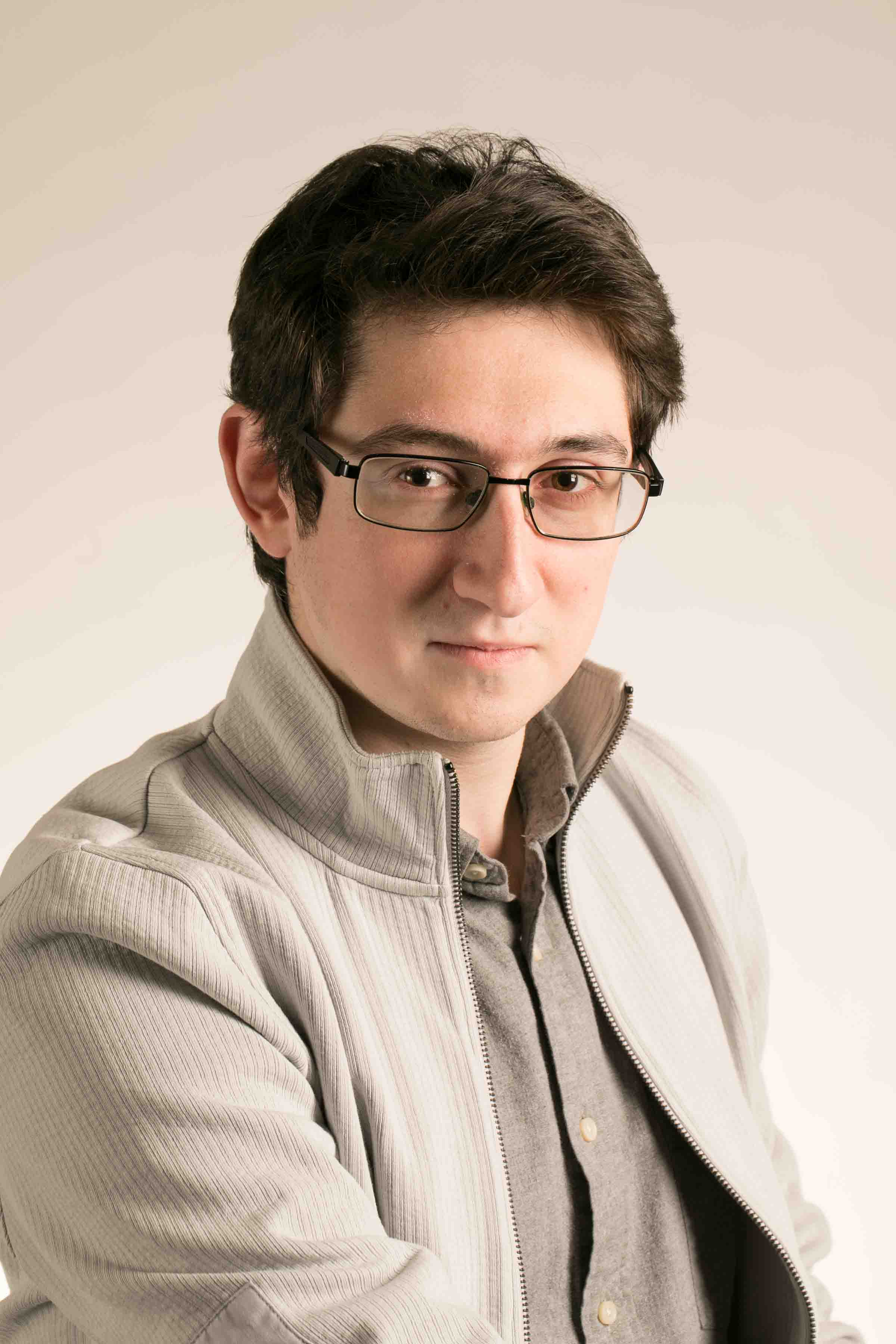
Alon Levin
Columbia University
Poster Talks Biosciences
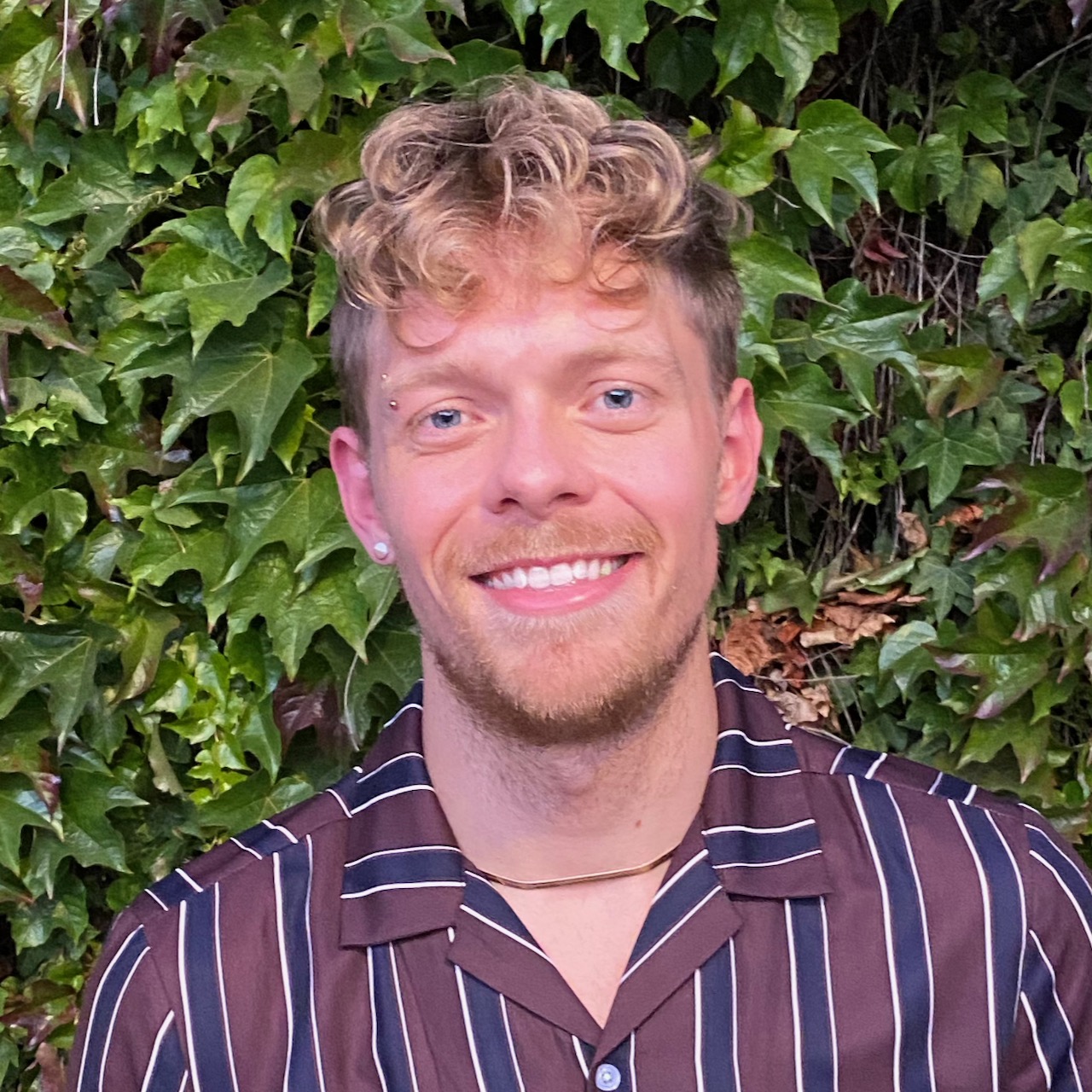
Jacob Roberts
University of California, Berkeley
Poster Talks Material Science
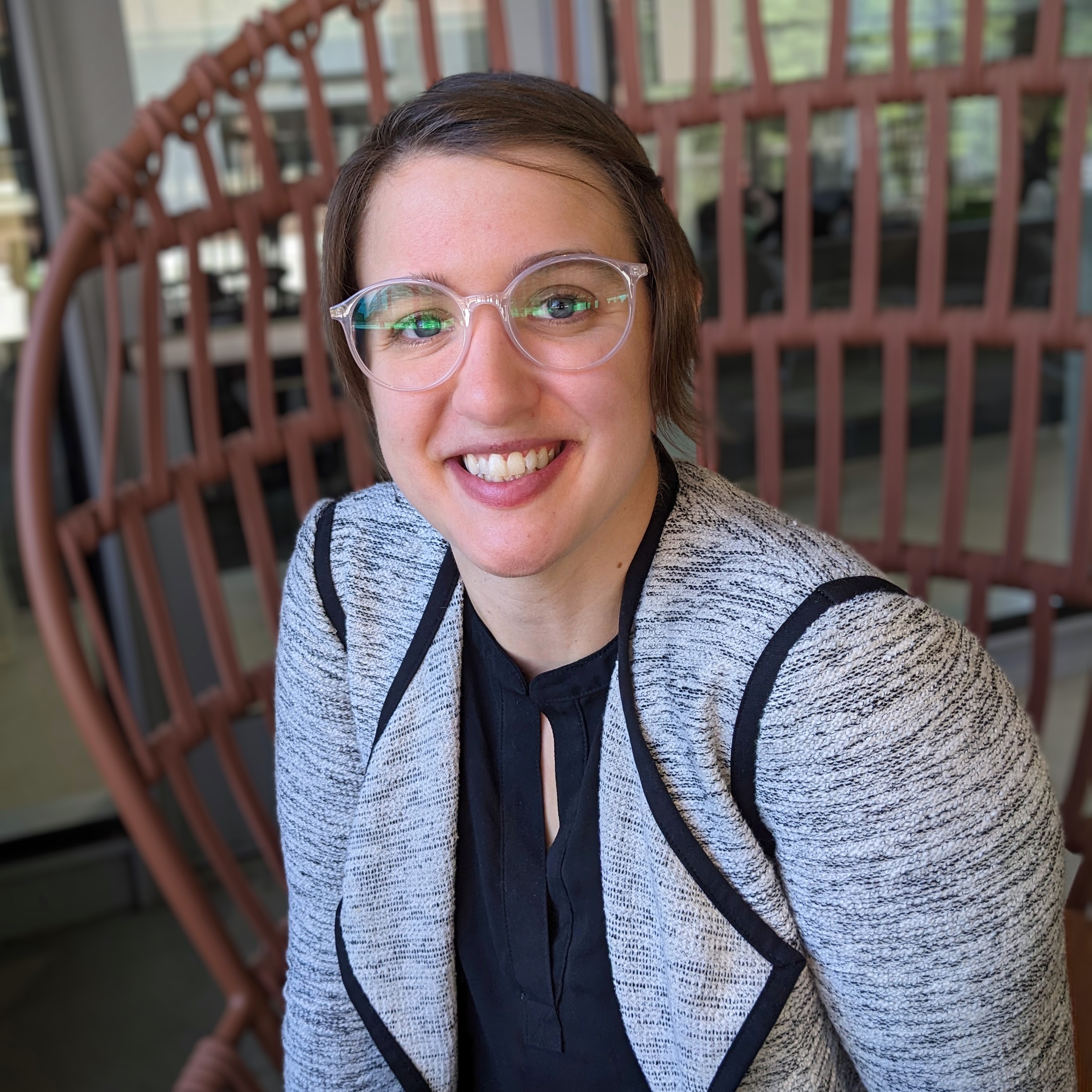
Emily Ryan
Georgia Institute of Technology
Poster Talks Computer Science
DoD Presentation
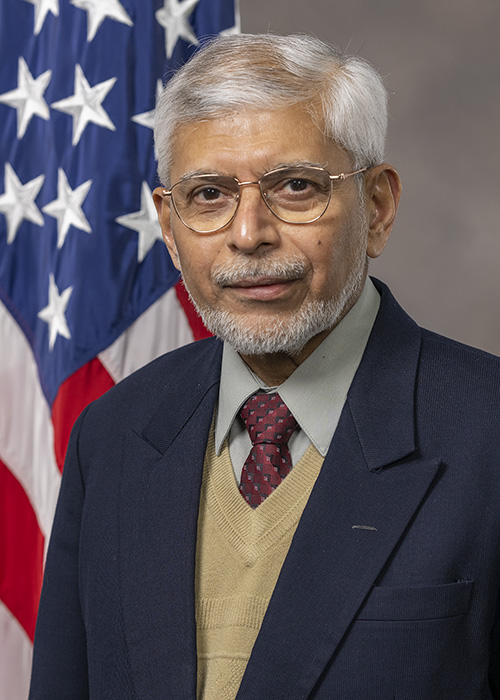
Muhammad Rahman, PhD
Air Force Institute of Technology
Poster Talks Aero/Electical Engineering
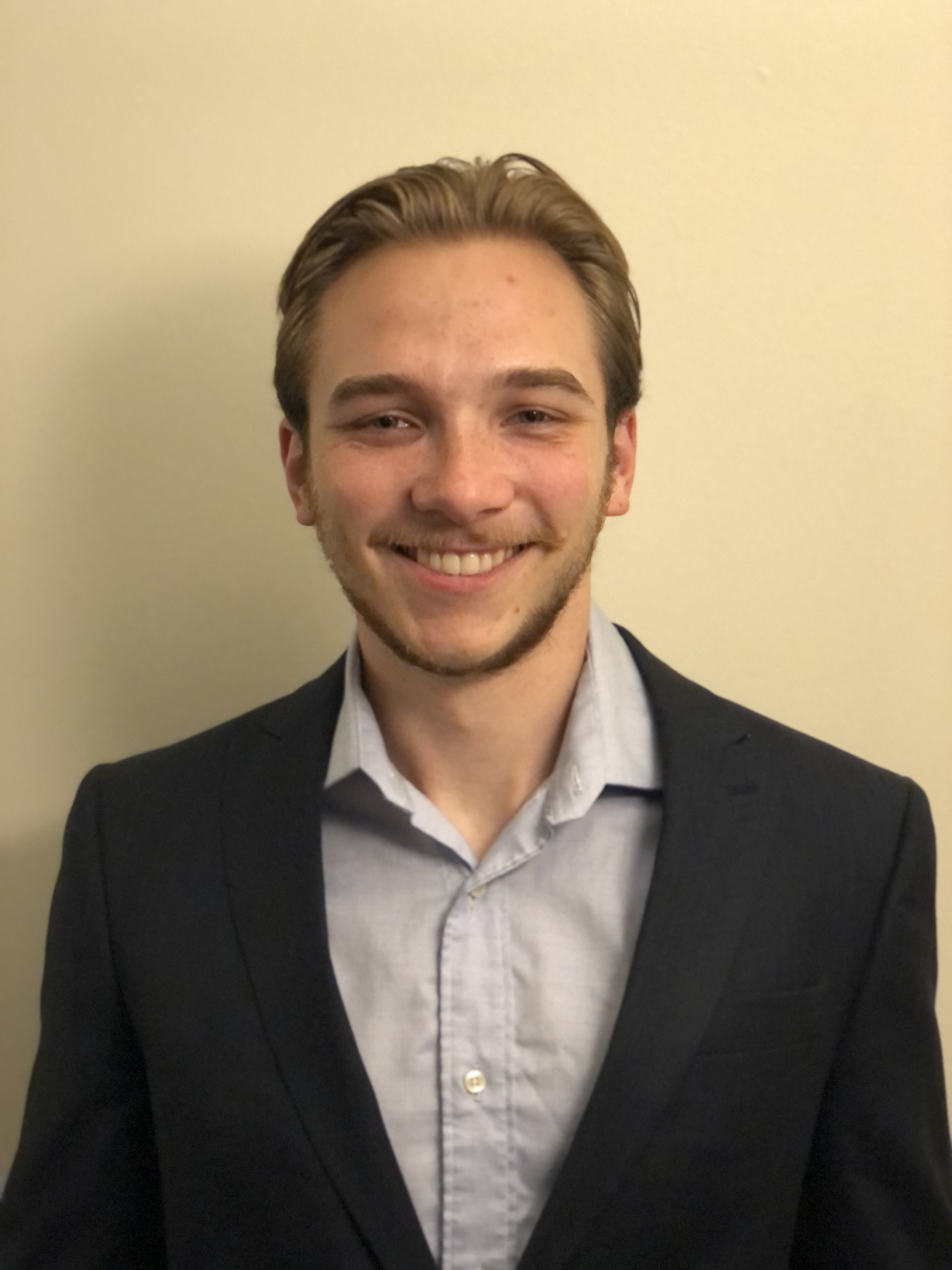
Duncan Madden
University of Michigan
Poster Talks Biosciences
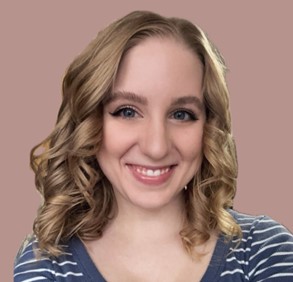
Lynn Sidor
University of Rochester
Poster Talks Computer Science
Poster Talks Material Science
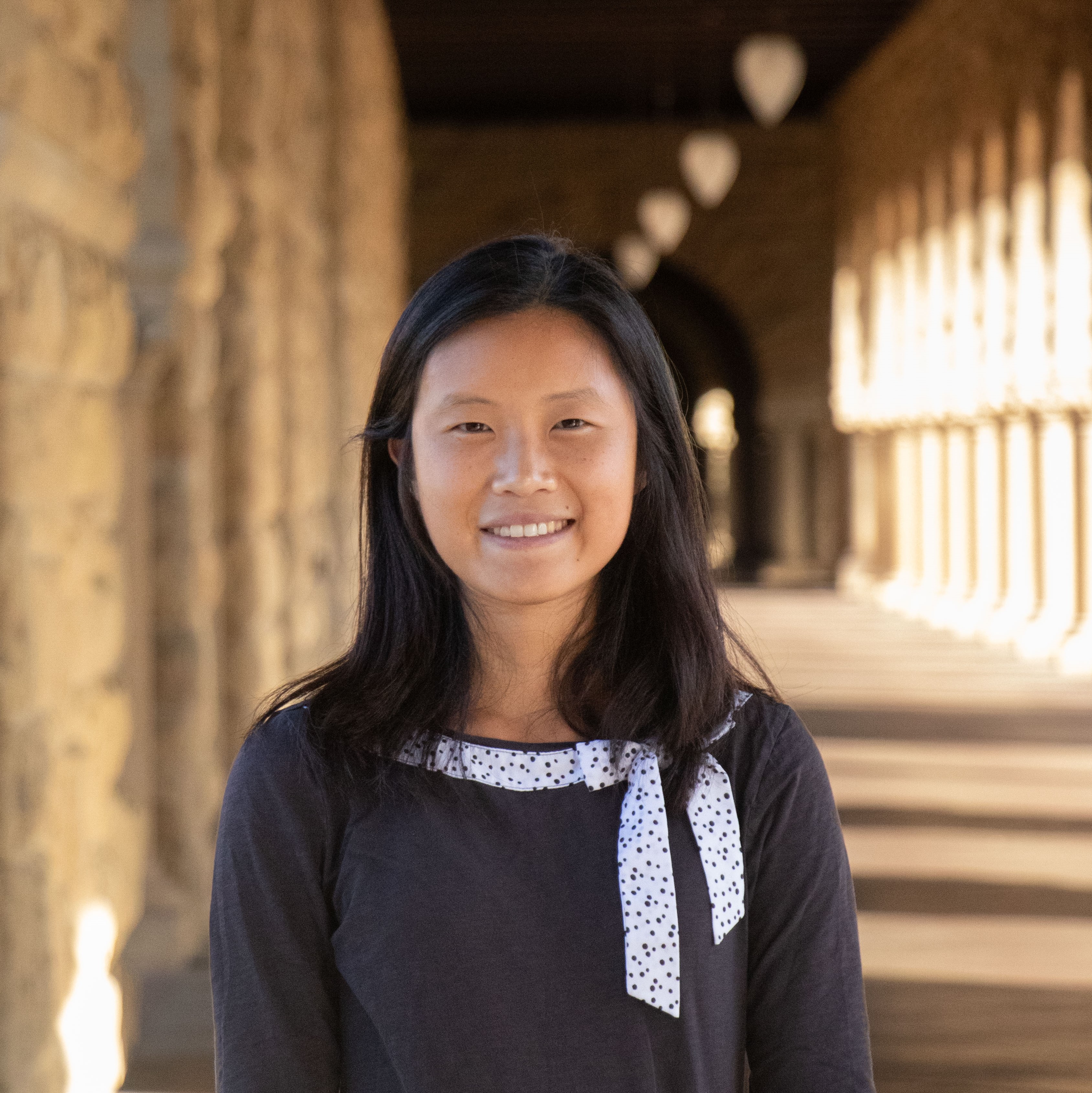
Cindy Shi
Stanford University
Poster Talks Aero/Electical Engineering
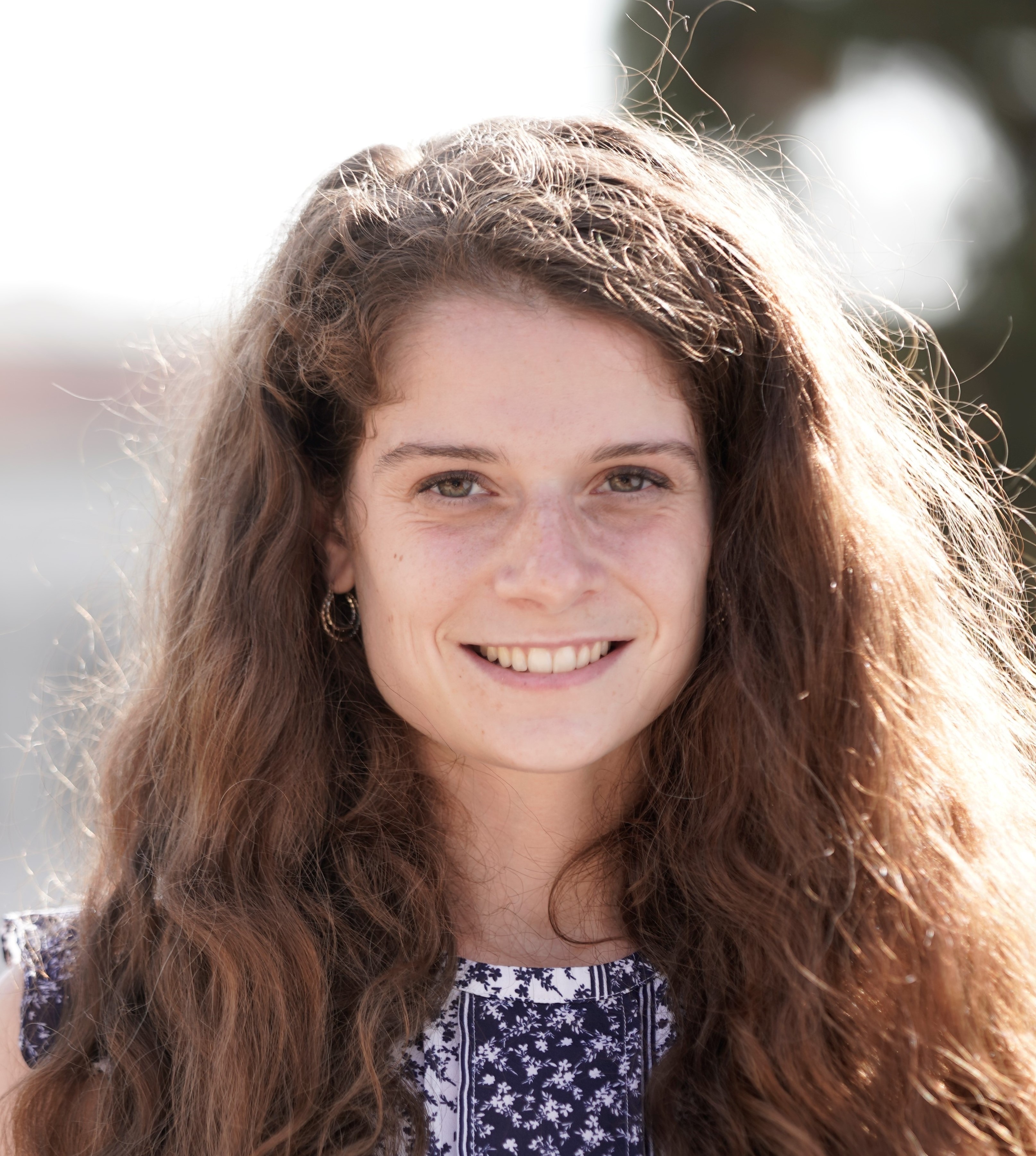
Emma Martin
University of California, Berkeley
Poster Talks Biosciences
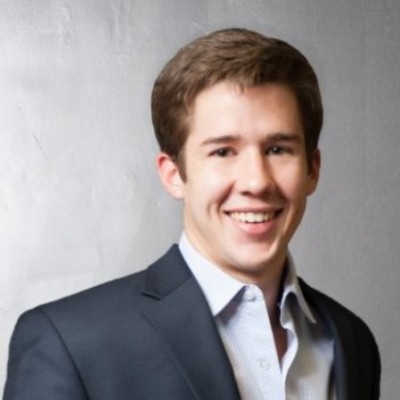
Aaron Tasset
University of Texas at Austin
Poster Talks Computer Science
Poster Talks Material Science
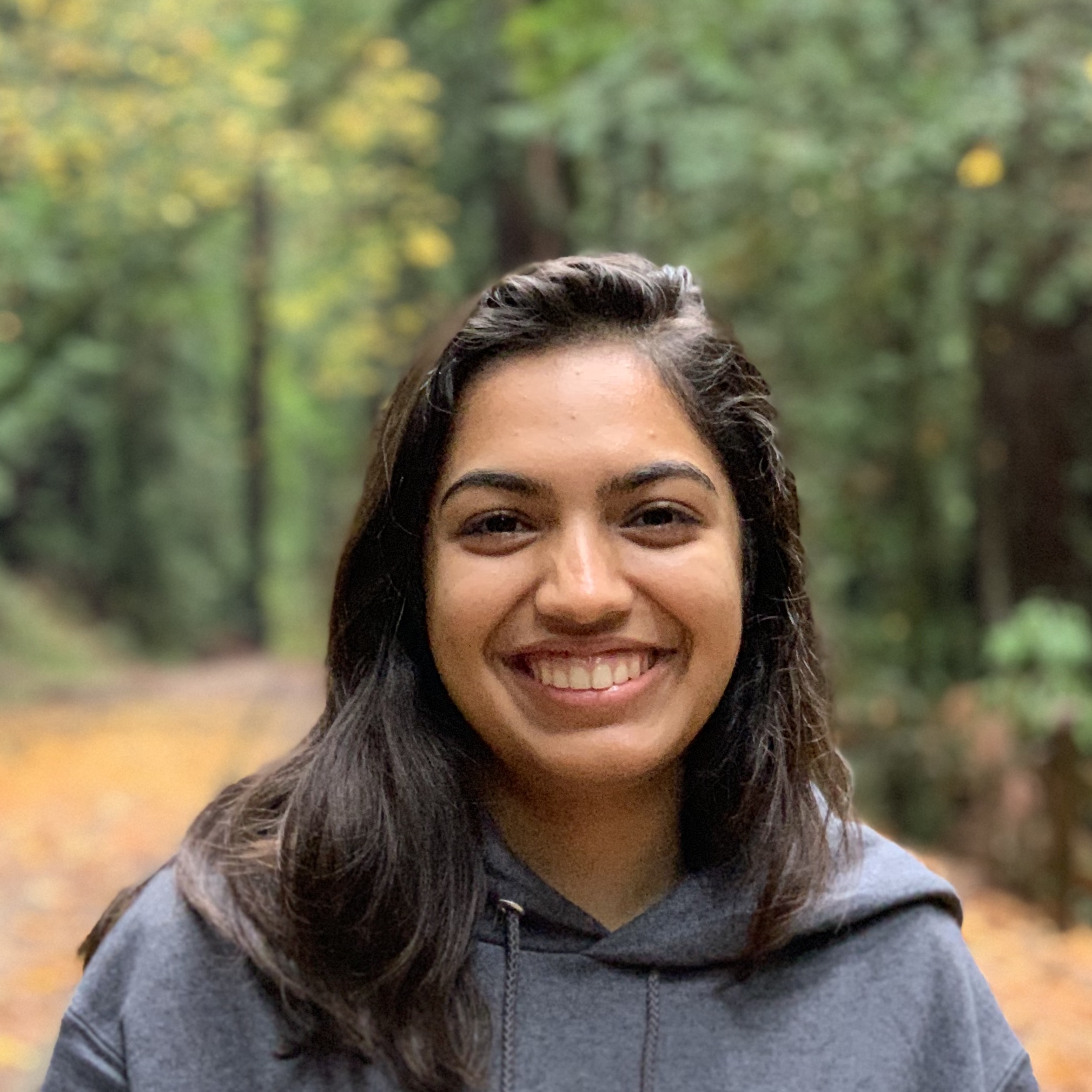
Avni Singhal
Massachusetts Institute of Technology
Poster Talks Aero/Electical Engineering
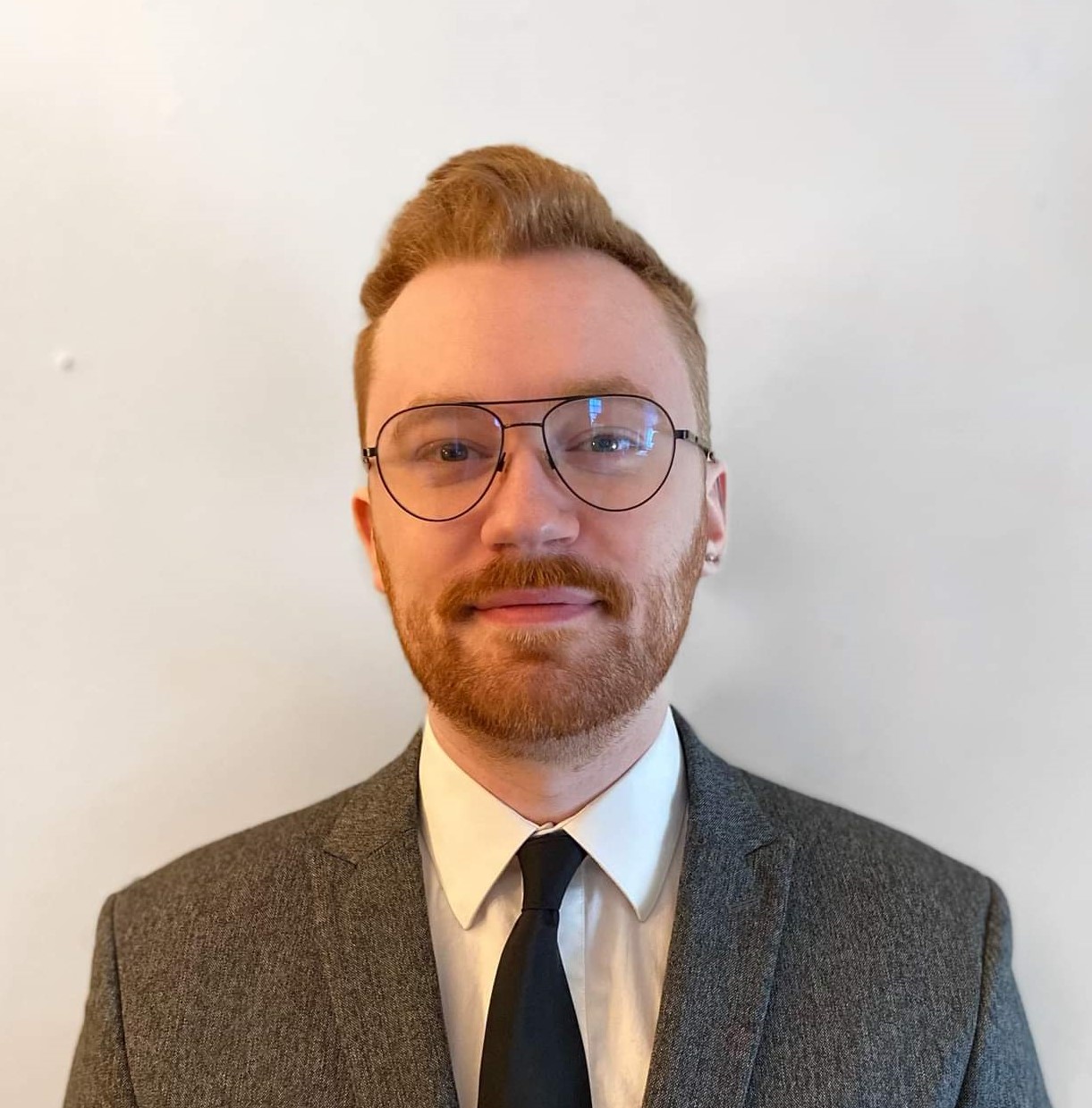
Maxwell McManus
State University of New York at Buffalo
Poster Talks Biosciences
Poster Talks Material Science
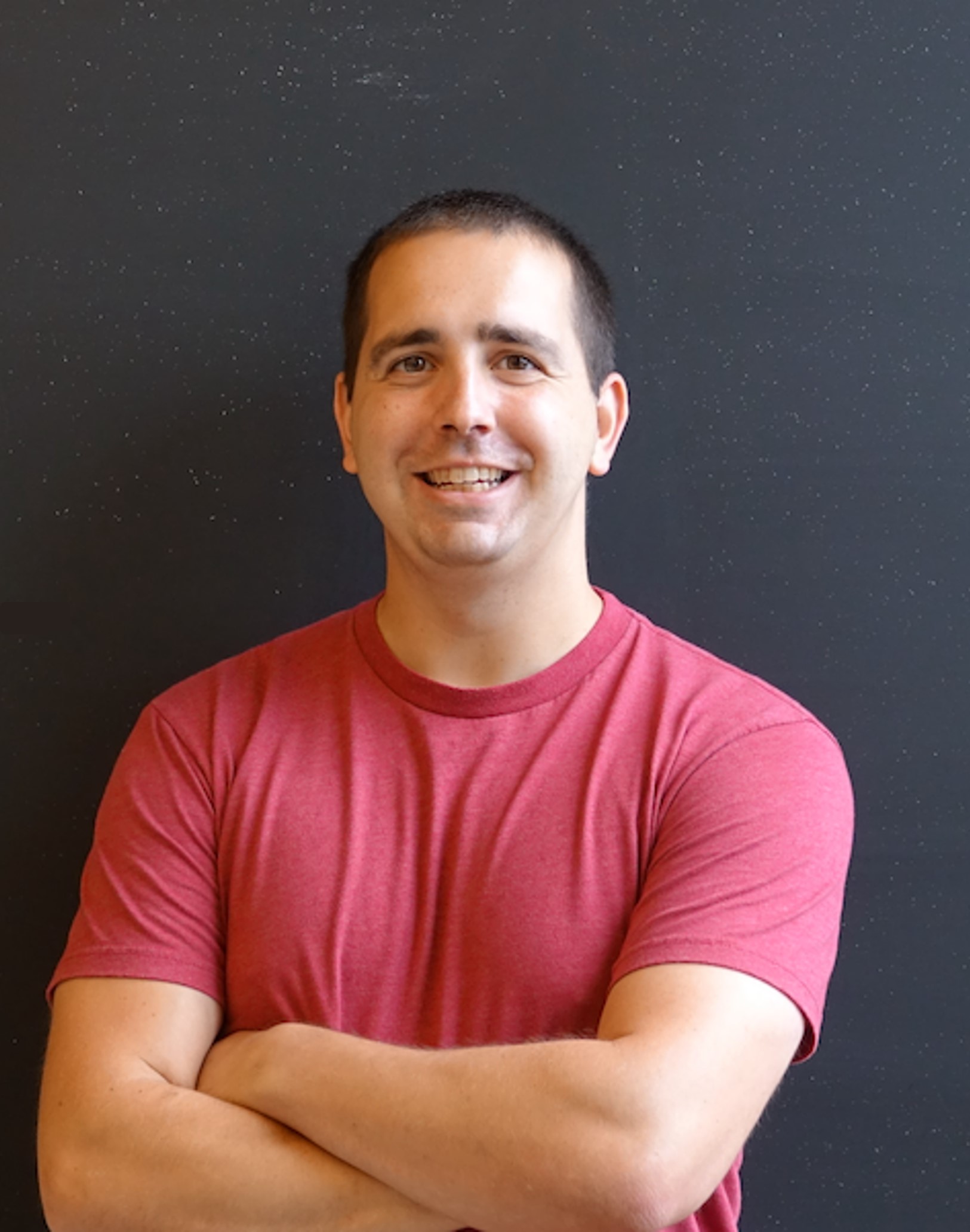
Carl Thrasher
Massachusetts Institute of Technology
LUNCH
Lunch Panel Discussion
Scott Pierce, PhD
Maui High Performance Computing Center

Daniel Zelik, PhD
Air Force Research Laboratory (AFRL) 711HPW

Paul Yu, PhD
DEVCOM Army Research laboratory
Jennifer Field, PhD
Naval System Warfare Center

Gregory Lieberman, PhD
DEVCOM ARL Army Research Office
DoD Presentation
Office of Naval Research (ONR) Global Overview

Jessica Jones, PhD
Office of Naval Research Global Tech Solutions
Poster Talks Electrical Engineering
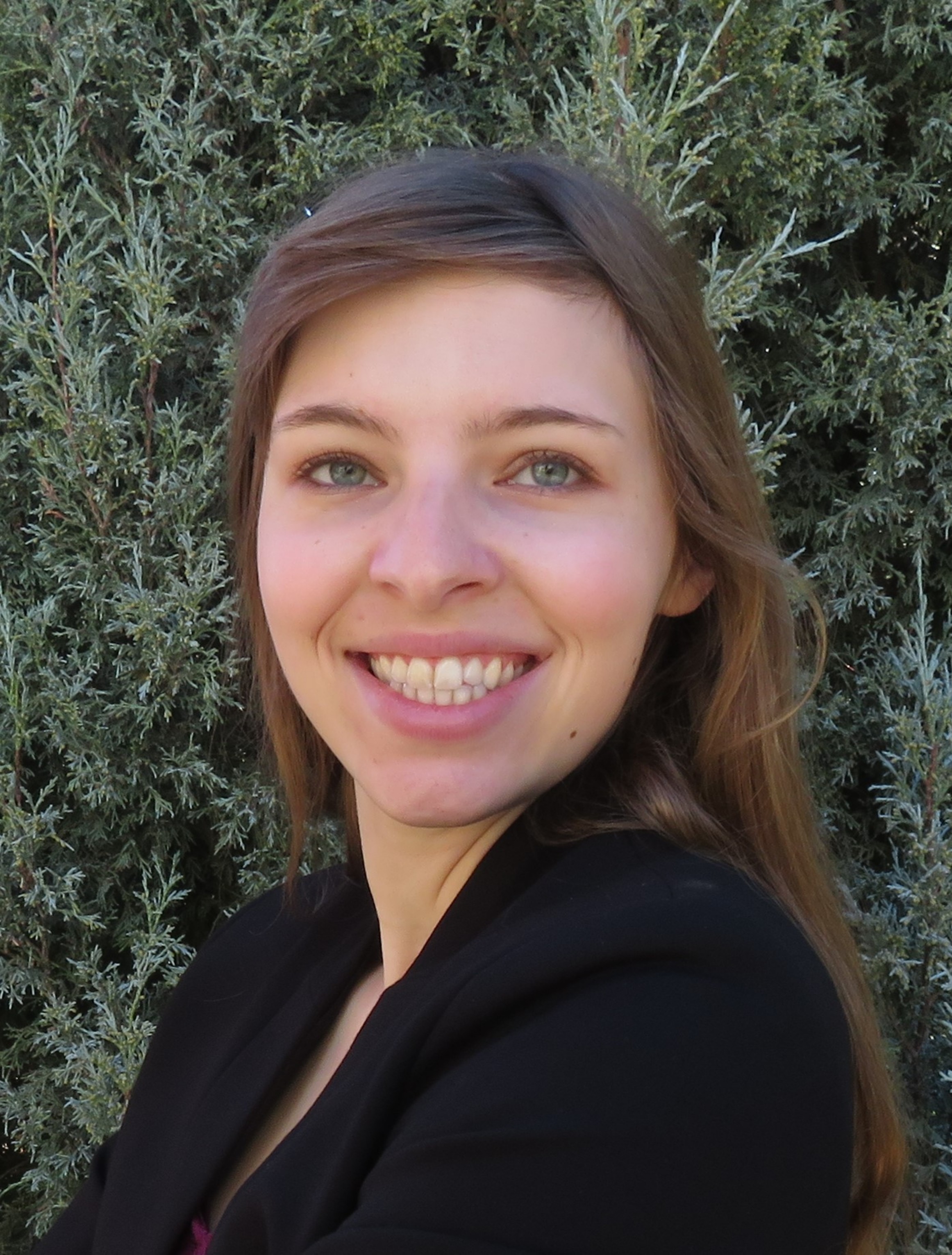
Michelle Pirrone
University of Colorado Boulder/ National Institue of Standards and Technology
Poster Talks Biosciences
Kelly Platfoot, AFOSR, Virginia Common Wealth University, (2021 Fellow)
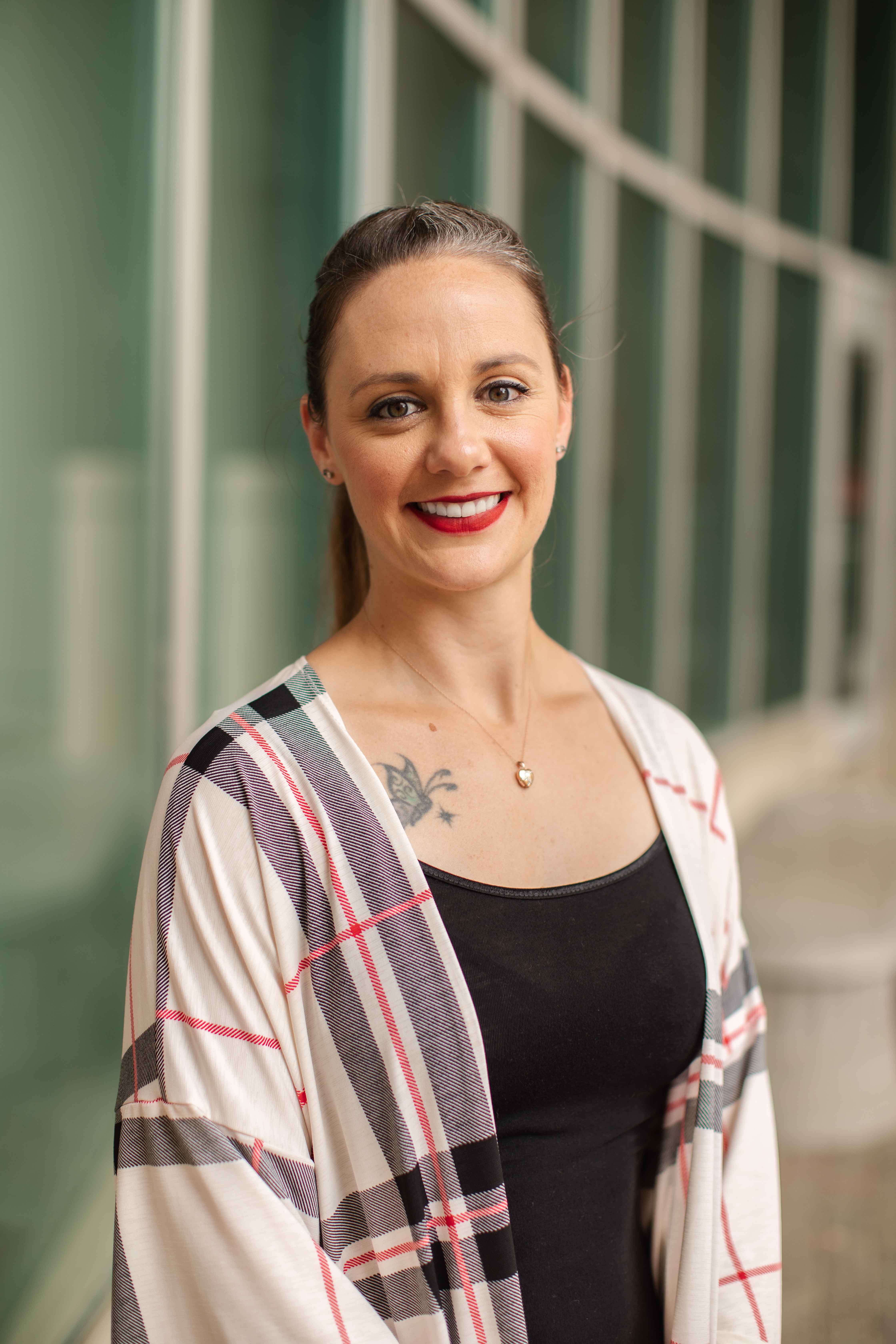
Kelly Platfoot
Virginia Commonwealth University
Poster Talks Material Science
Jessica Zamarripa, AFOSR, Texas A&M University
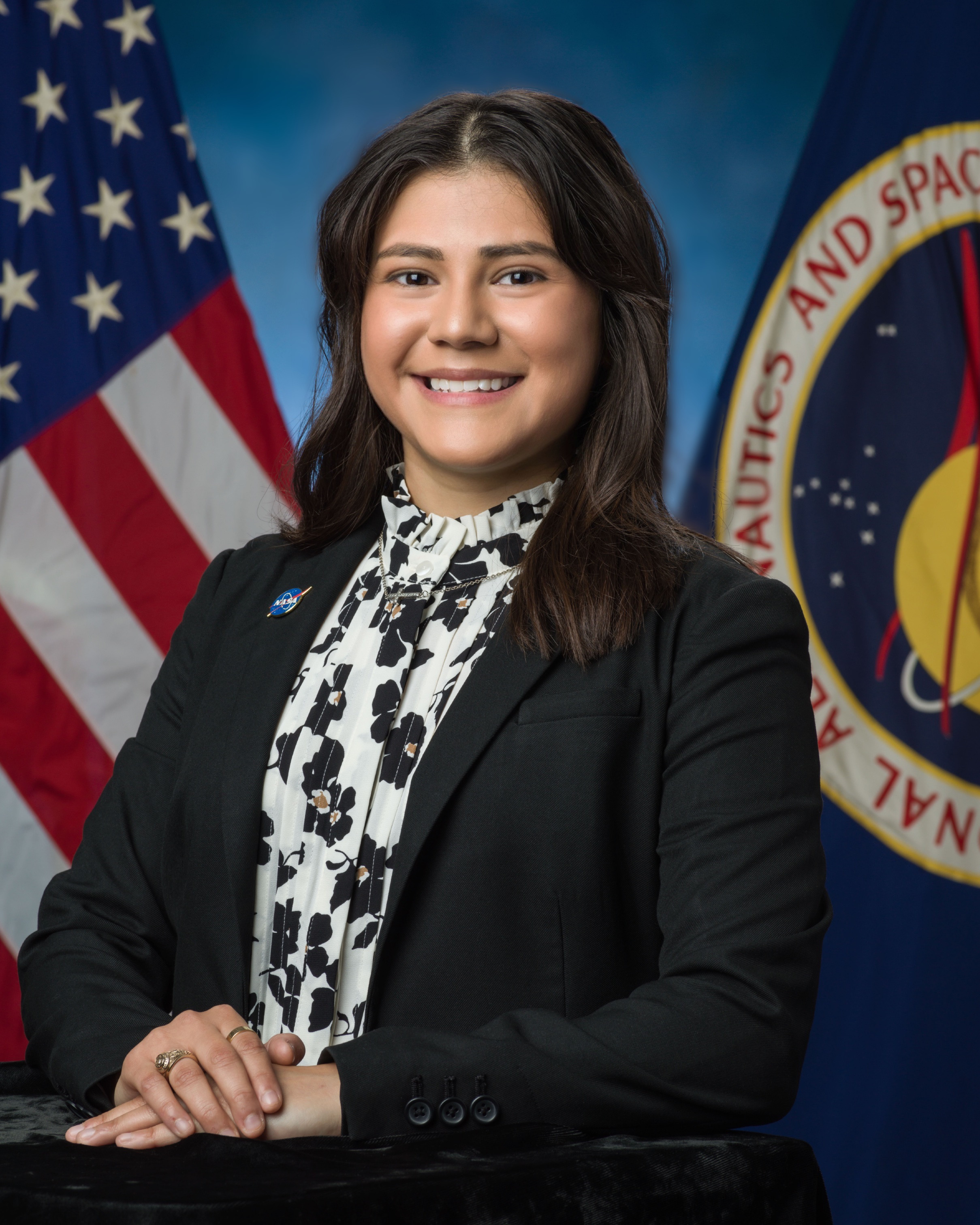
Jessica Zamarripa
Texas A&M University
Poster Talks Material Science
Shinya Wai, ONR, University of Chicago
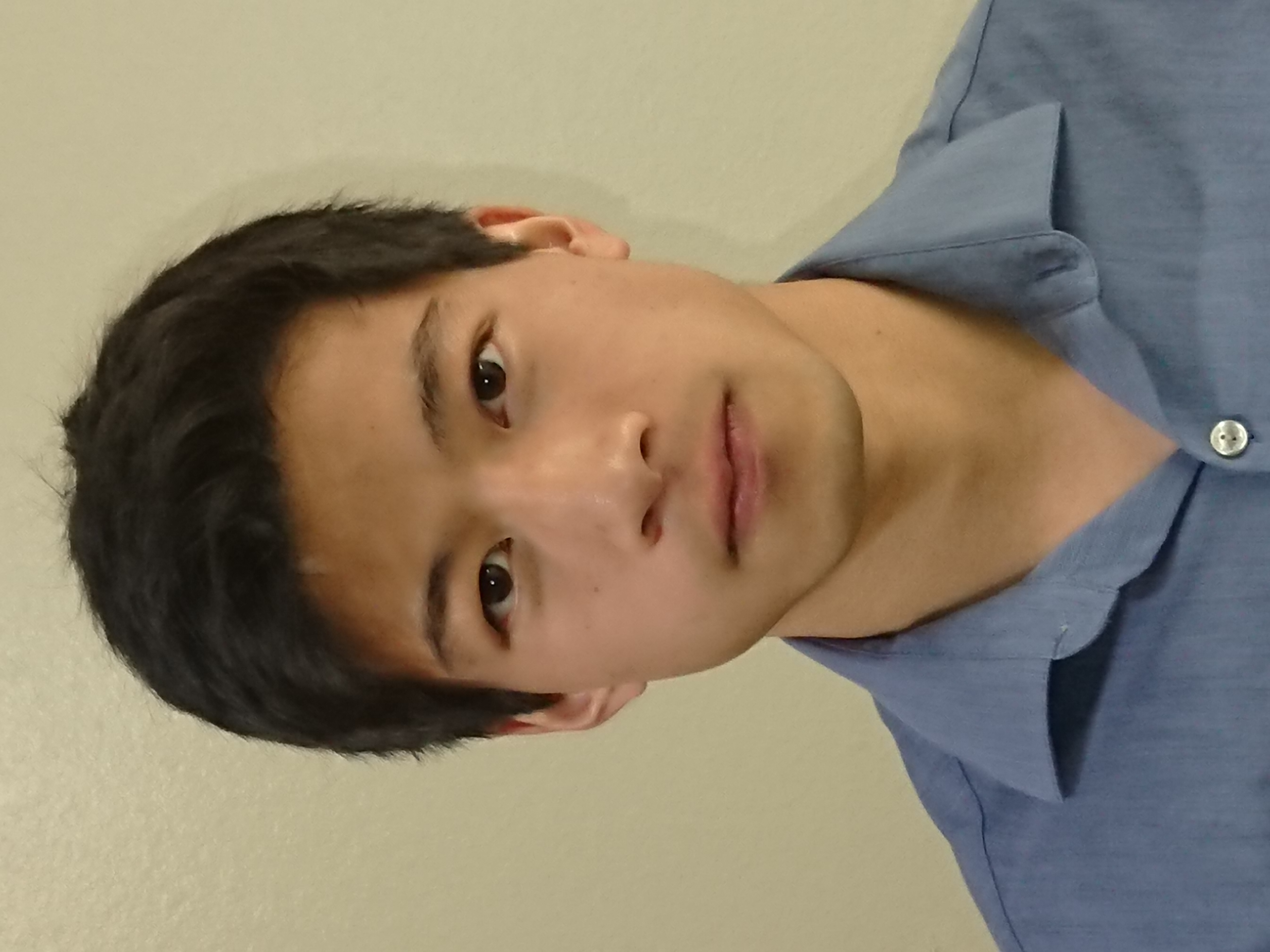
Shinya Wai
University of Chicago
Poster Talks Electrical Engineering
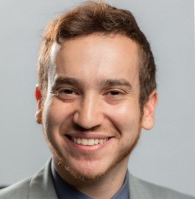
Brett Ringel
Georgia institute of Technology
Poster Talks Electrical Engineering
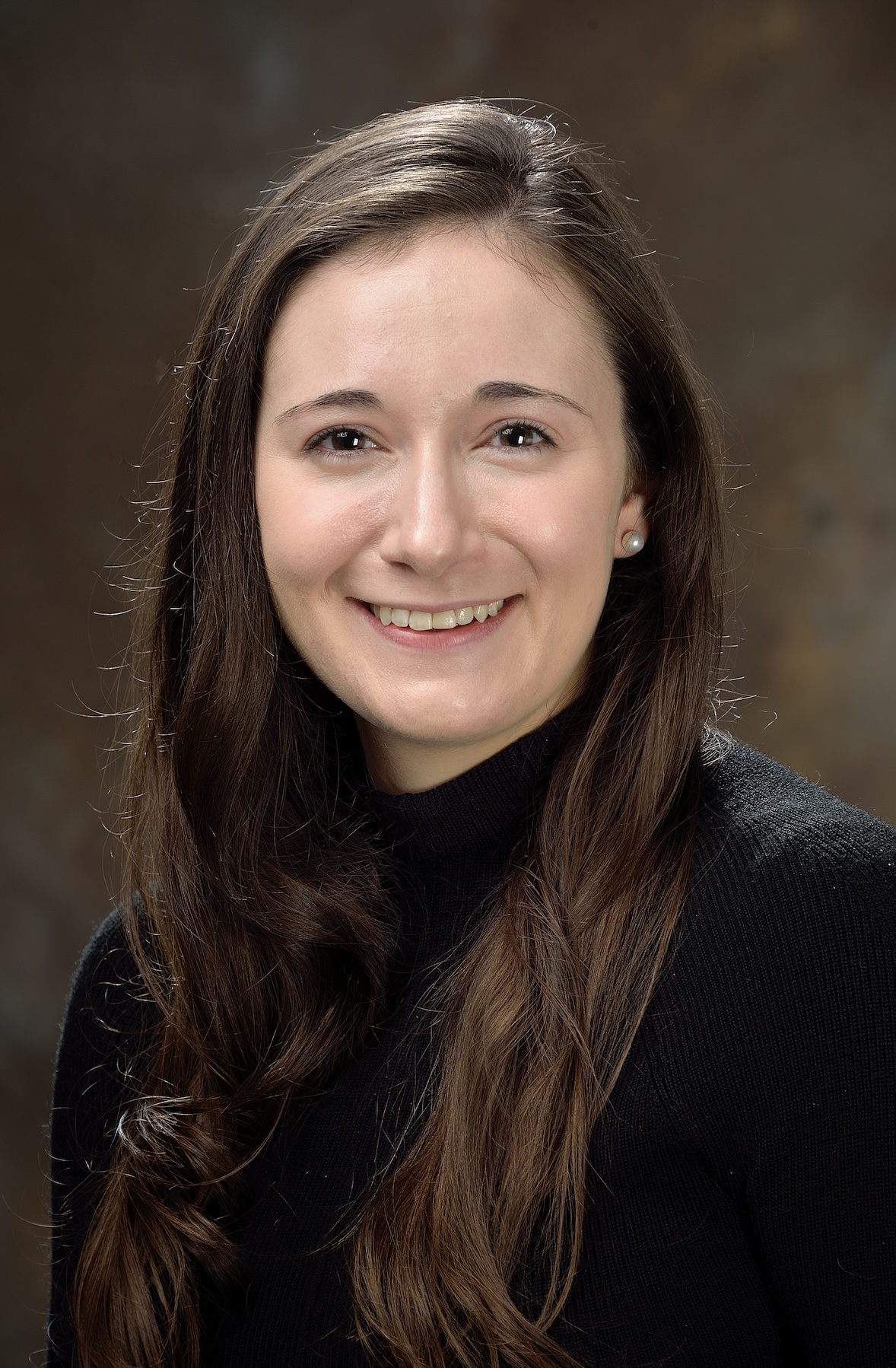
Sydney Sofronici
University of Pennsylvania
Former Fellow Technical Presentation
Using insect antennae as biohybrid sensors for dynamic aerial chemical localization
Melanie Anderson, PhD
University of Washington
Poster Talks Electrical Engineering

Alexander Ware
UT Austin Mid-IR Photonics
Empowering Inventions

Rick Kempinski
Activate Global
BREAK
Fellows To Stand Next to Posters
Evaluator Sessions
Attendee and Career Fair/Exhibitor Registration
Post-Doc Opportunities
AI Presentation
Artificial Intelligence Presentation as it pertains to DoD
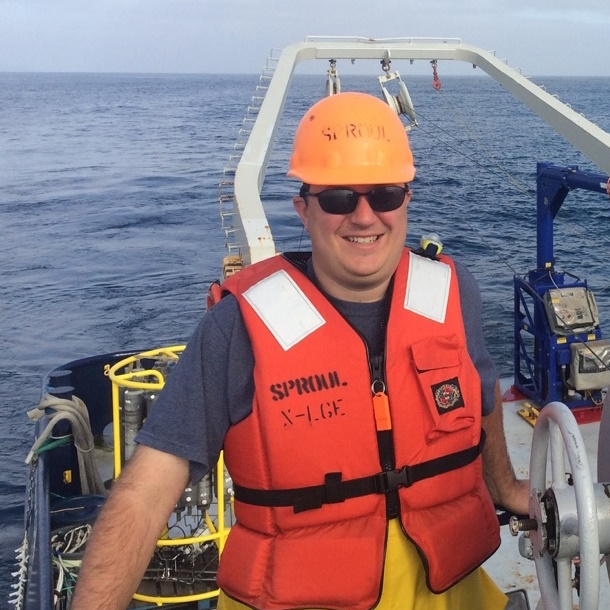
Jeff Ellen, PhD
Naval Information Warfare Center Pacific

Pete Khooshabeh, PhD
DEVCOM Army Research Laboratory

Steven Rogers PhD
US Air Force
Former Fellow Technical Presentation
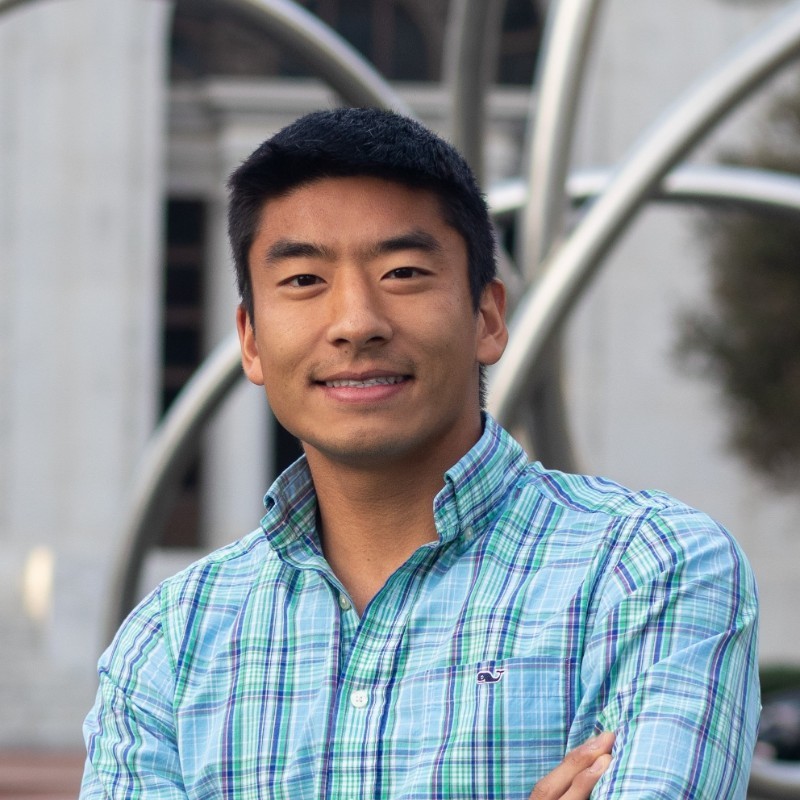
Kevin Gao, PhD
Blue Current
SMART Program

Marcus Smith, PhD
Department of Defense (DoD) SMART
Breaks (SNACKS/Marriott)
Research Security Fireside Chat
Dr. Bindu Nair, Director of Basic Research, OUSD(R&E) and
Dr. Arun Seraphin, Executive Director National Defense Industrial Association , Emerging Technologies Institute, Former NDSEG Fellow
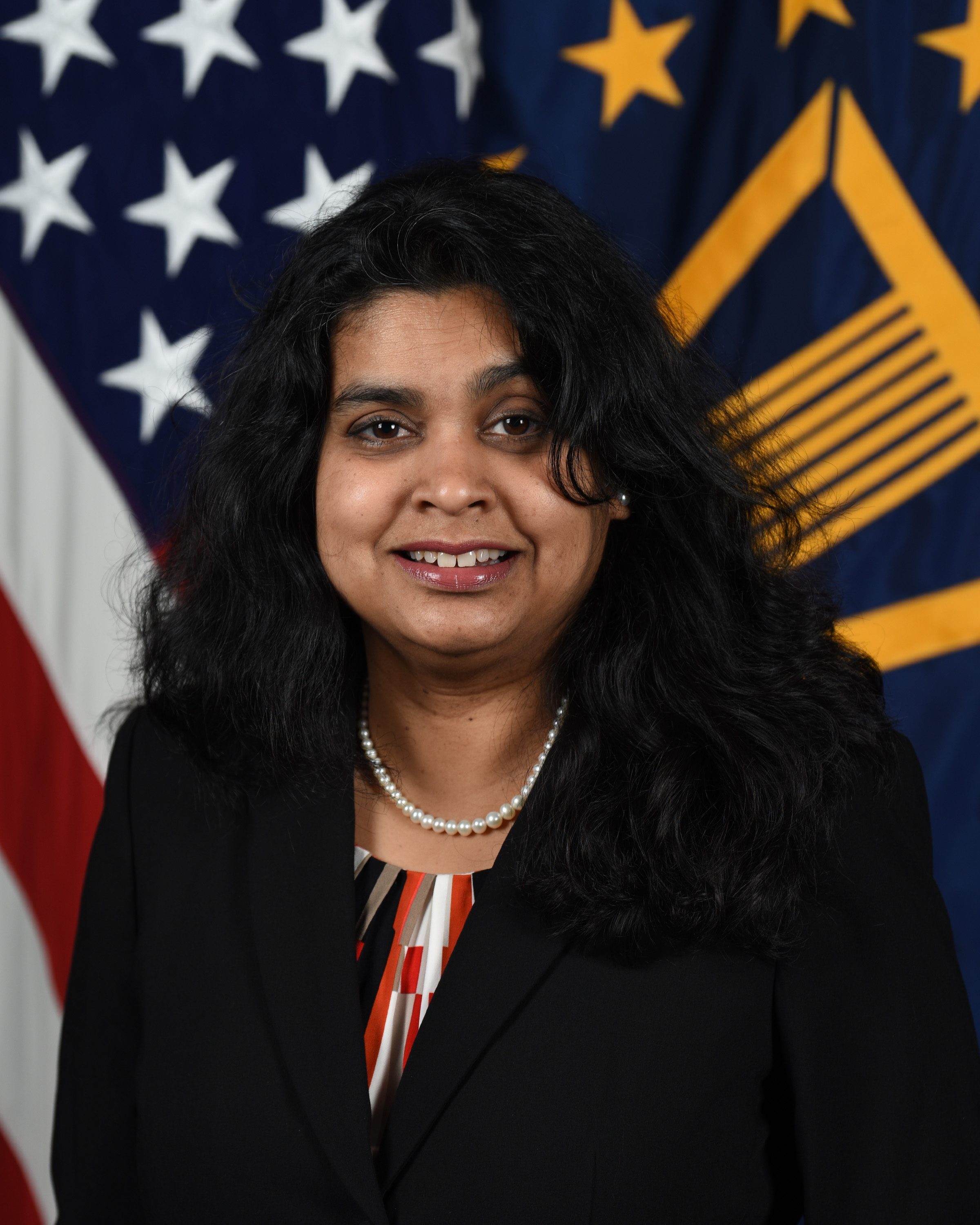
Bindu Nair, PhD
Department of Defense

Arun Seraphin, PhD
NDIA - Emerging Technologies Institute
AAAS Fellows Discussion Panel
DOD Research Discipline Breakout - Aeronautical/Astronautical
DOD Research Discipline Breakout - Computer Science
DOD Research Discipline Breakout - Physics
DOD Research Discipline Breakout - Civil Engineering
SMART Former & SEED Discussion Panel
DOD Research Discipline Breakout - Biosciences
DOD Research Discipline Breakout - Chemistry
DOD Research Discipline Breakout - Mechanical Engineering
DOD Research Discipline Breakout - Chemical Engineering
AAAS Fellows Discussion Panel
DOD Research Discipline Breakout - Mathematics
DOD Research Discipline Breakout - Material Science
DOD Research Discipline Breakout - Geosciences
DOD Research Discipline Breakout - Electrical Engineering
DOD Research Discipline Breakout - Naval Architecture and Ocean Engineering
DOD Research Discipline Breakout - Cognitive, Neural and Behavioral Science
BREAK
LUNCH
Closing Ceremonies
2:40 - 2:45 Opening Remarks: Dr. Jen Becker
2:45 - 3:15 Guest Speaker: Dr. Bindu Nair, Director of Basic Research
3:15 - 3:25 Break
3:25 - 4:30 Awards Ceremony
4:30 - 4:45 Closing Remarks:
4:45 - 5:00 Retiring of Colors

Ivory Chaney
Army Research Laboratory-Army Research Office (ARO)

William Ellis
Office of Naval Research

Barton Halpern, PhD
DEVCOM Army Research Laboratory

William Pat Roach, PhD
Air Force Office of Scientific Research/CL

Ellen Robinson
Air Force Office of Scientific Research (AFOSR)
PICTURES-Fellows Group Photo
Fellows to stay 15 minutes for group Class photo by sponsor
